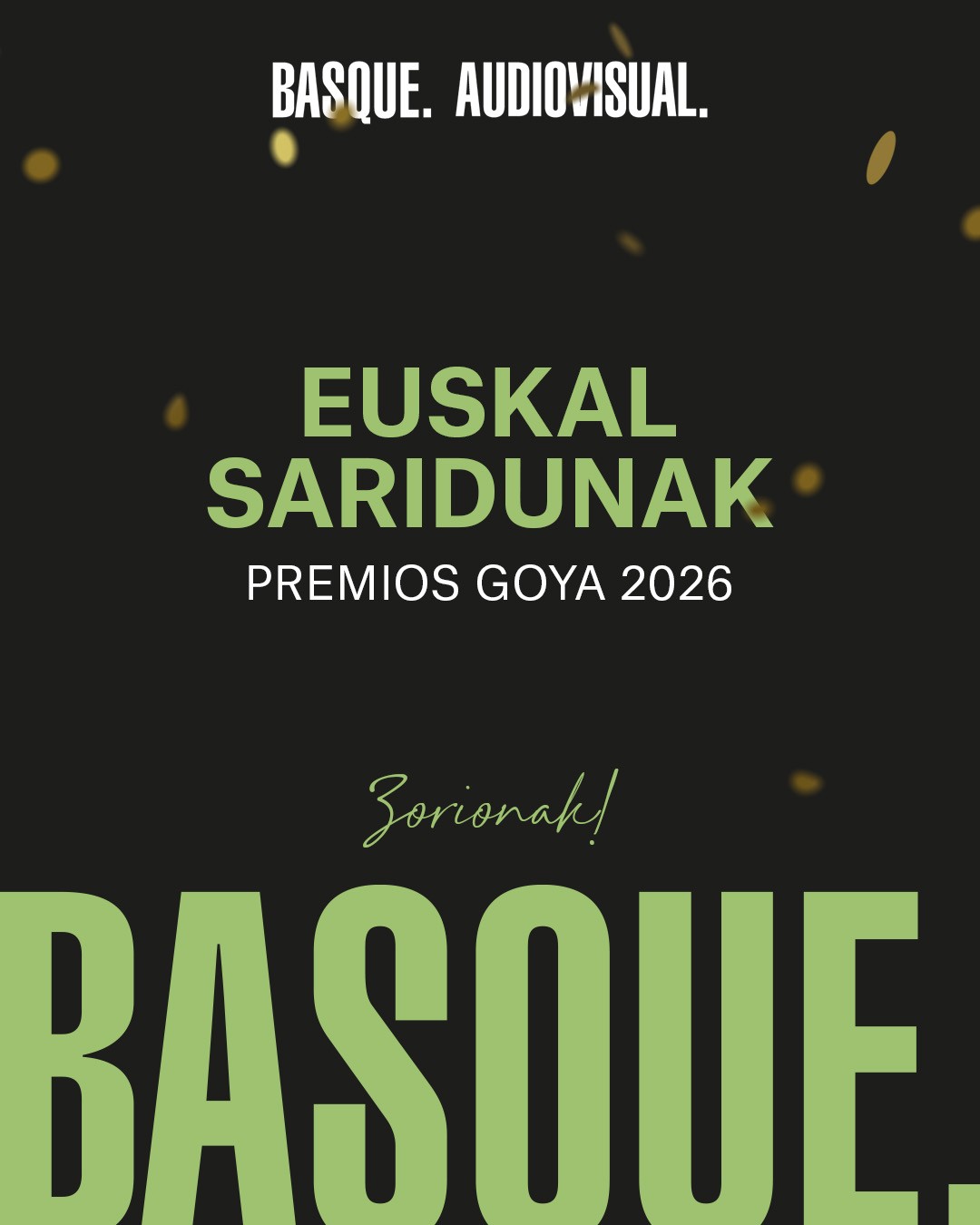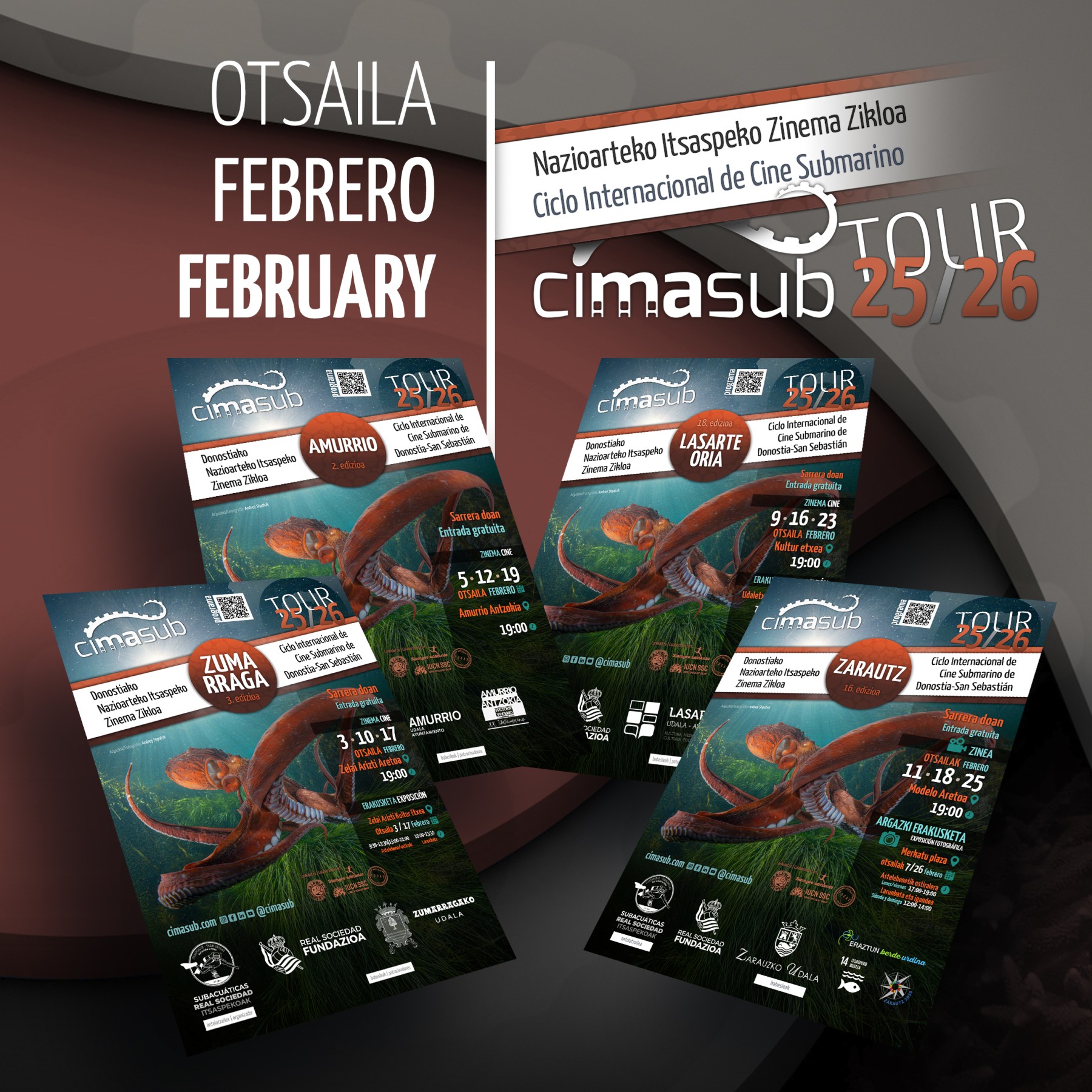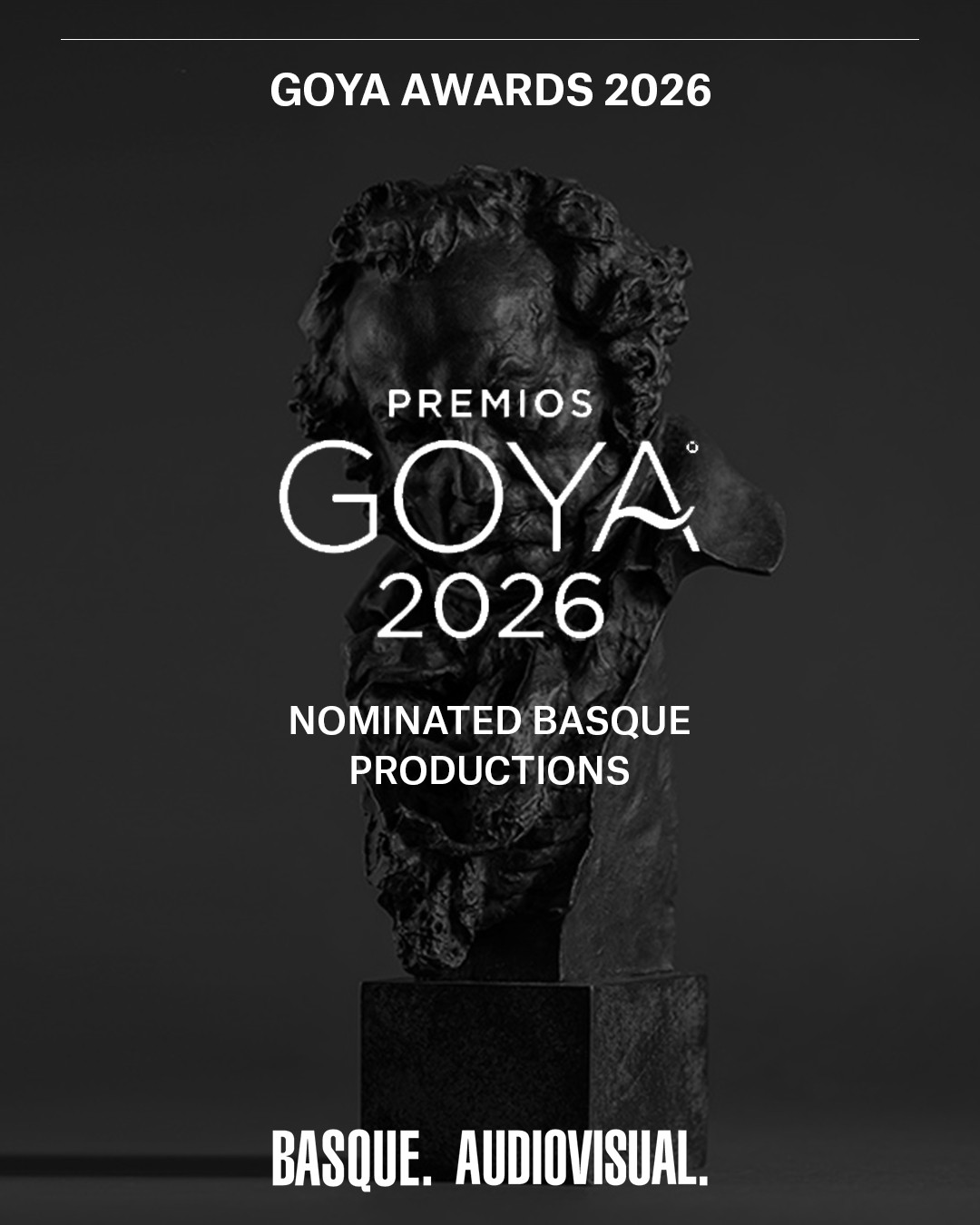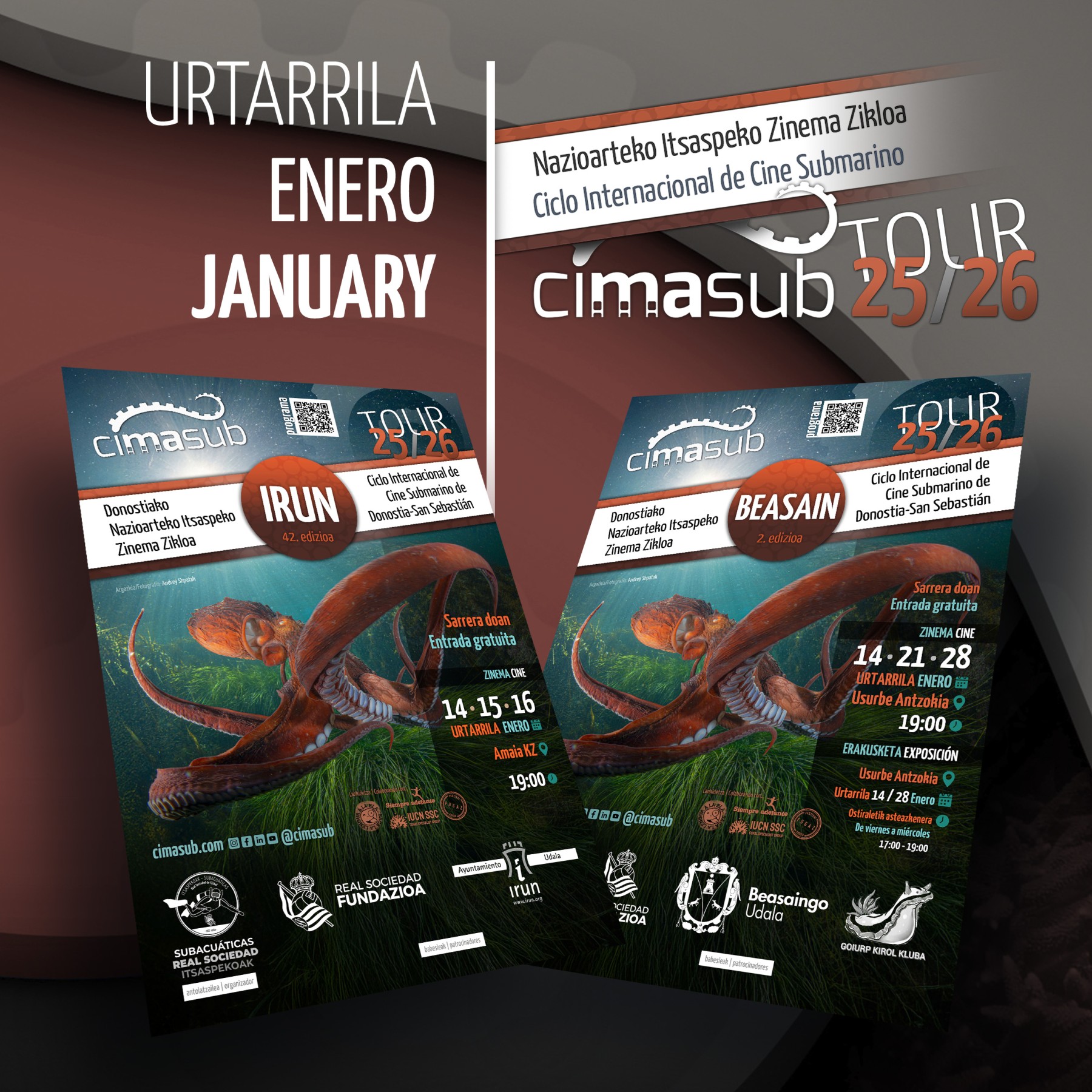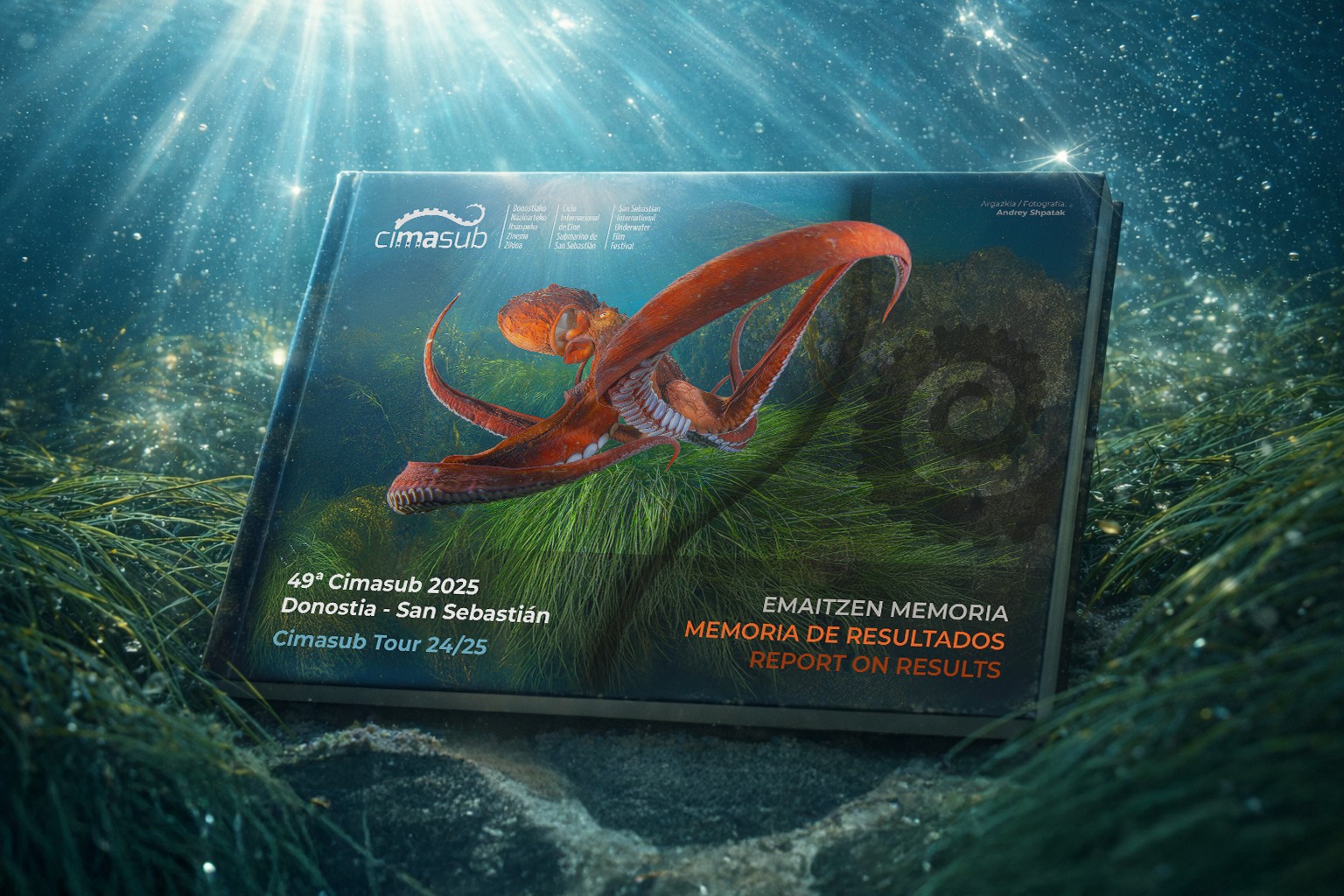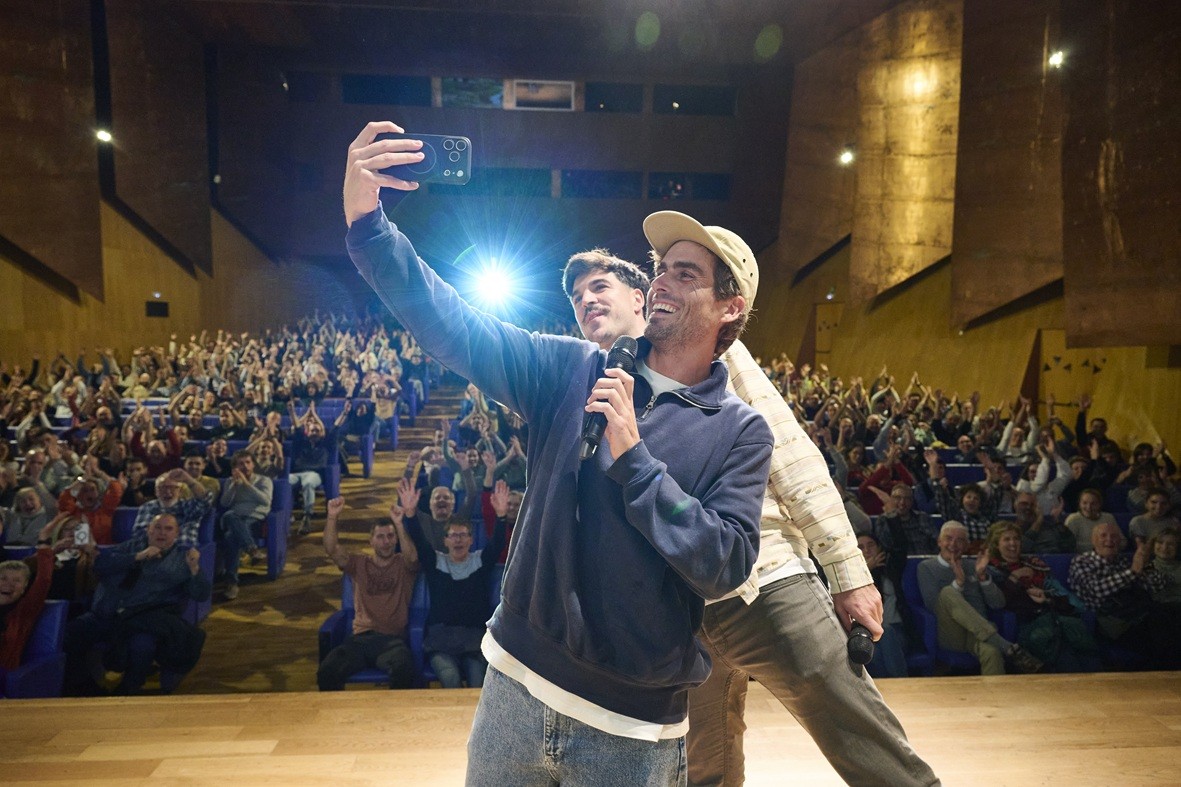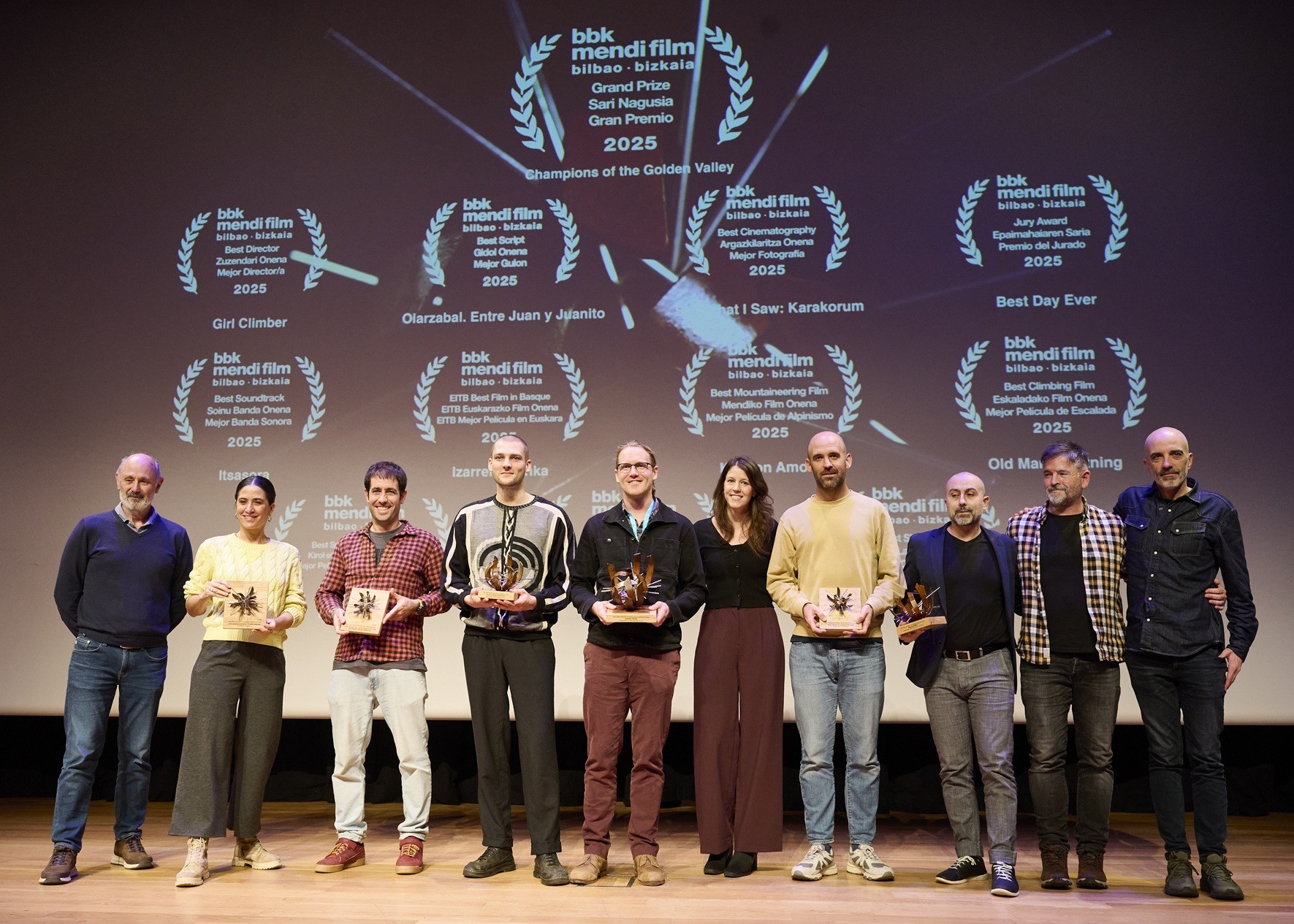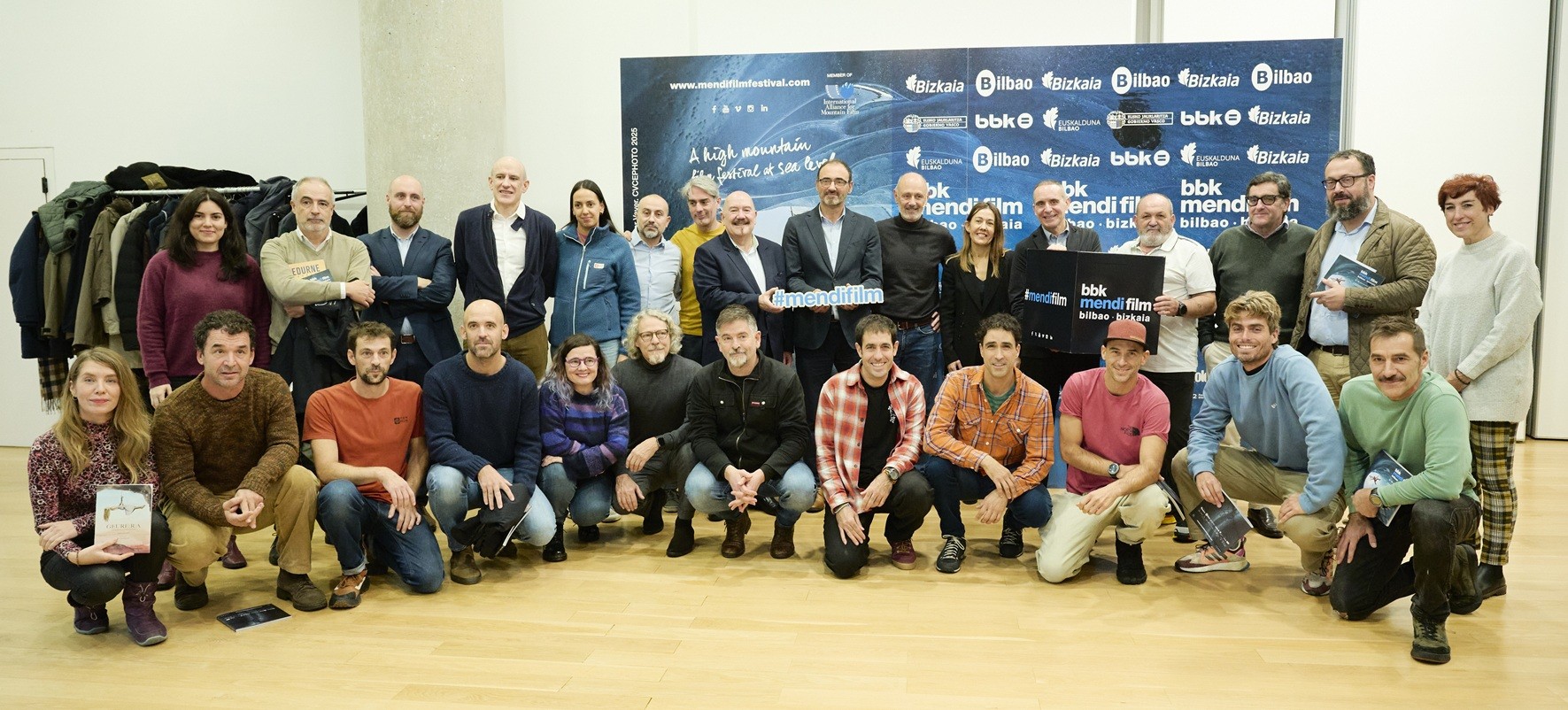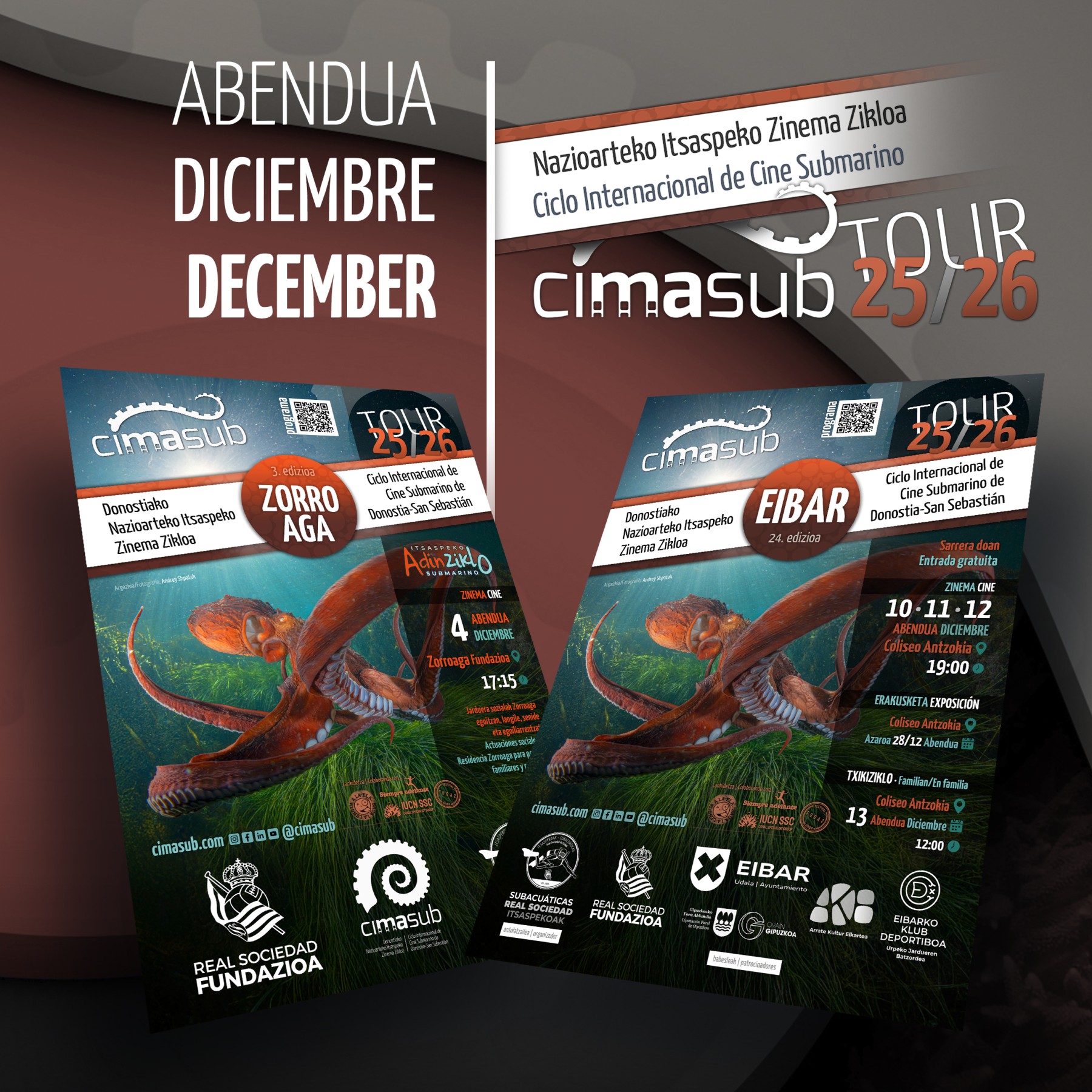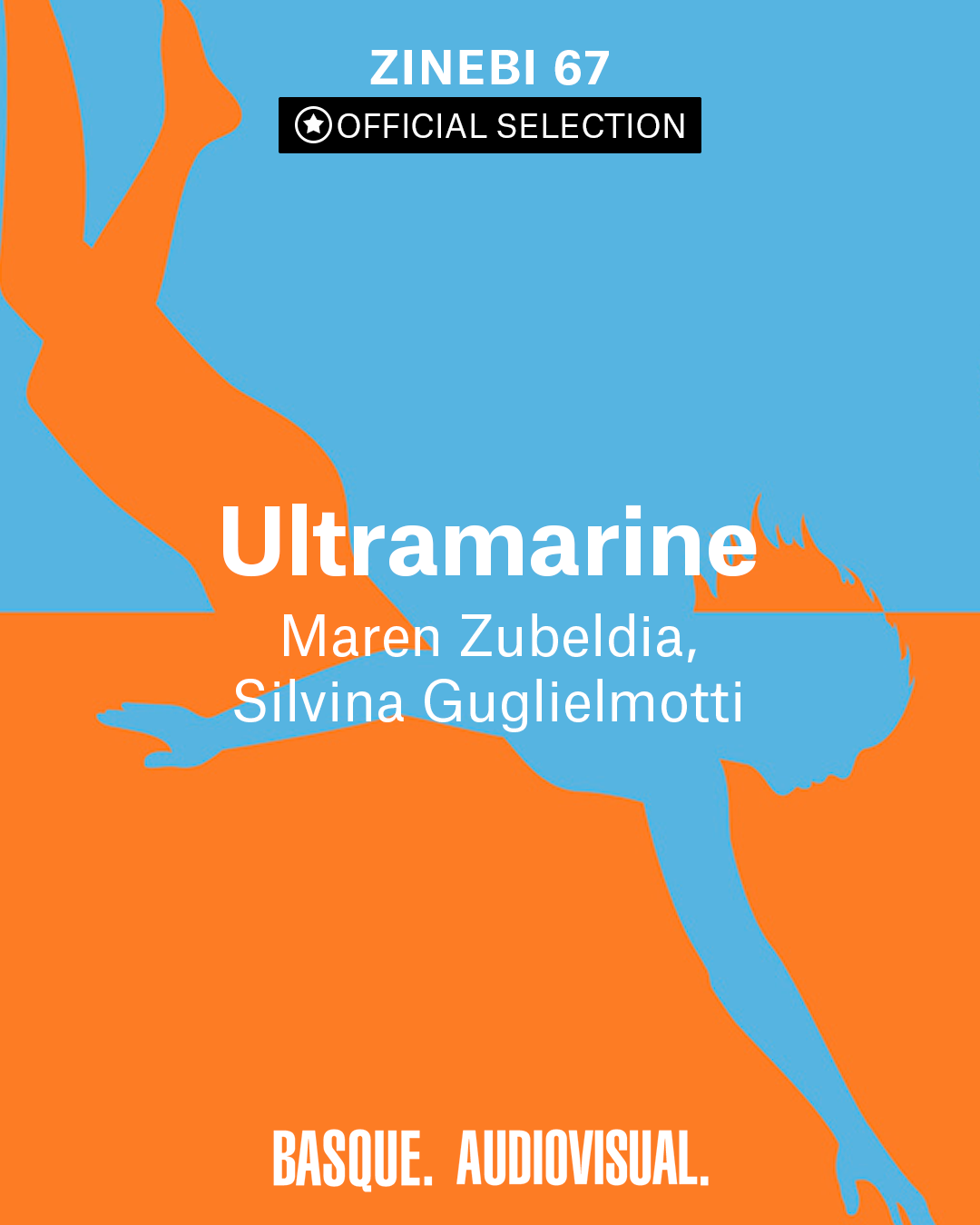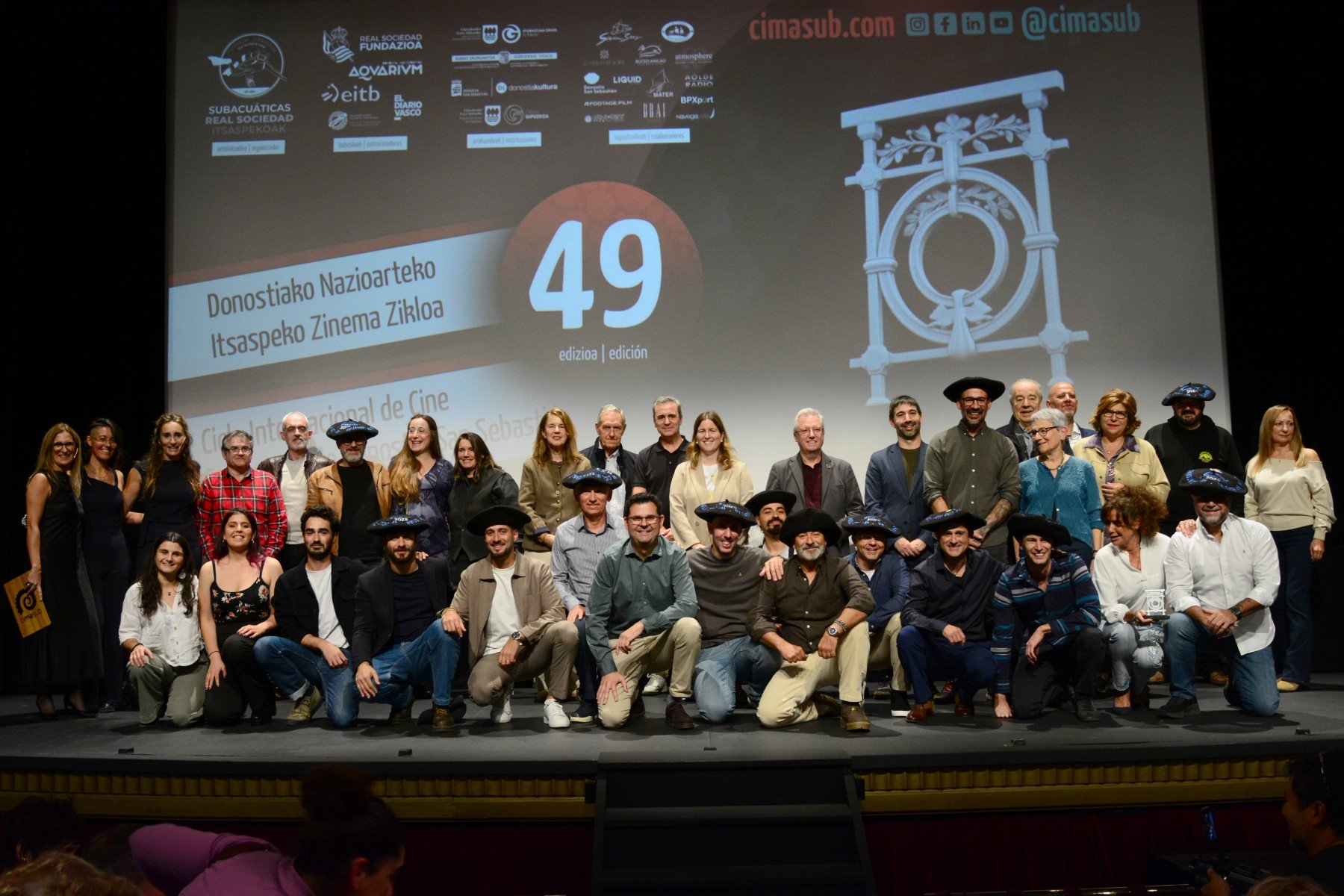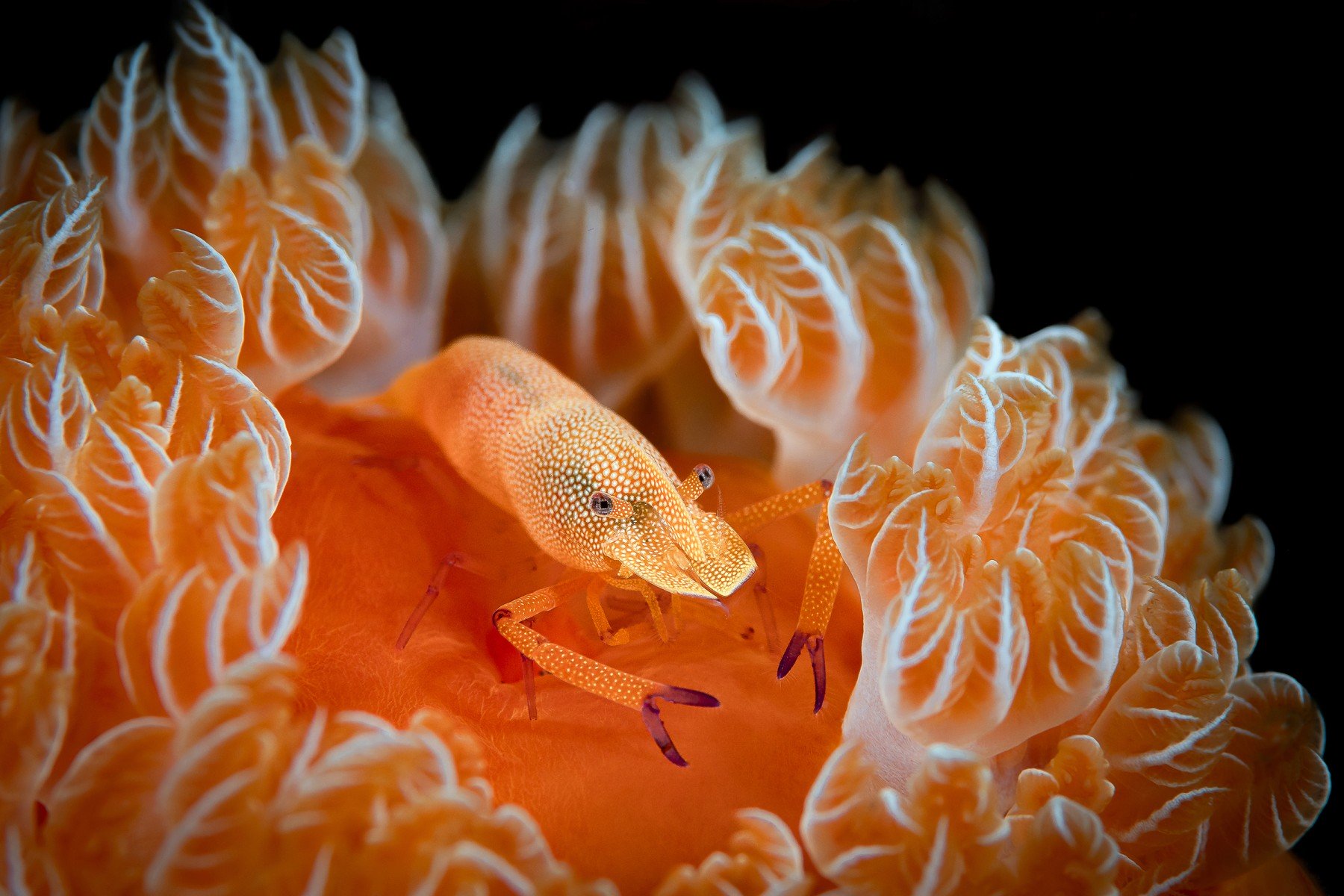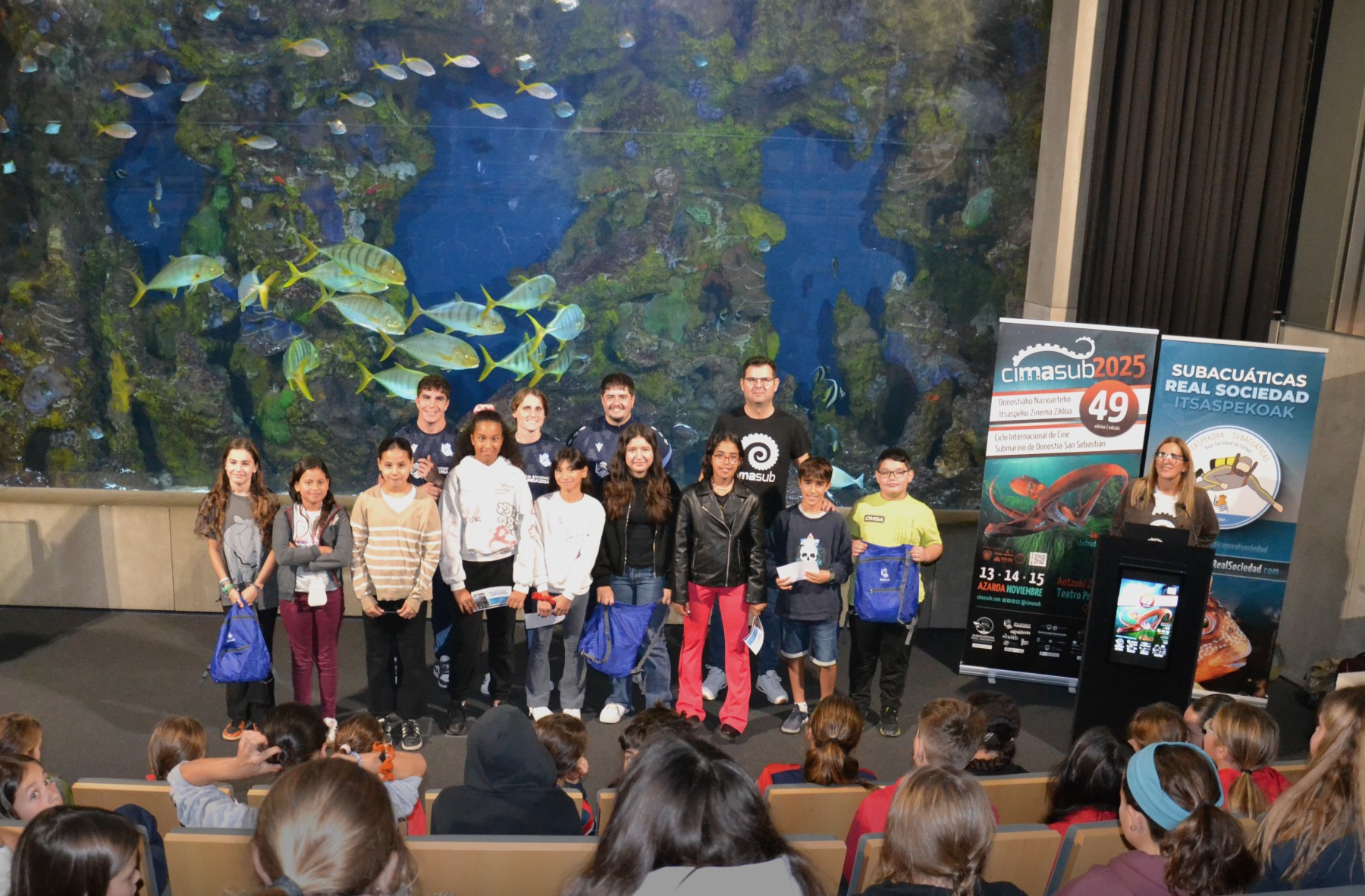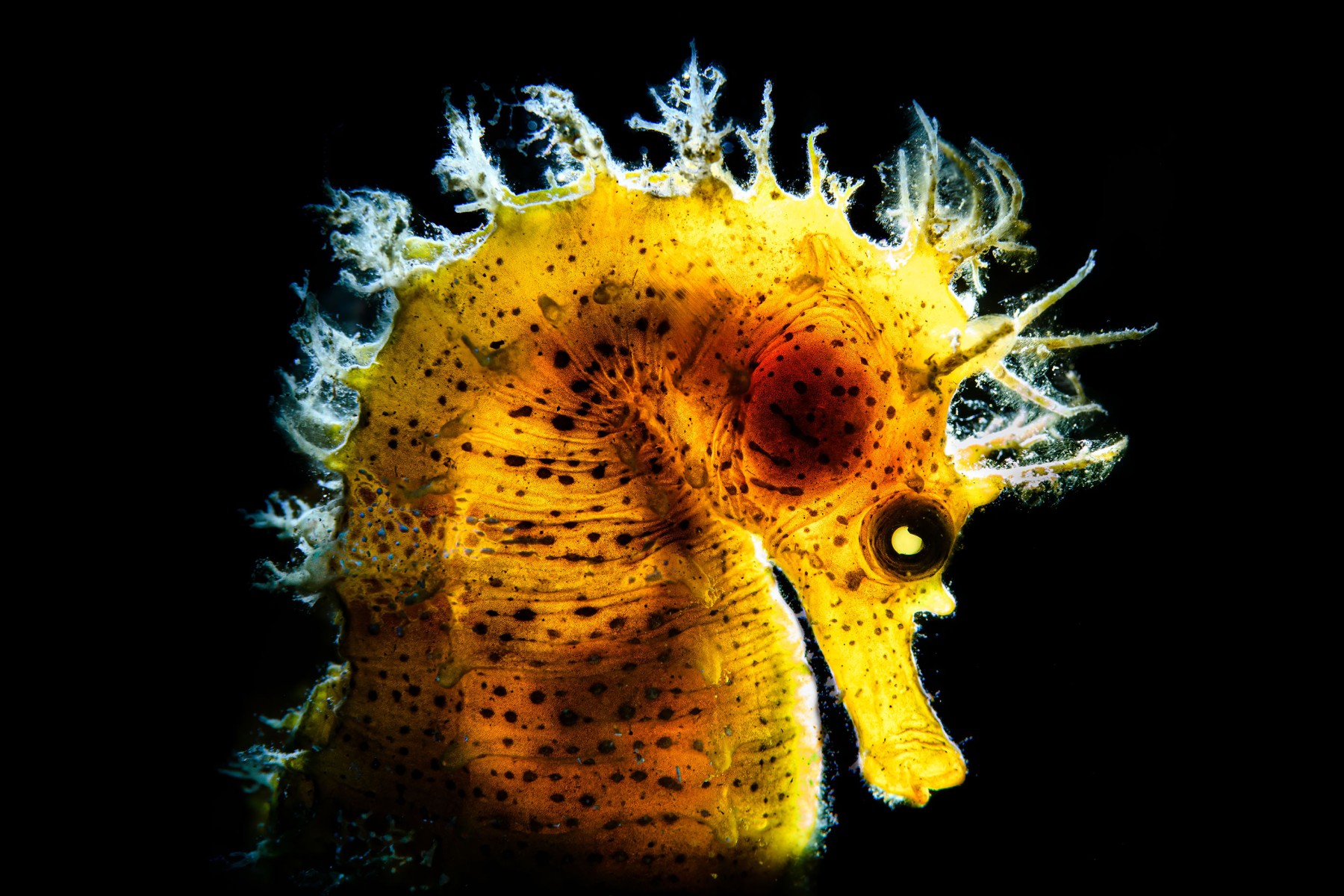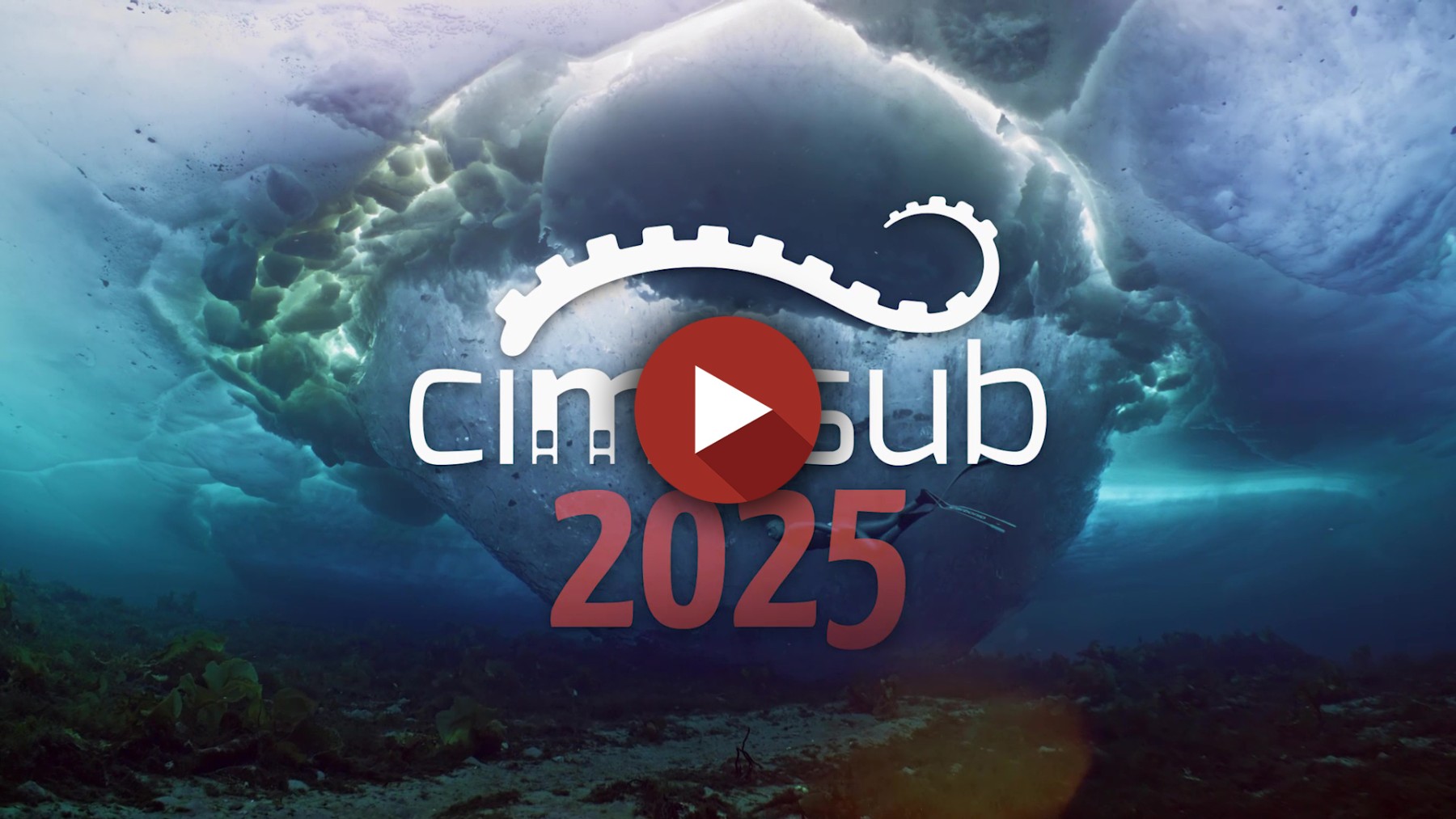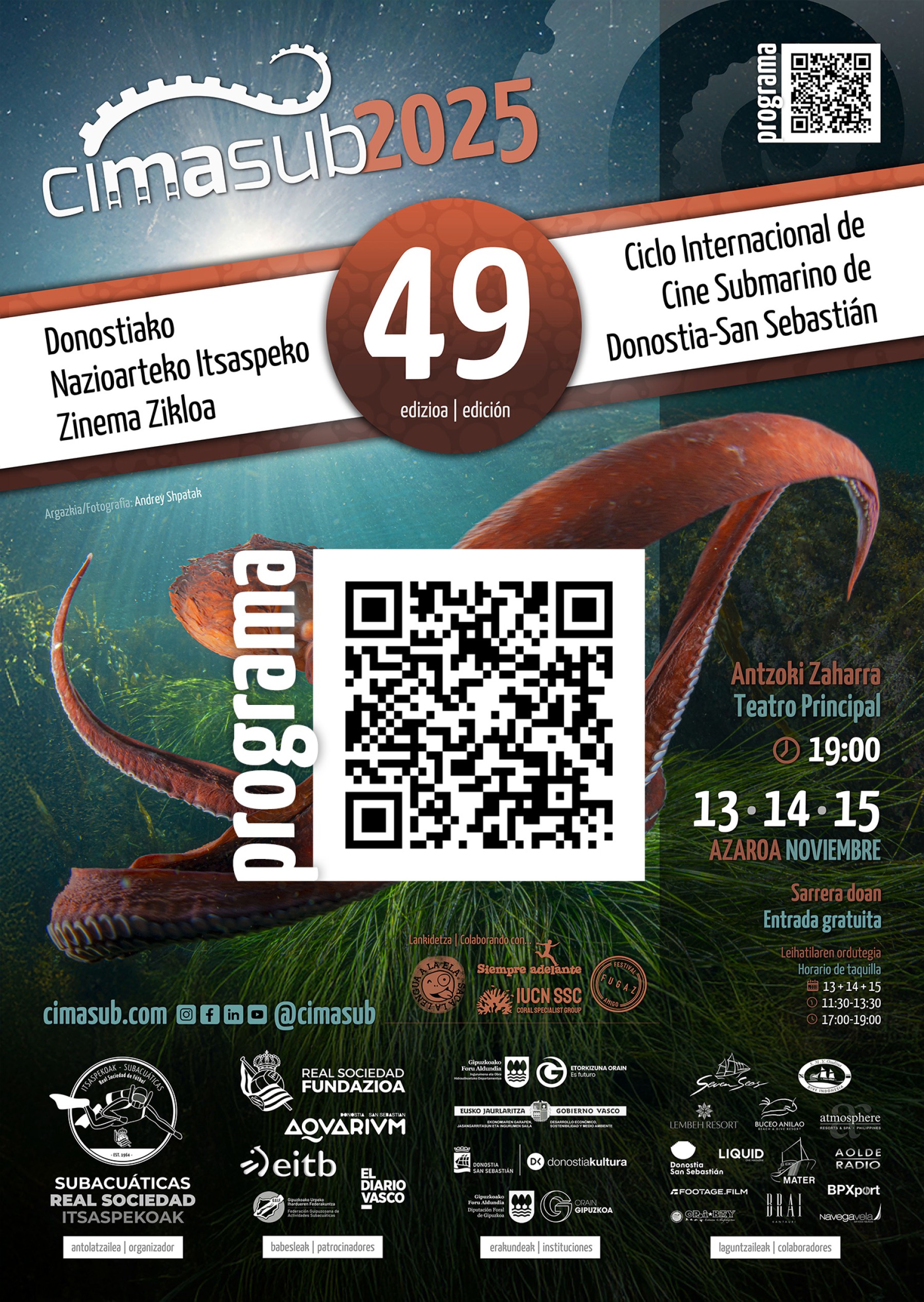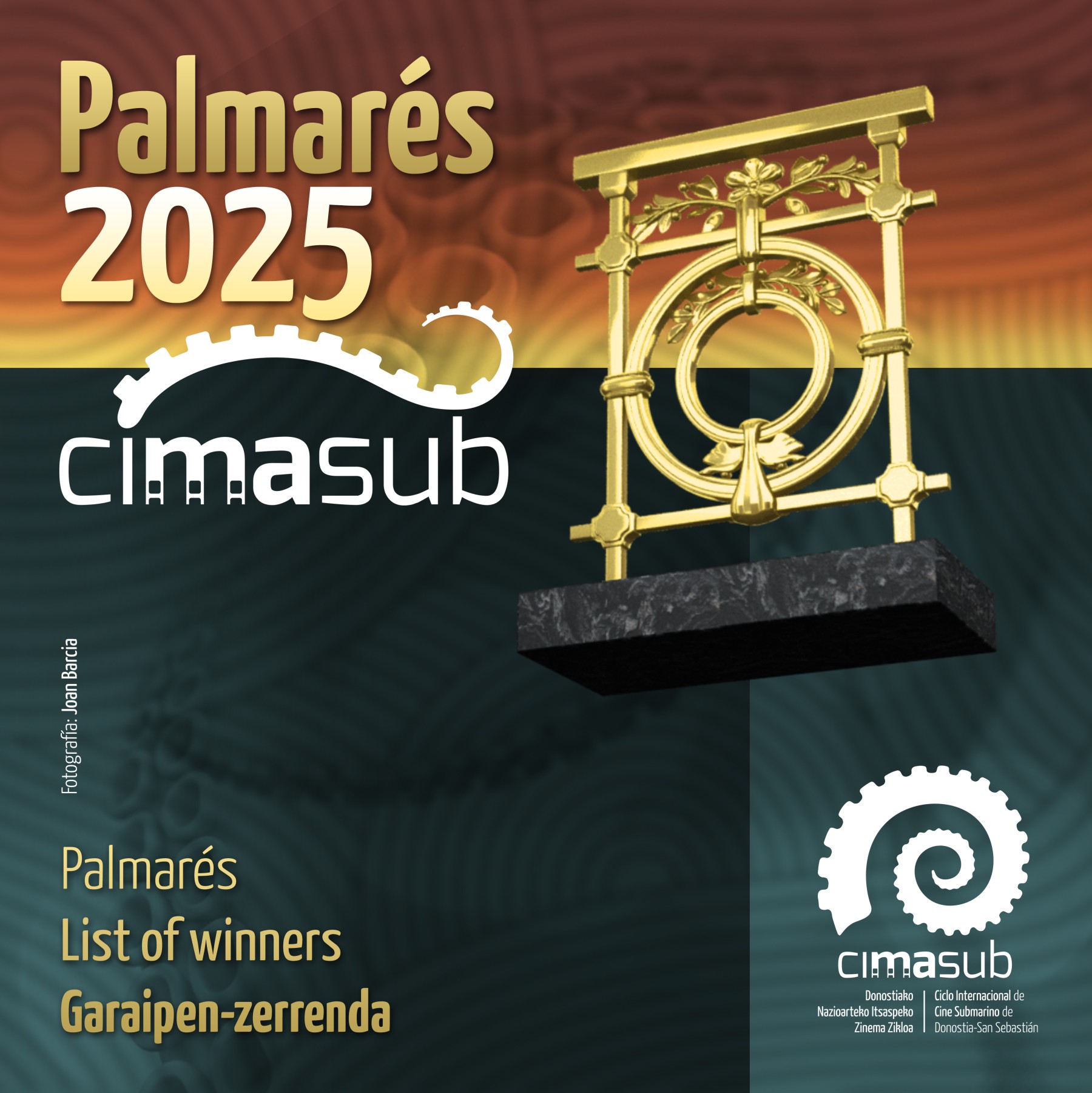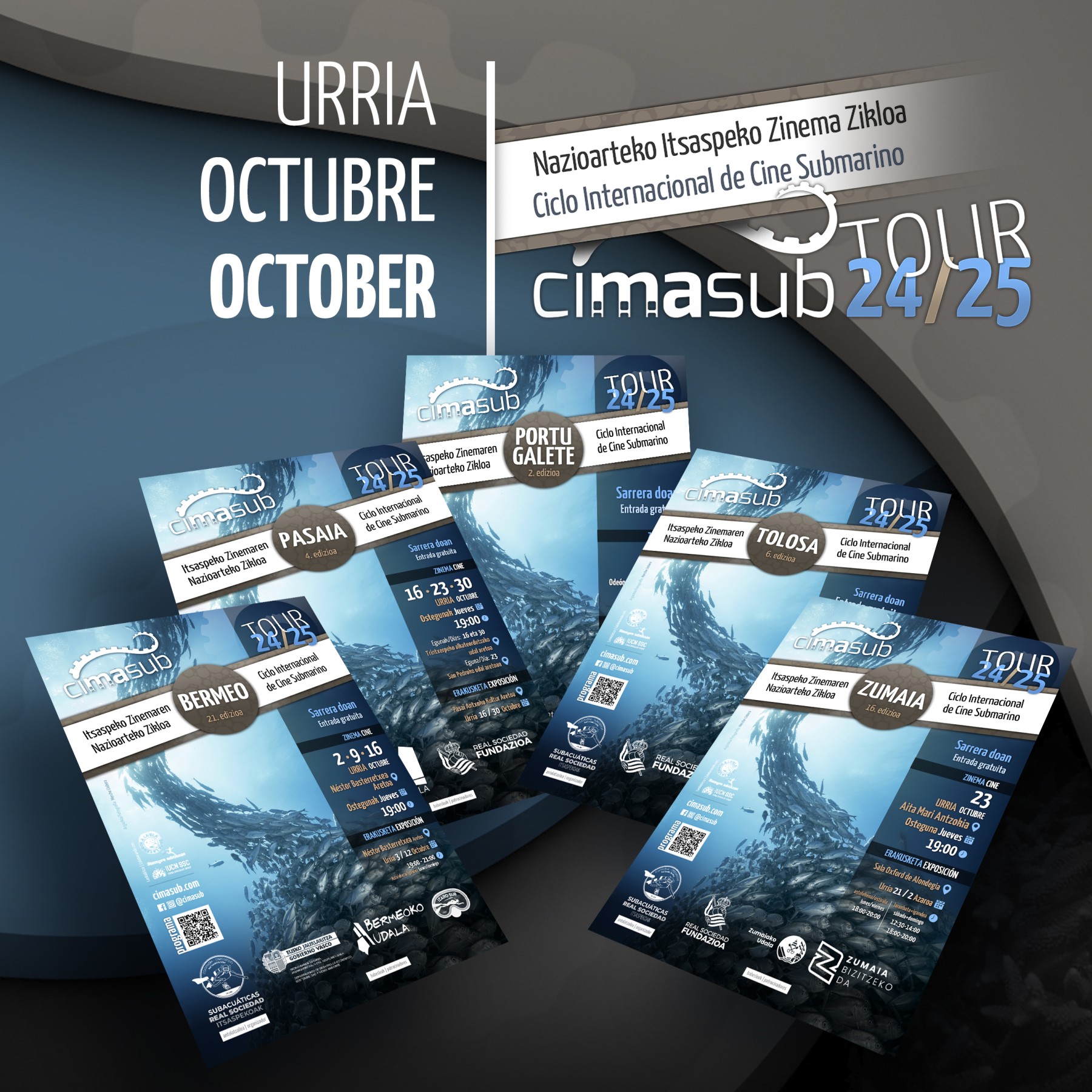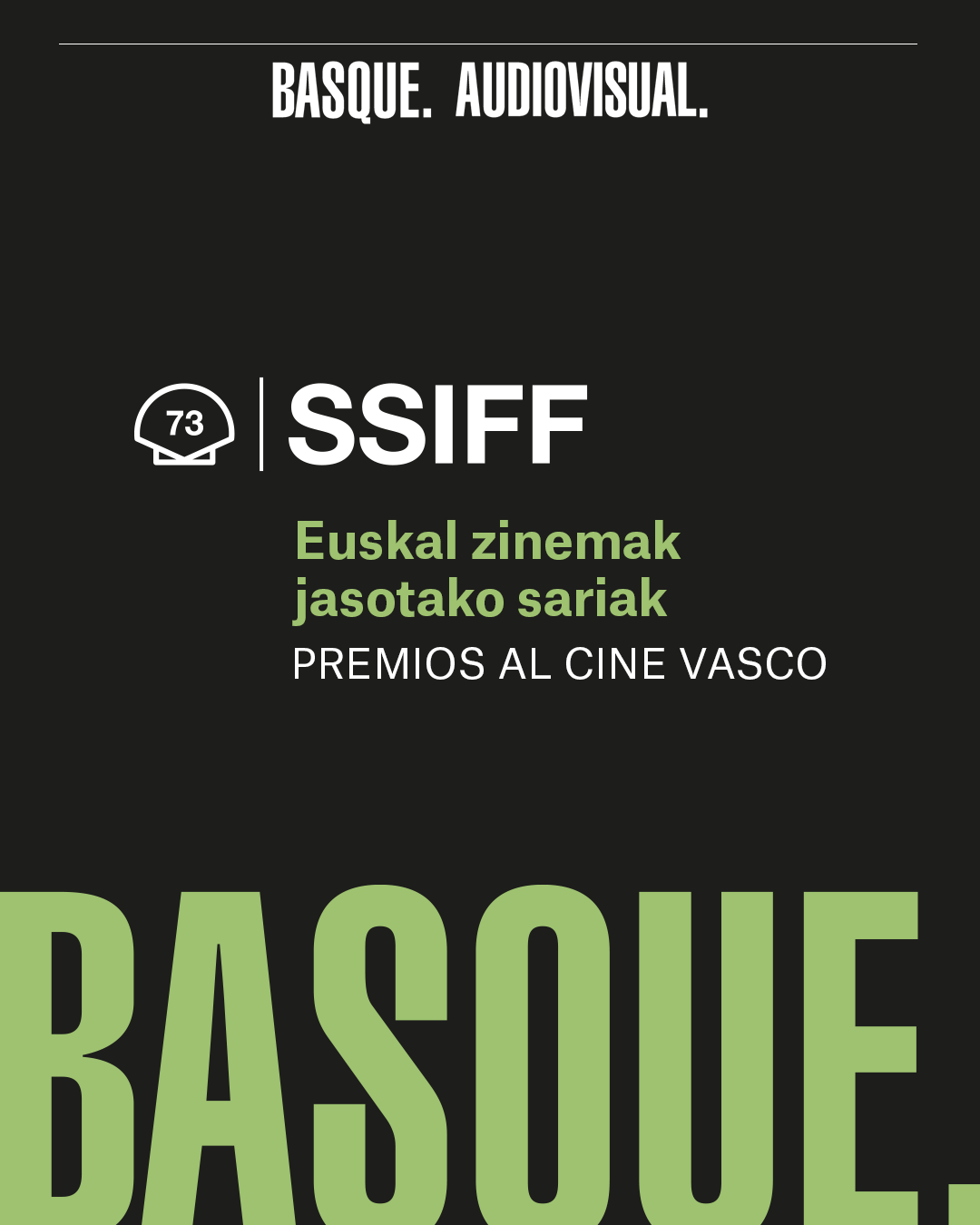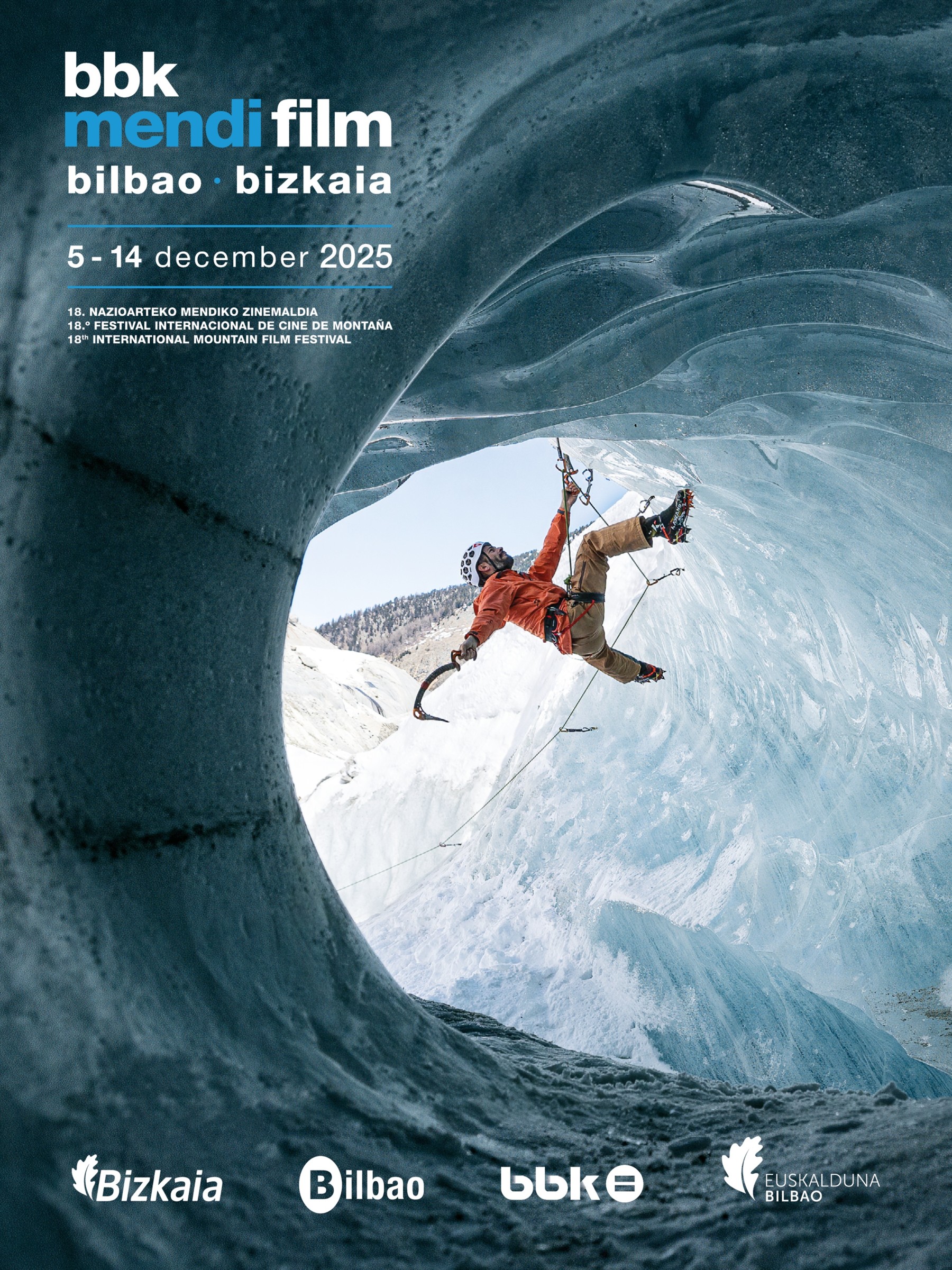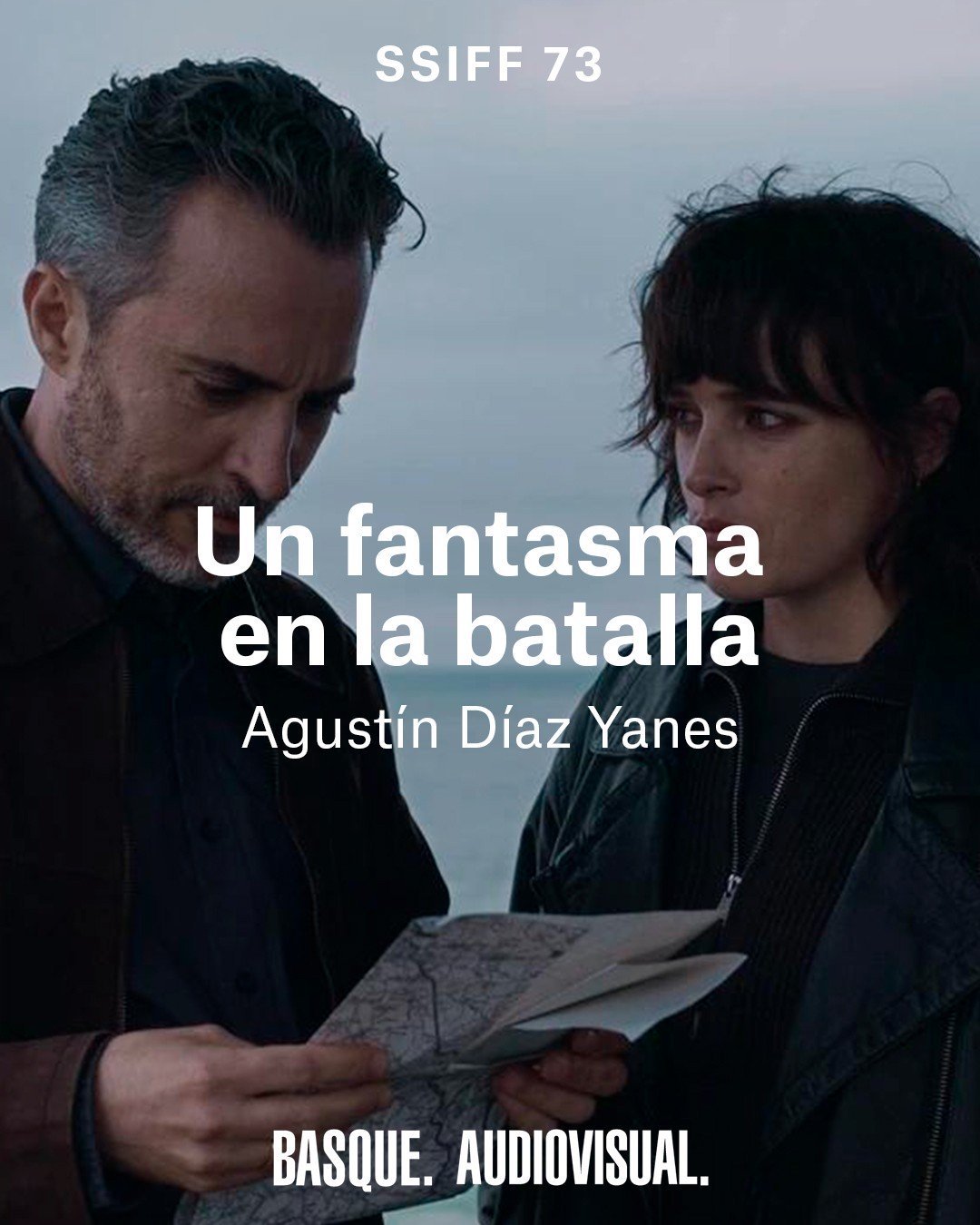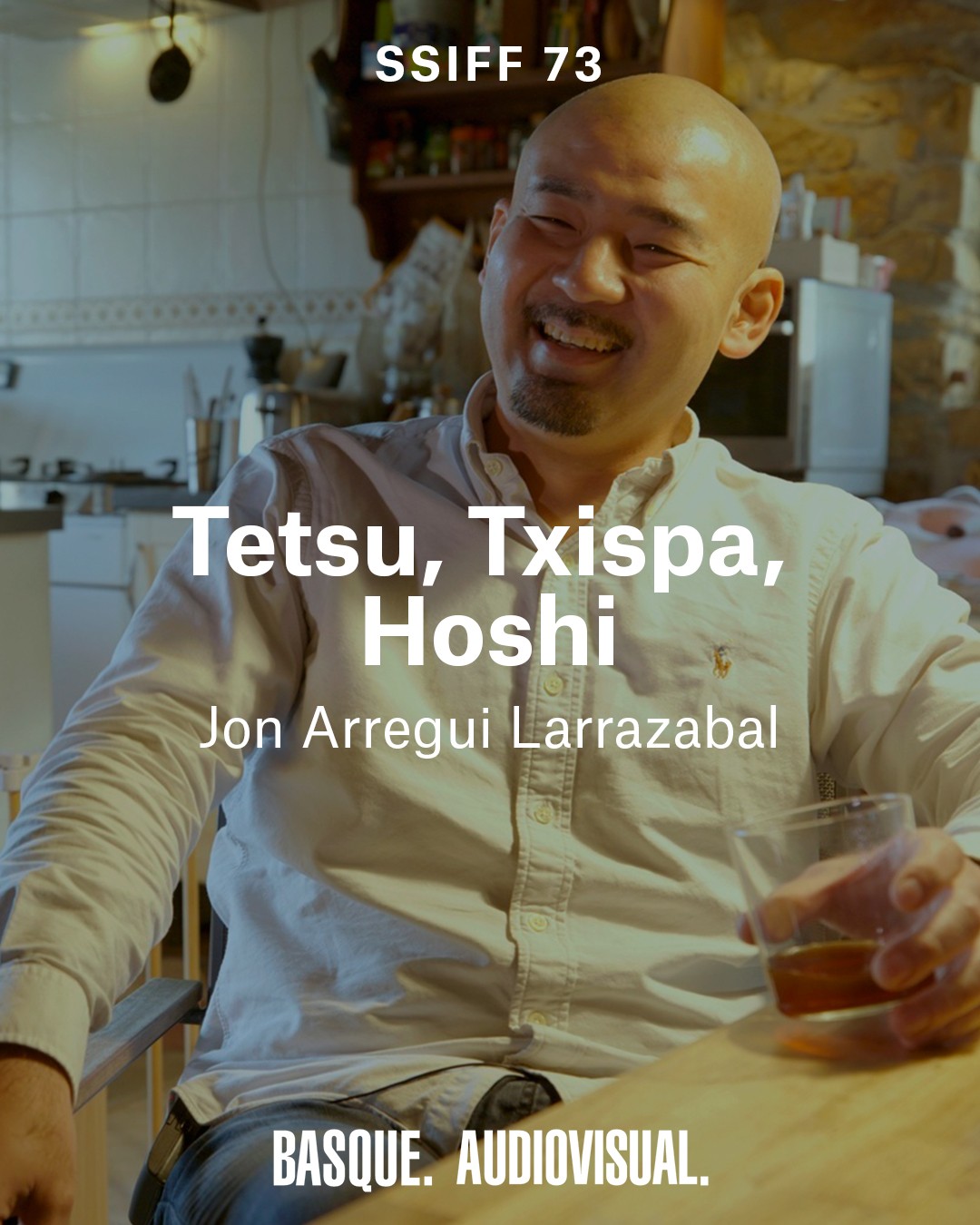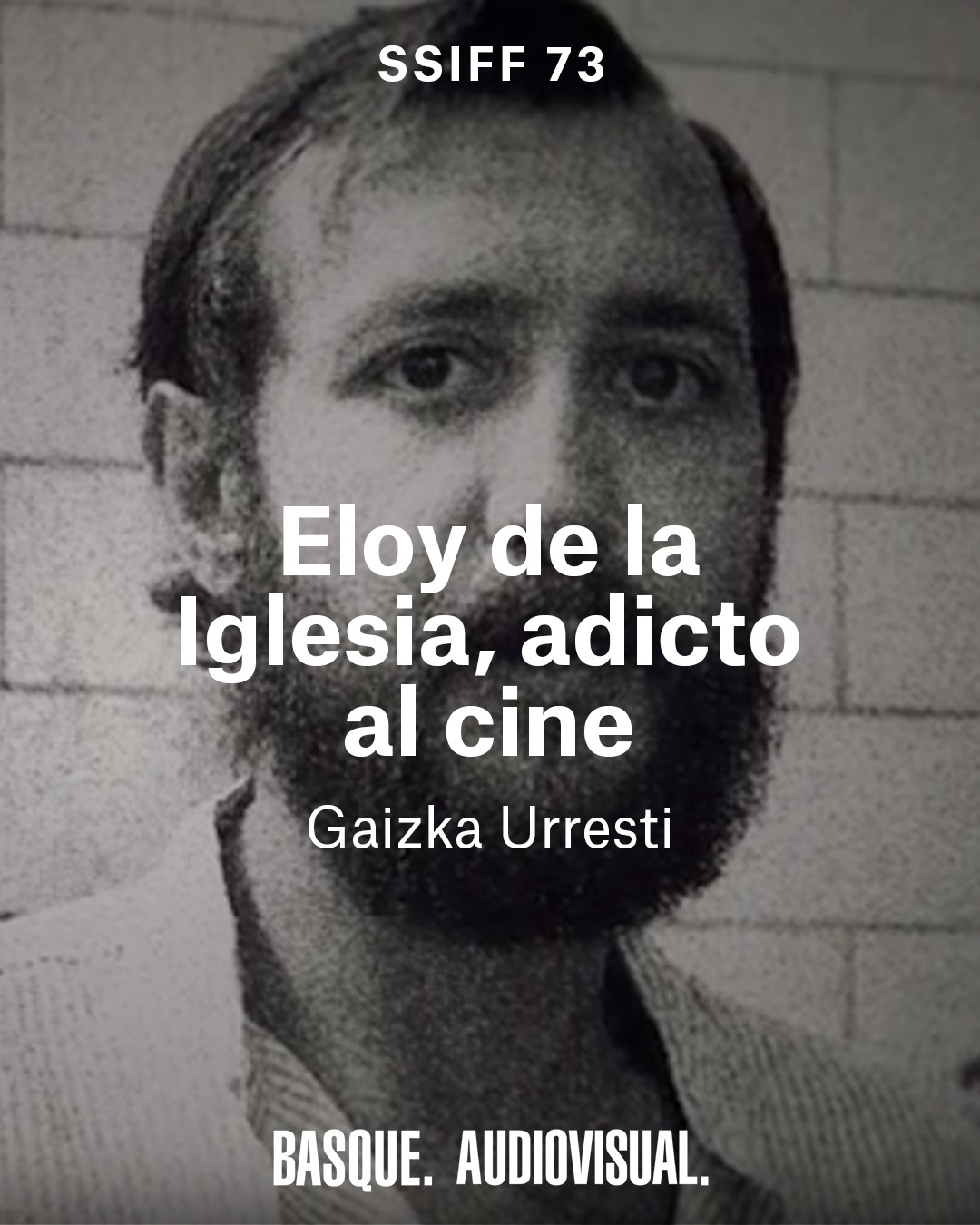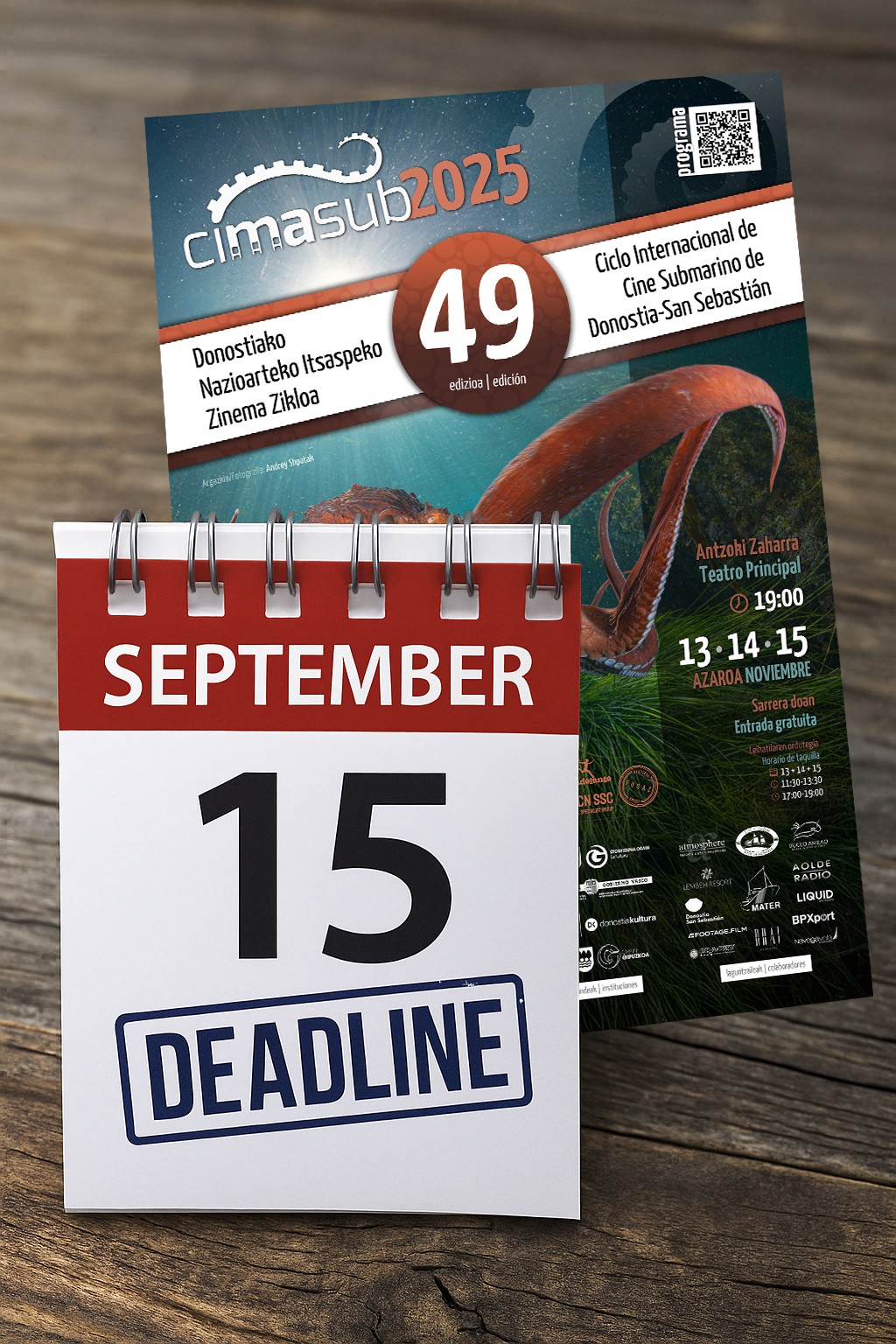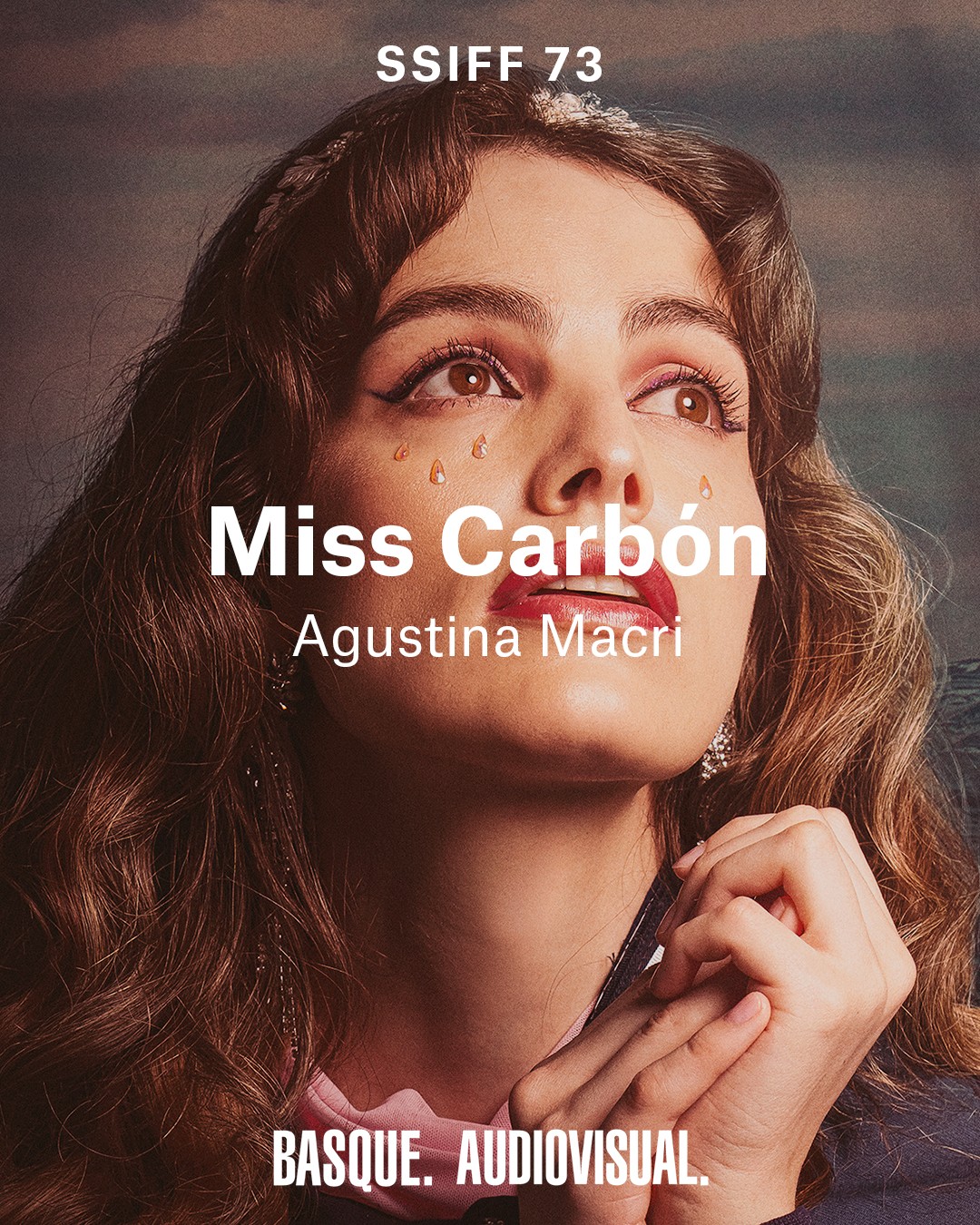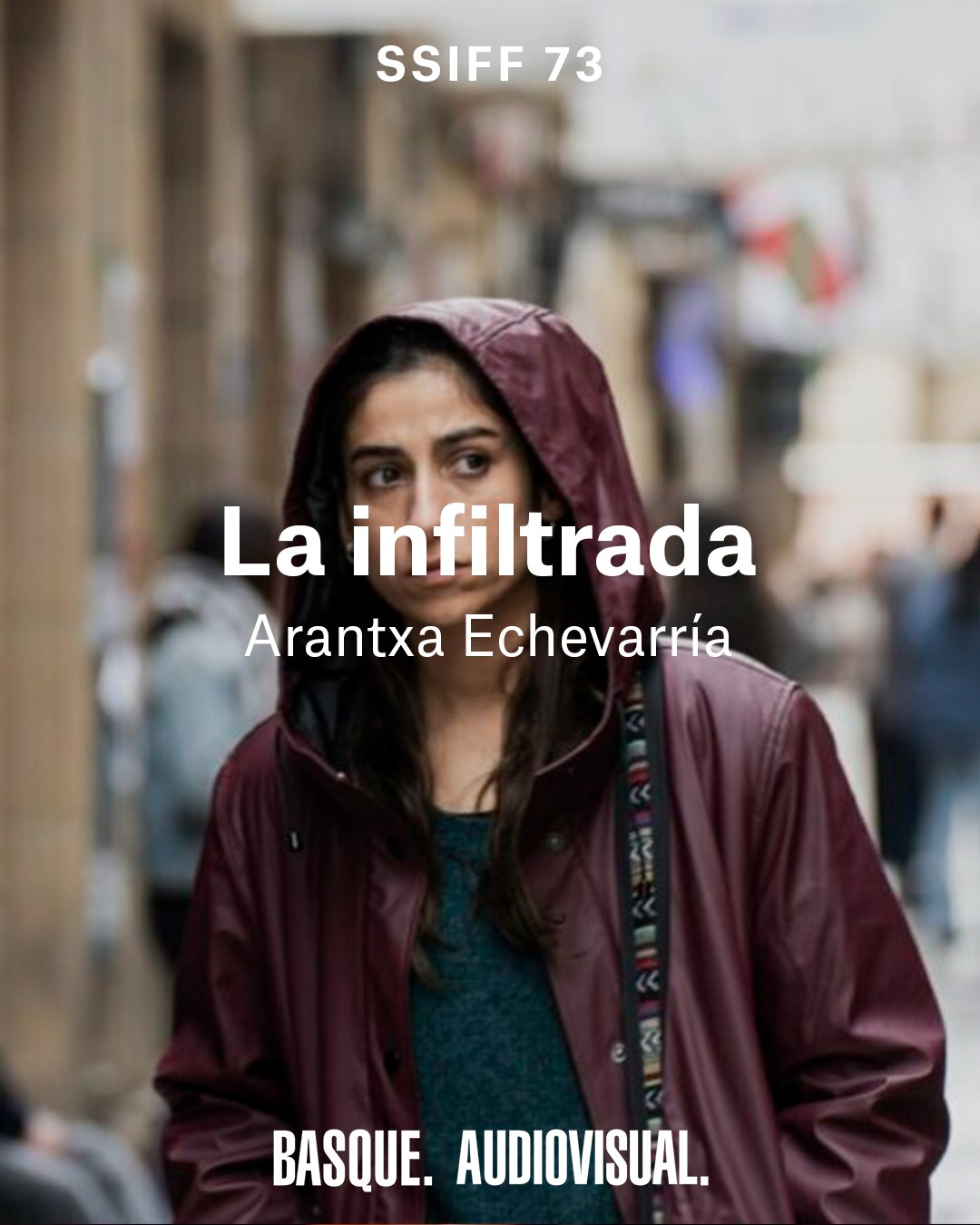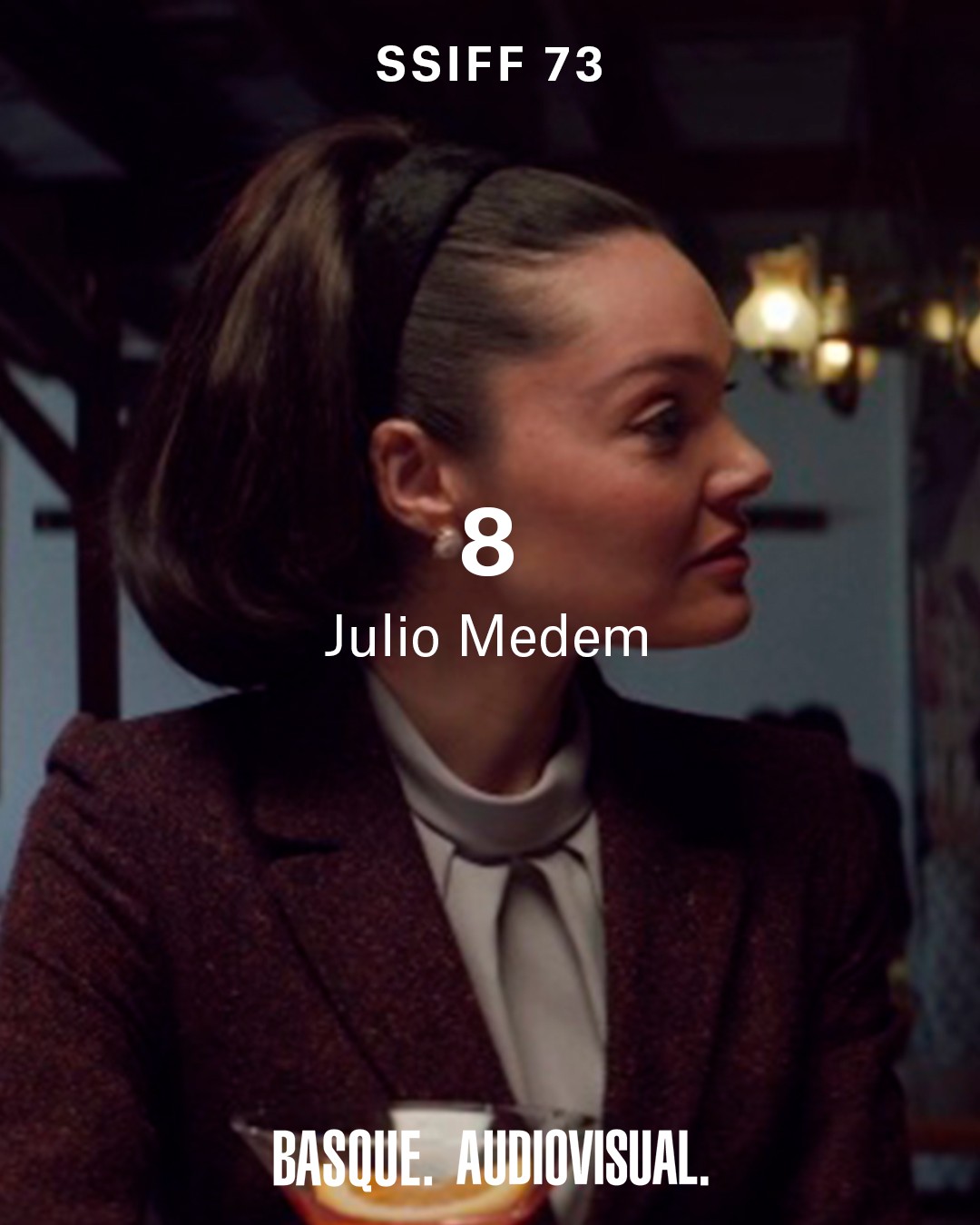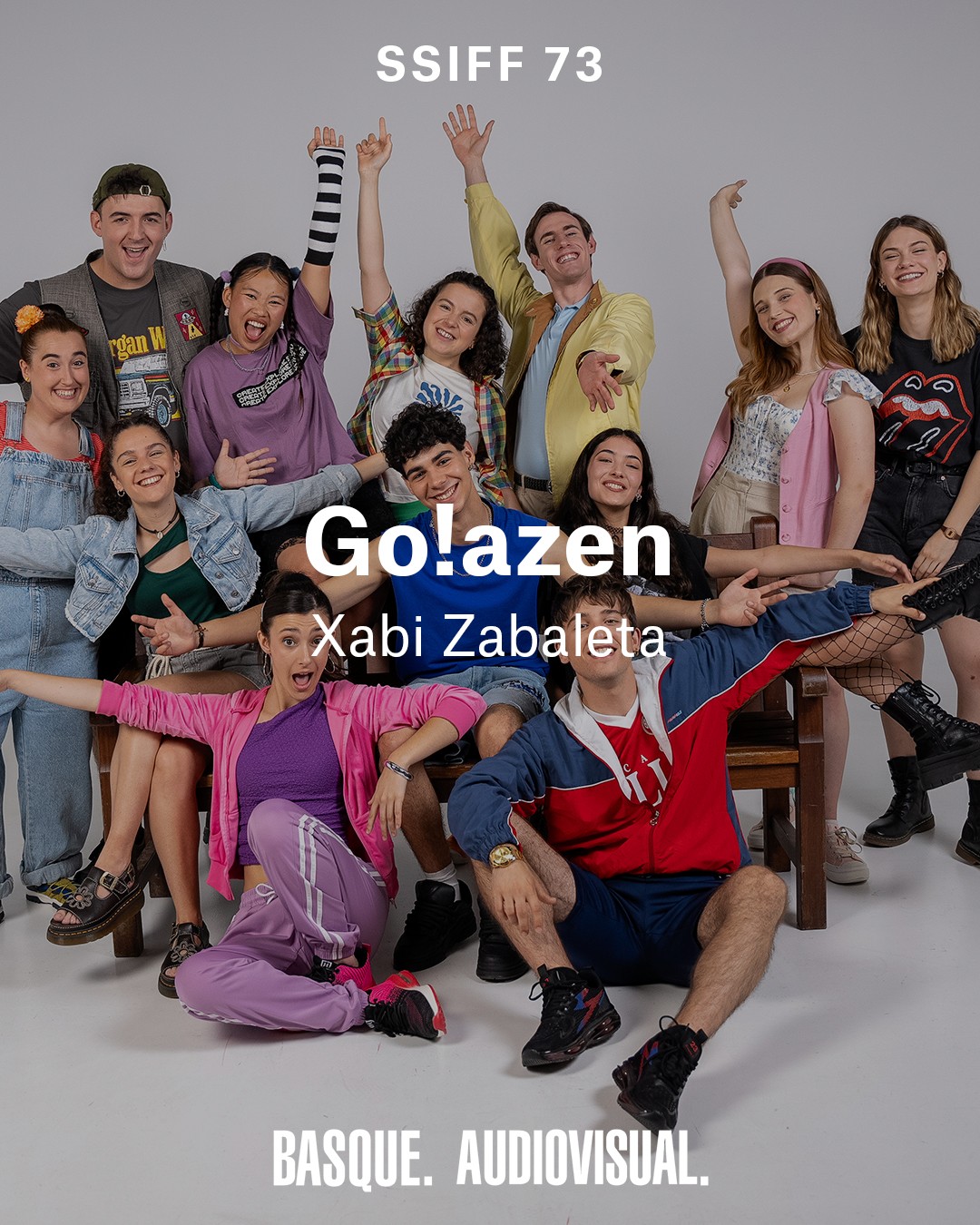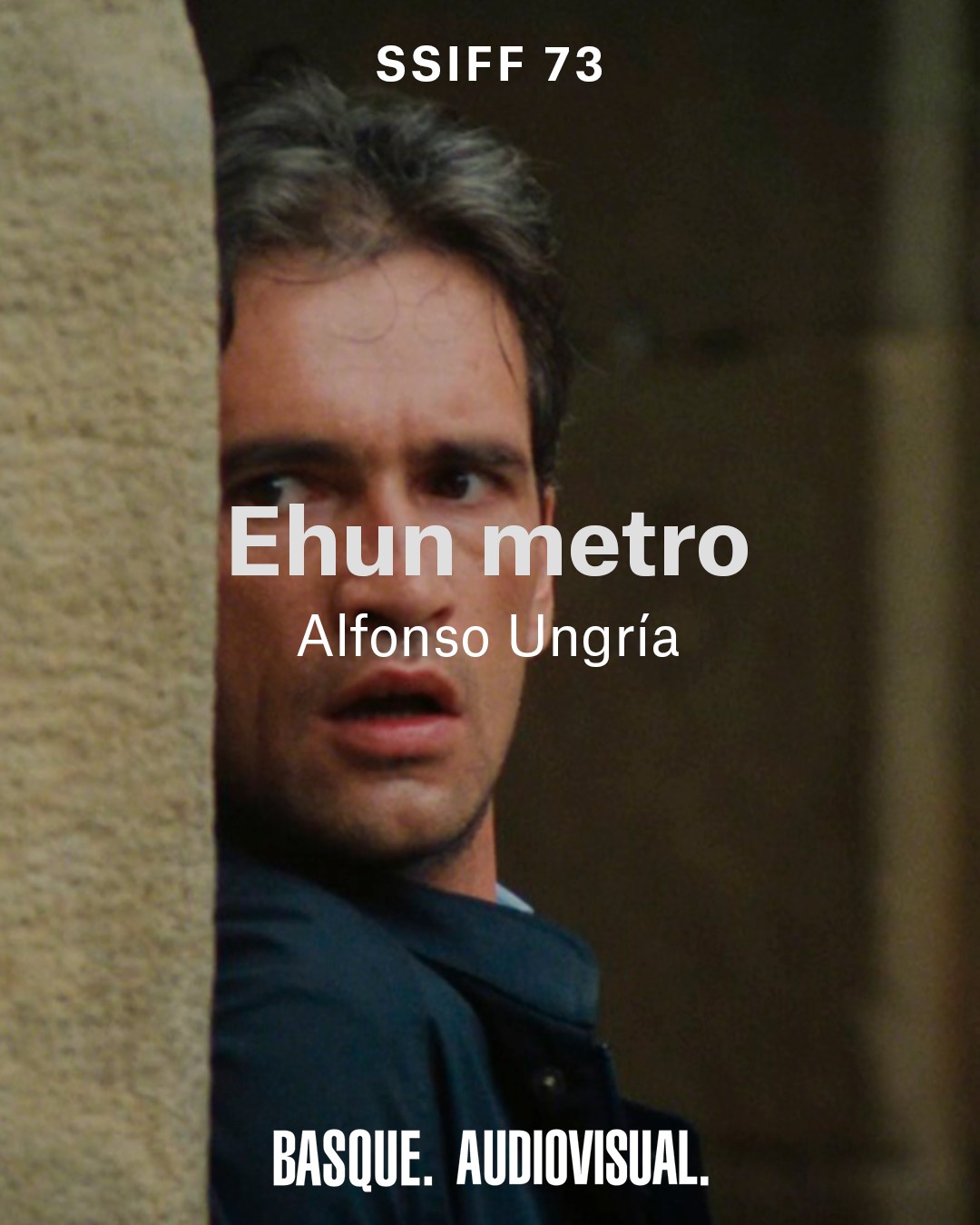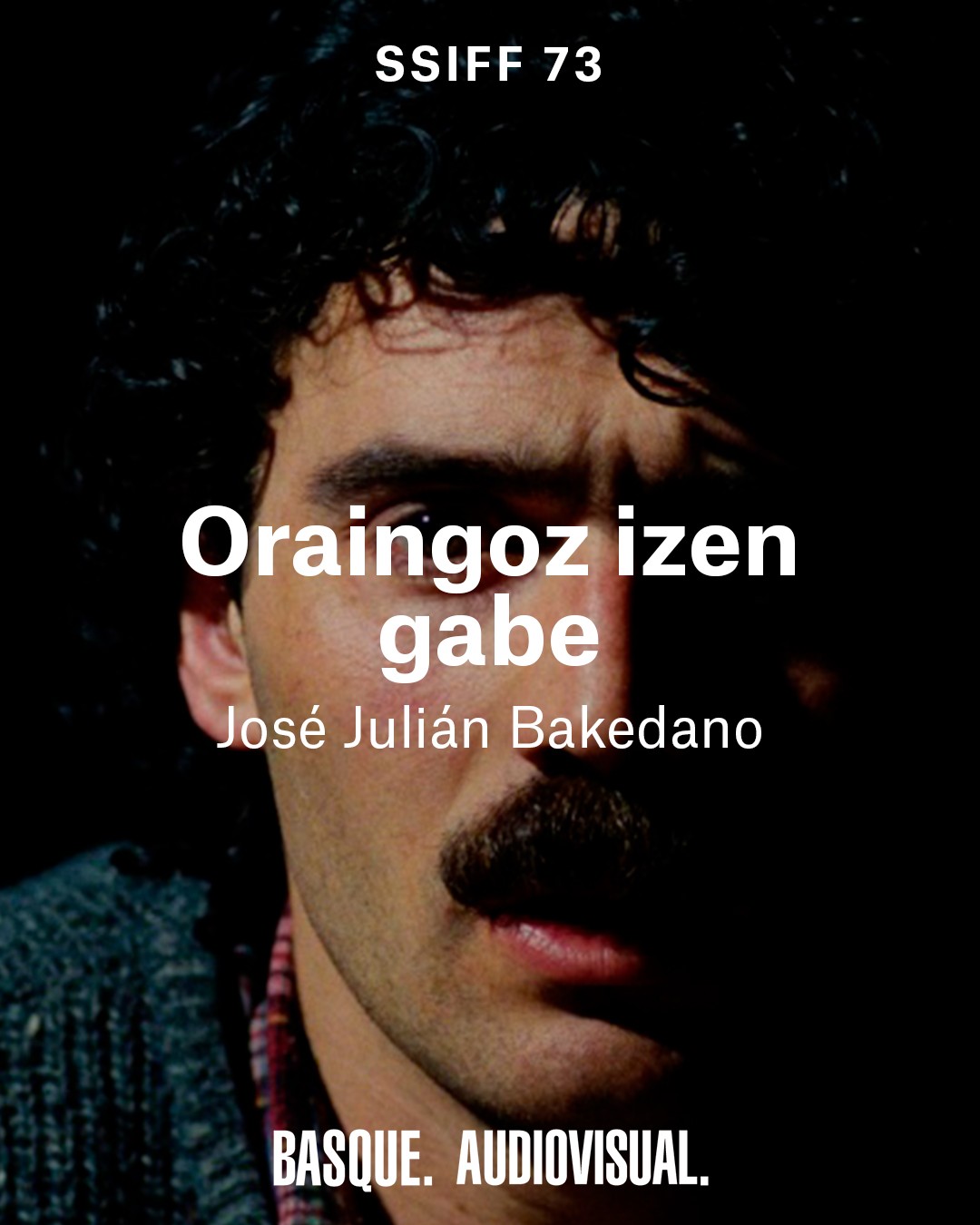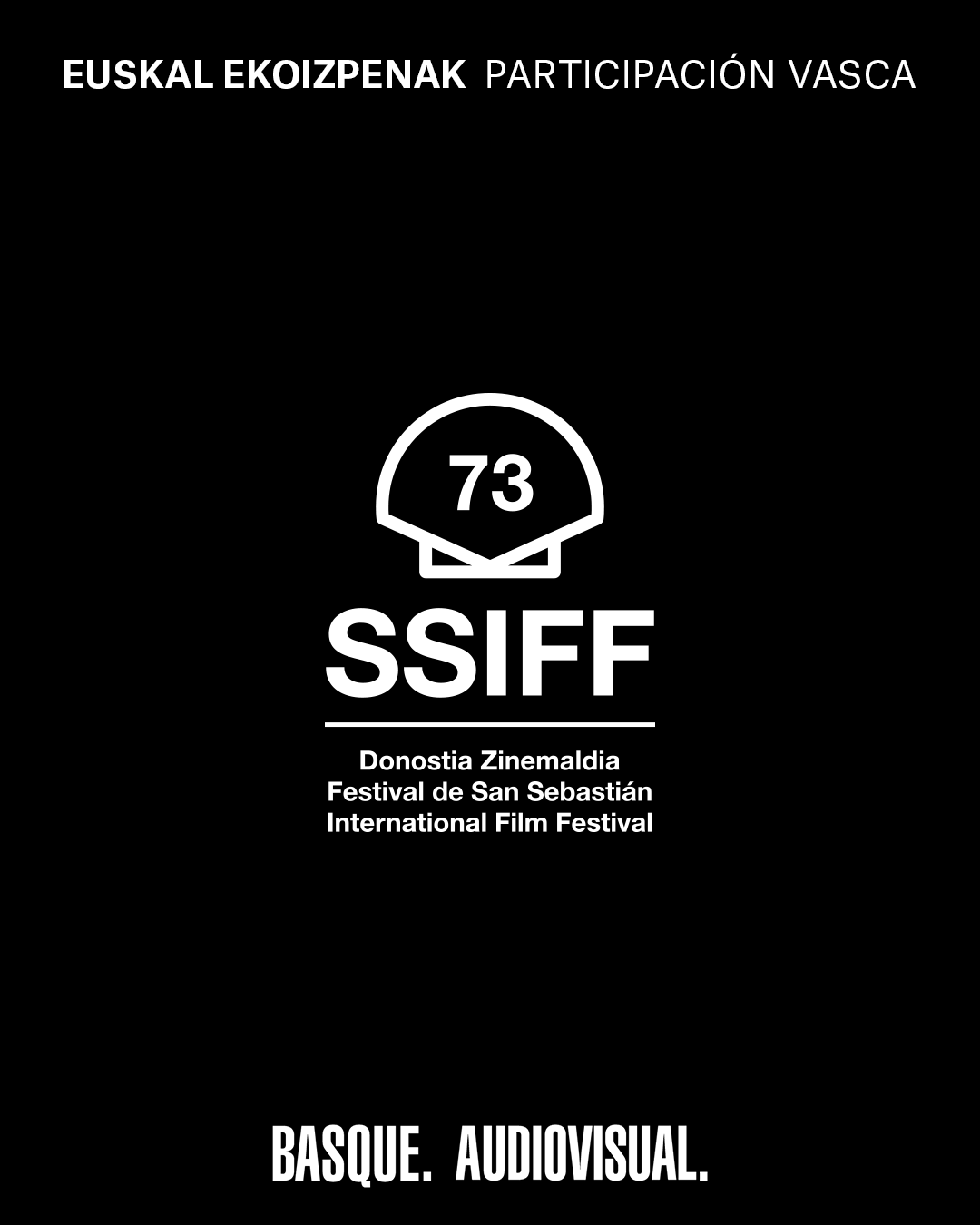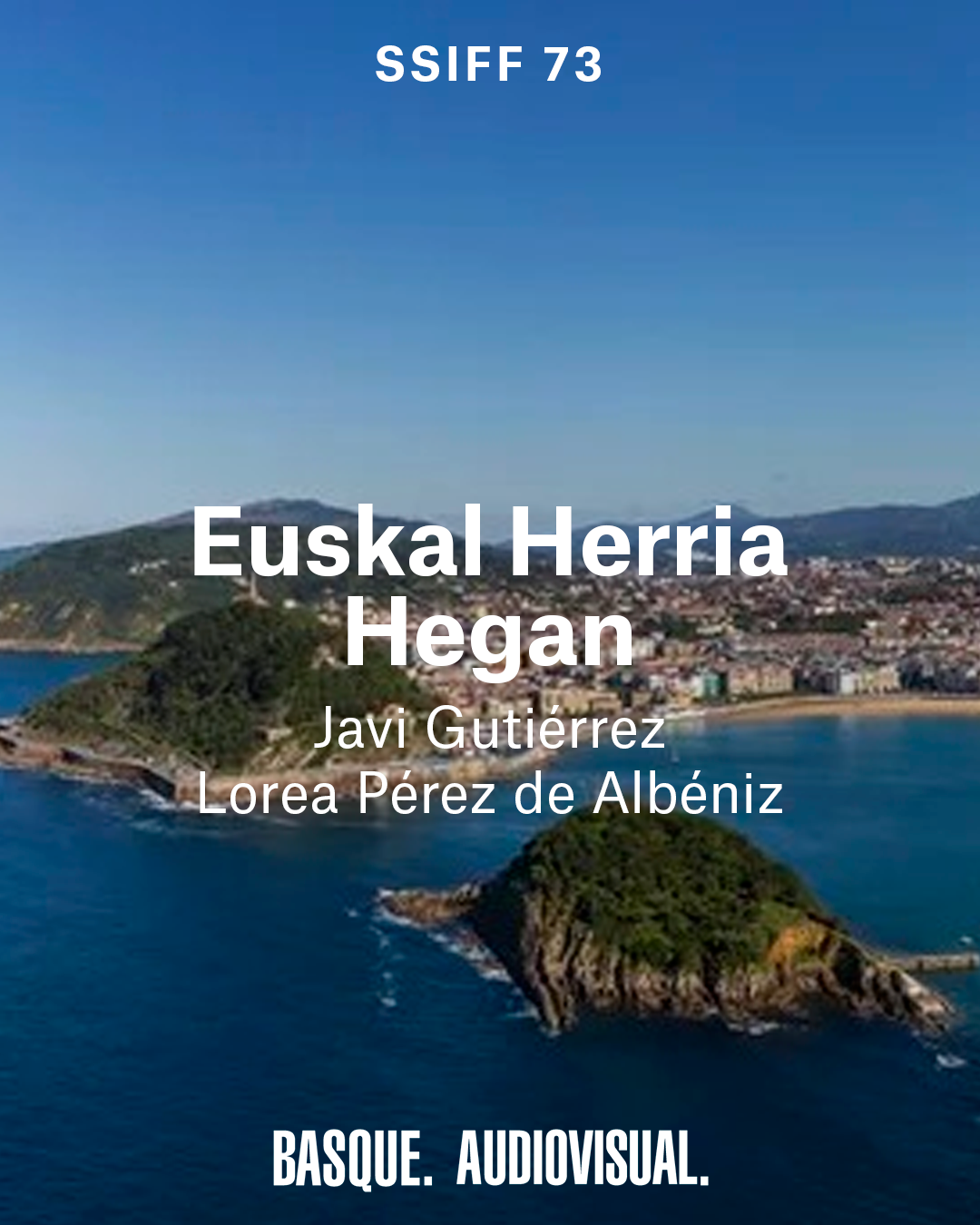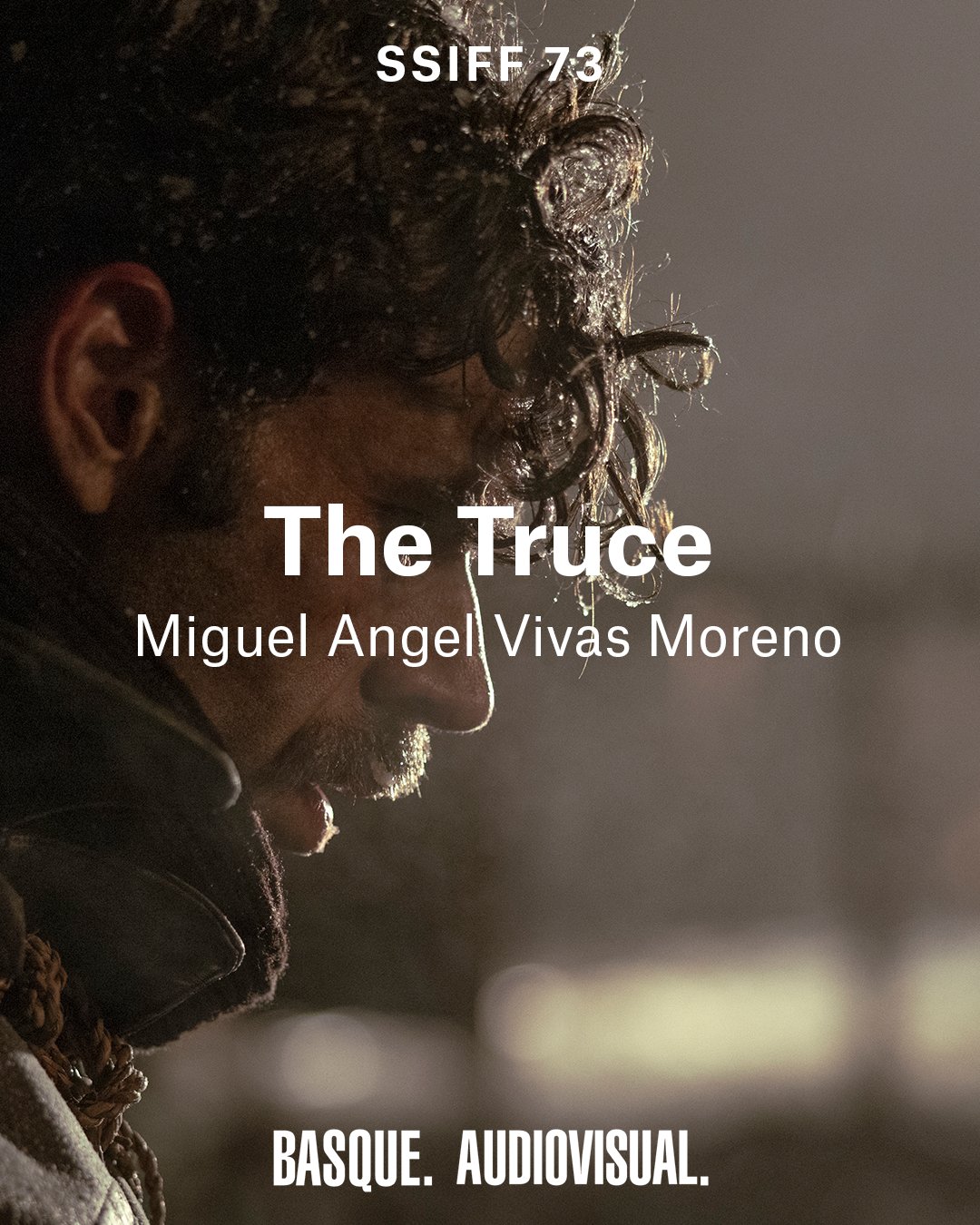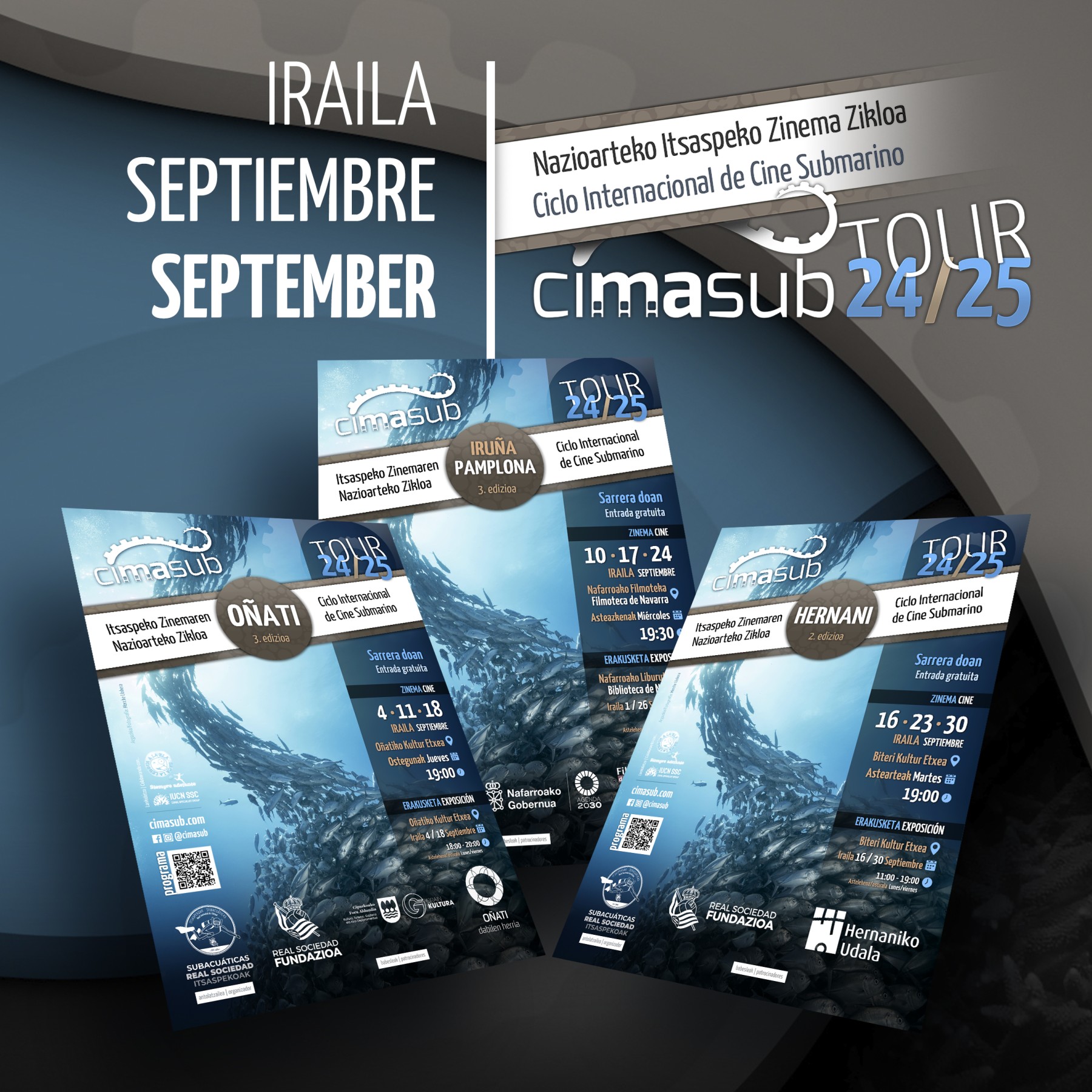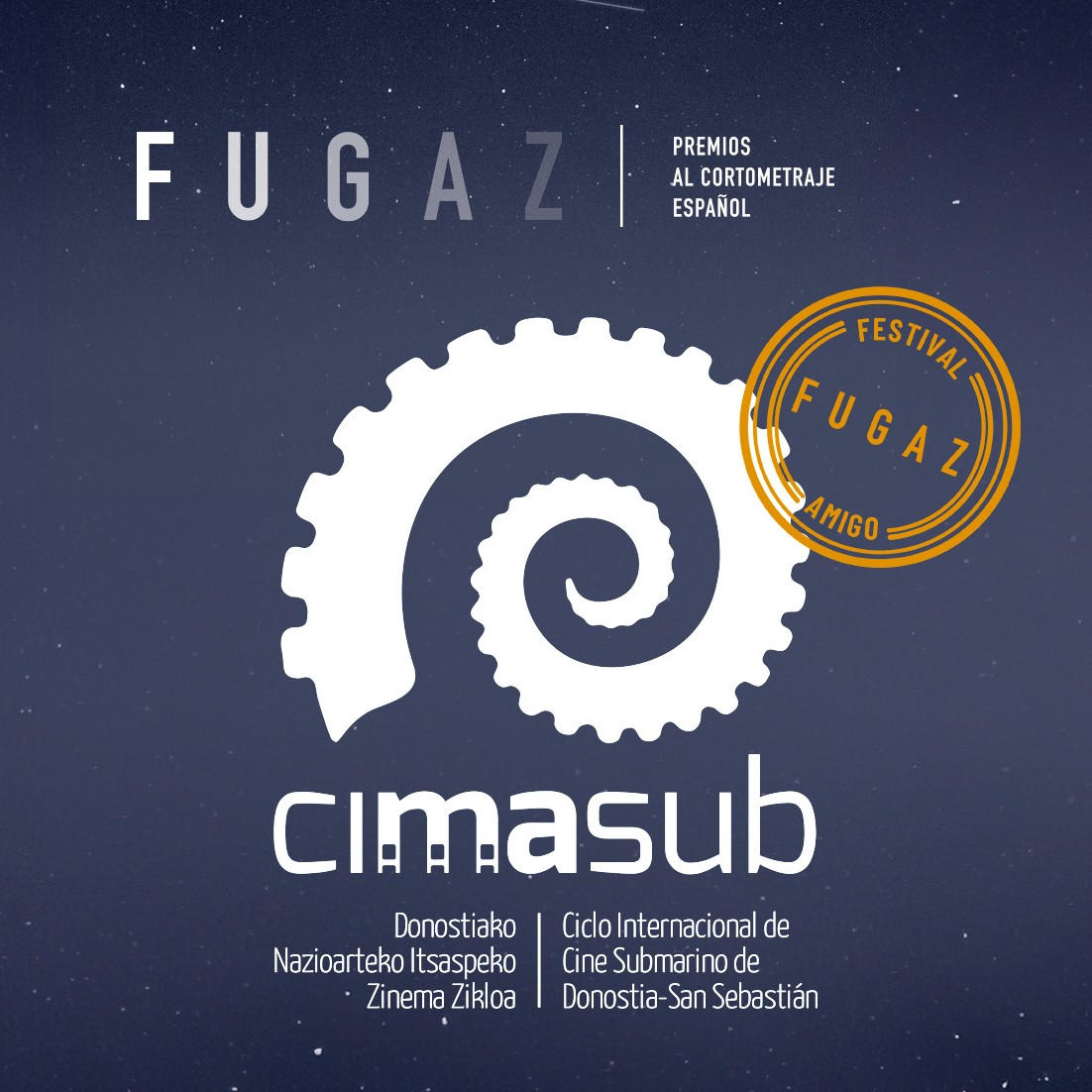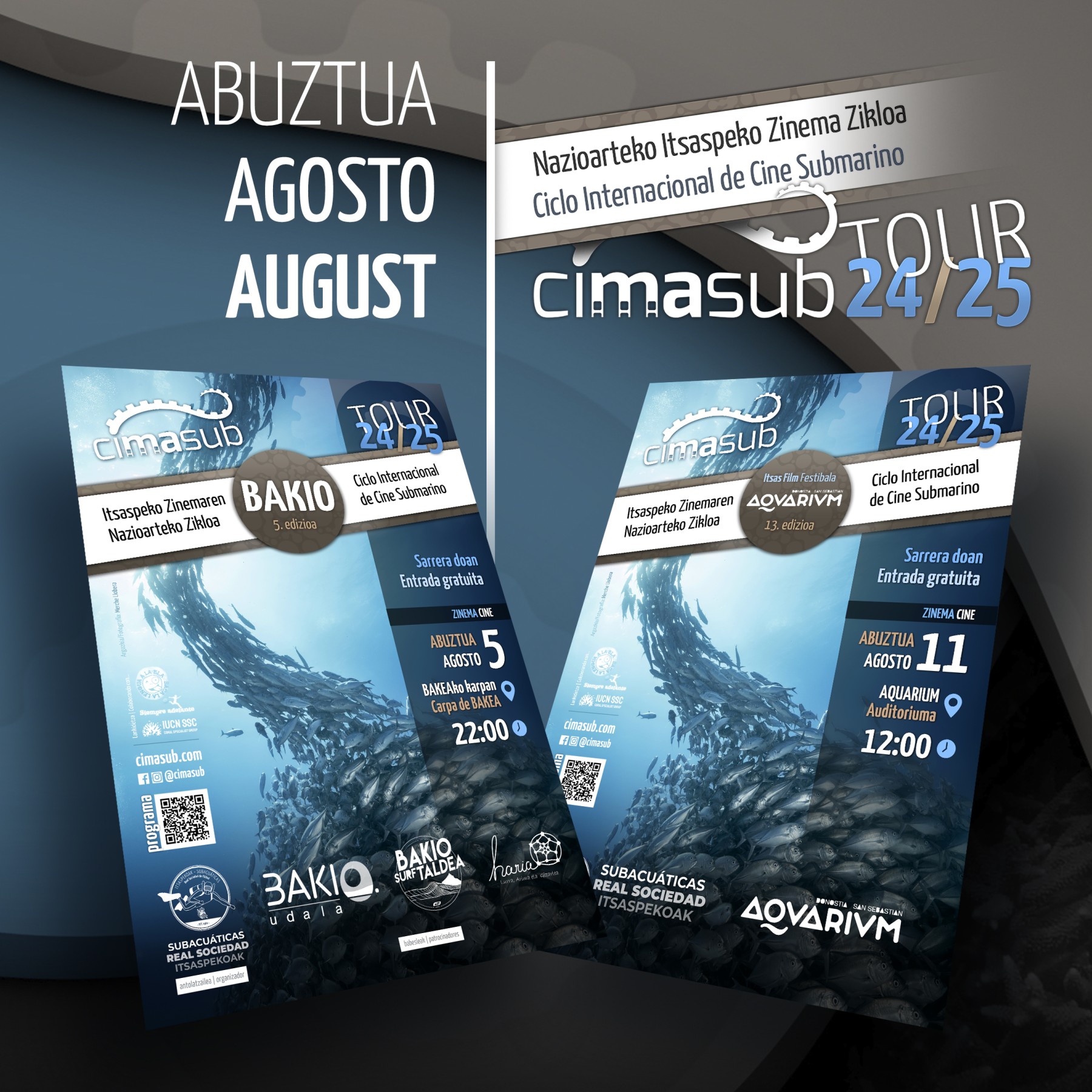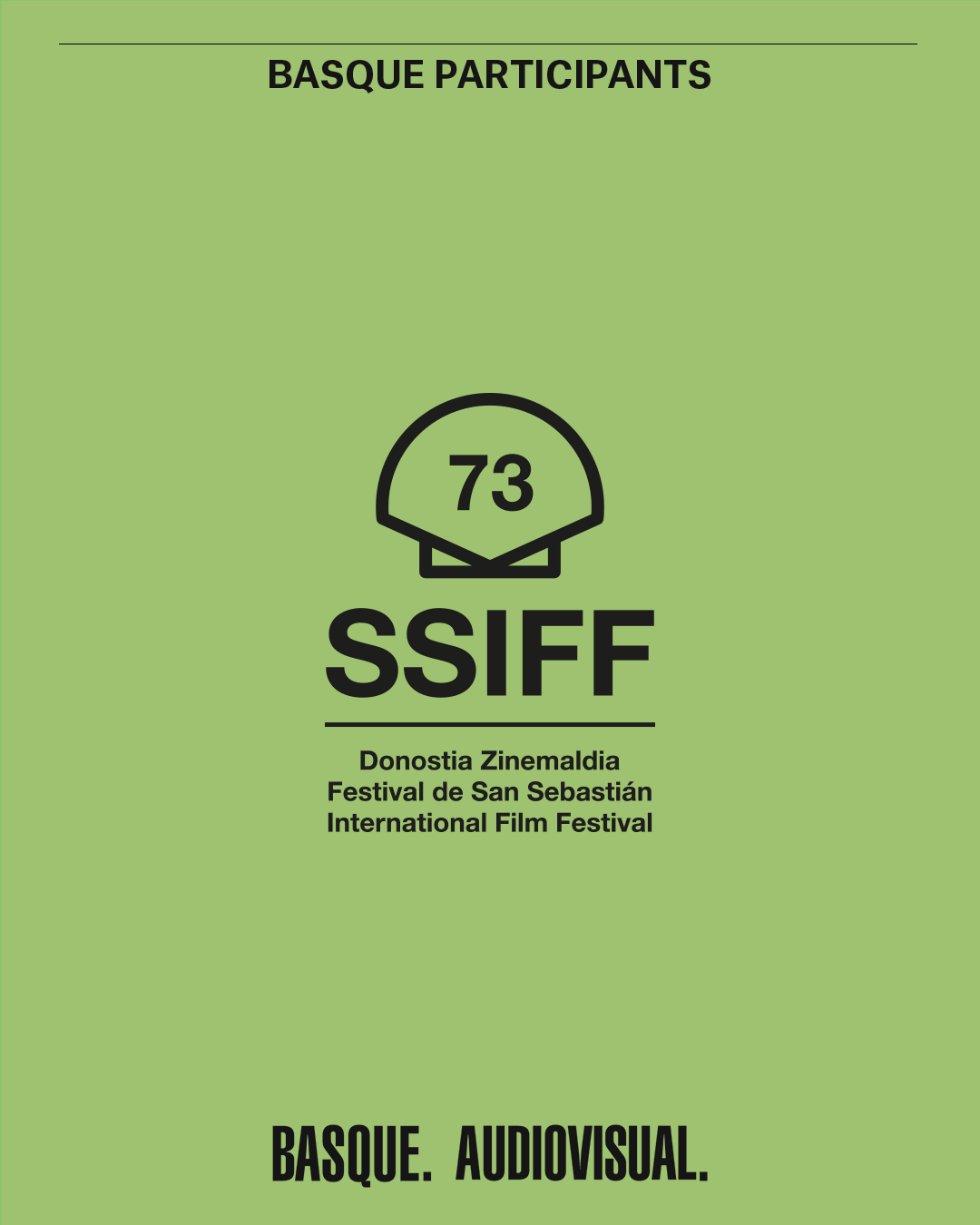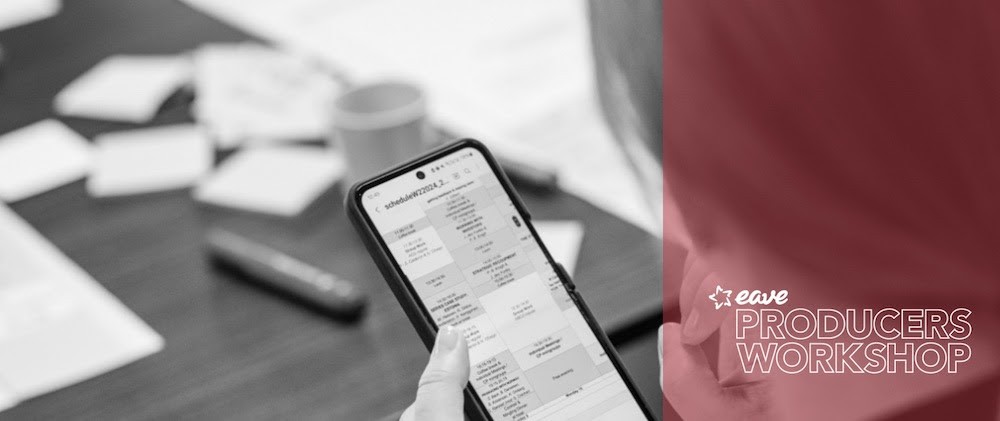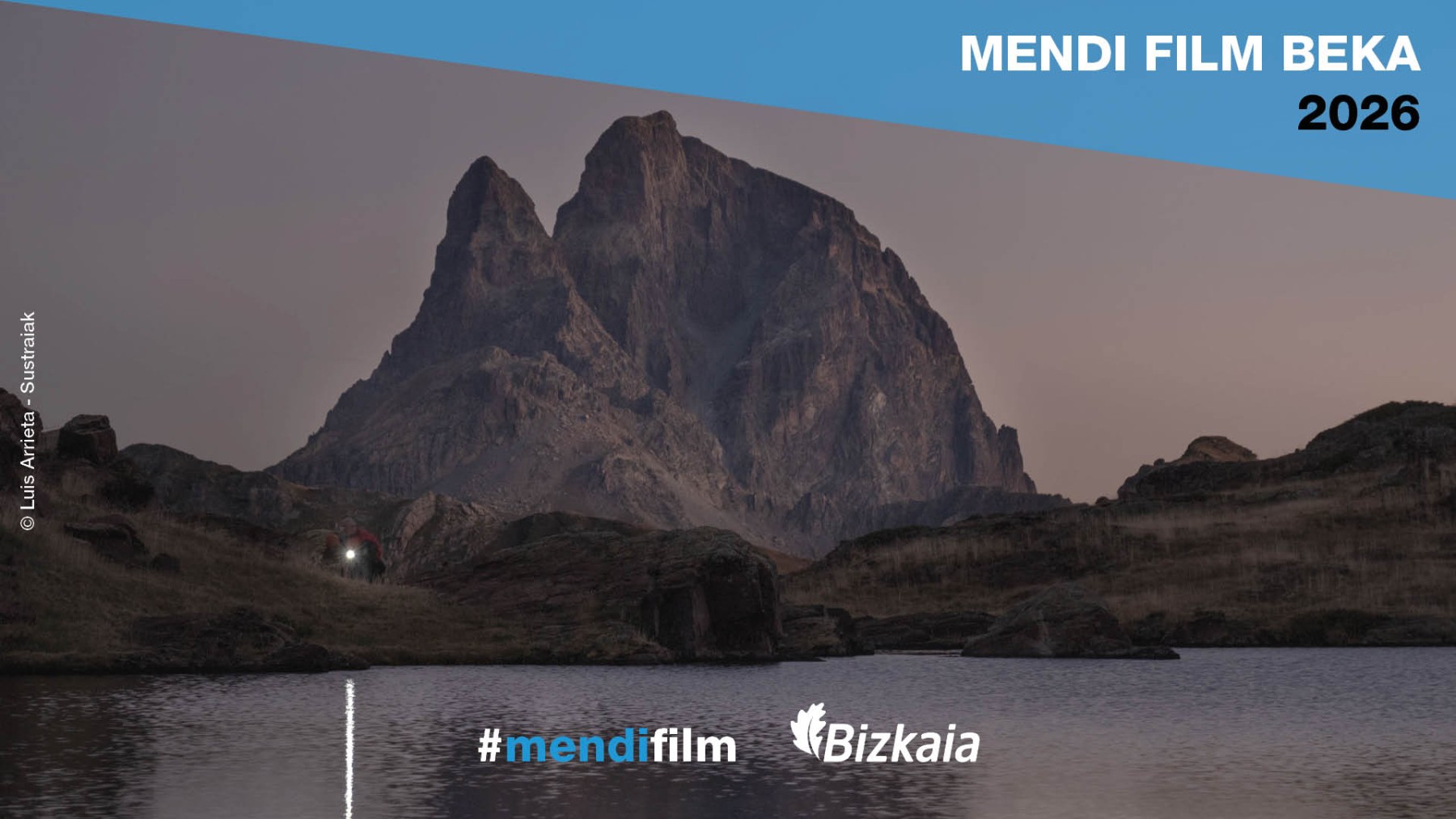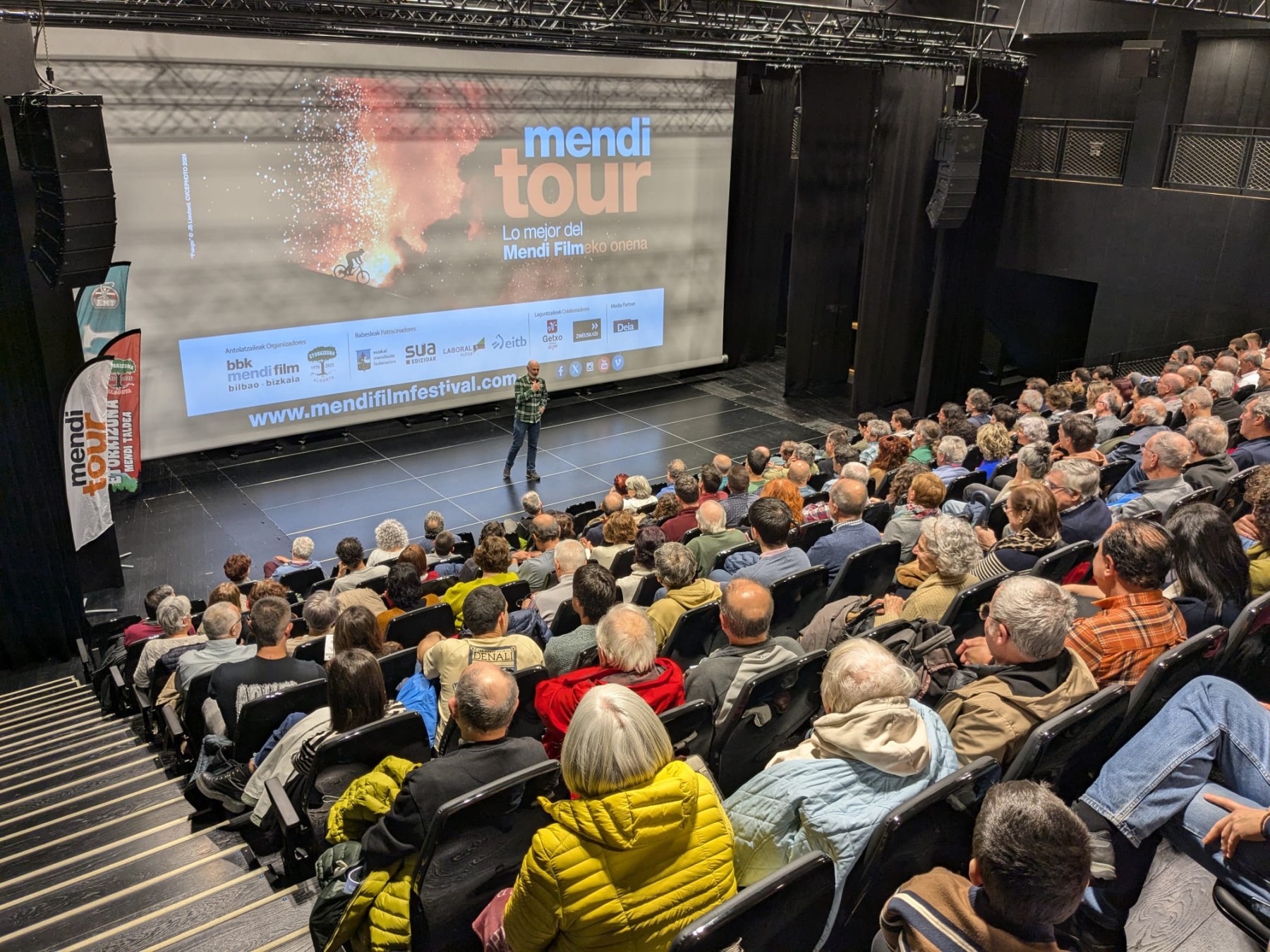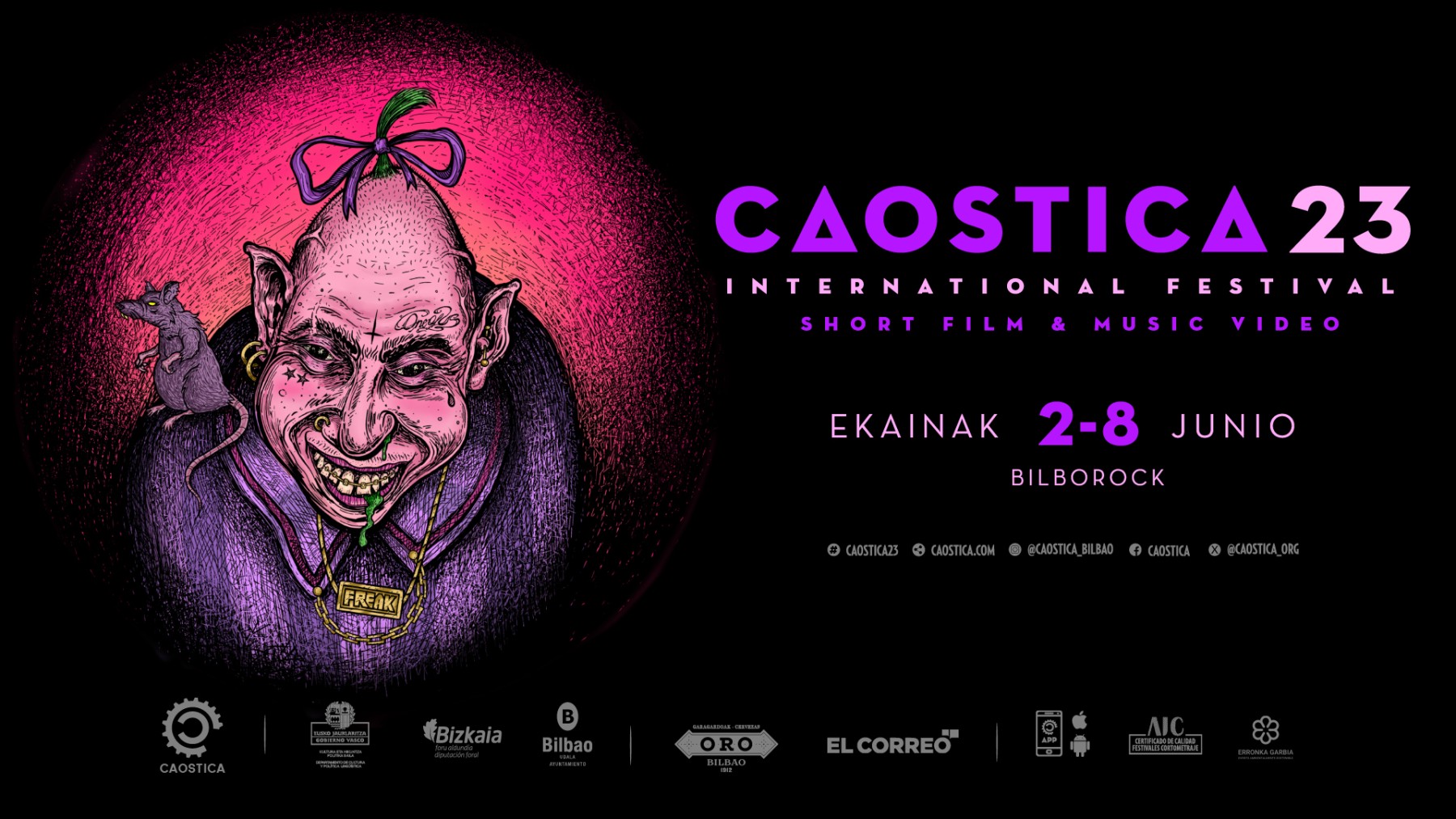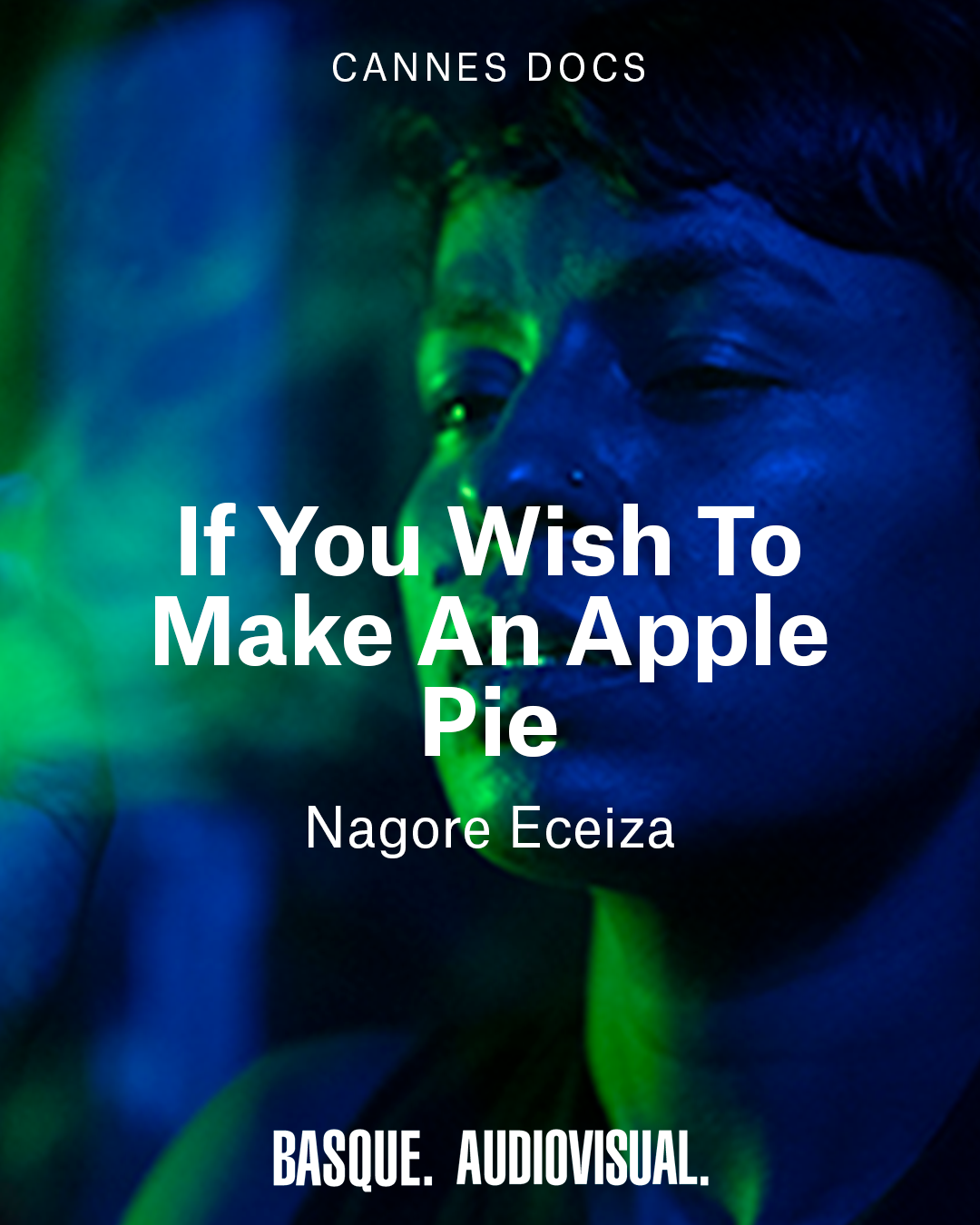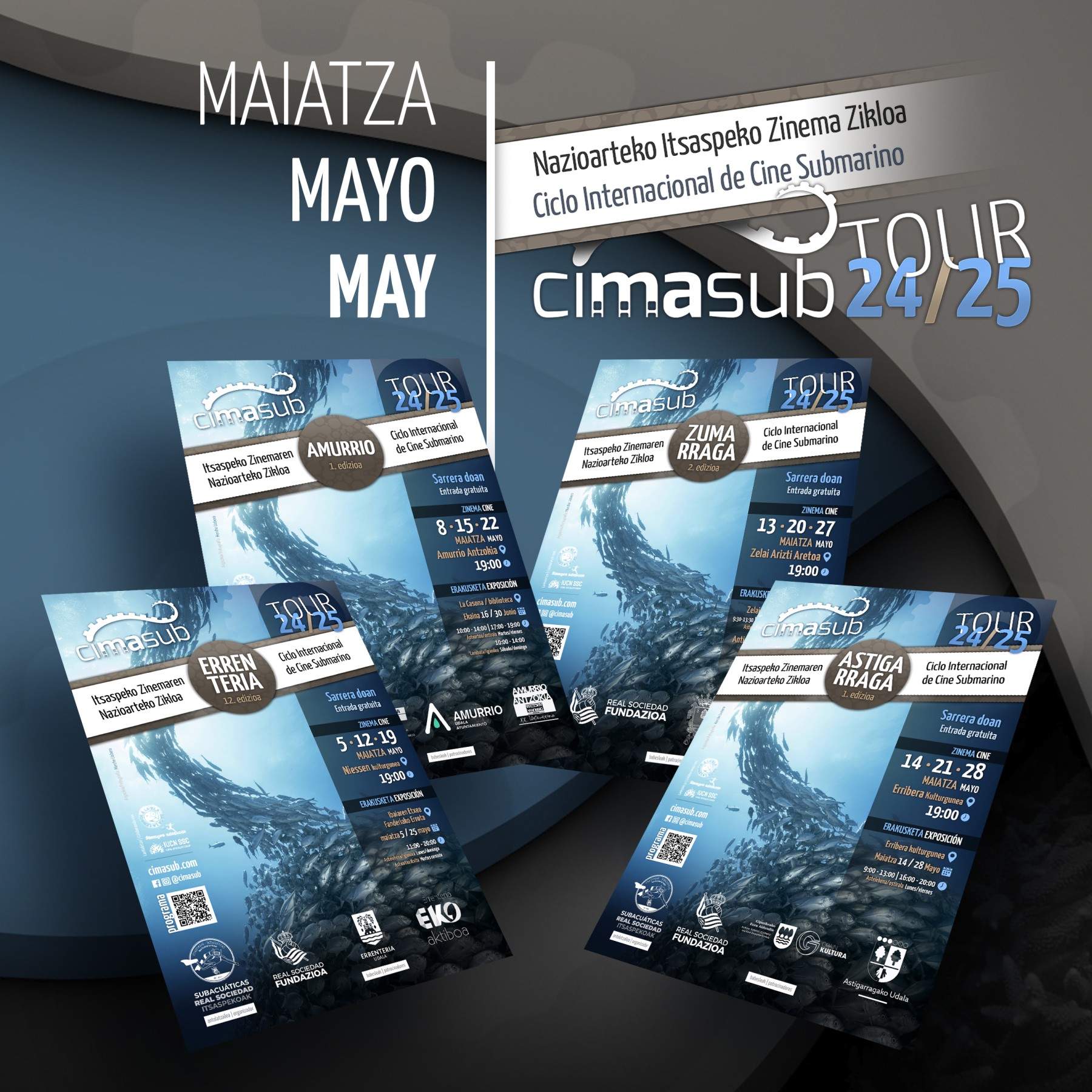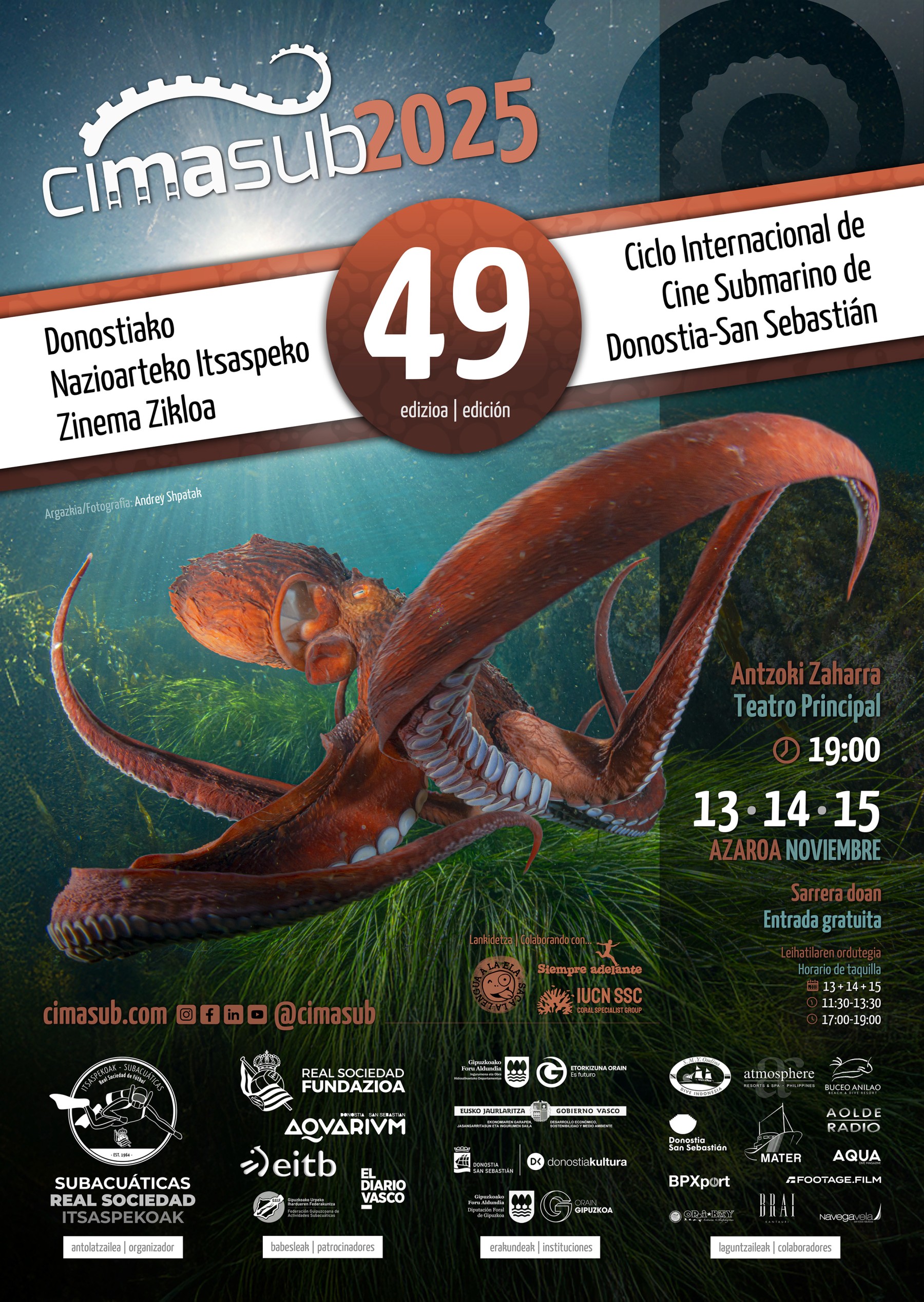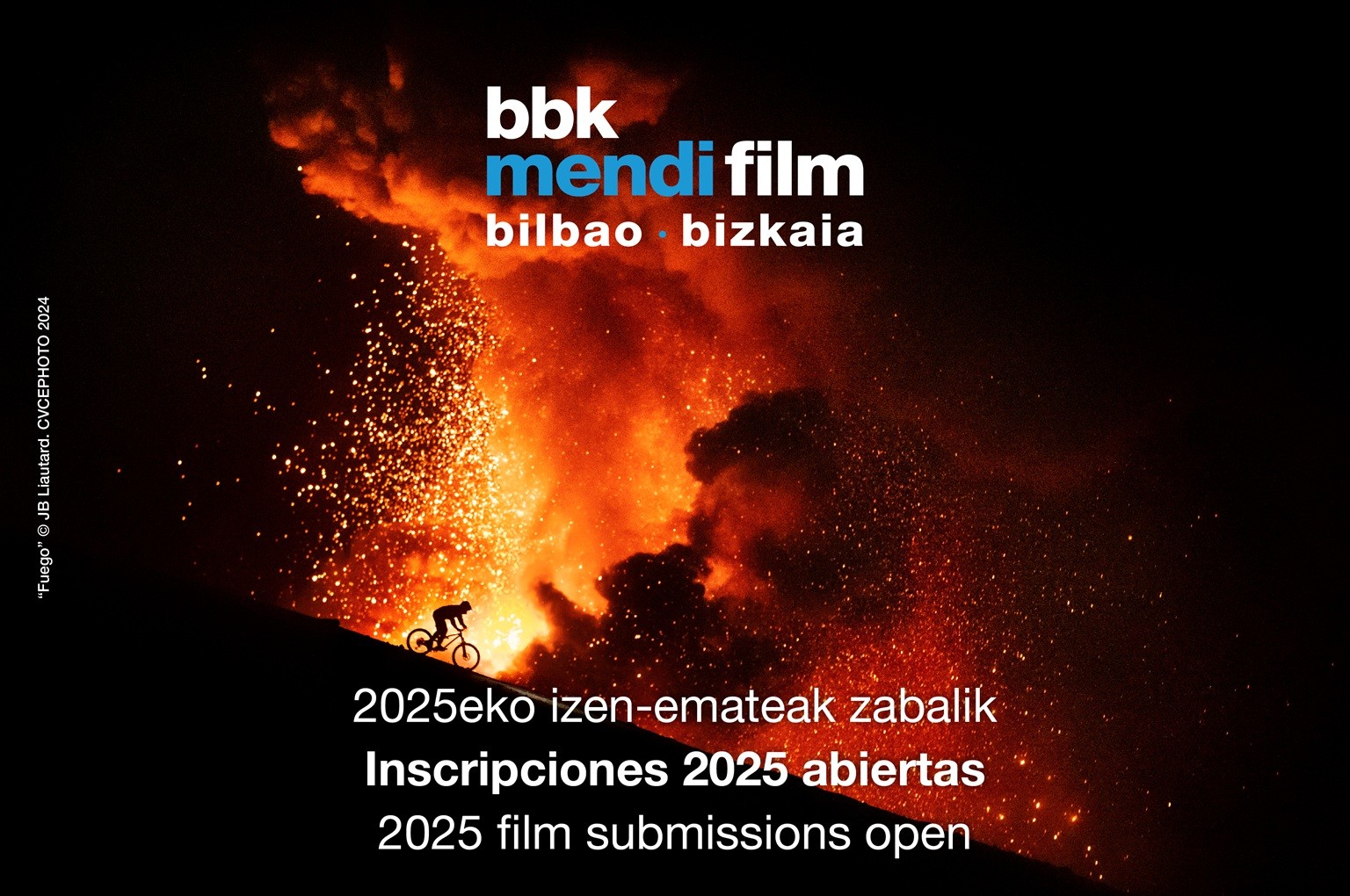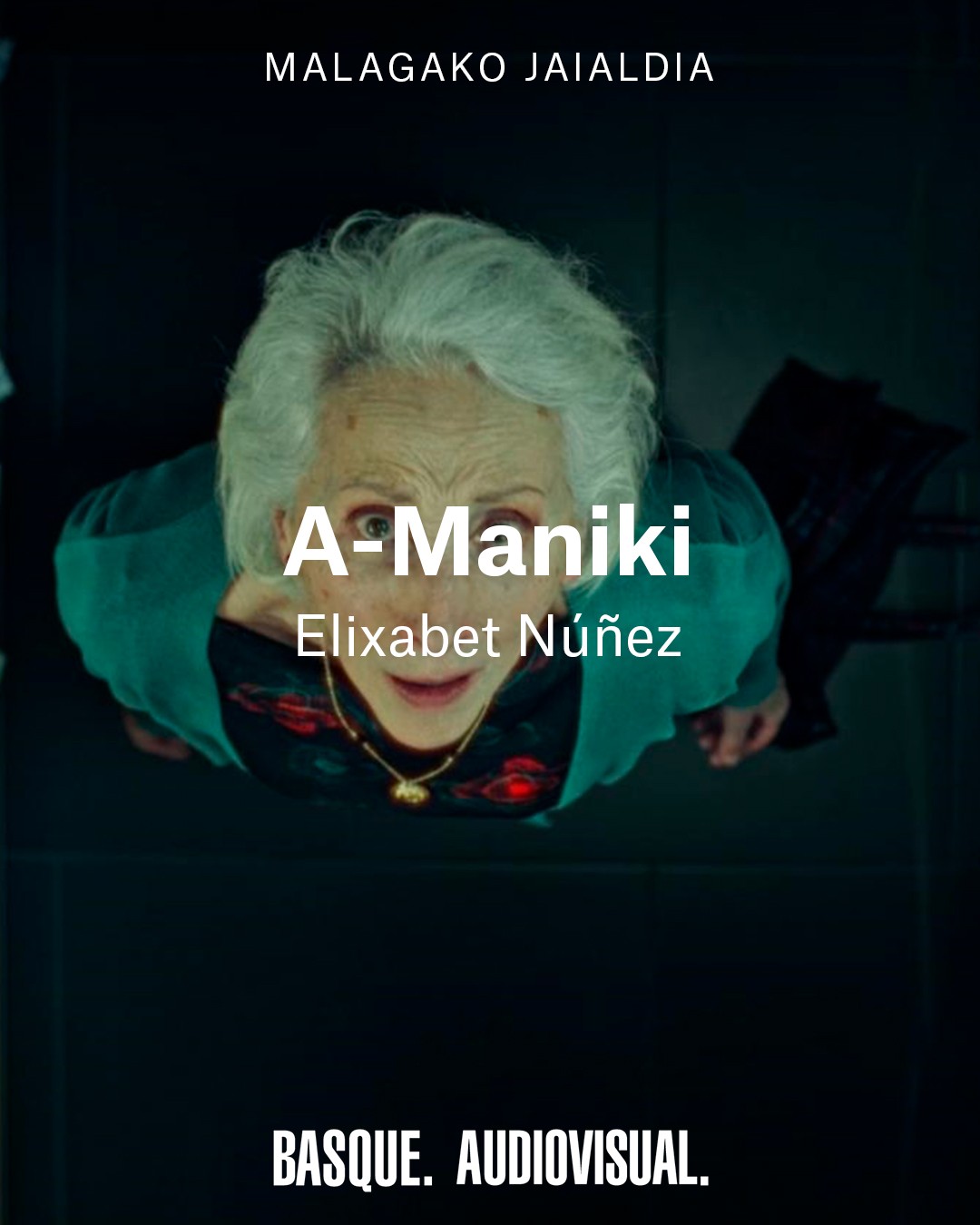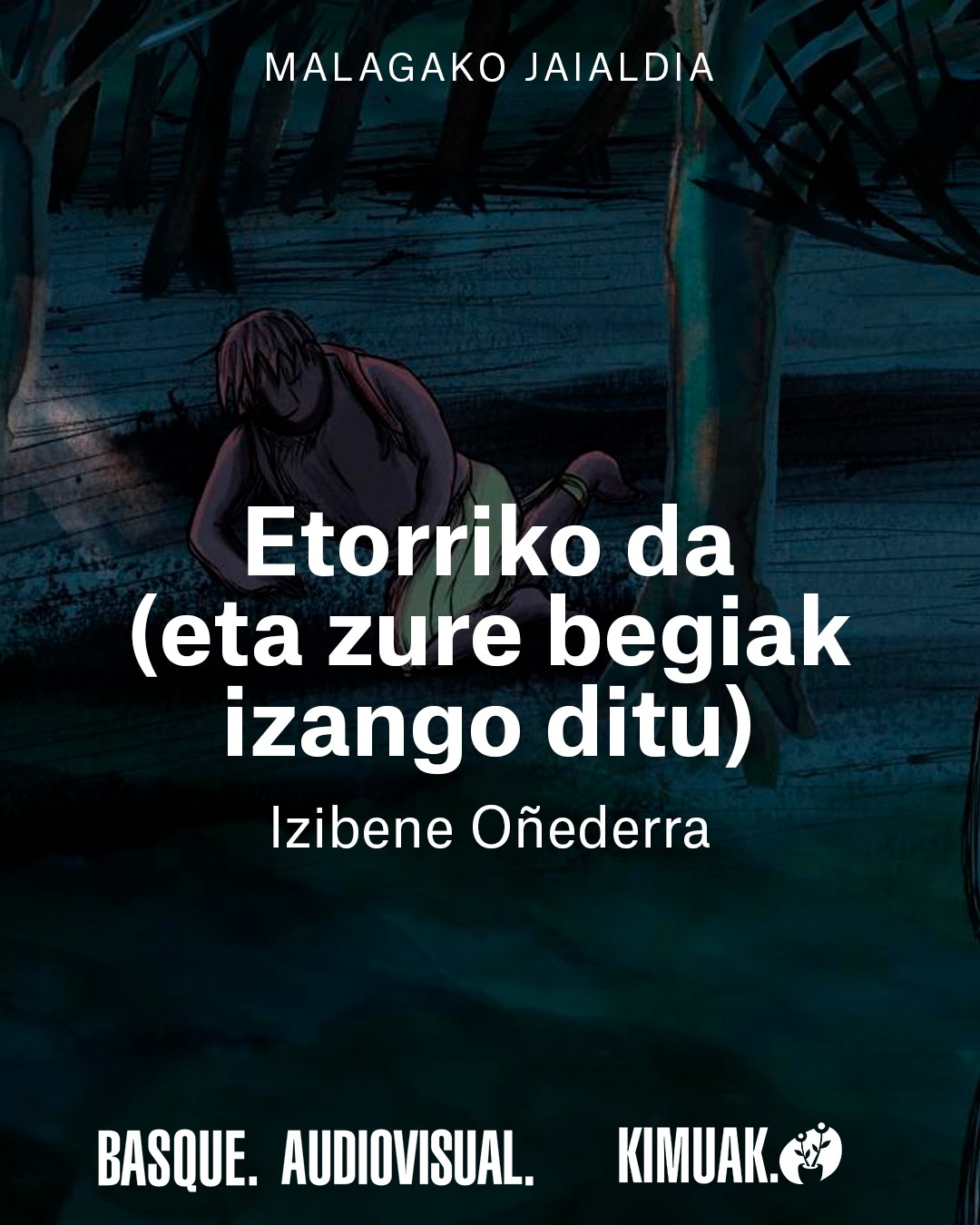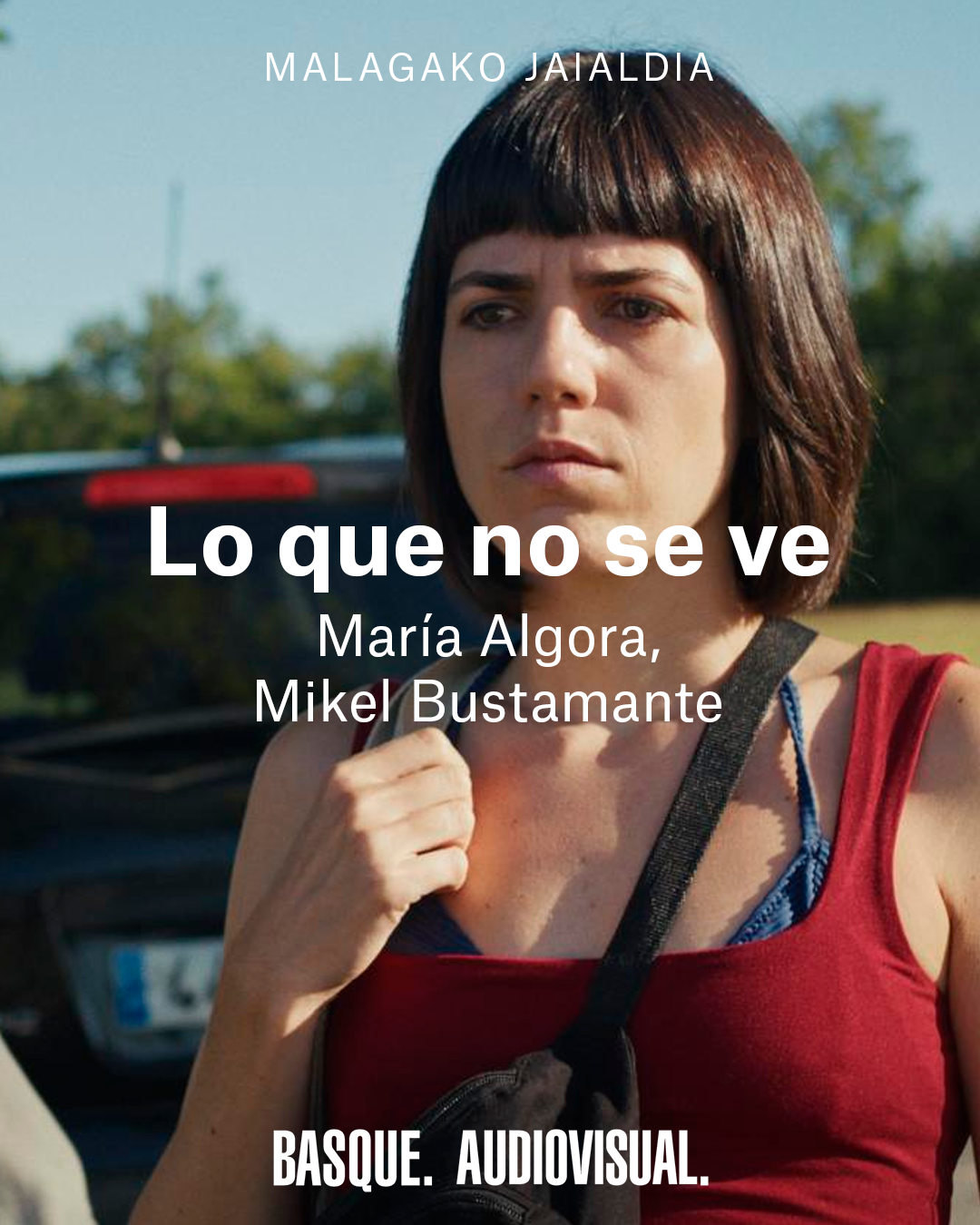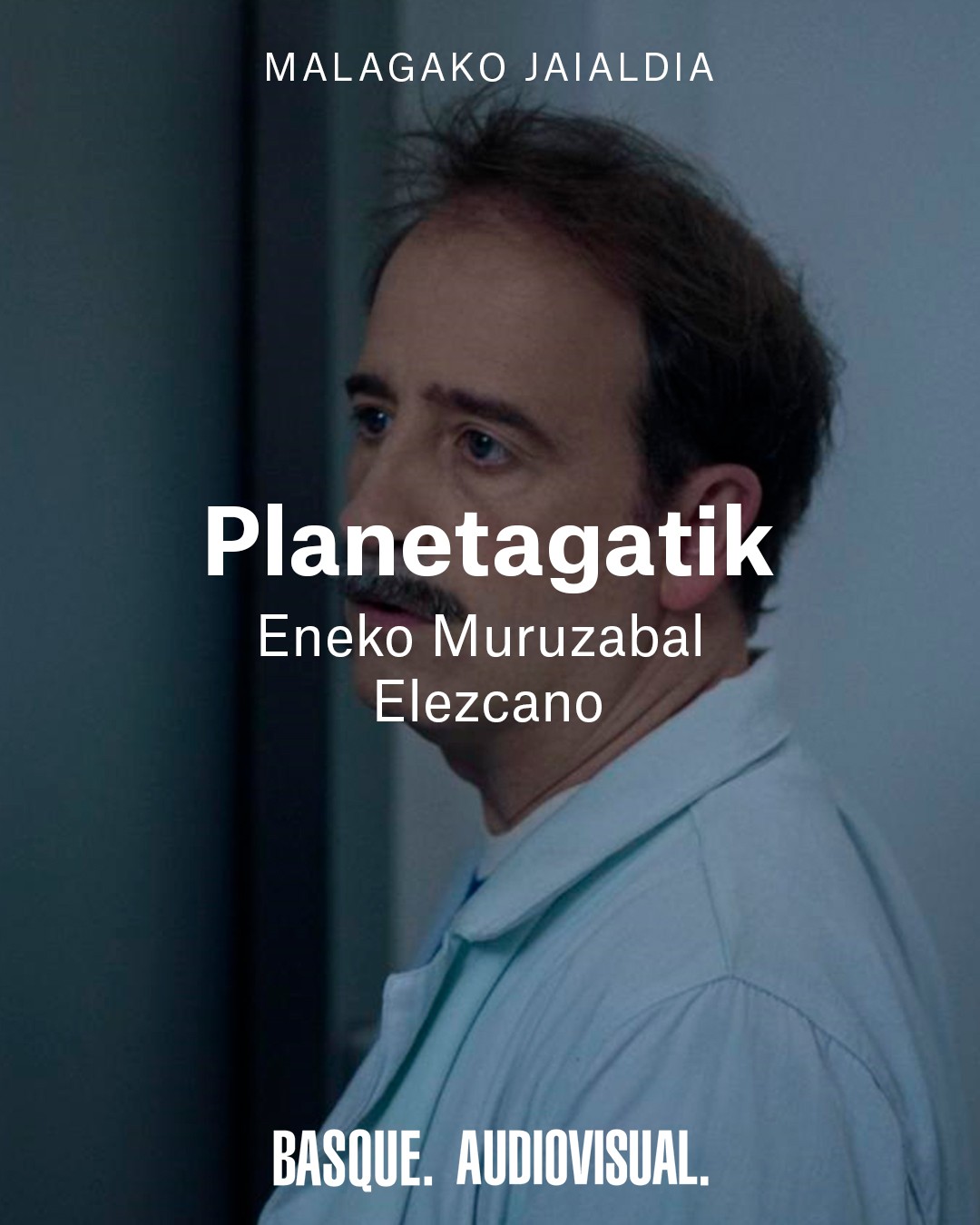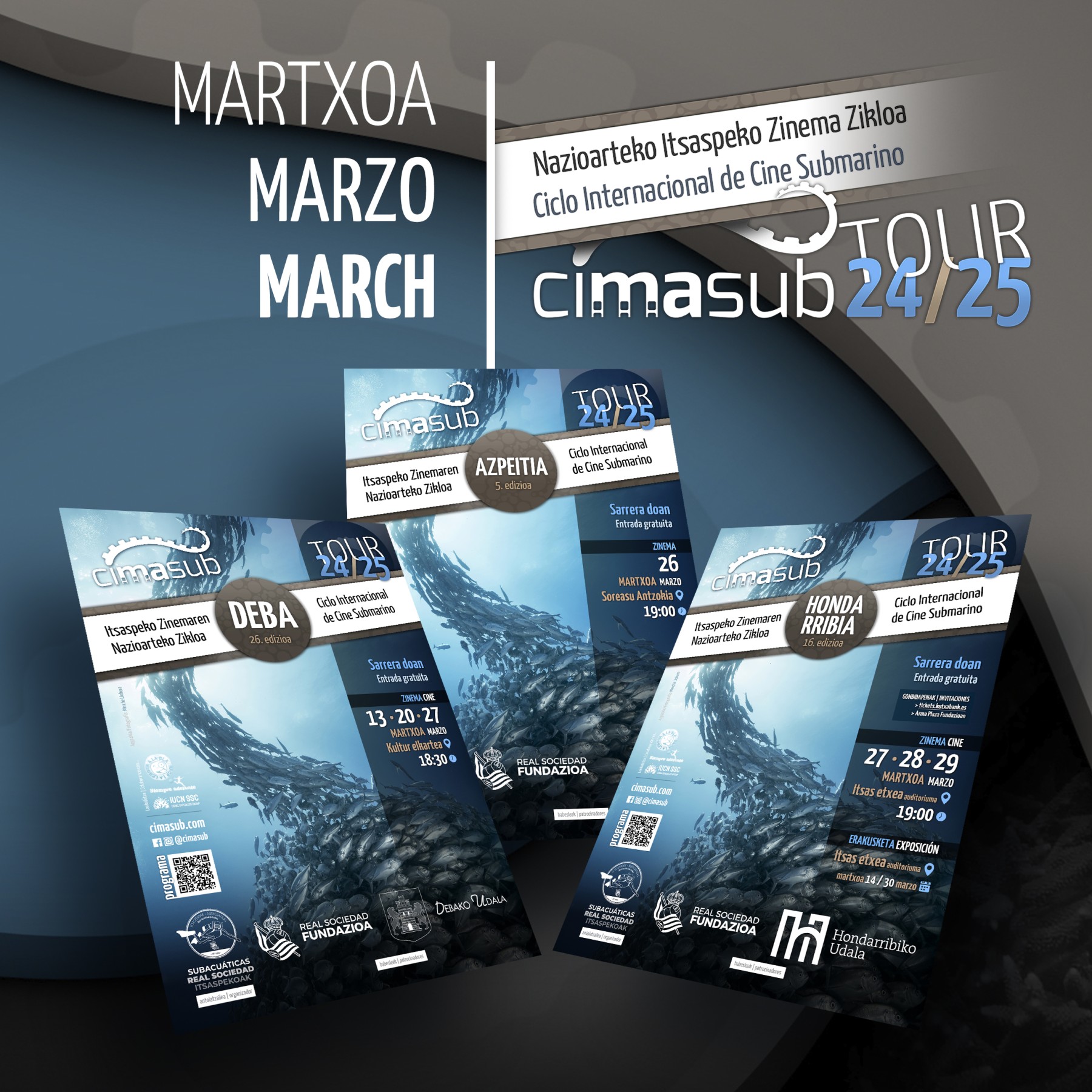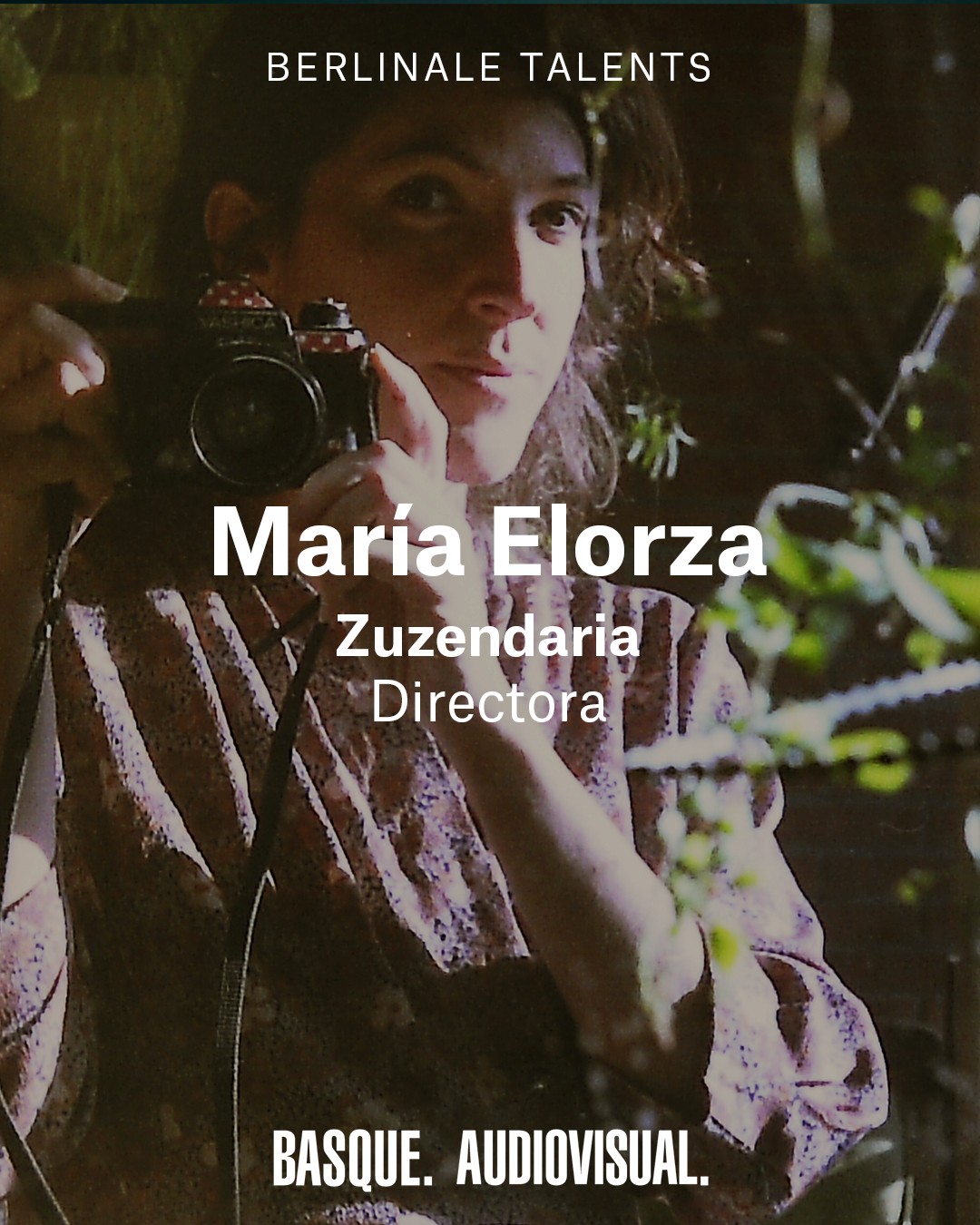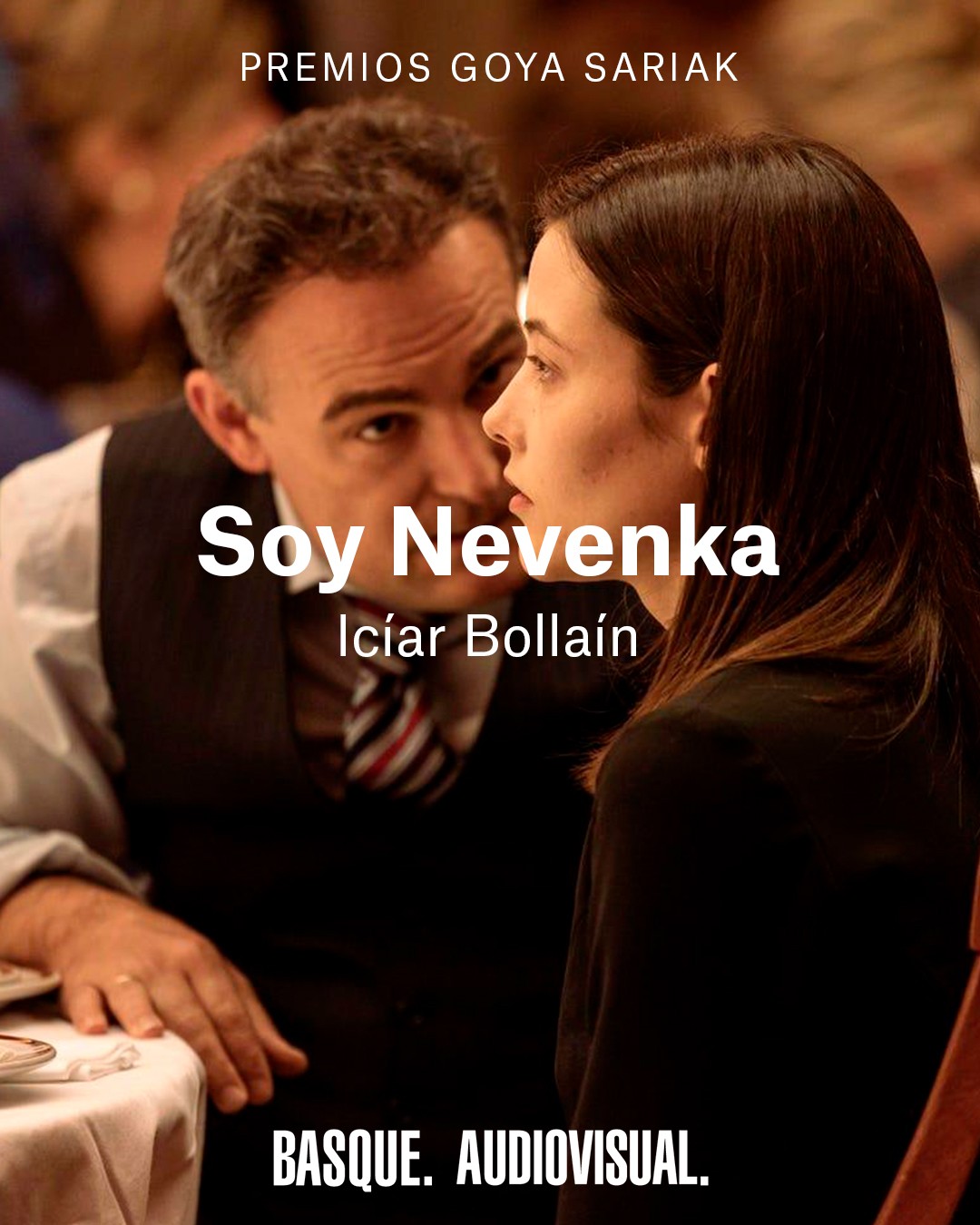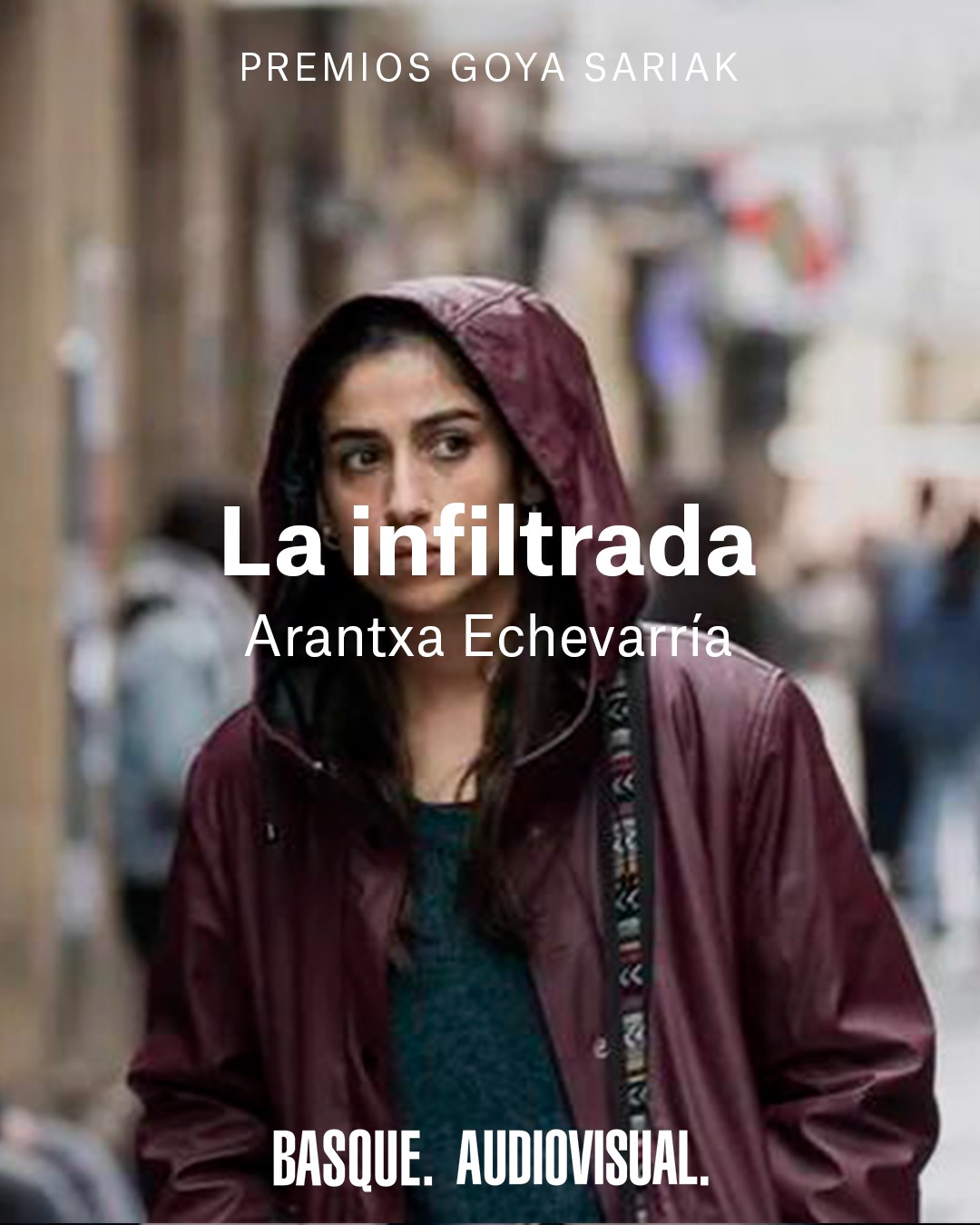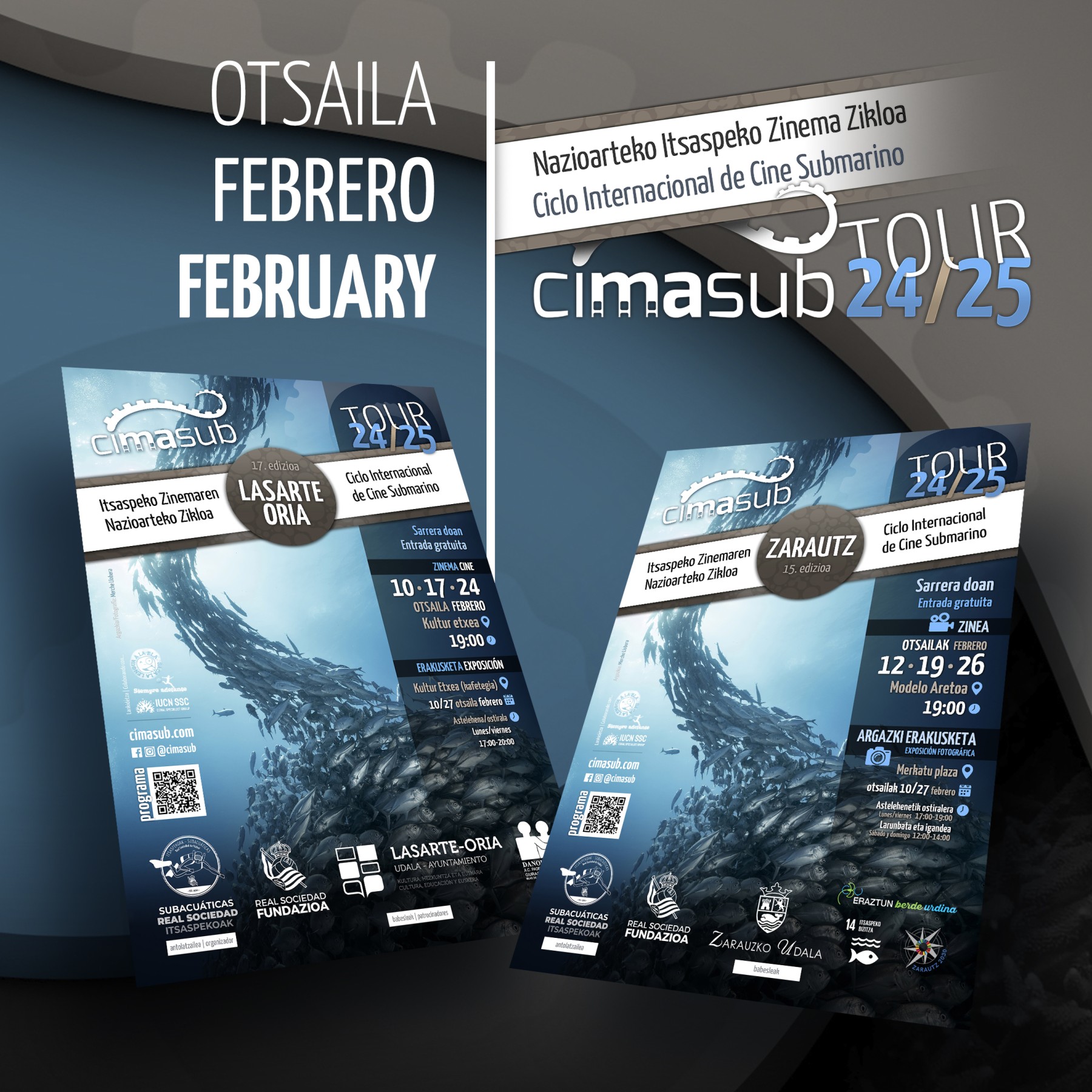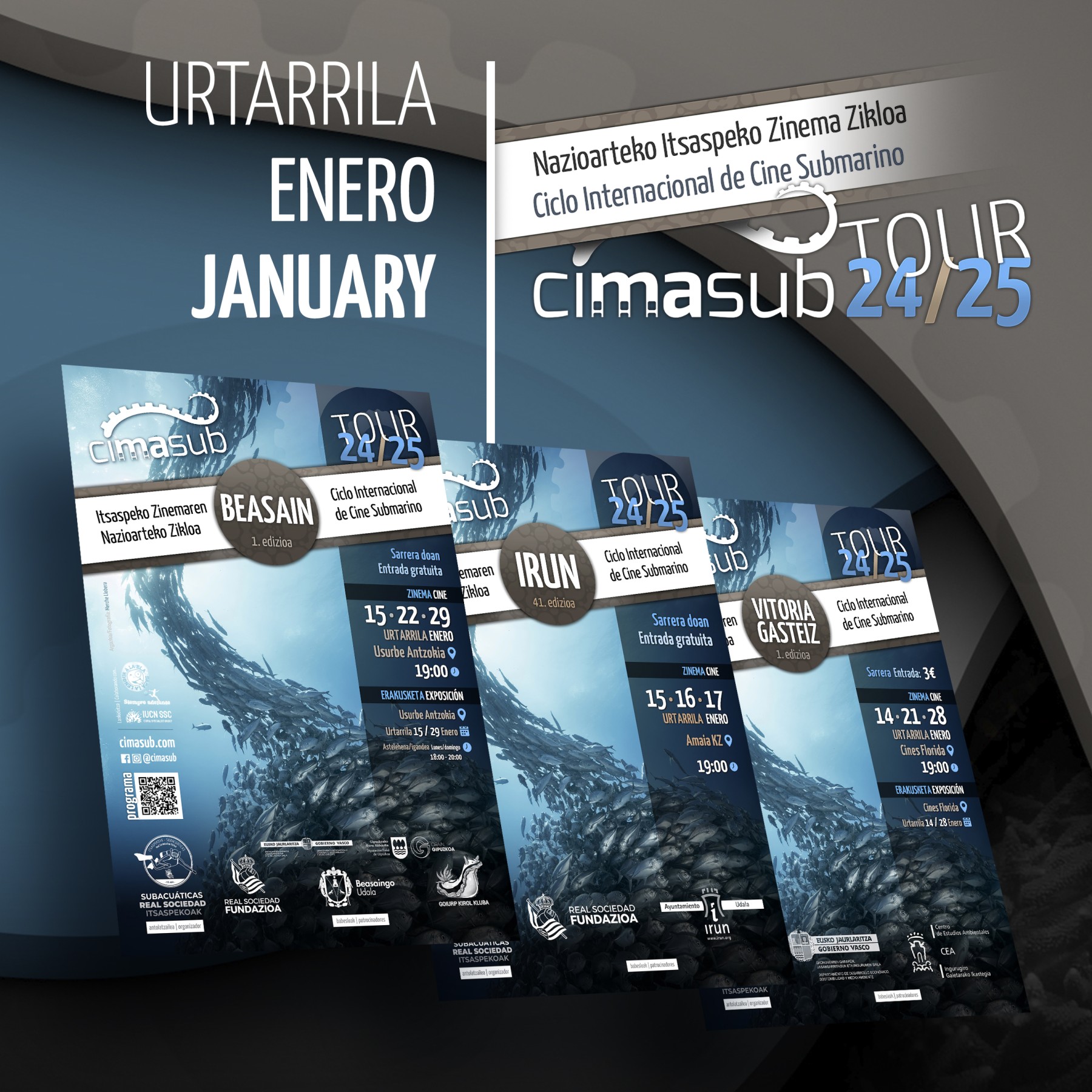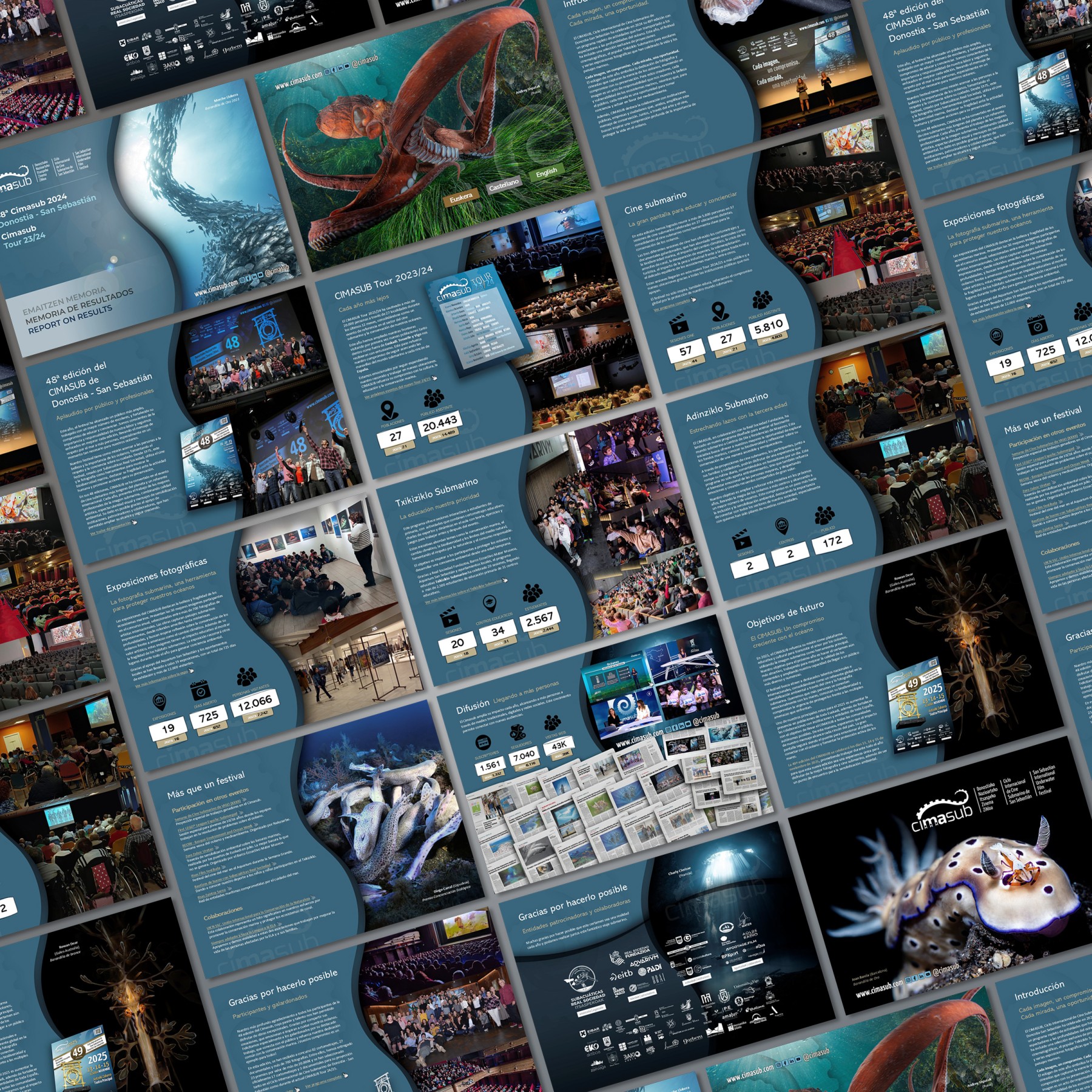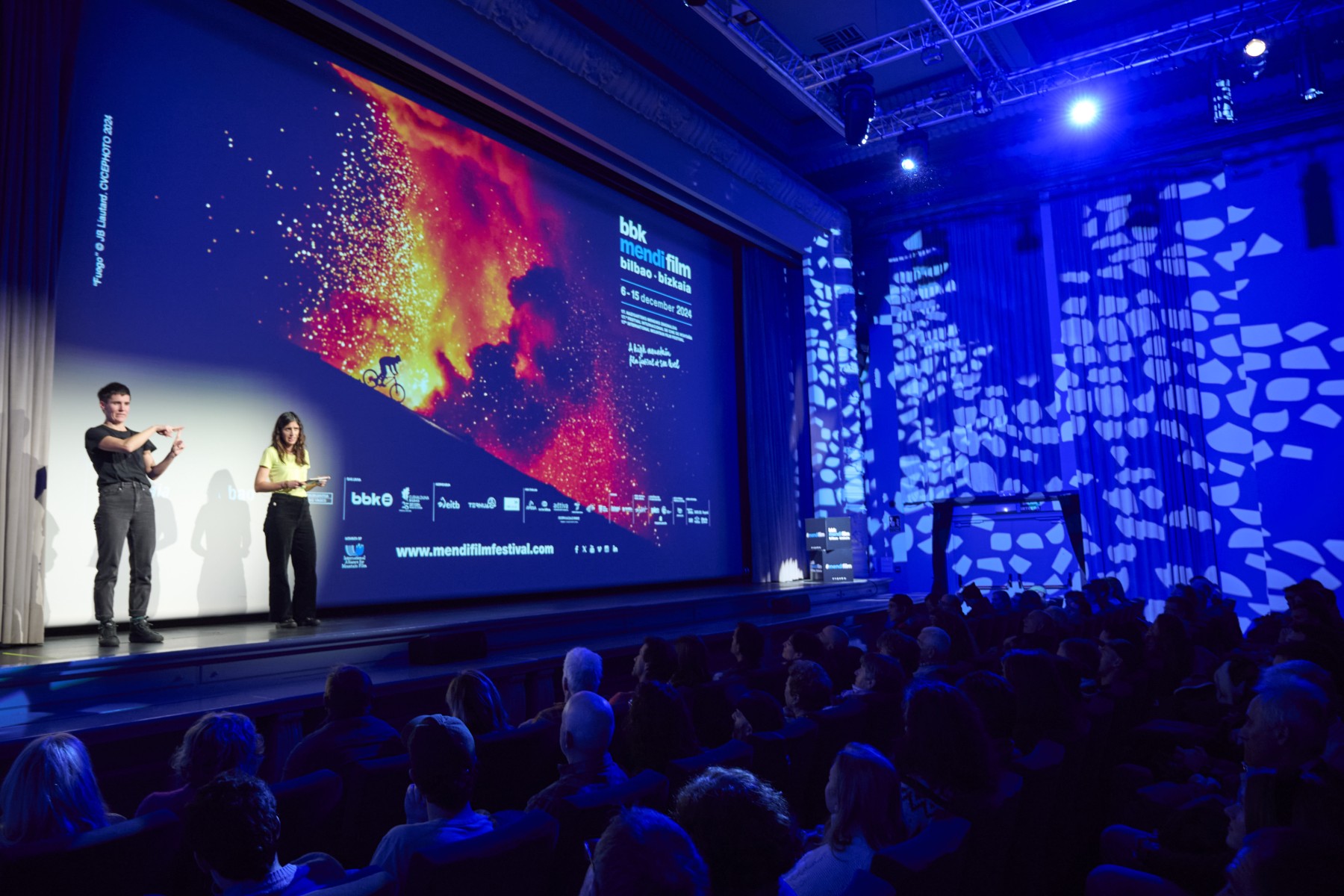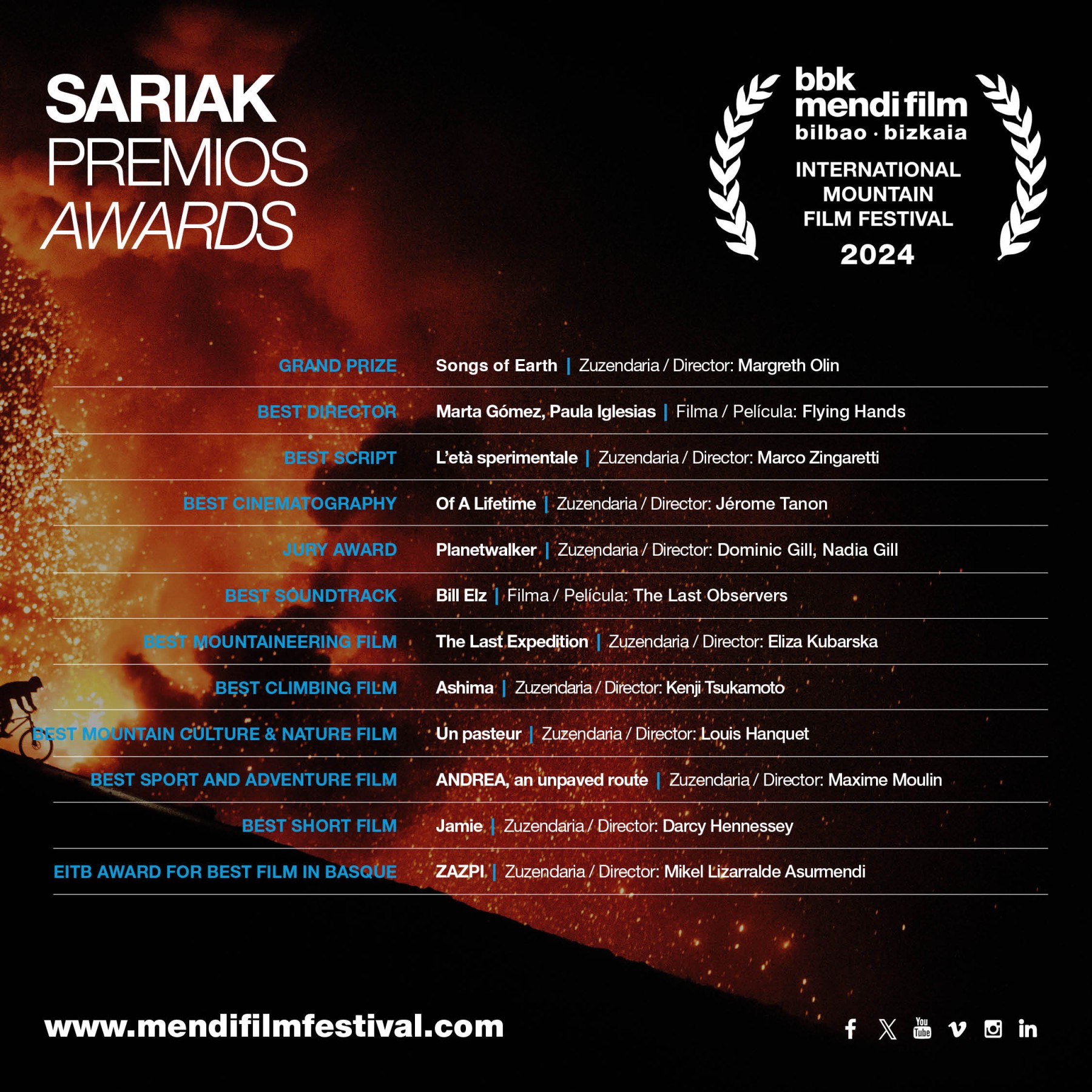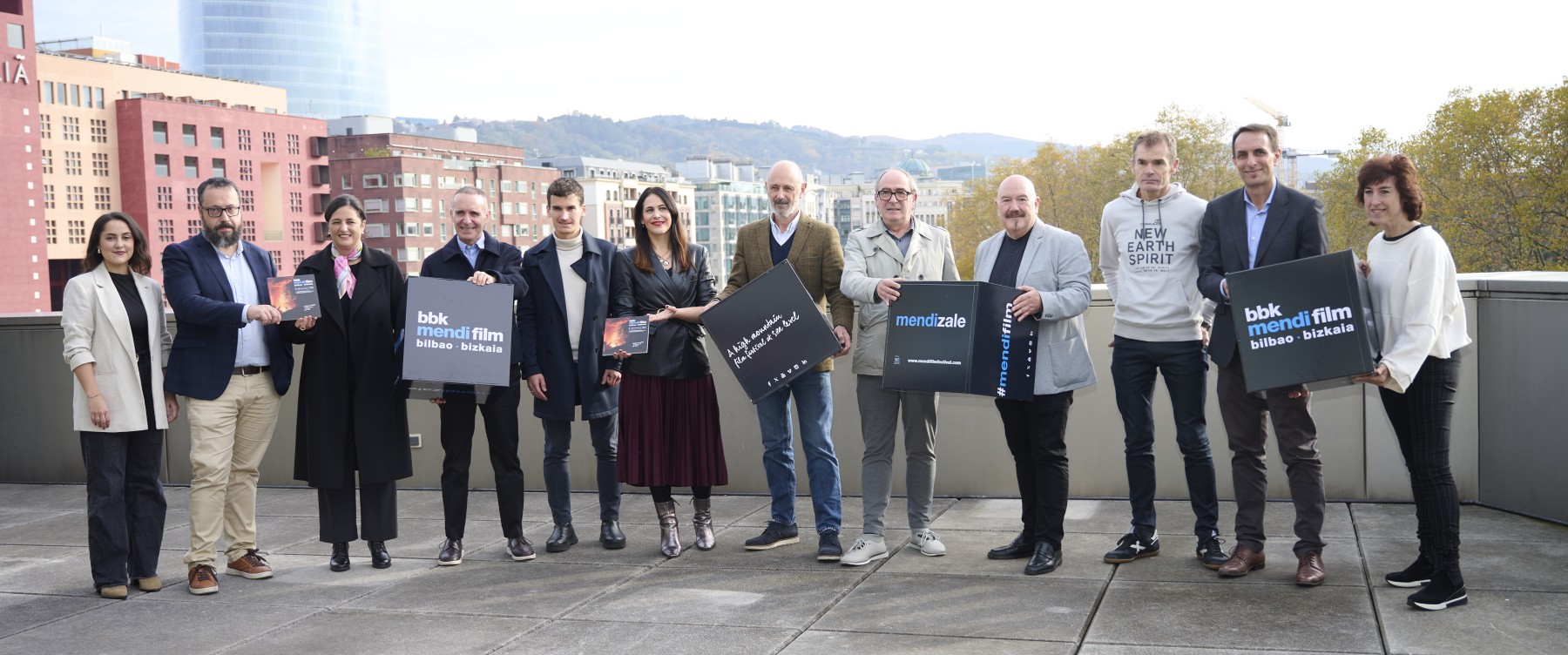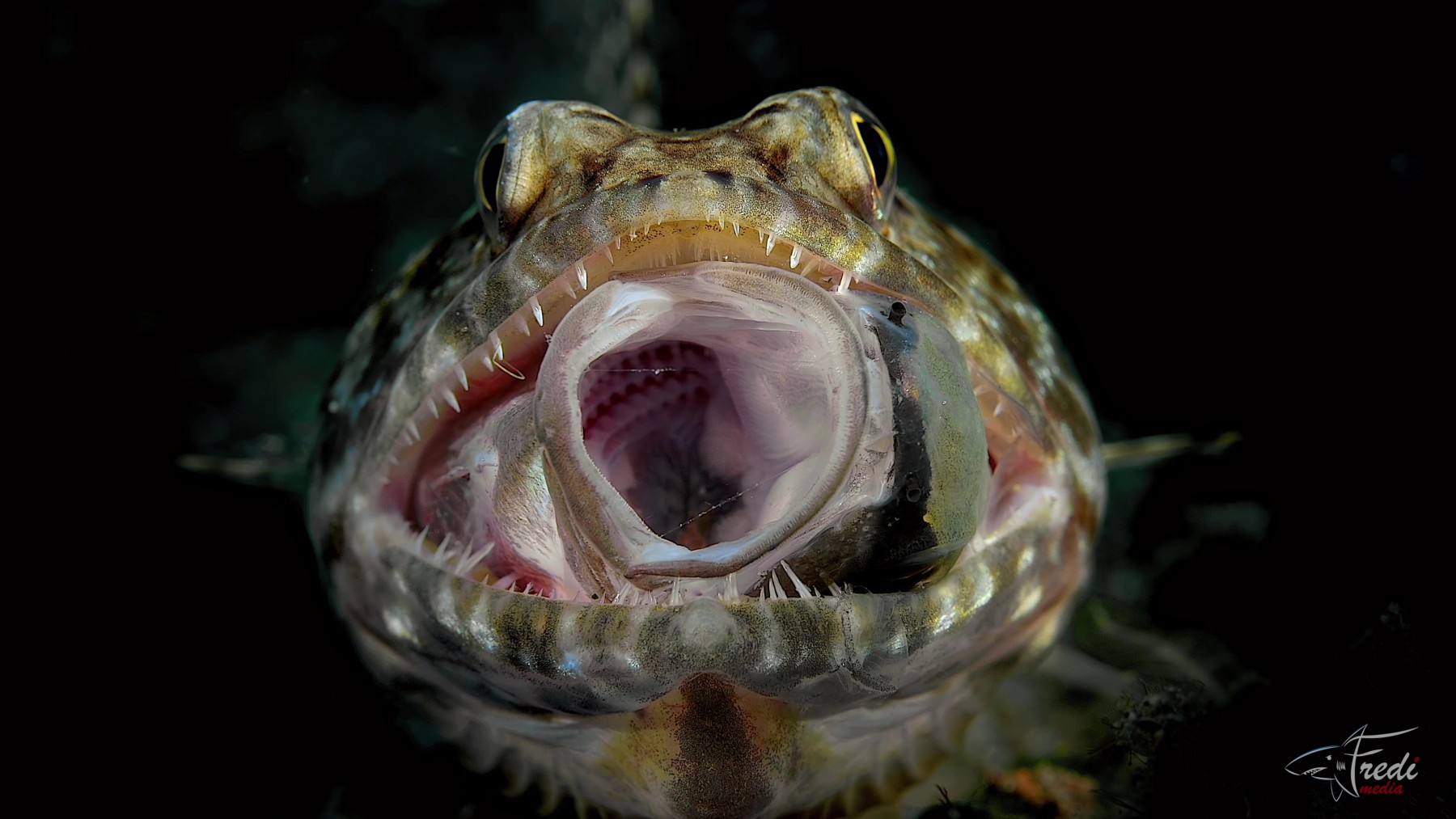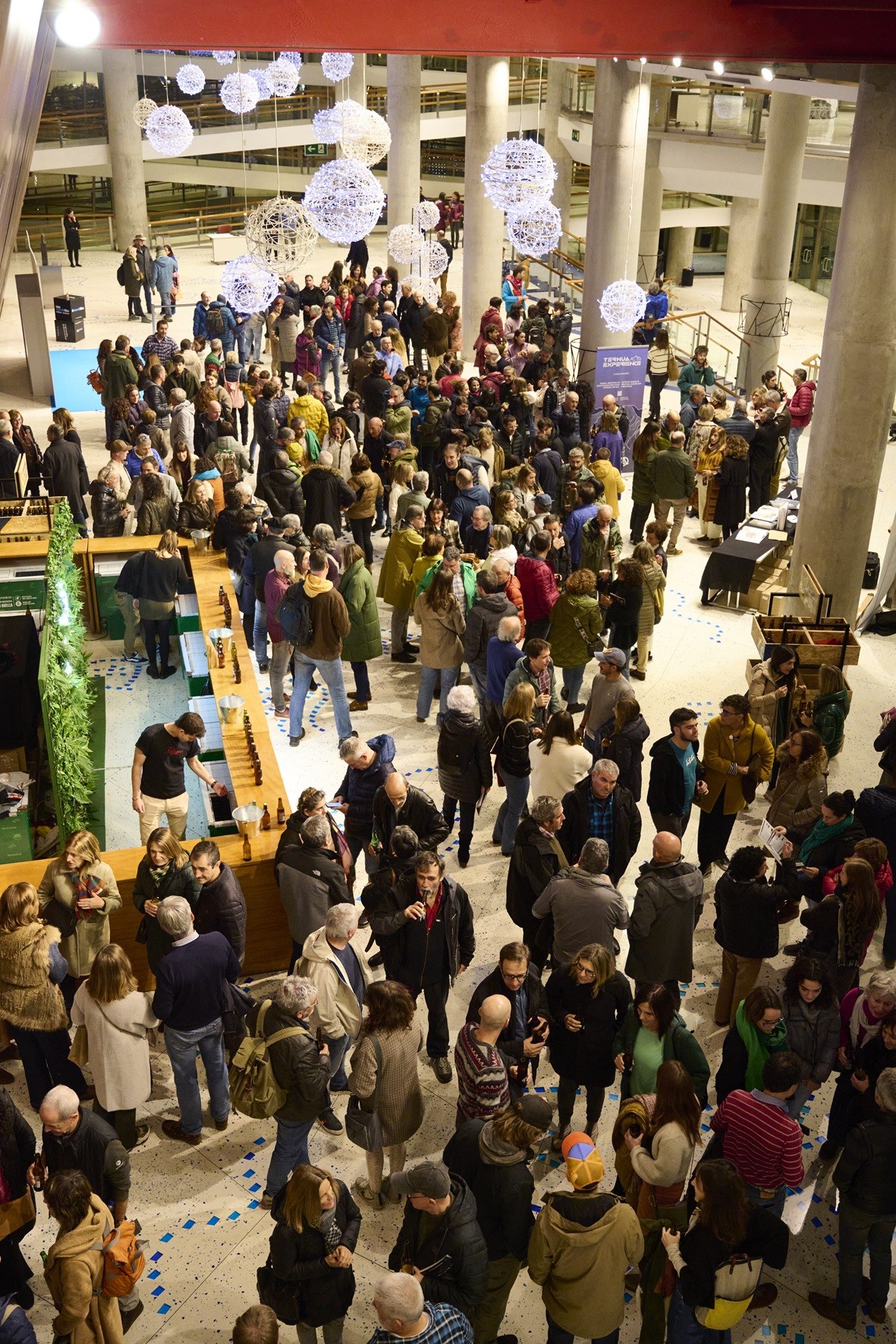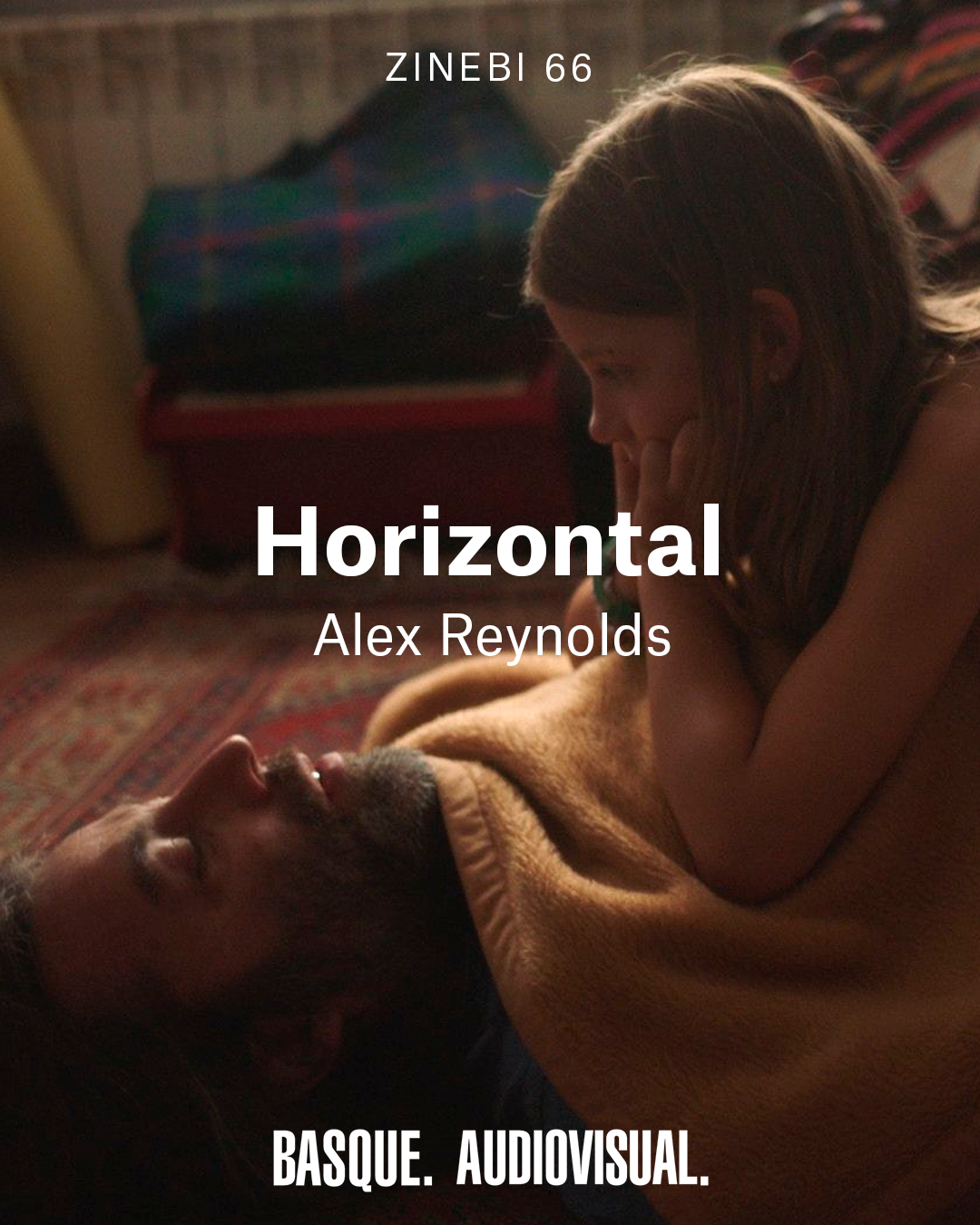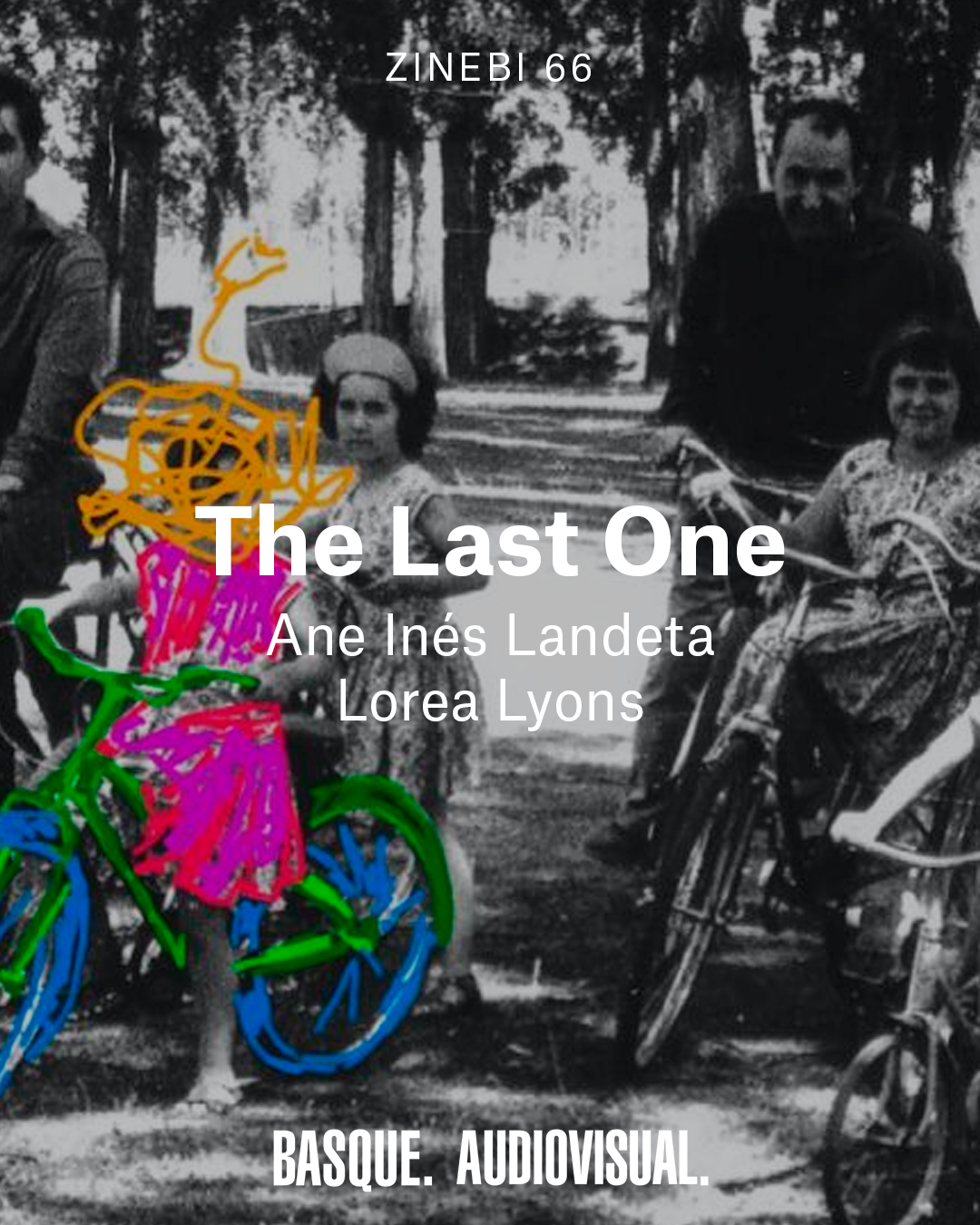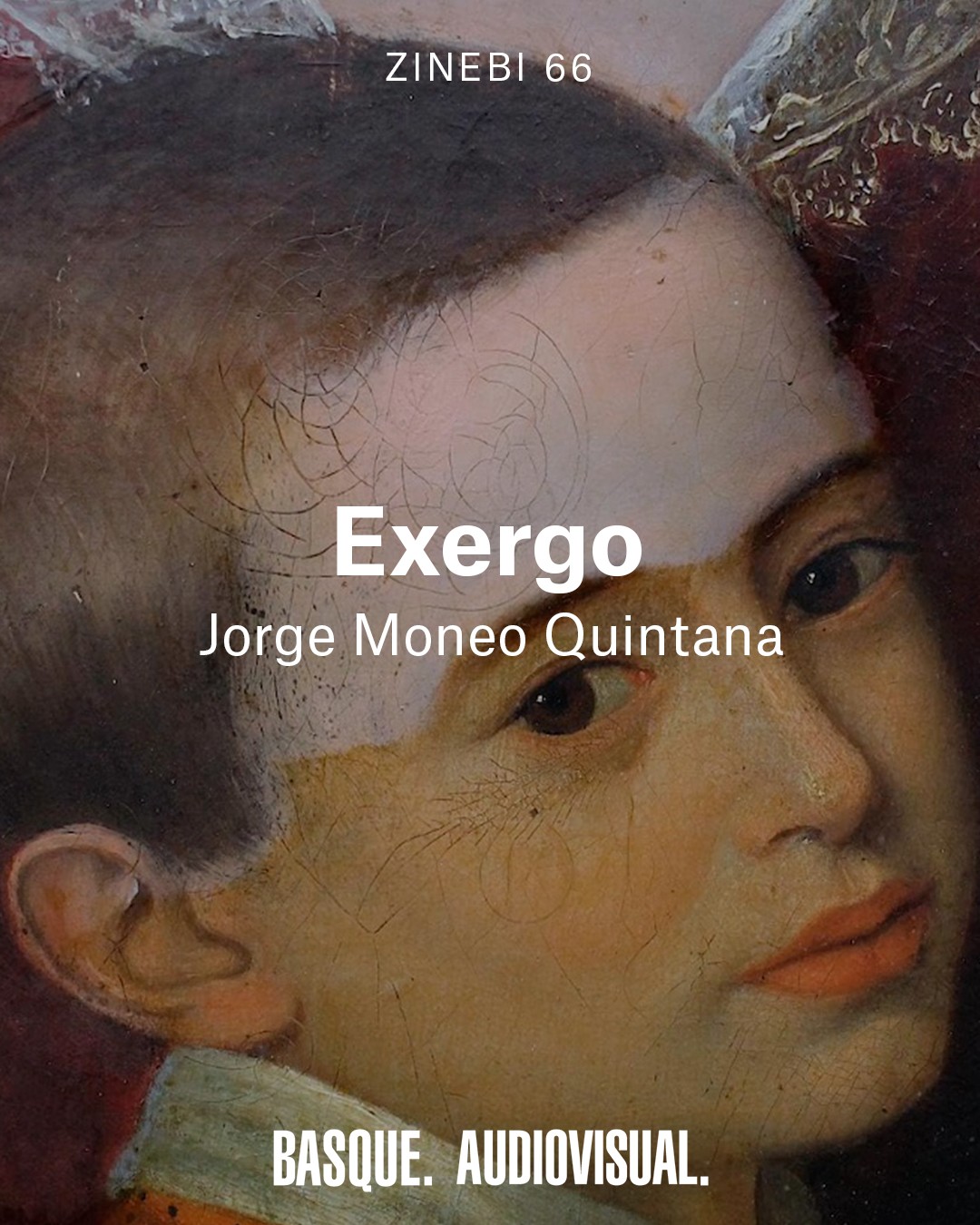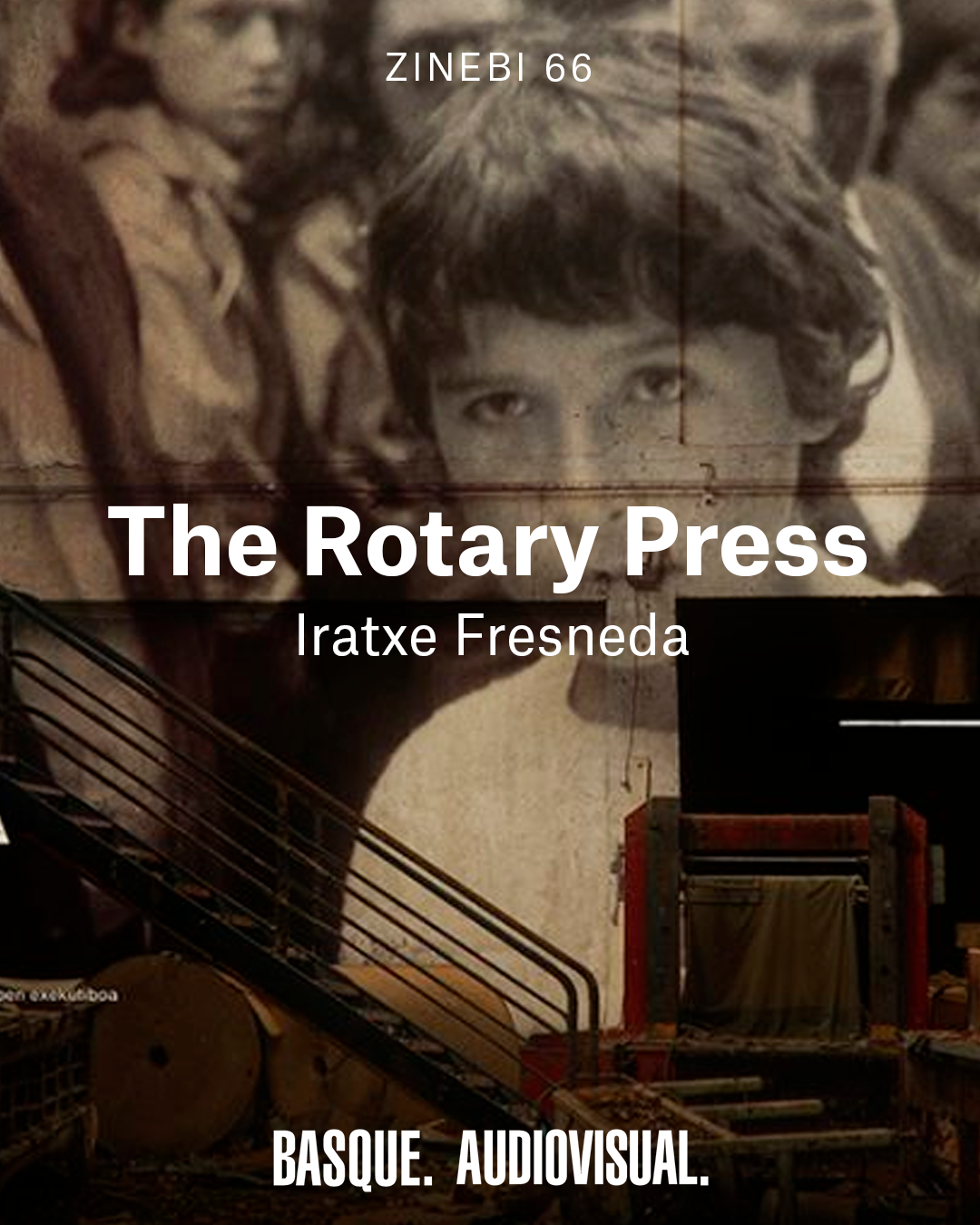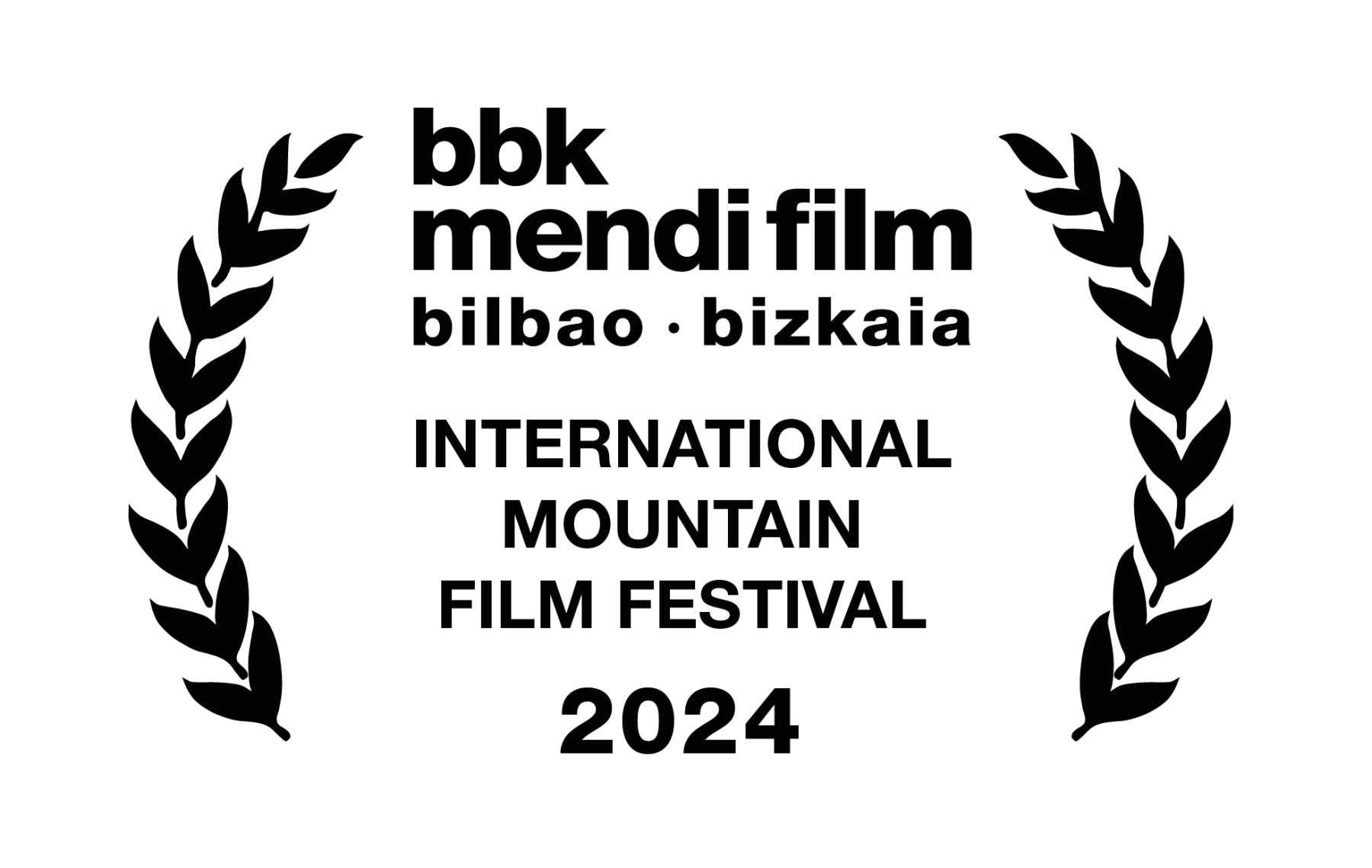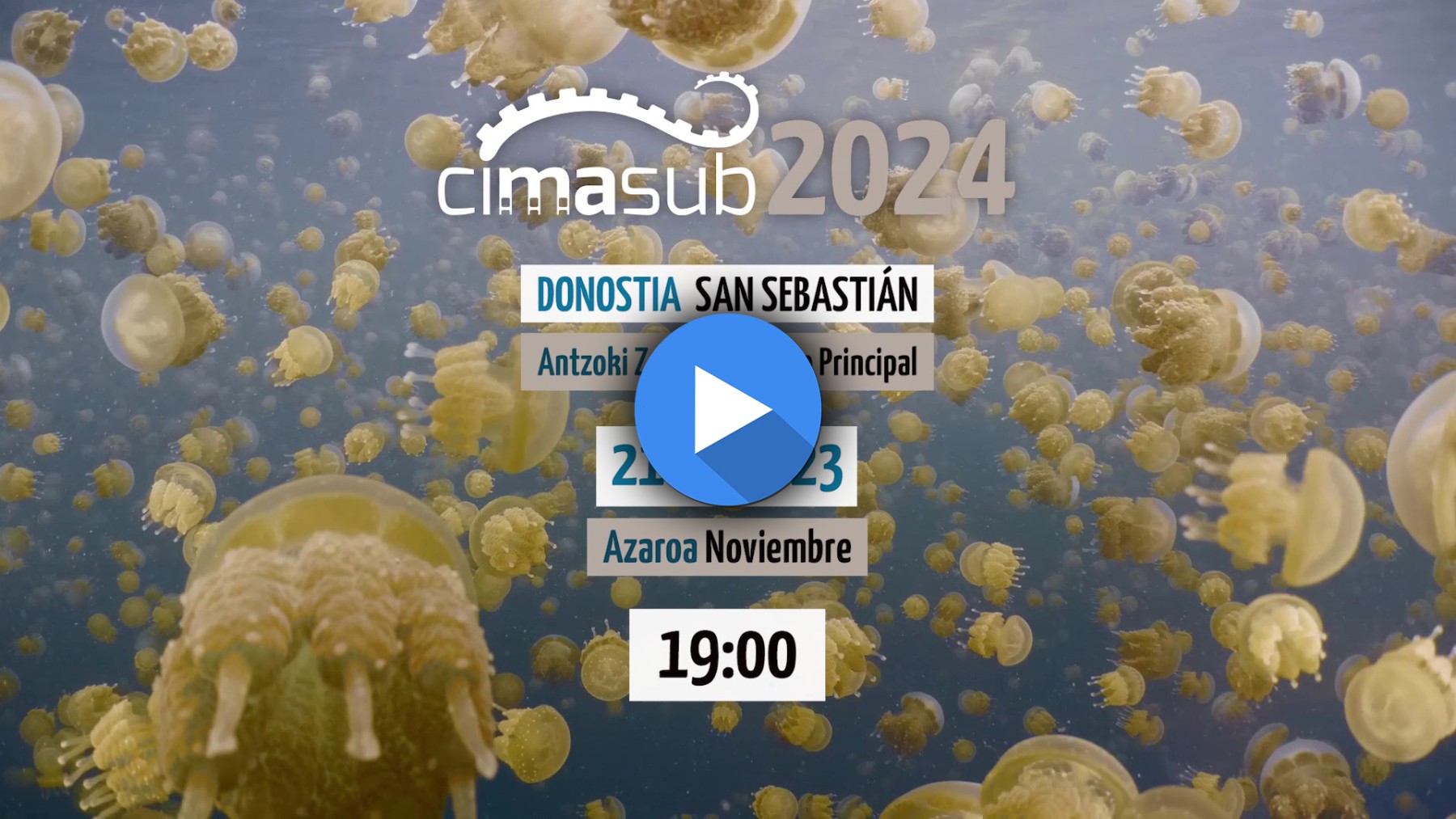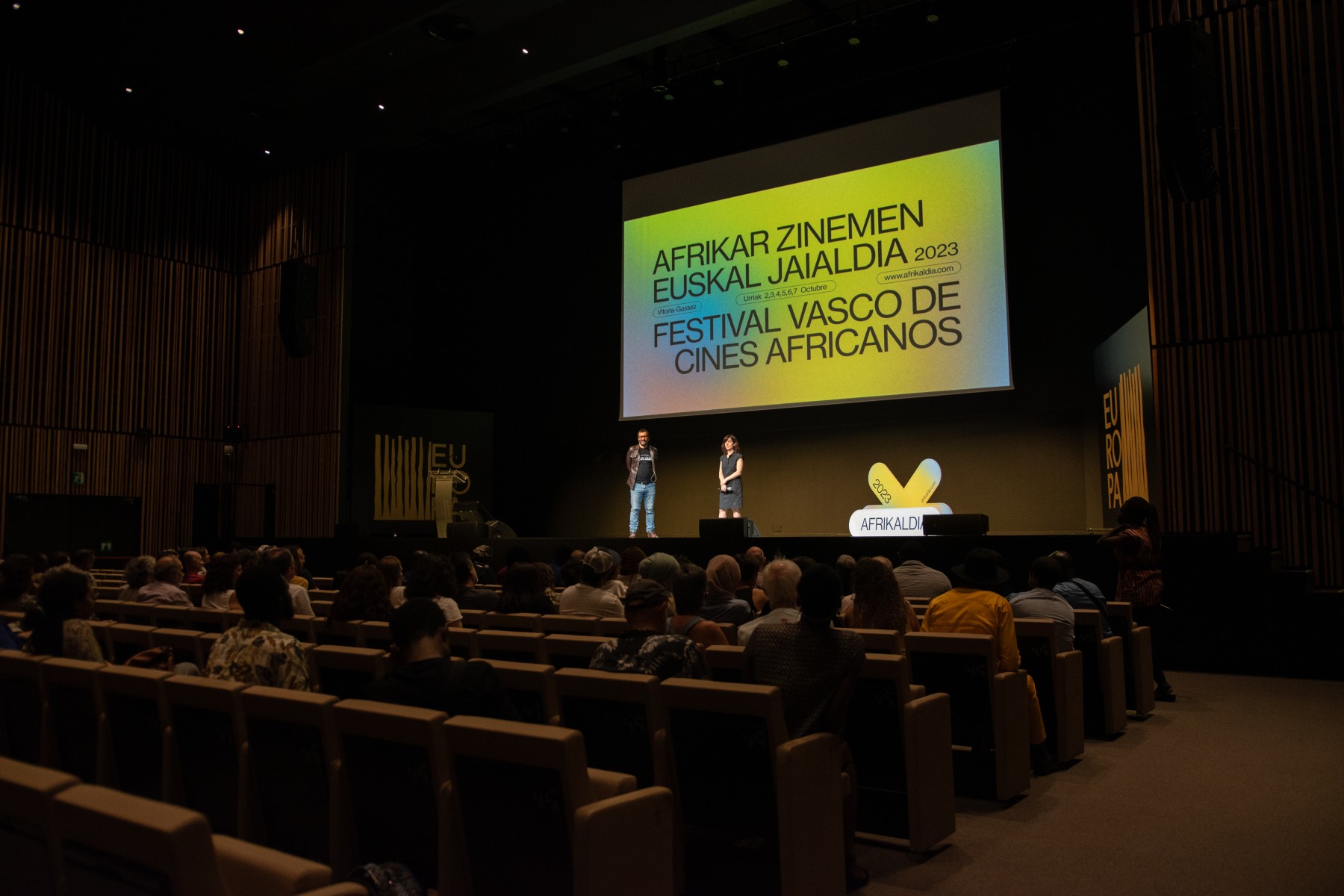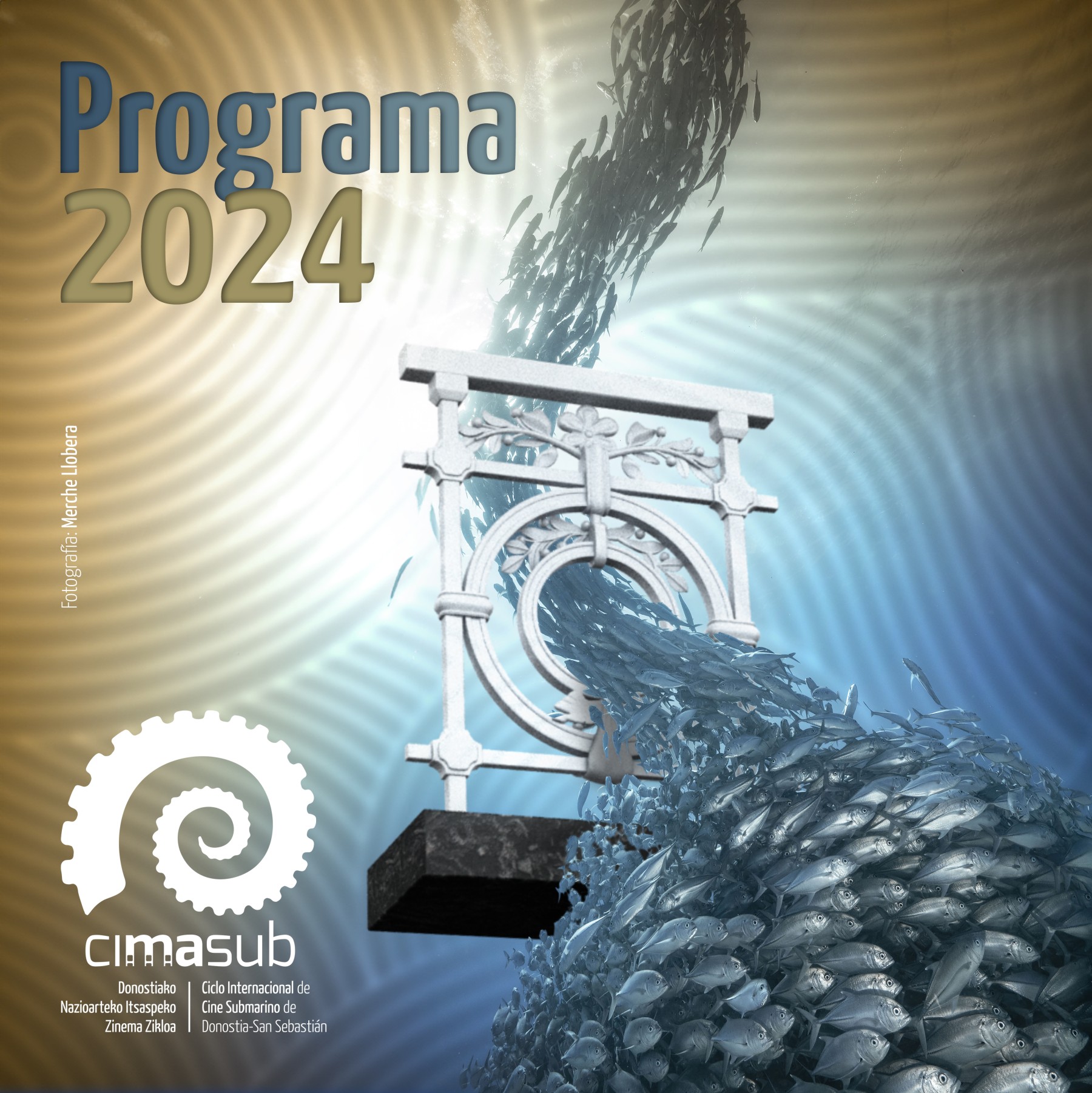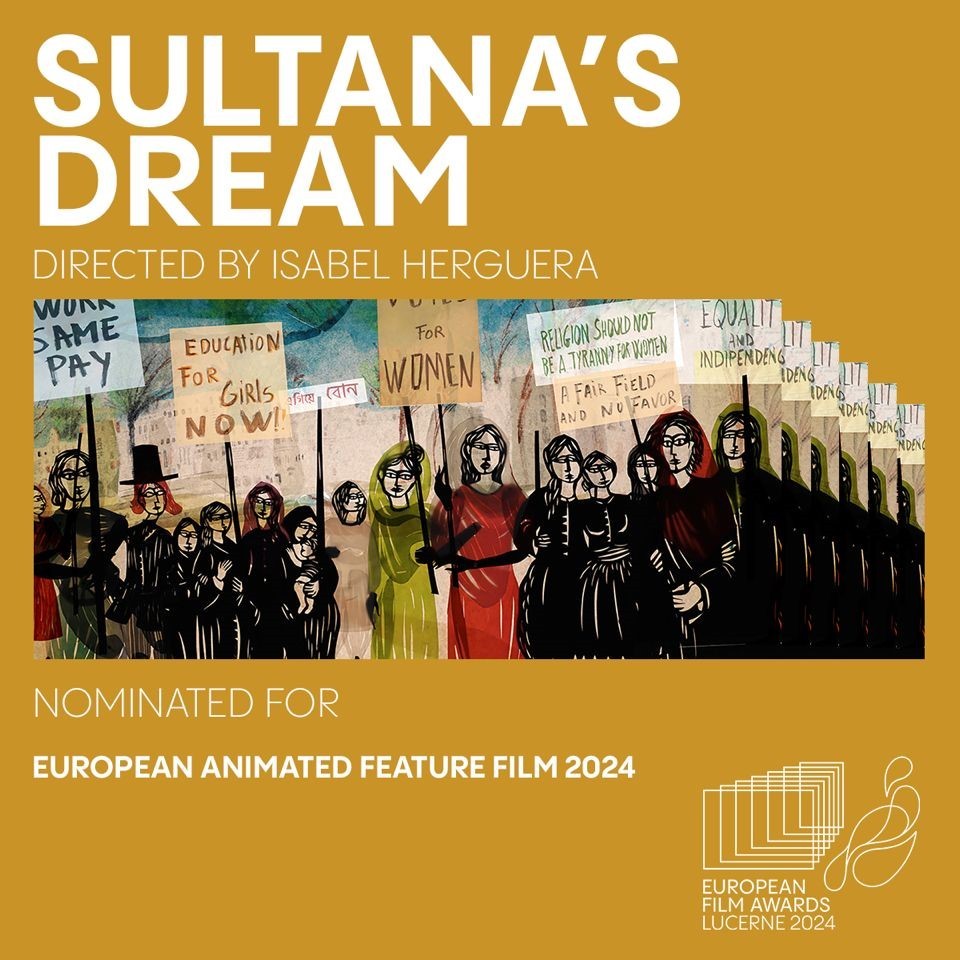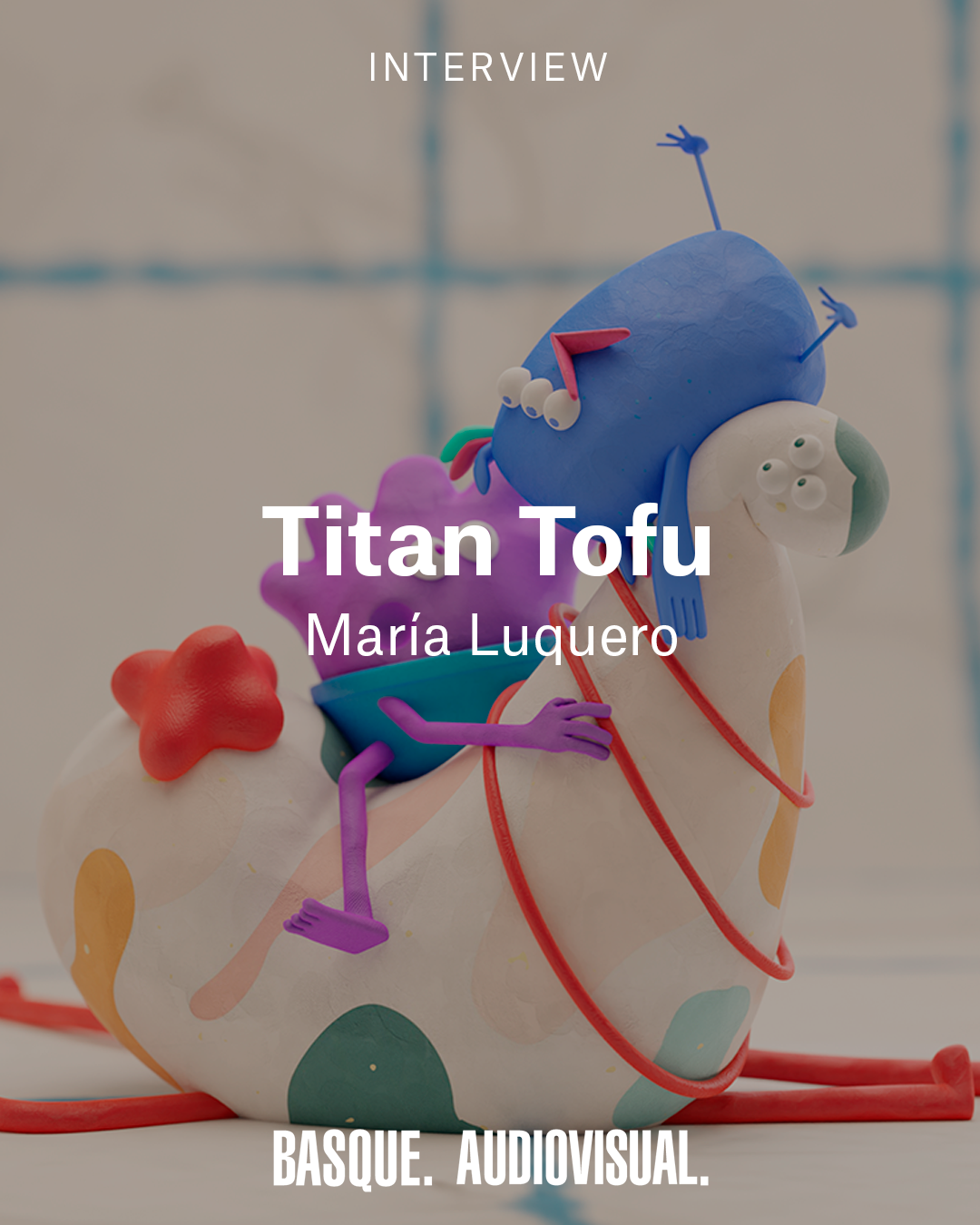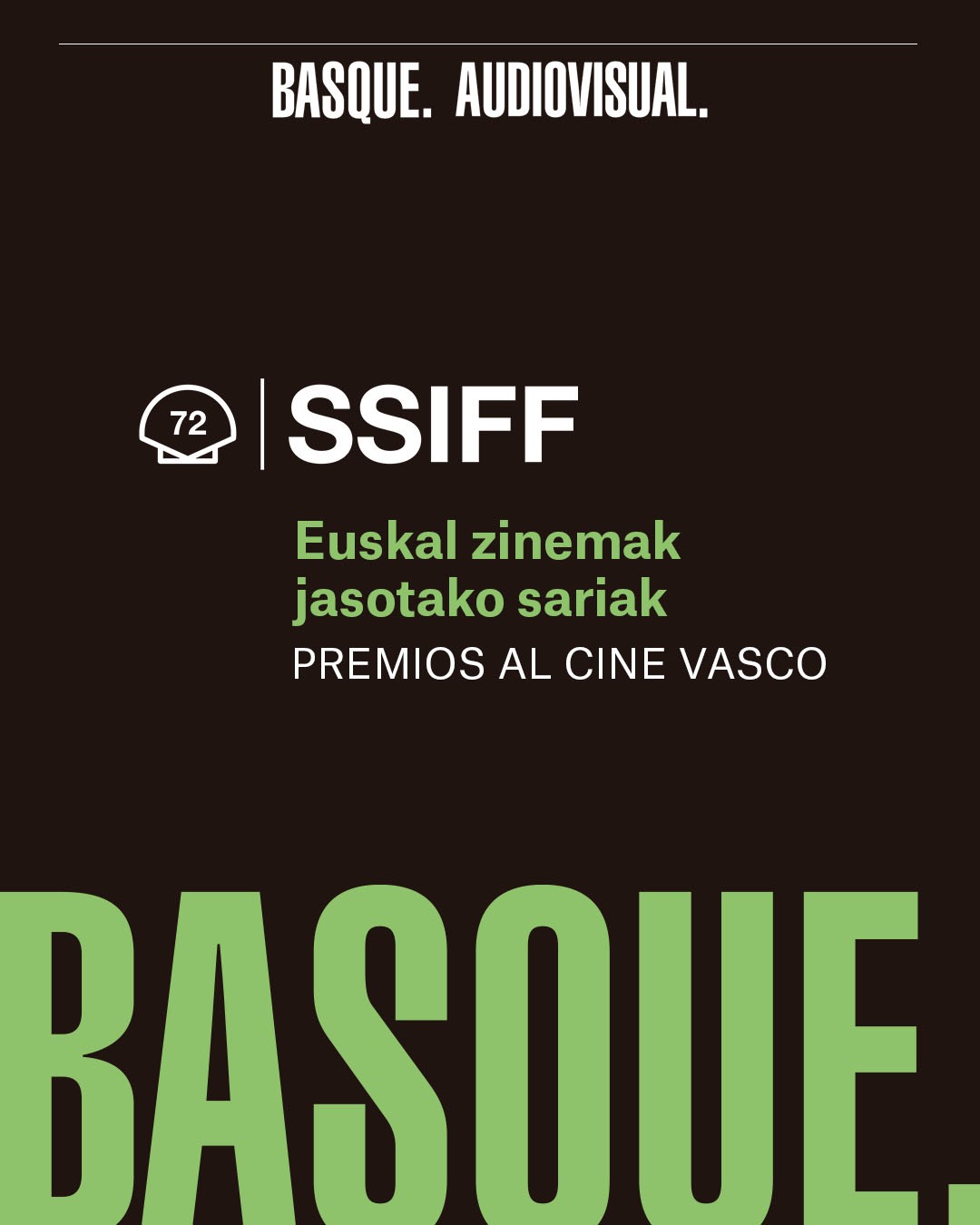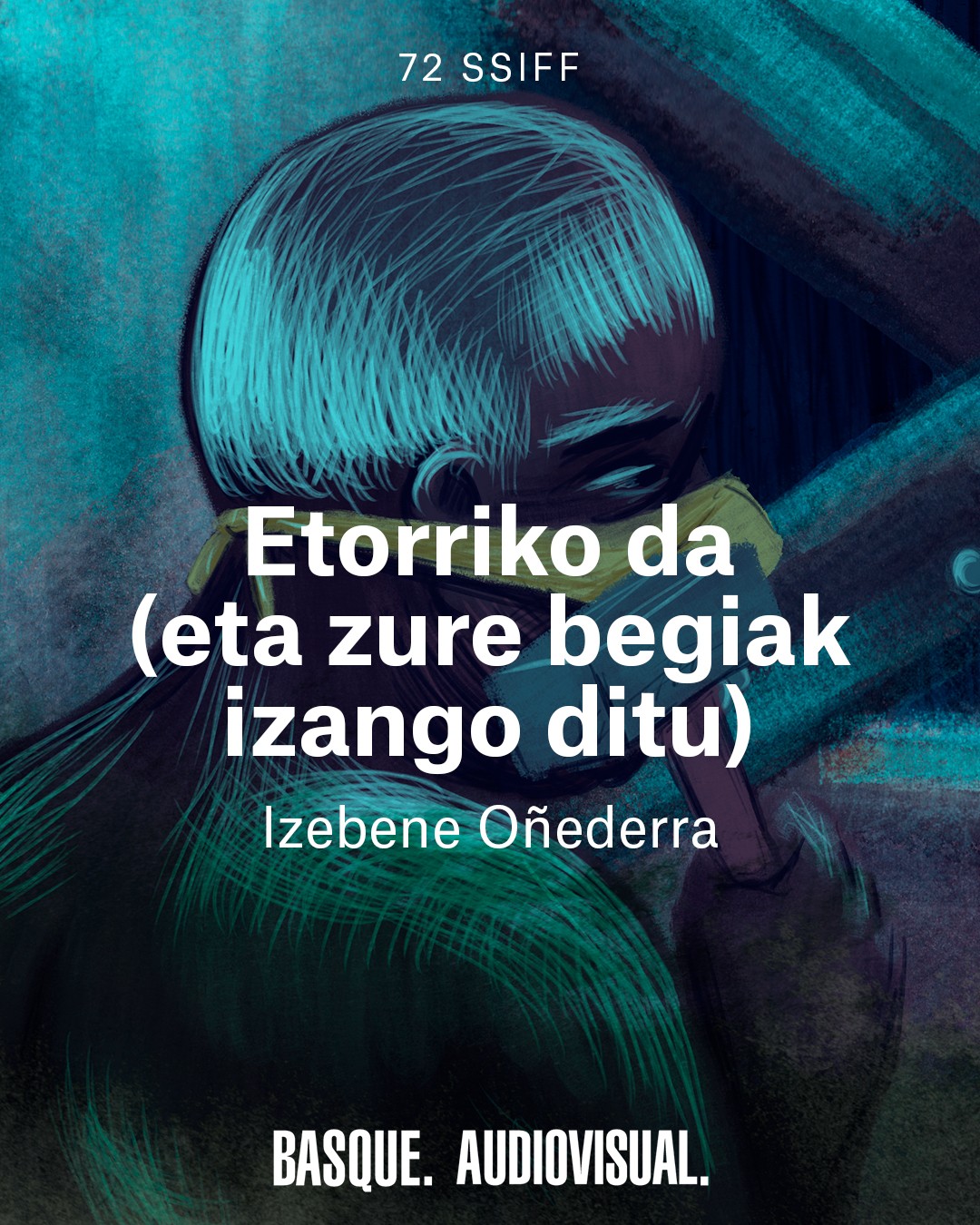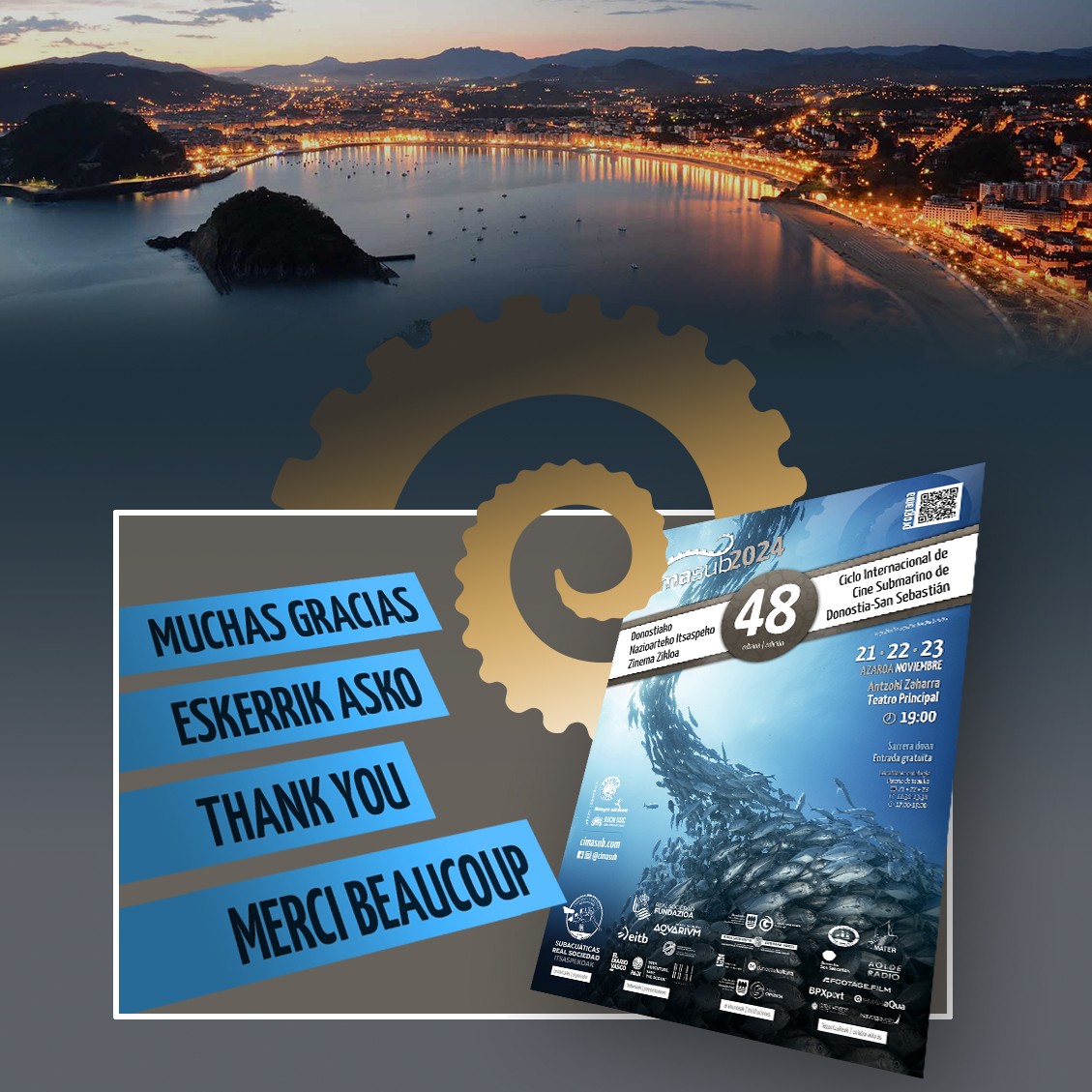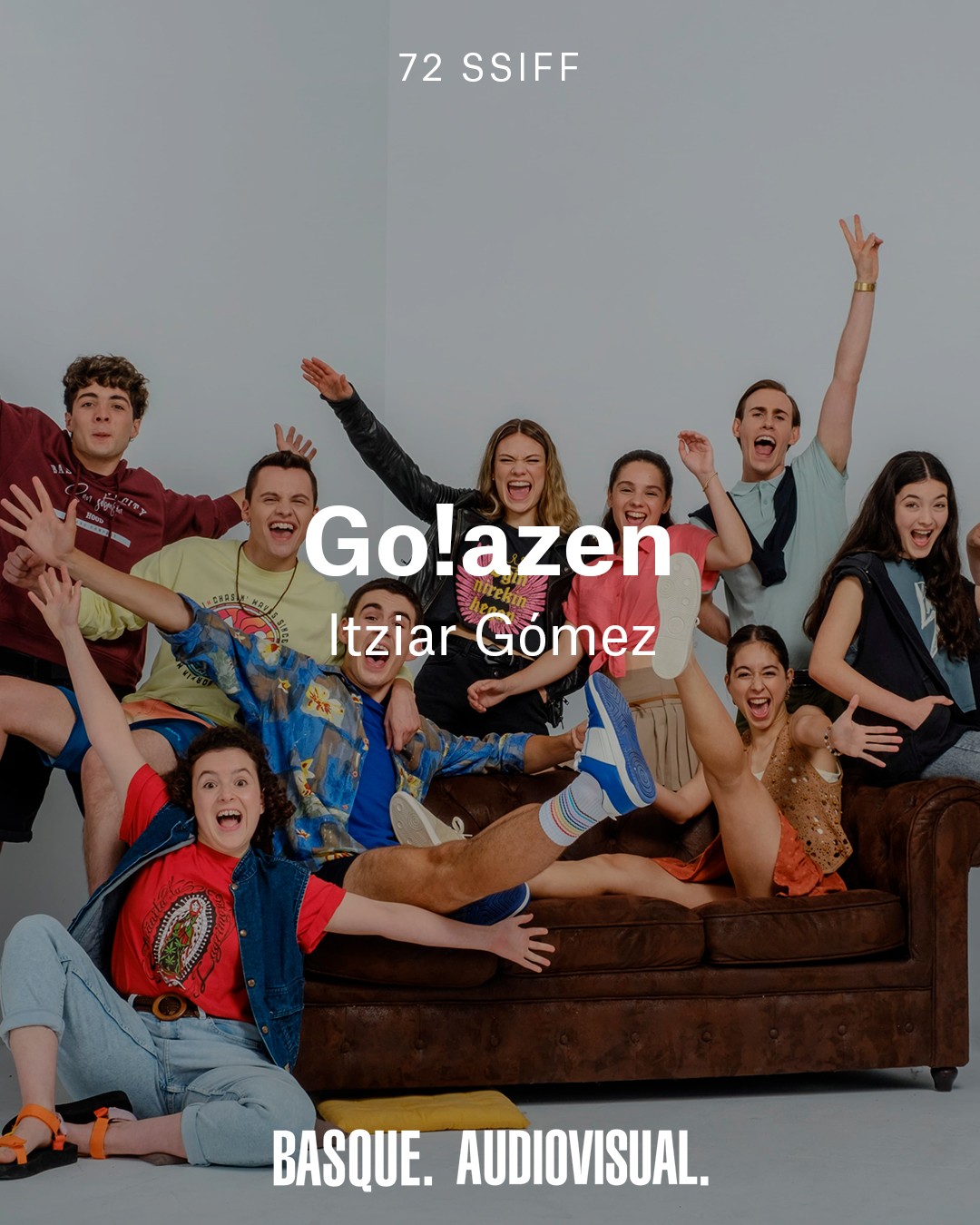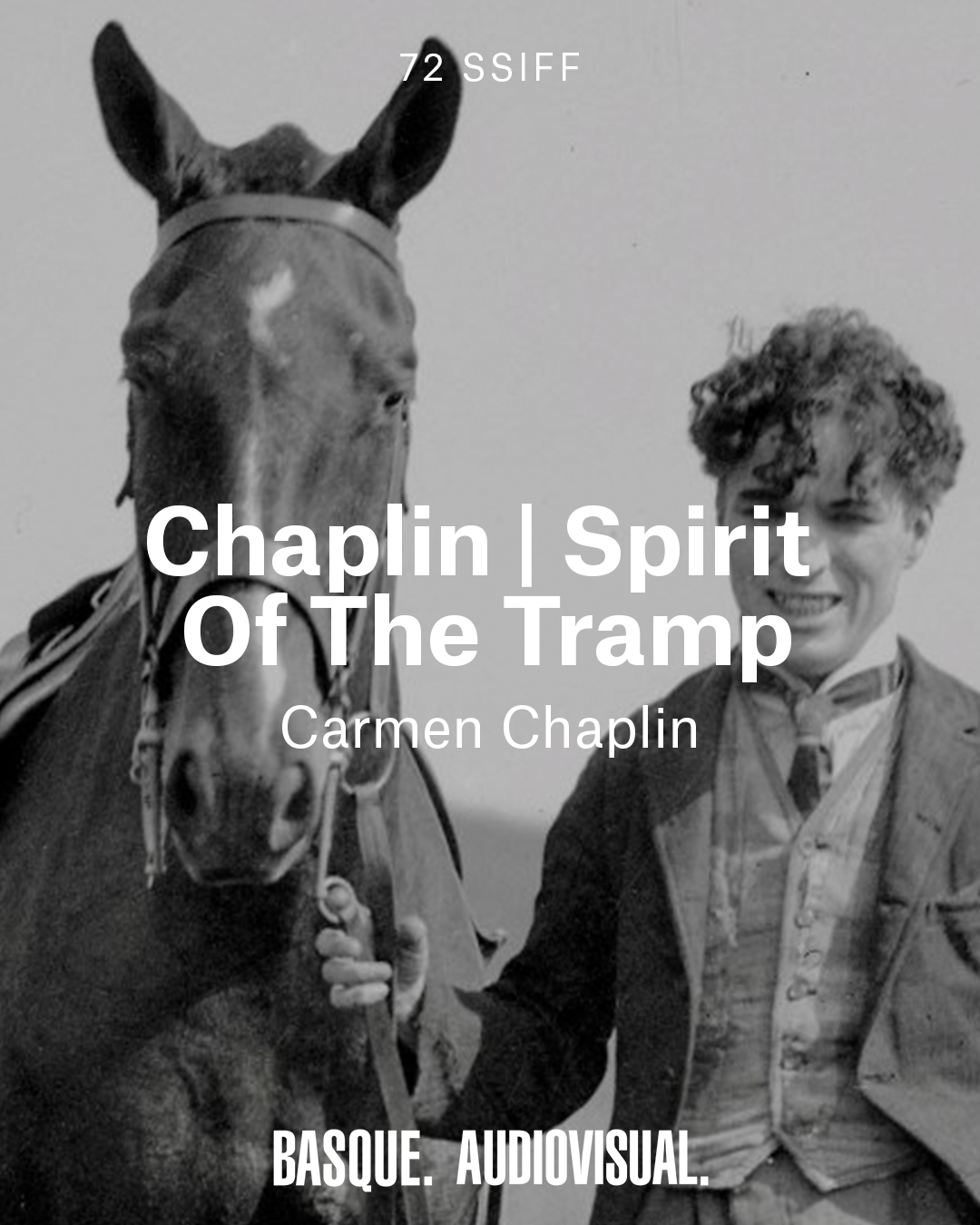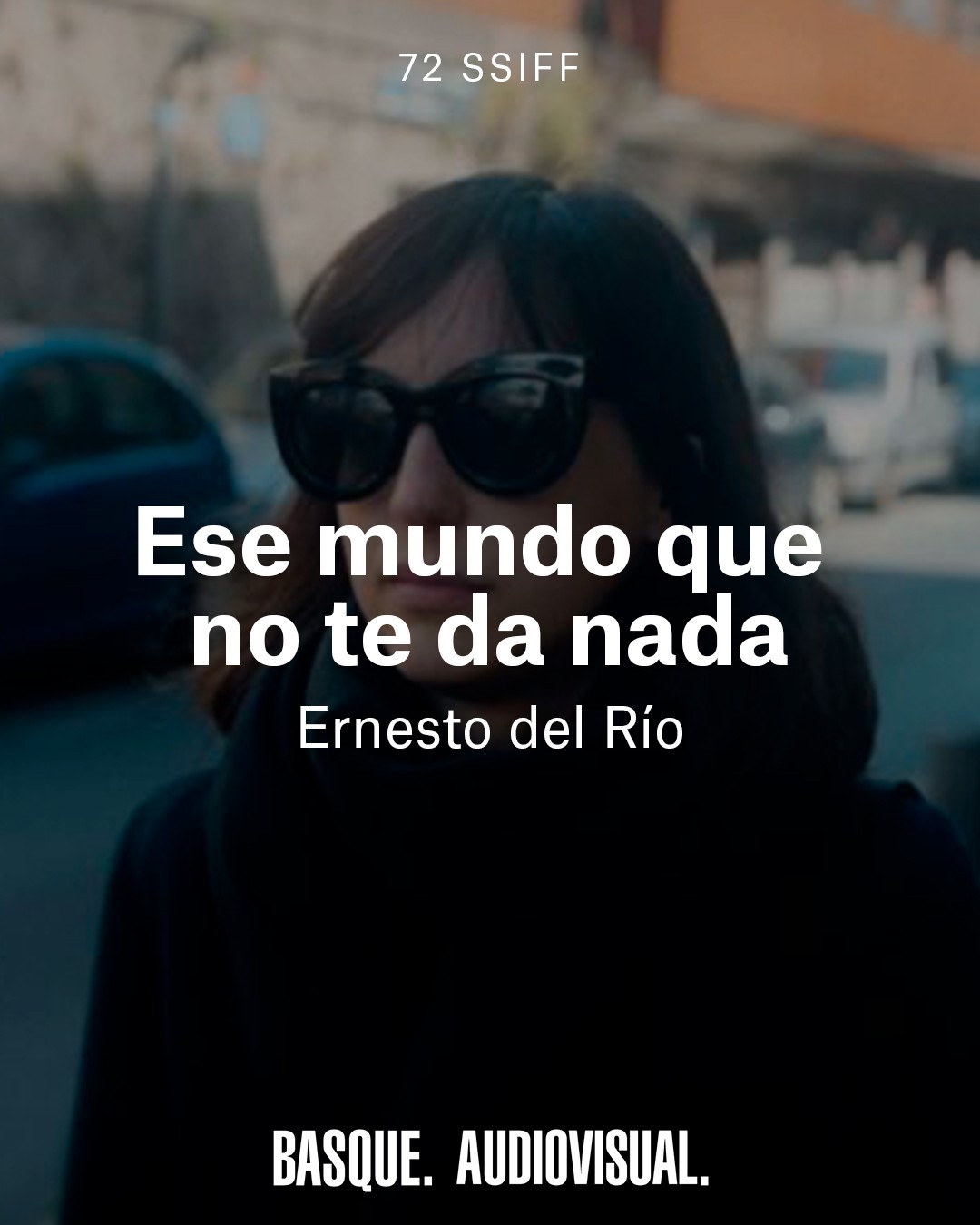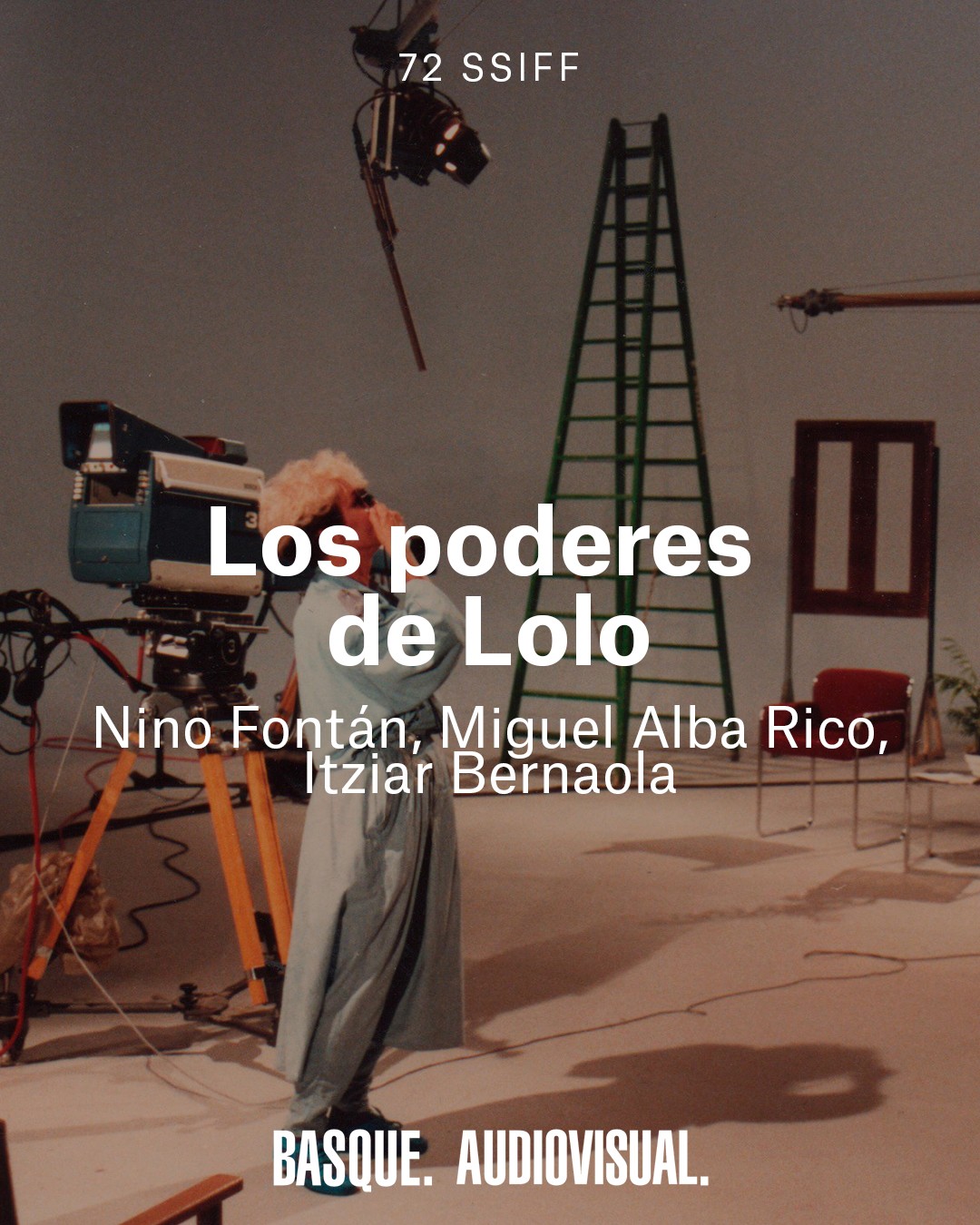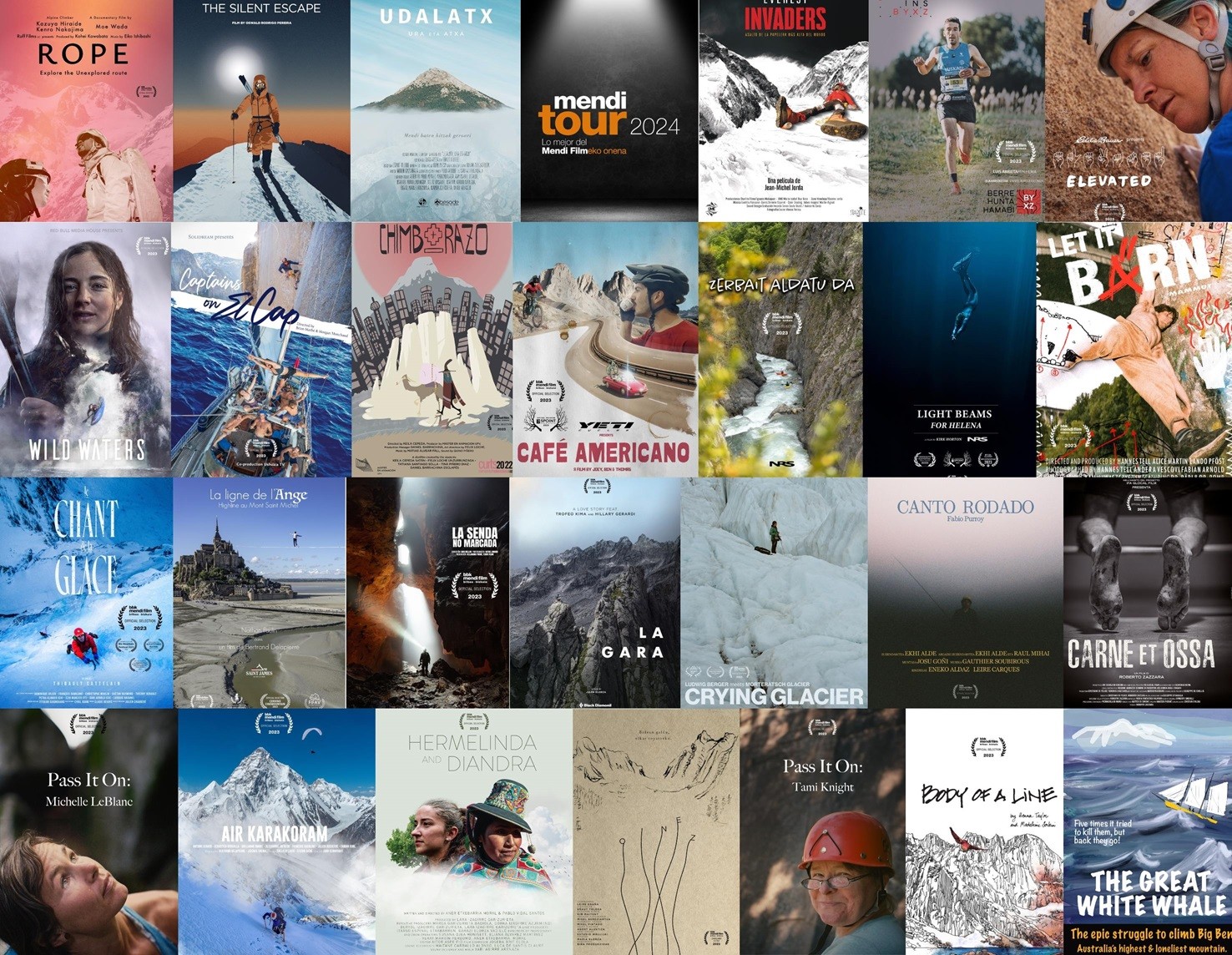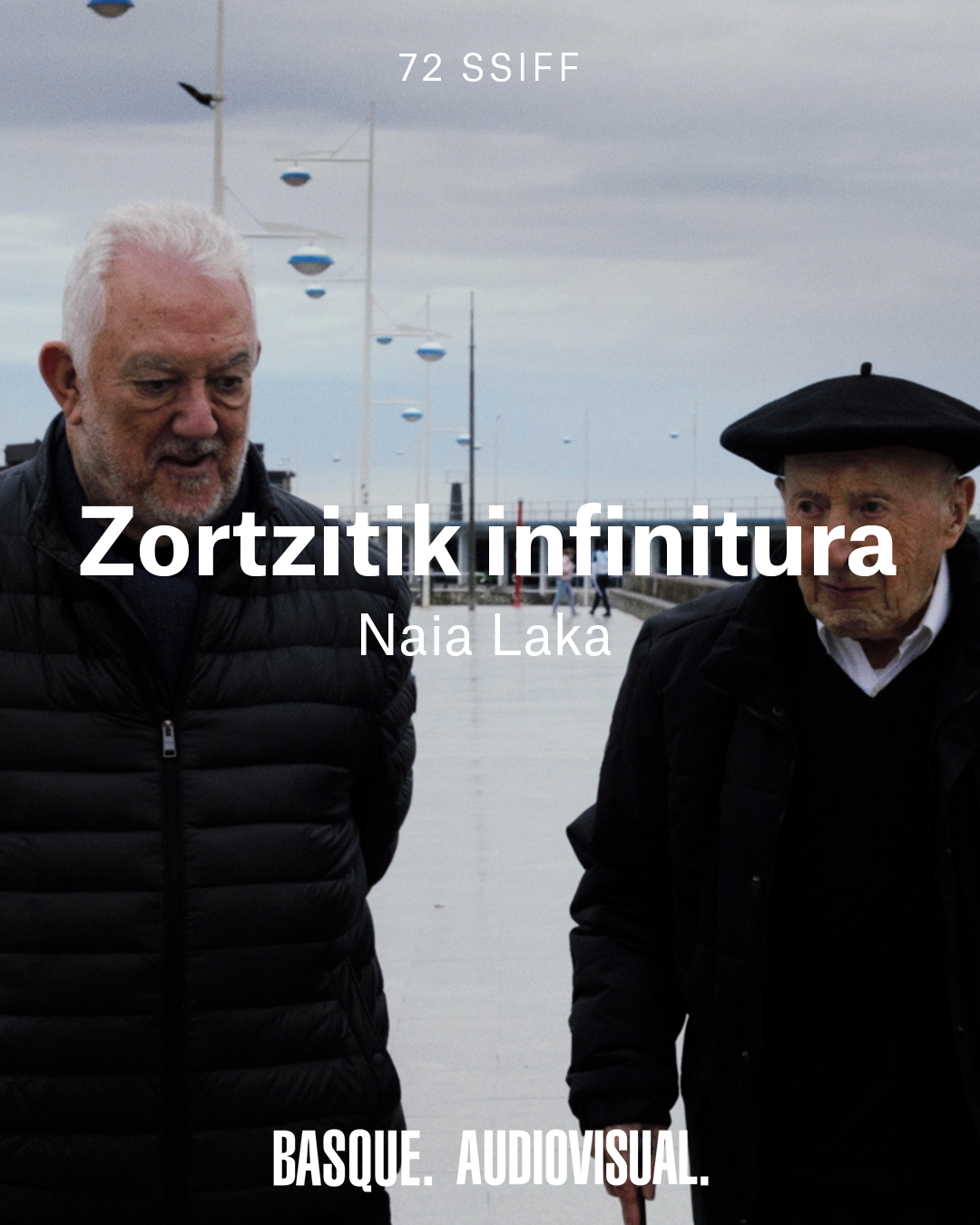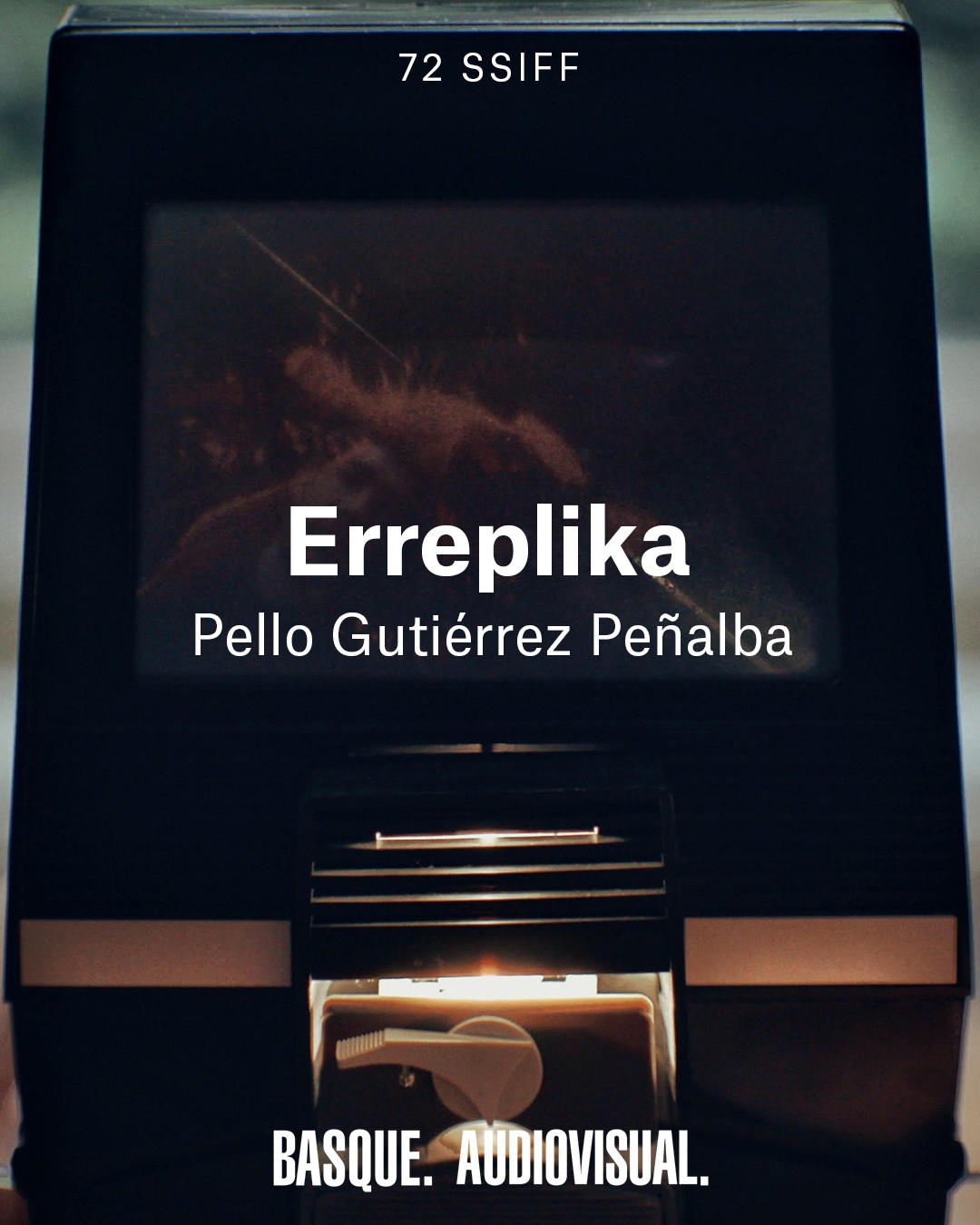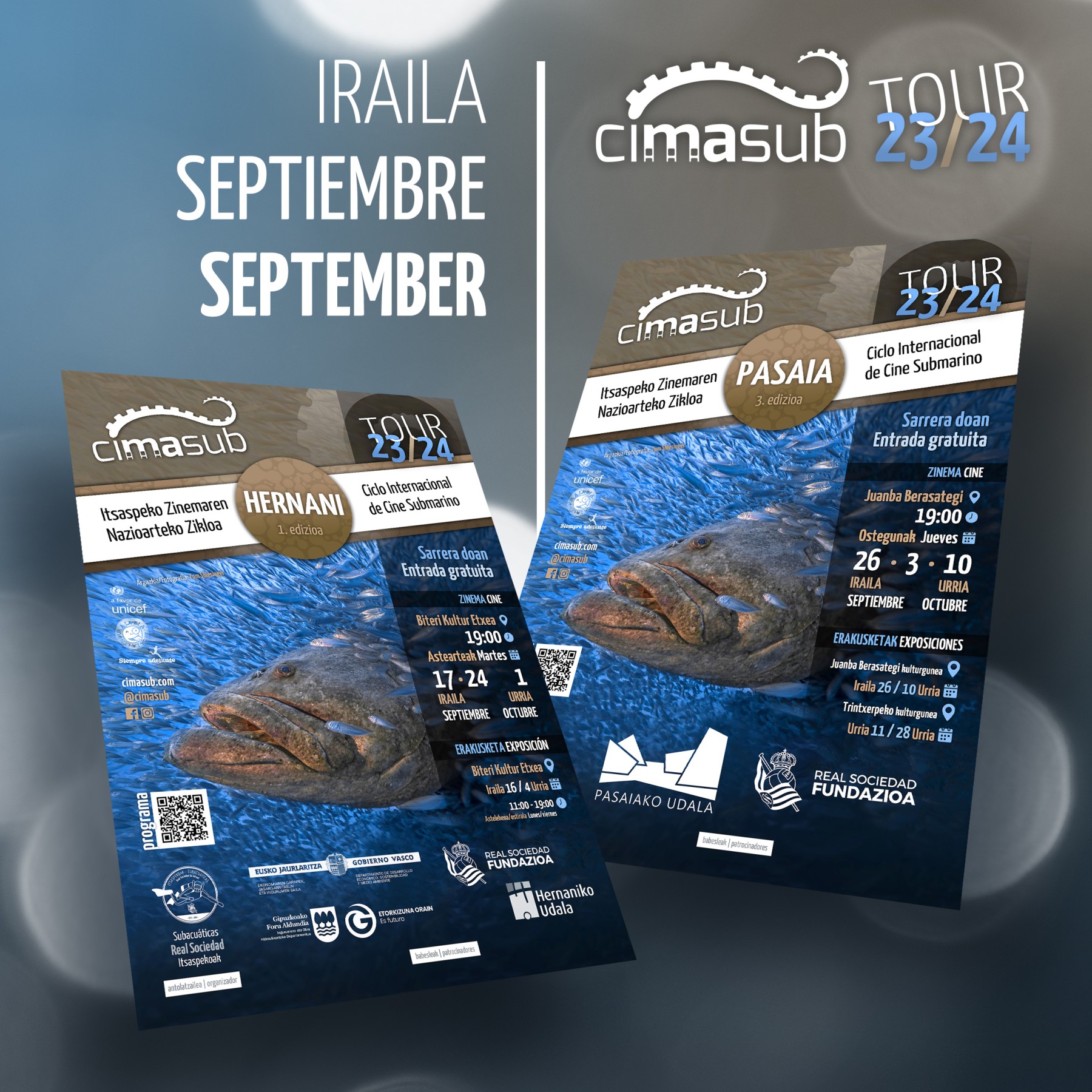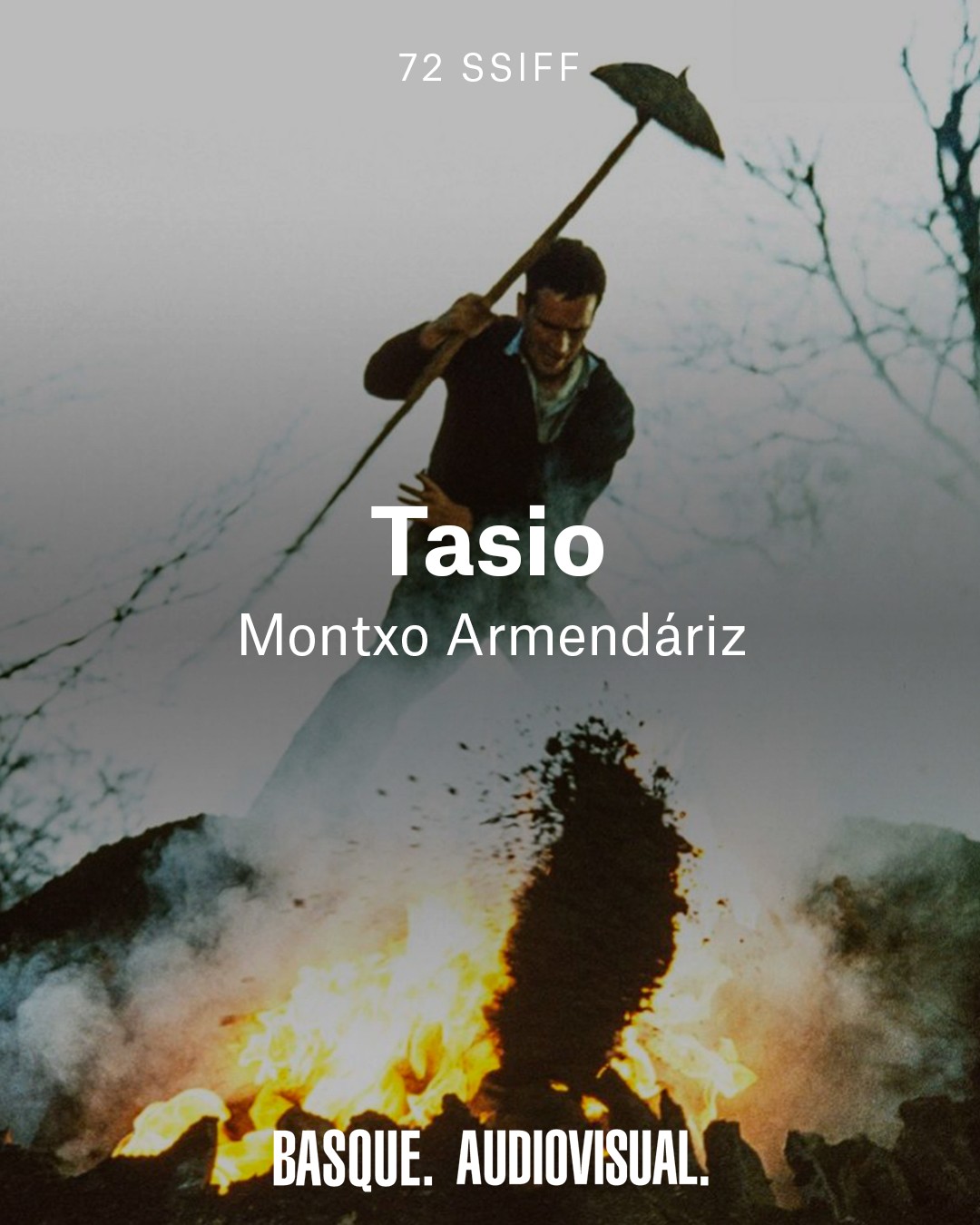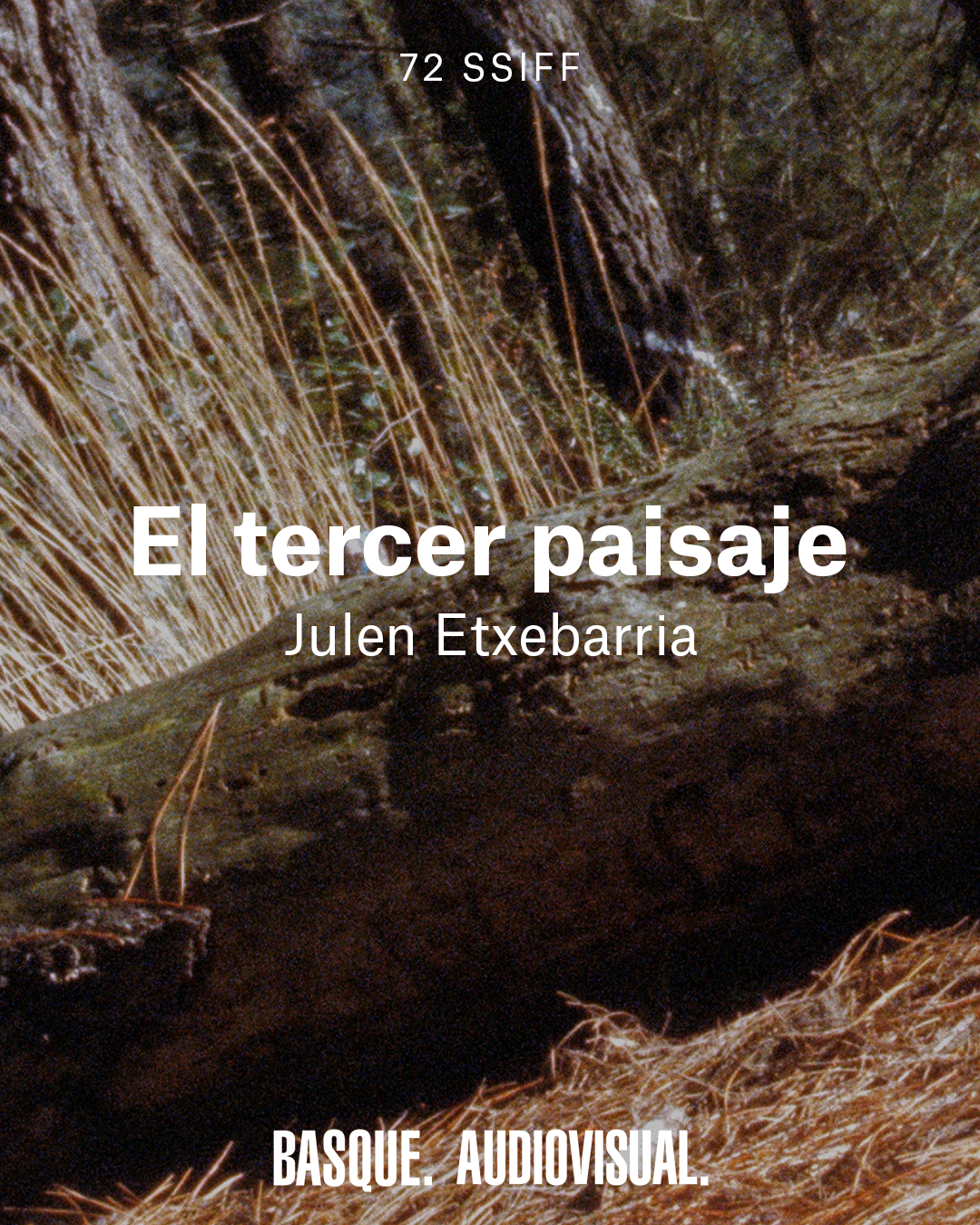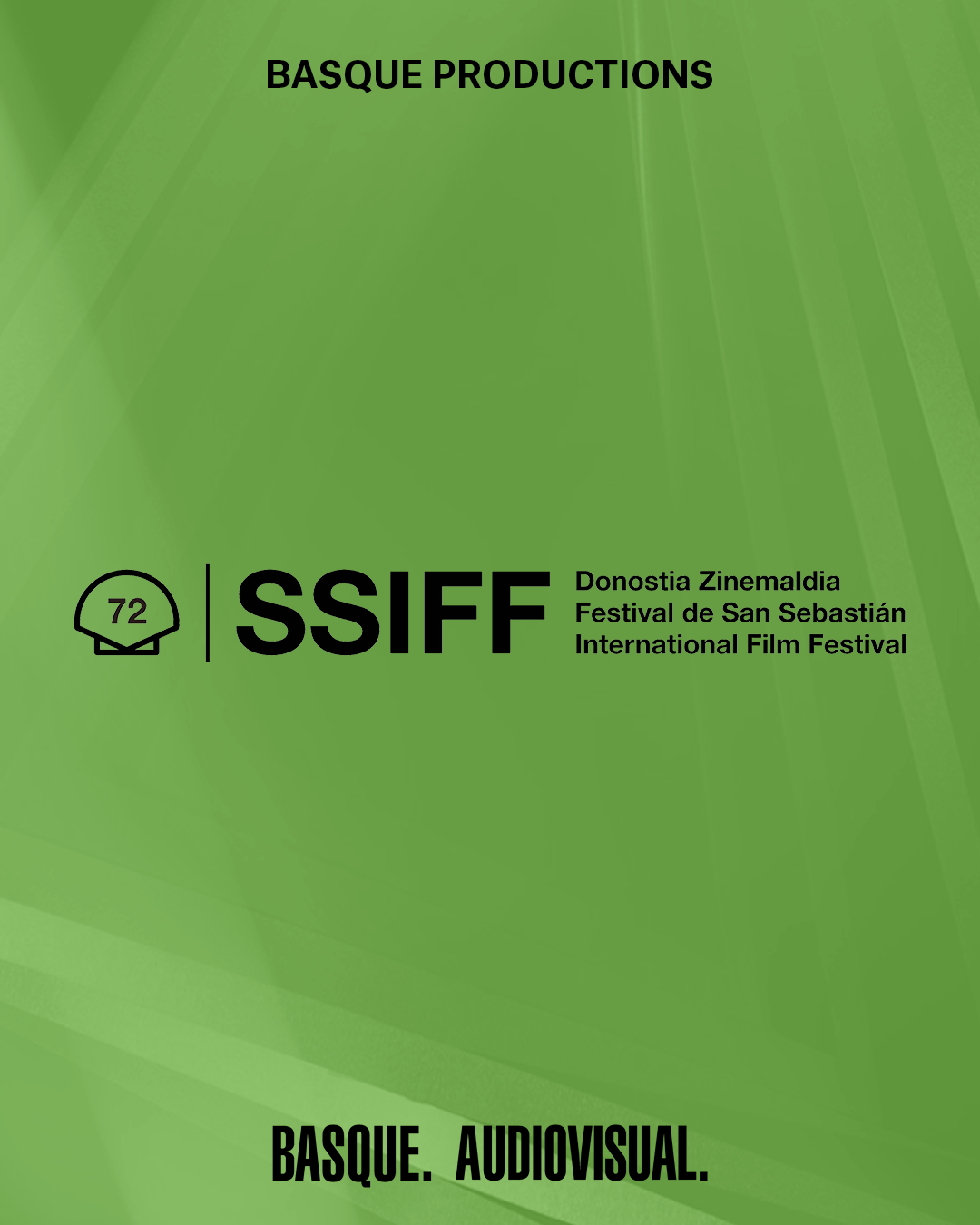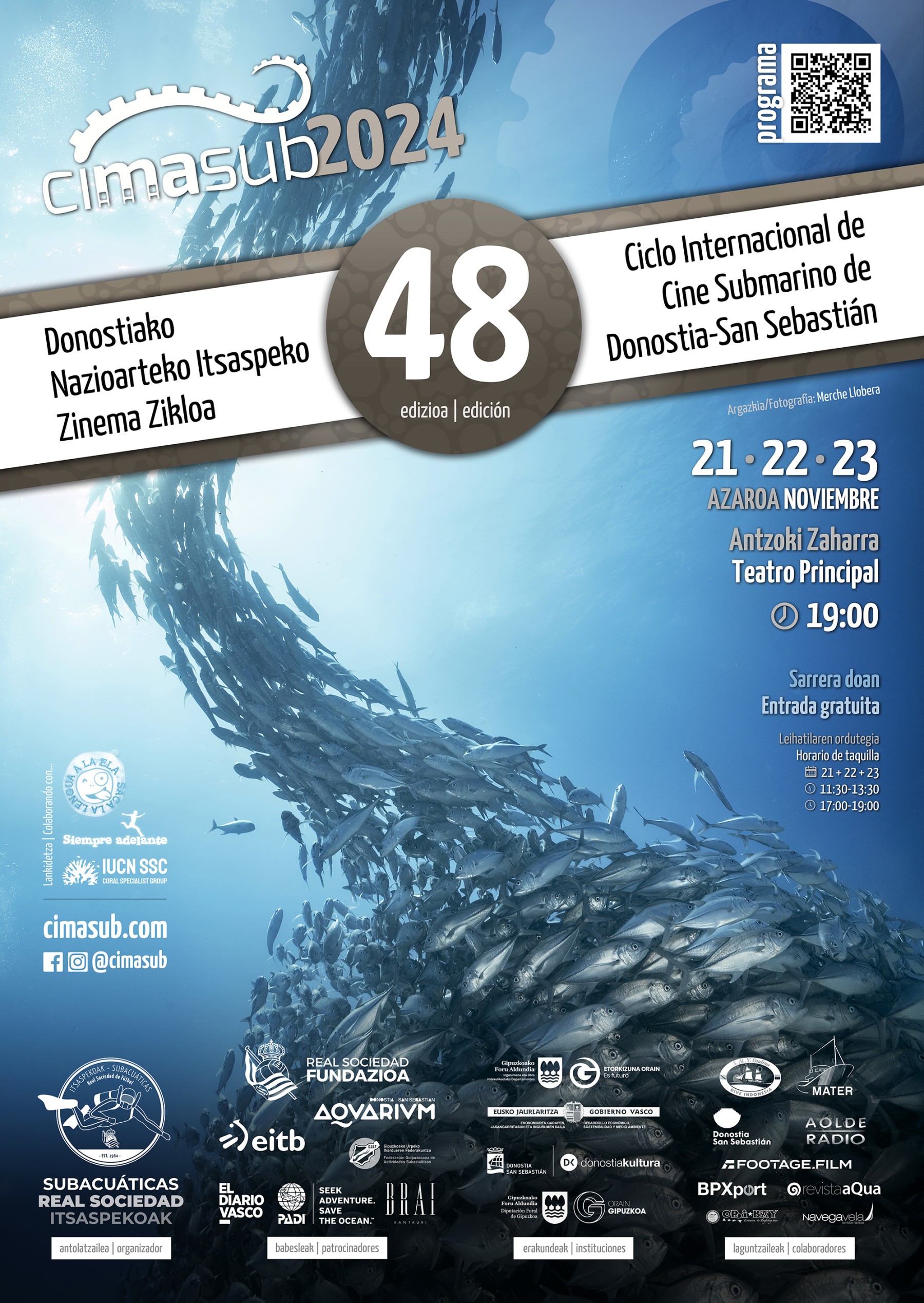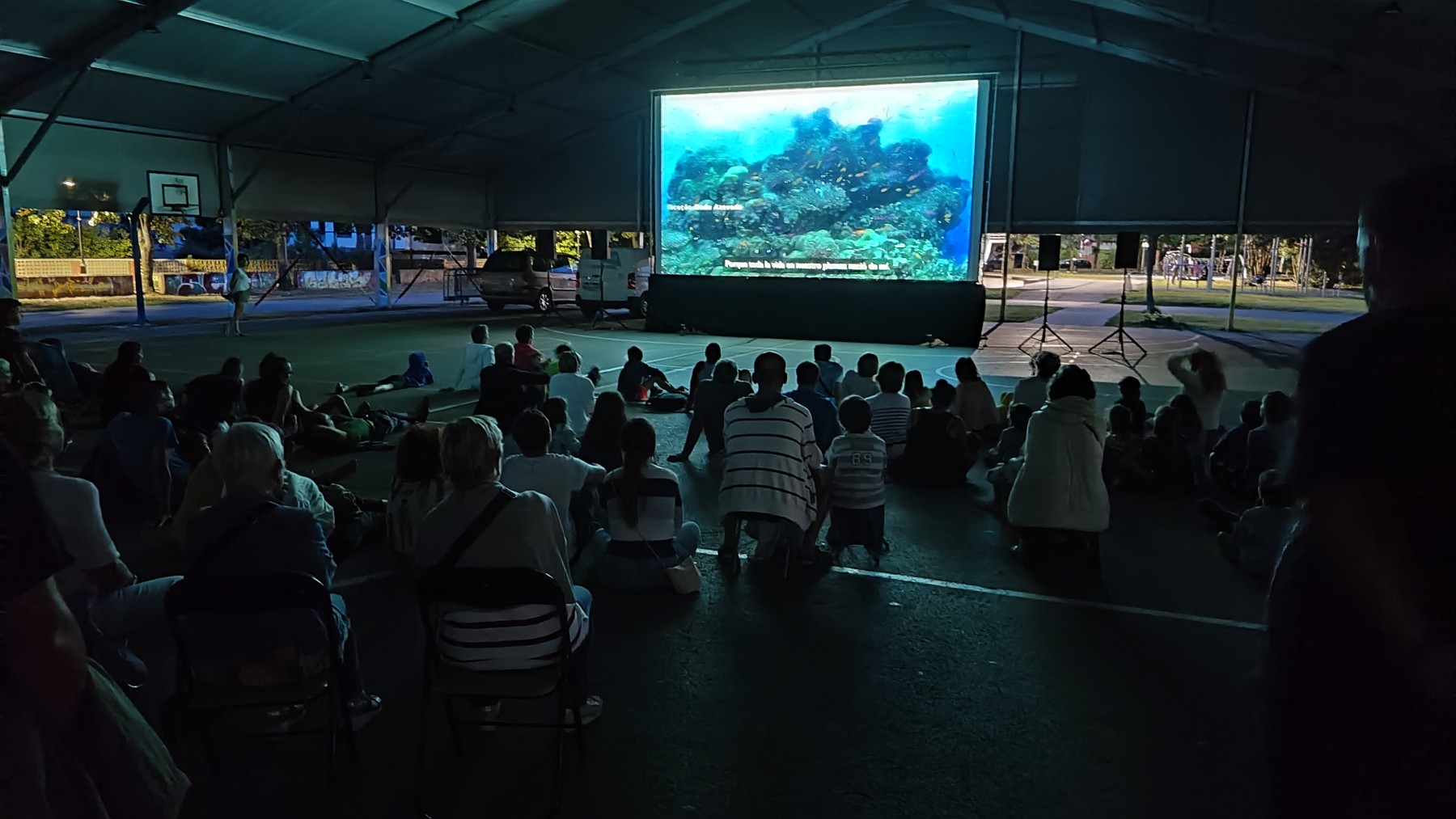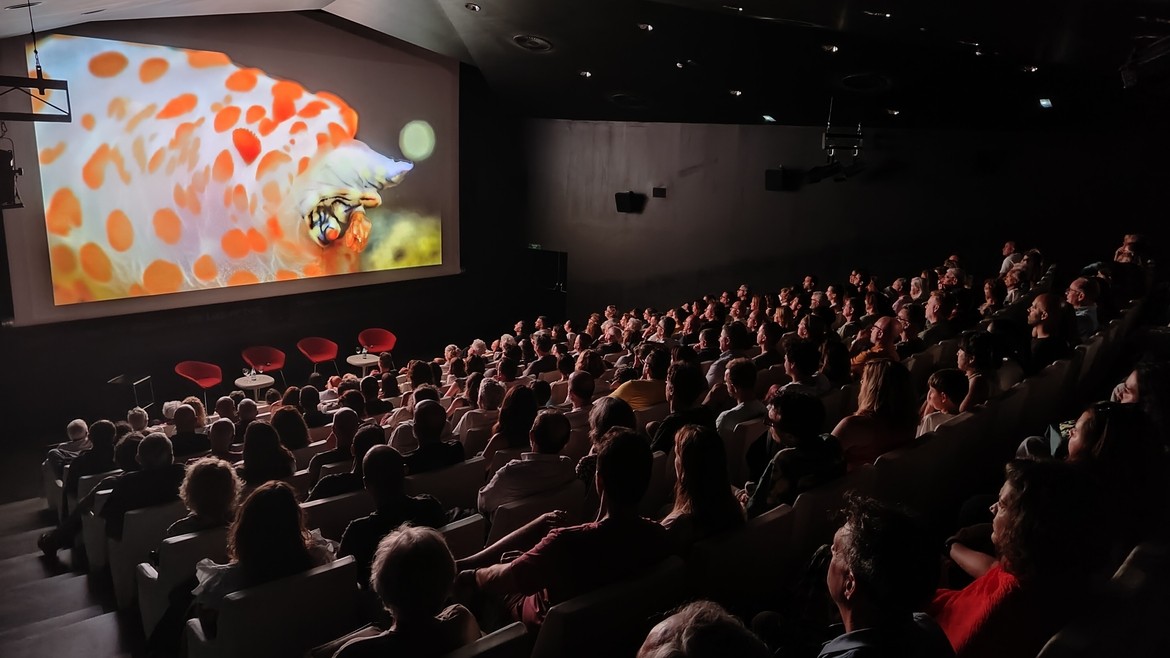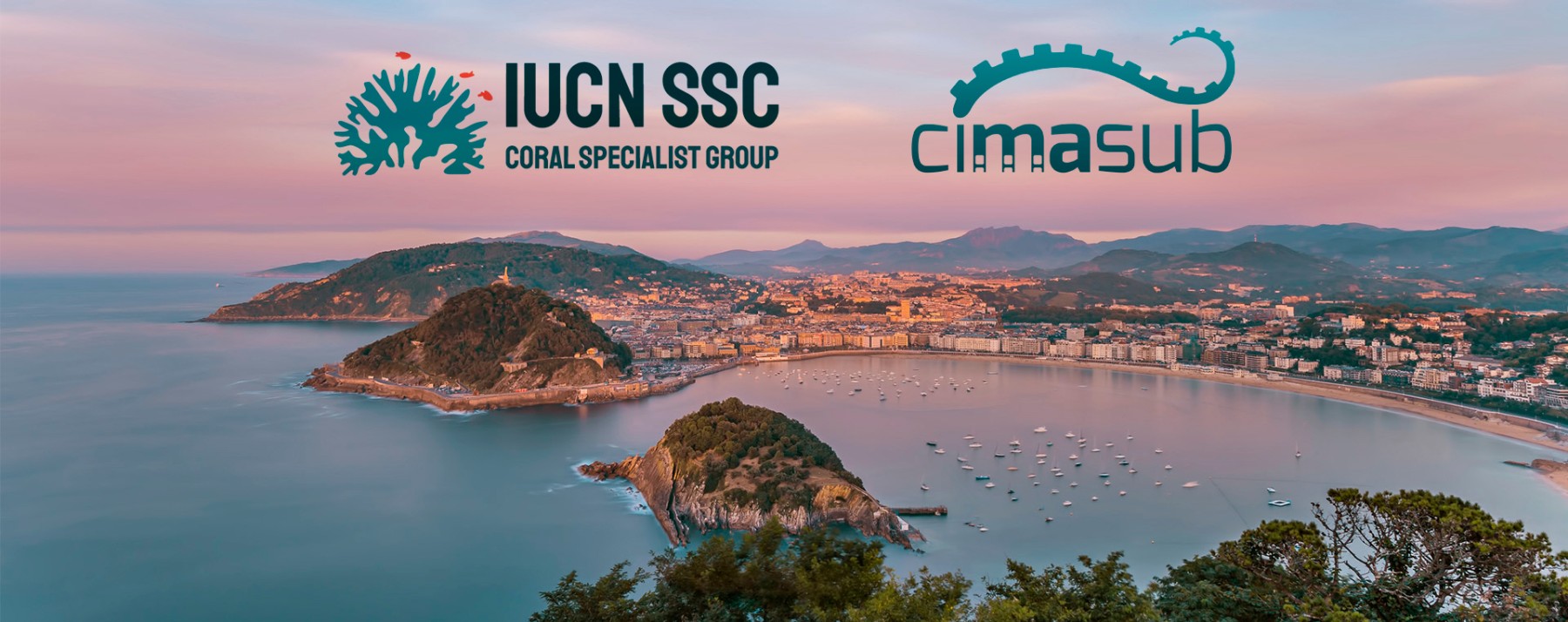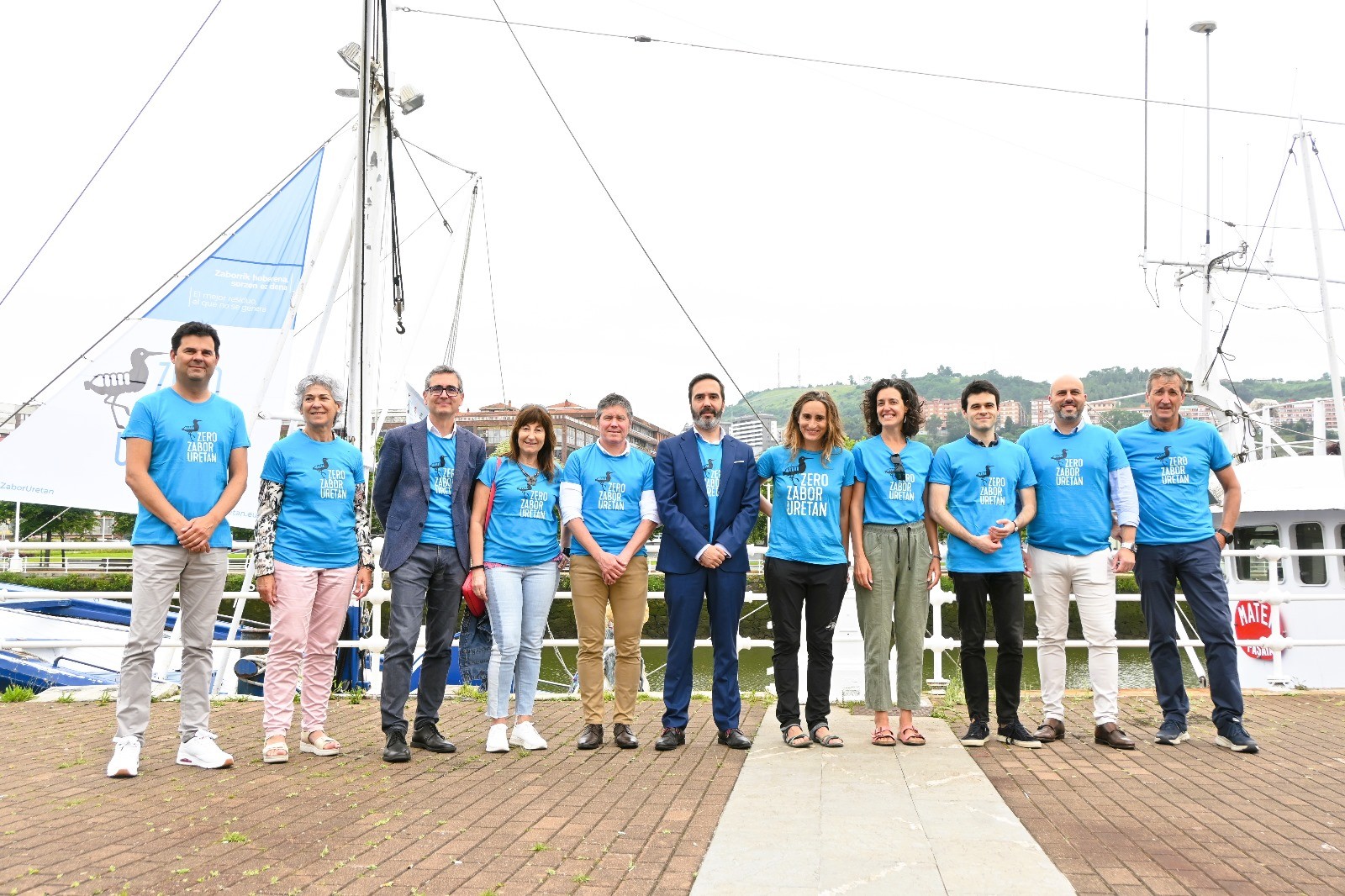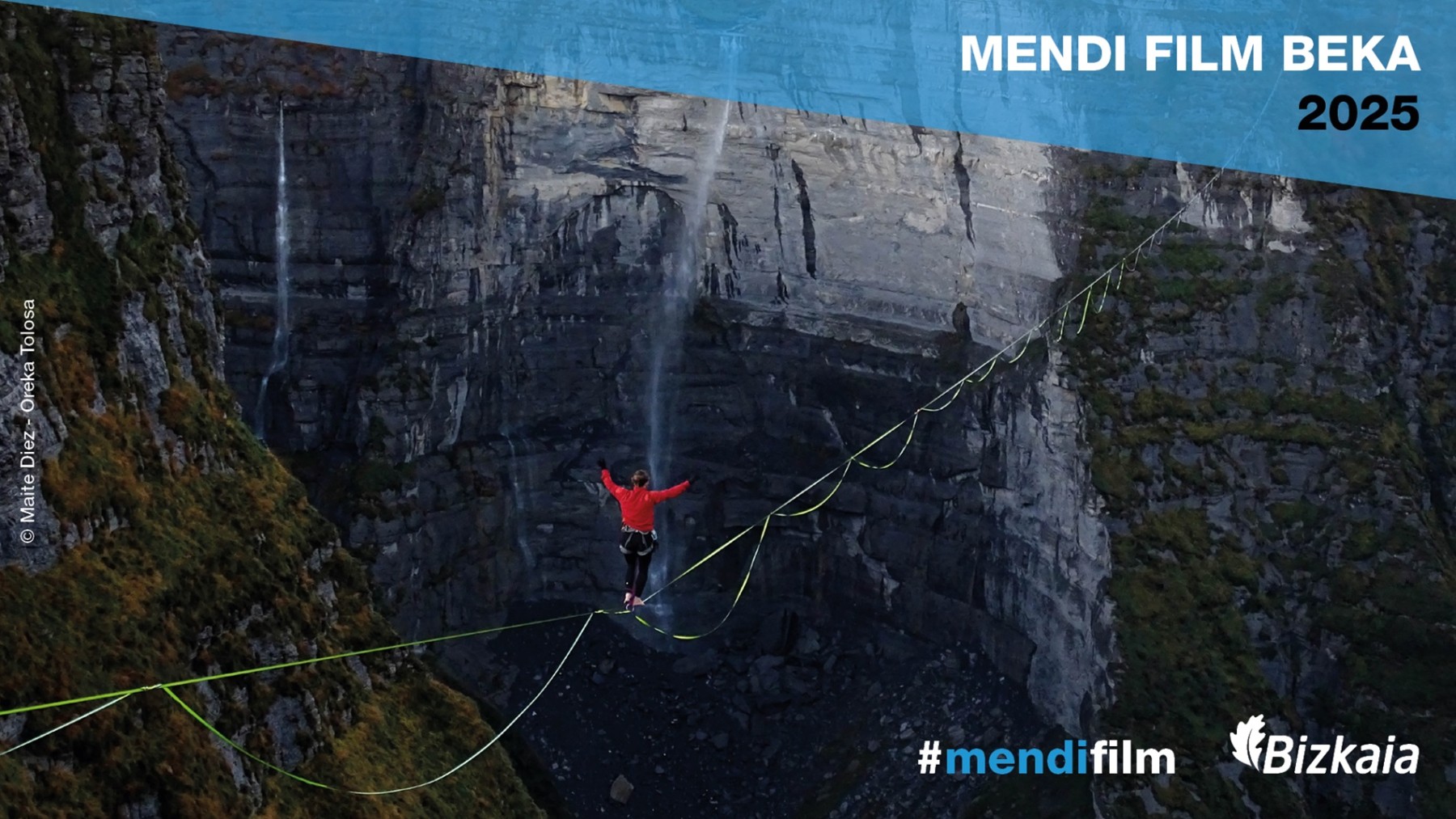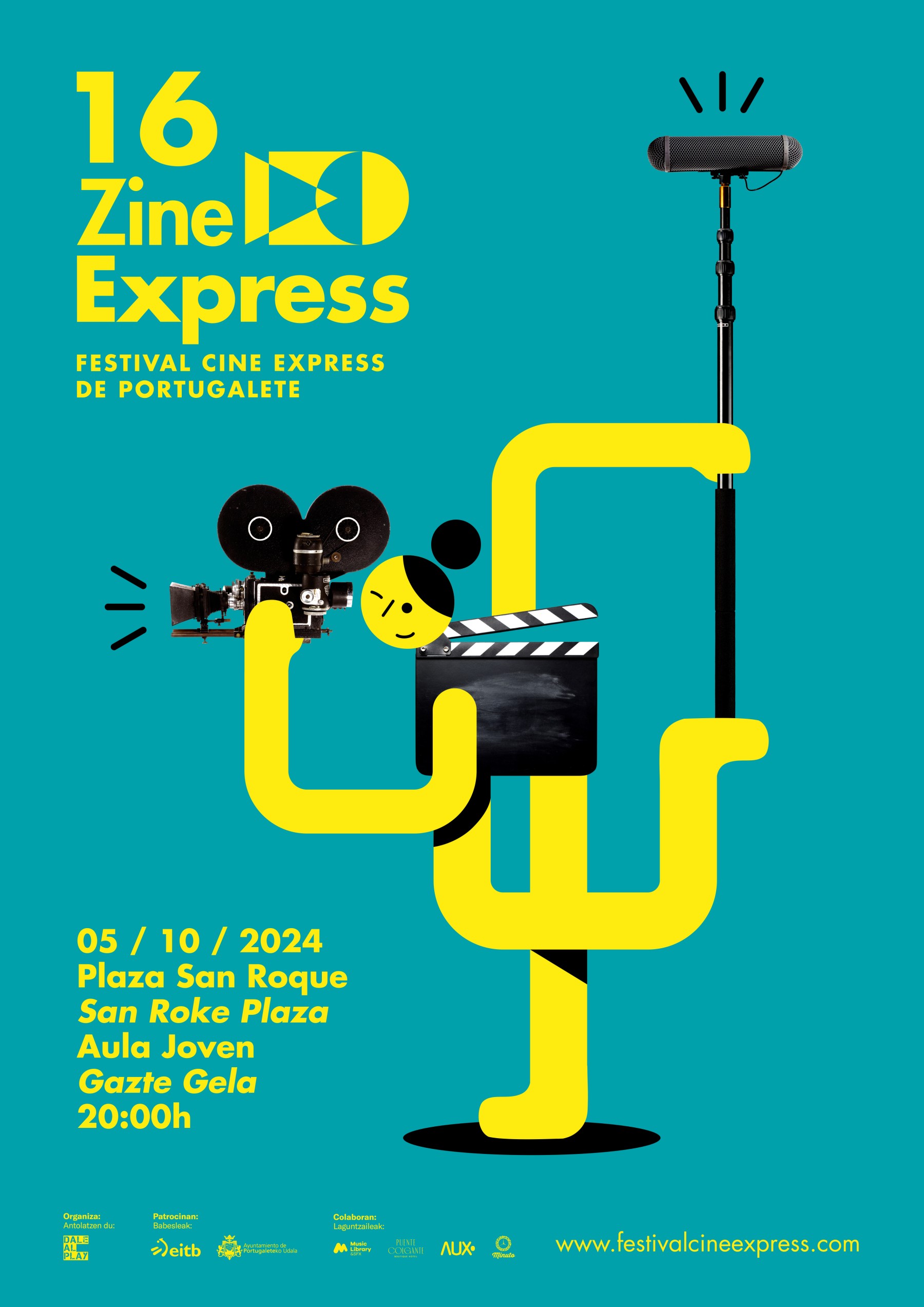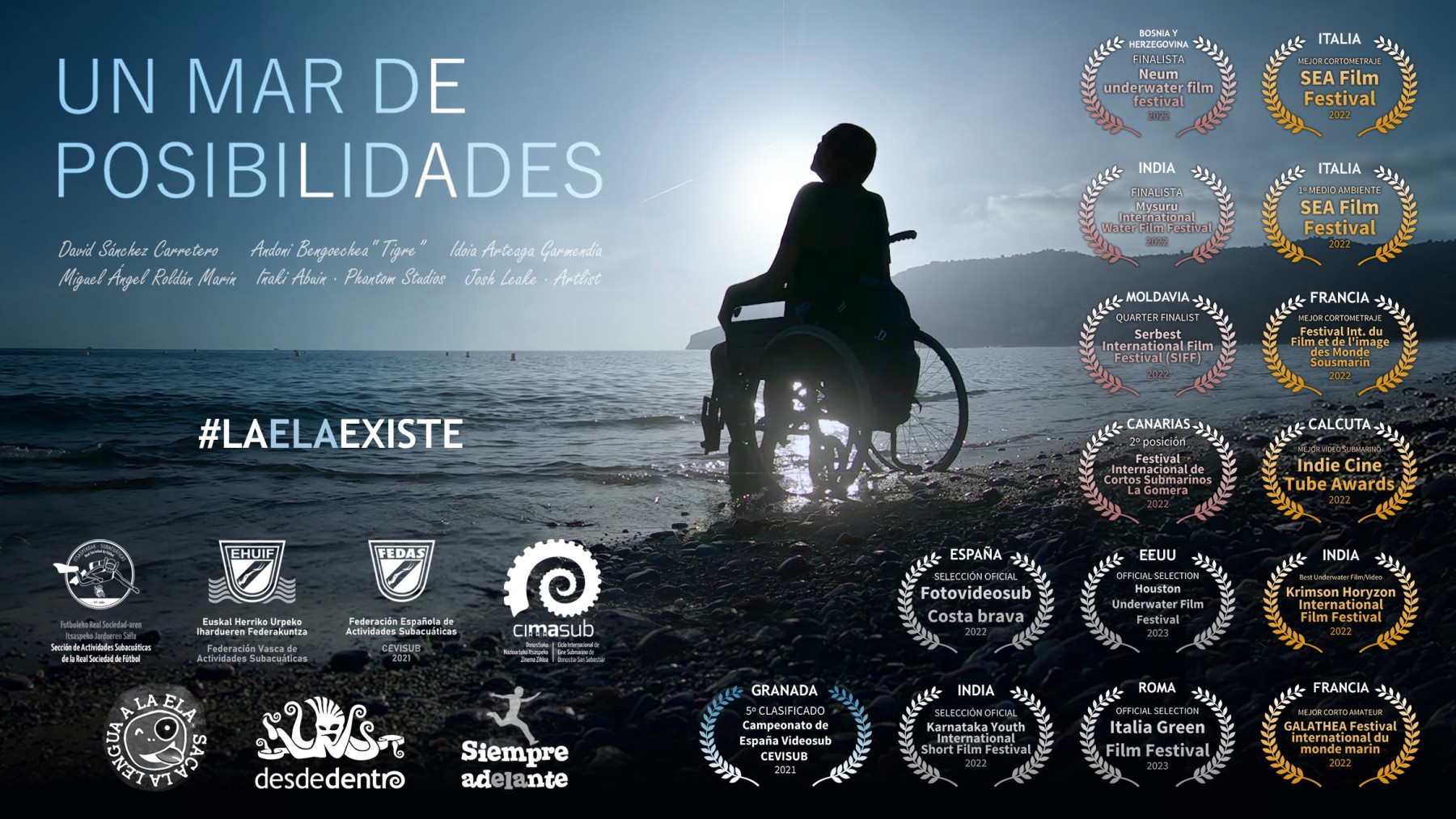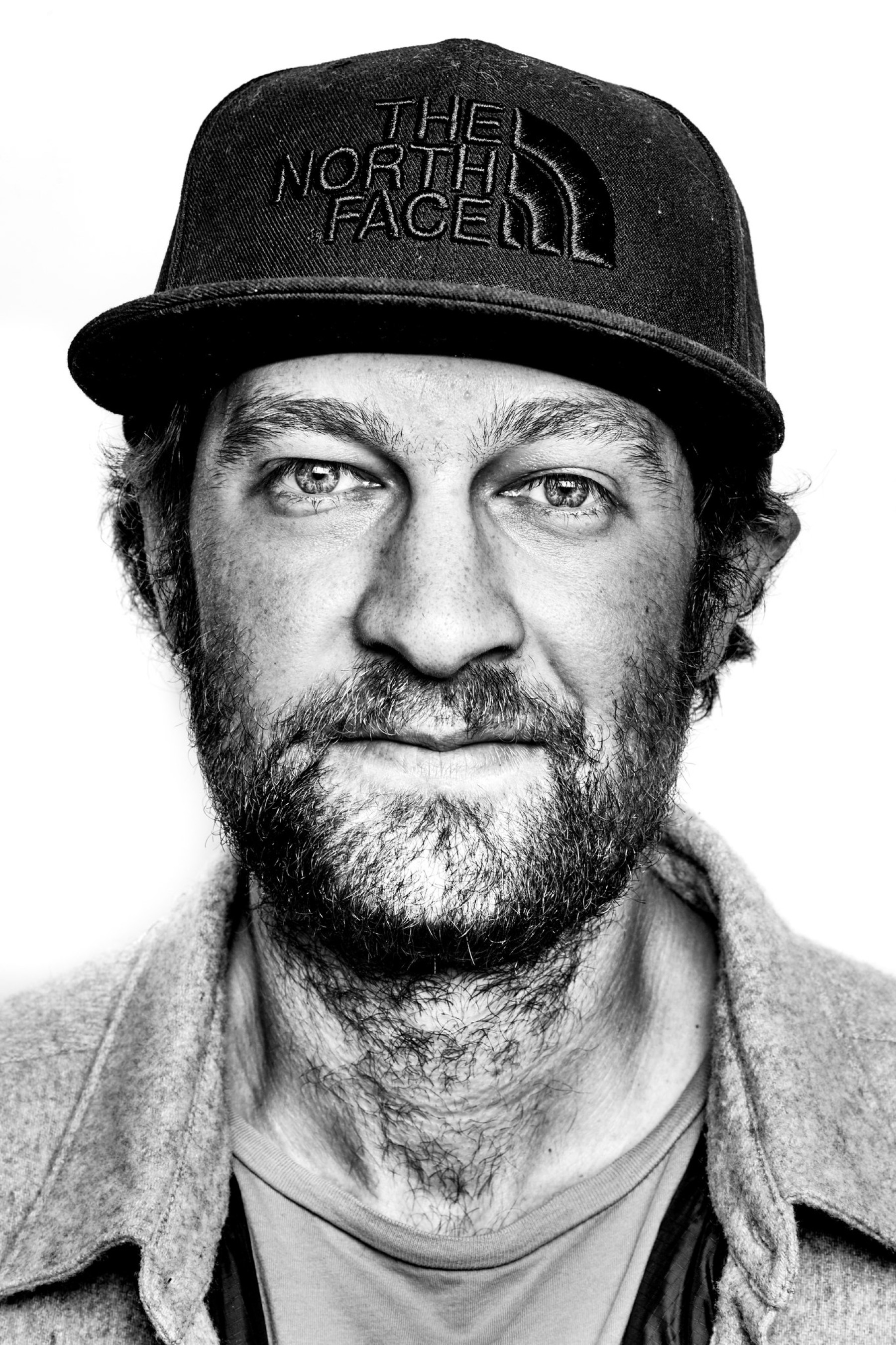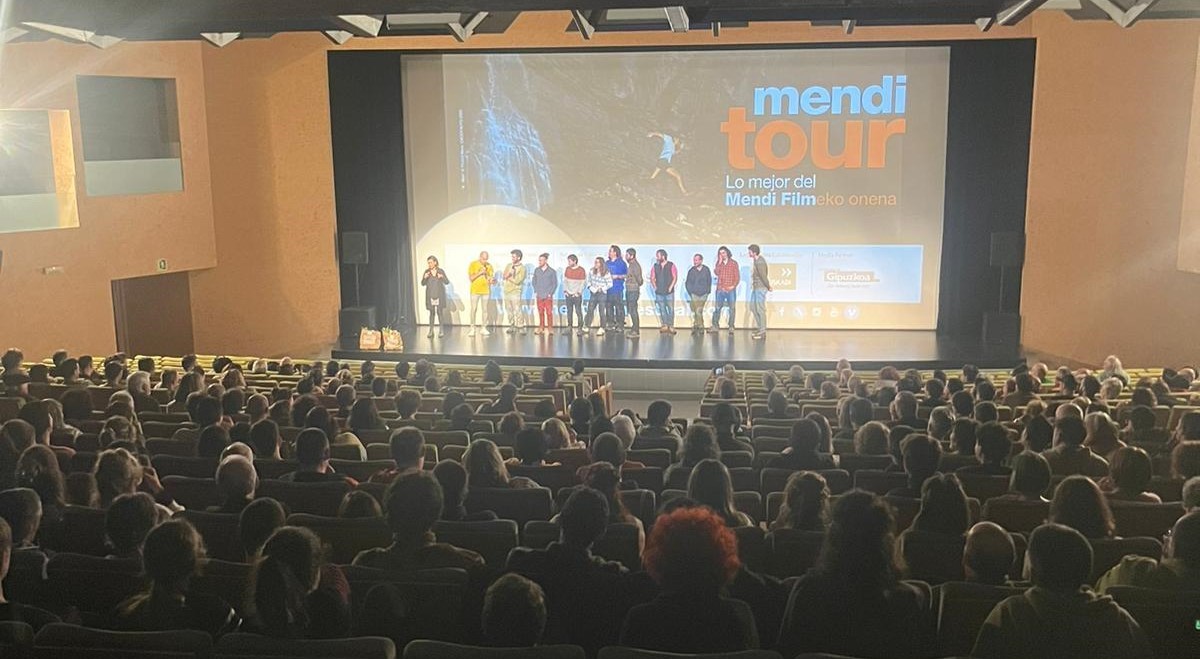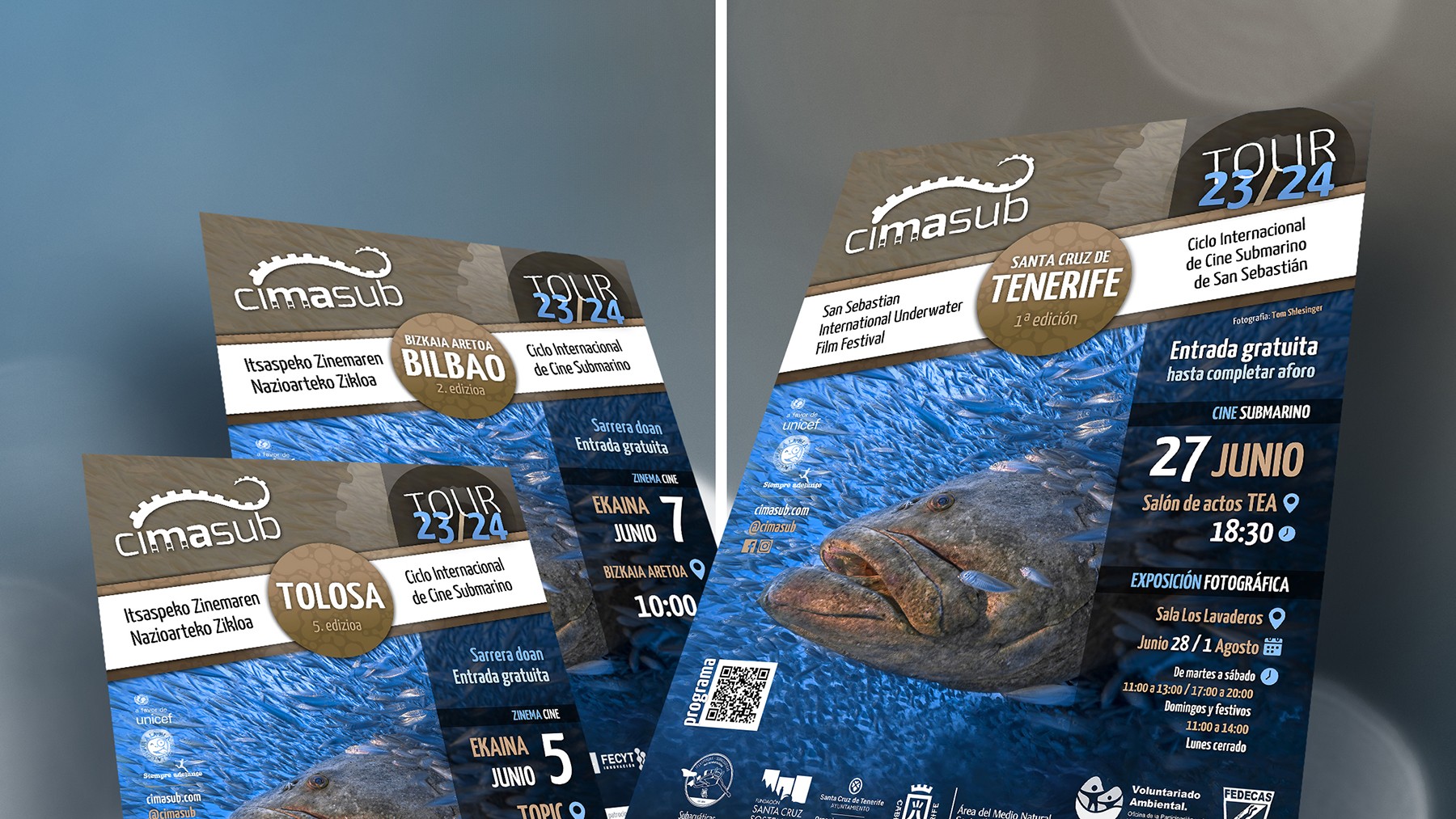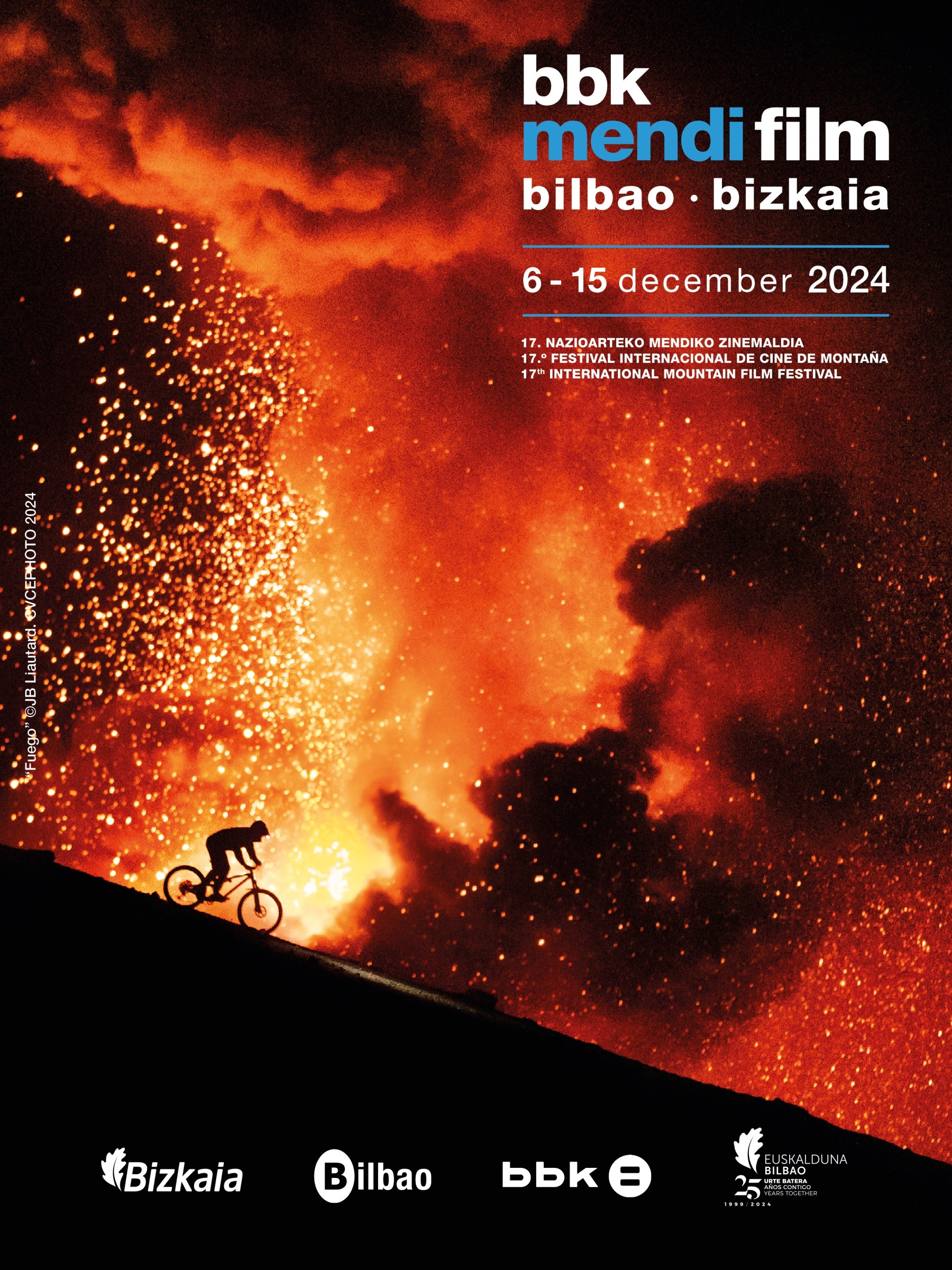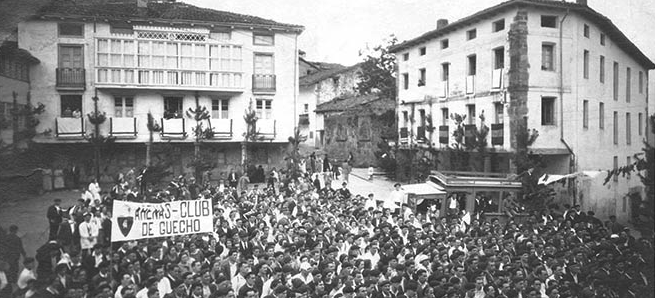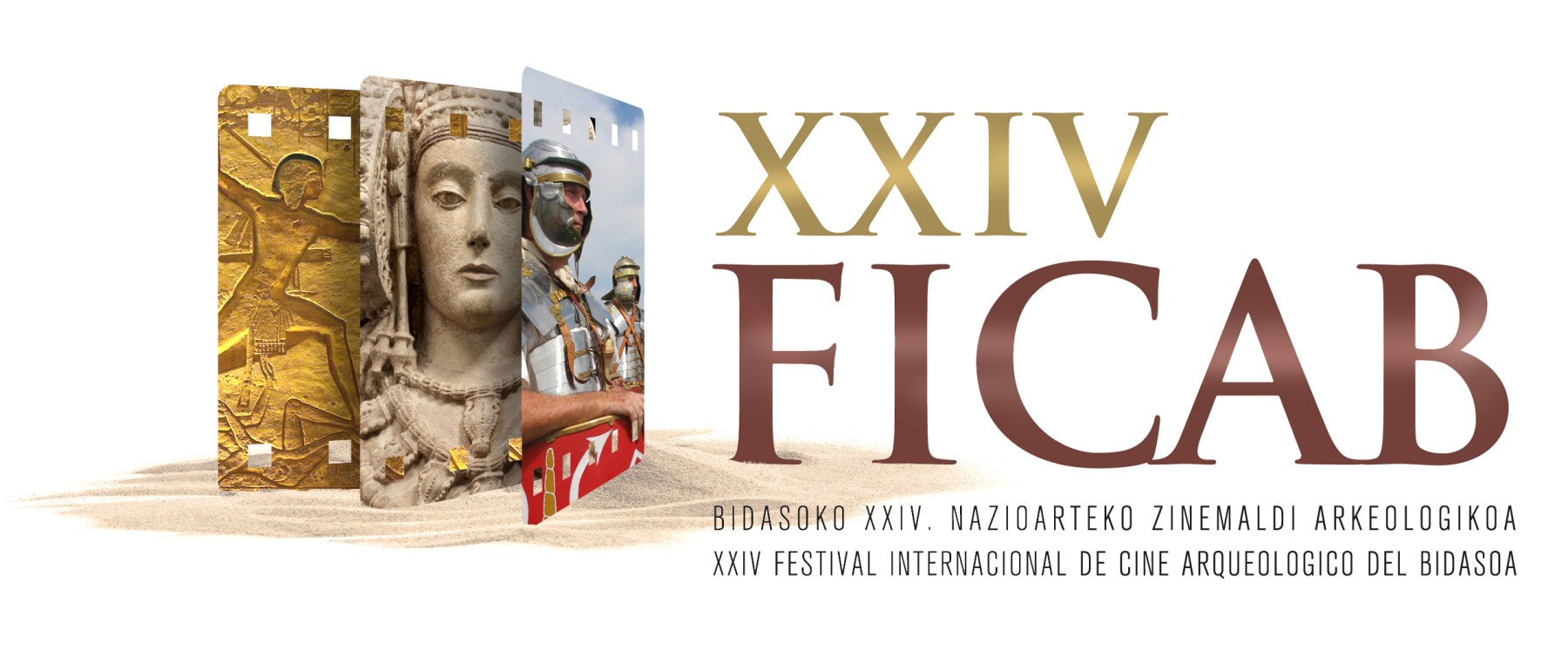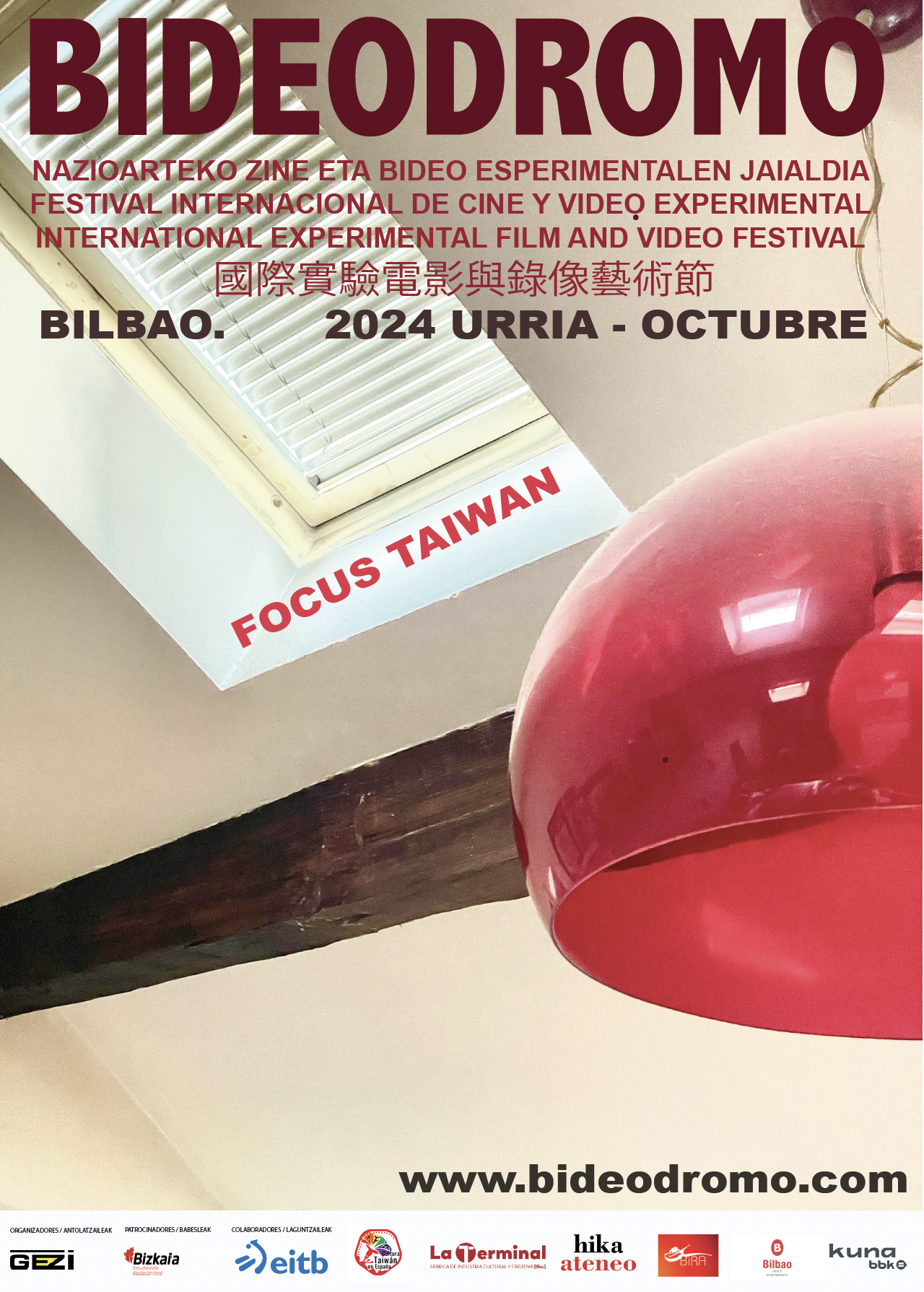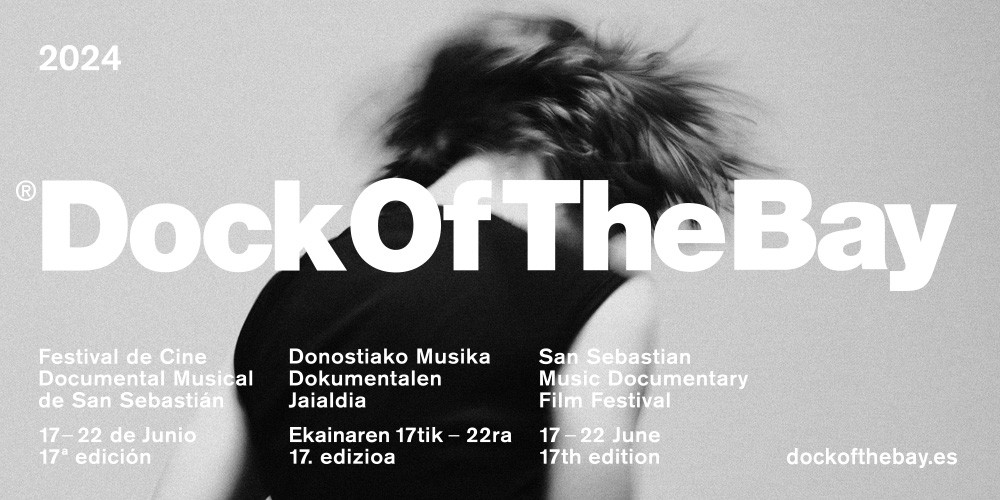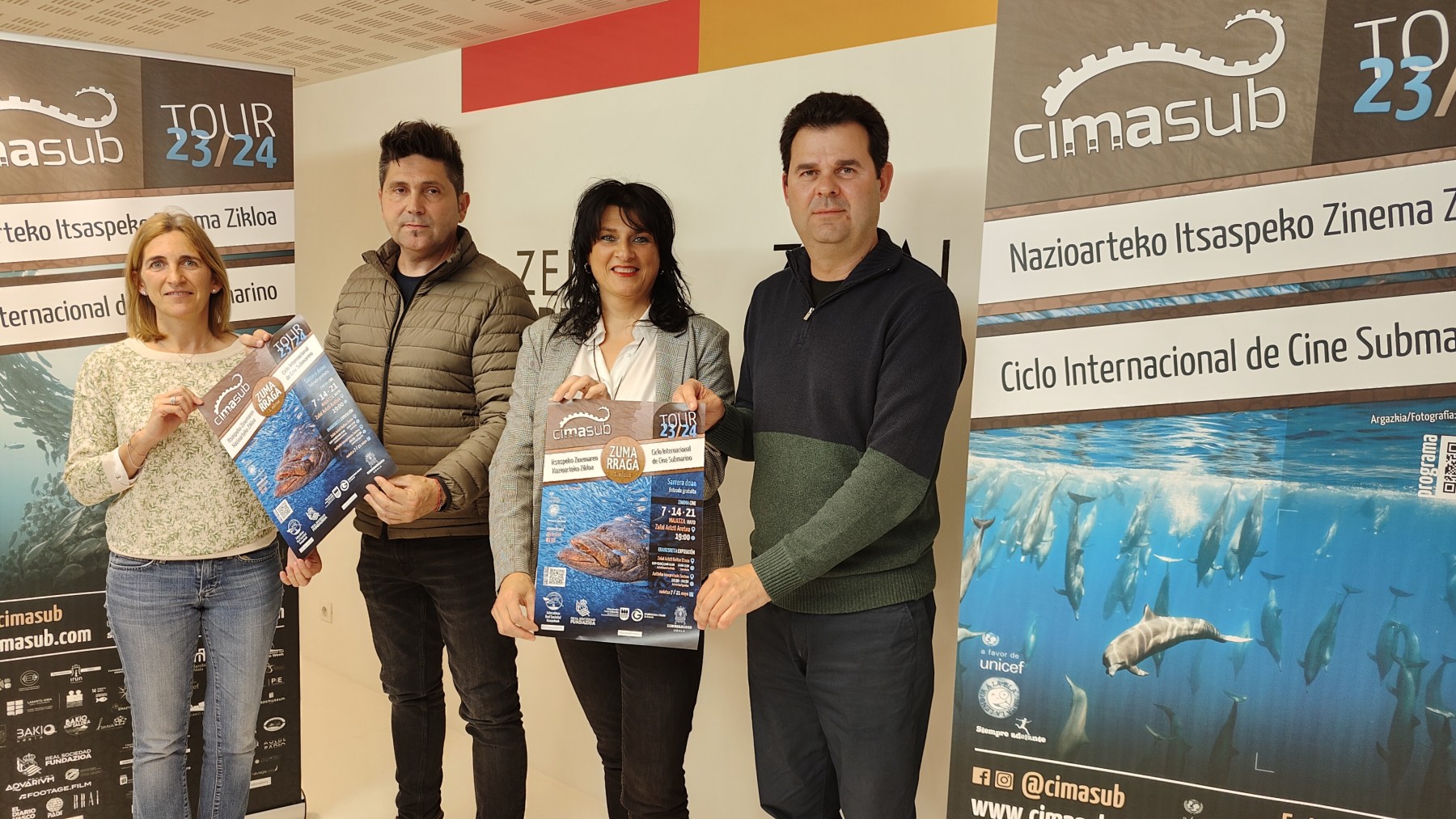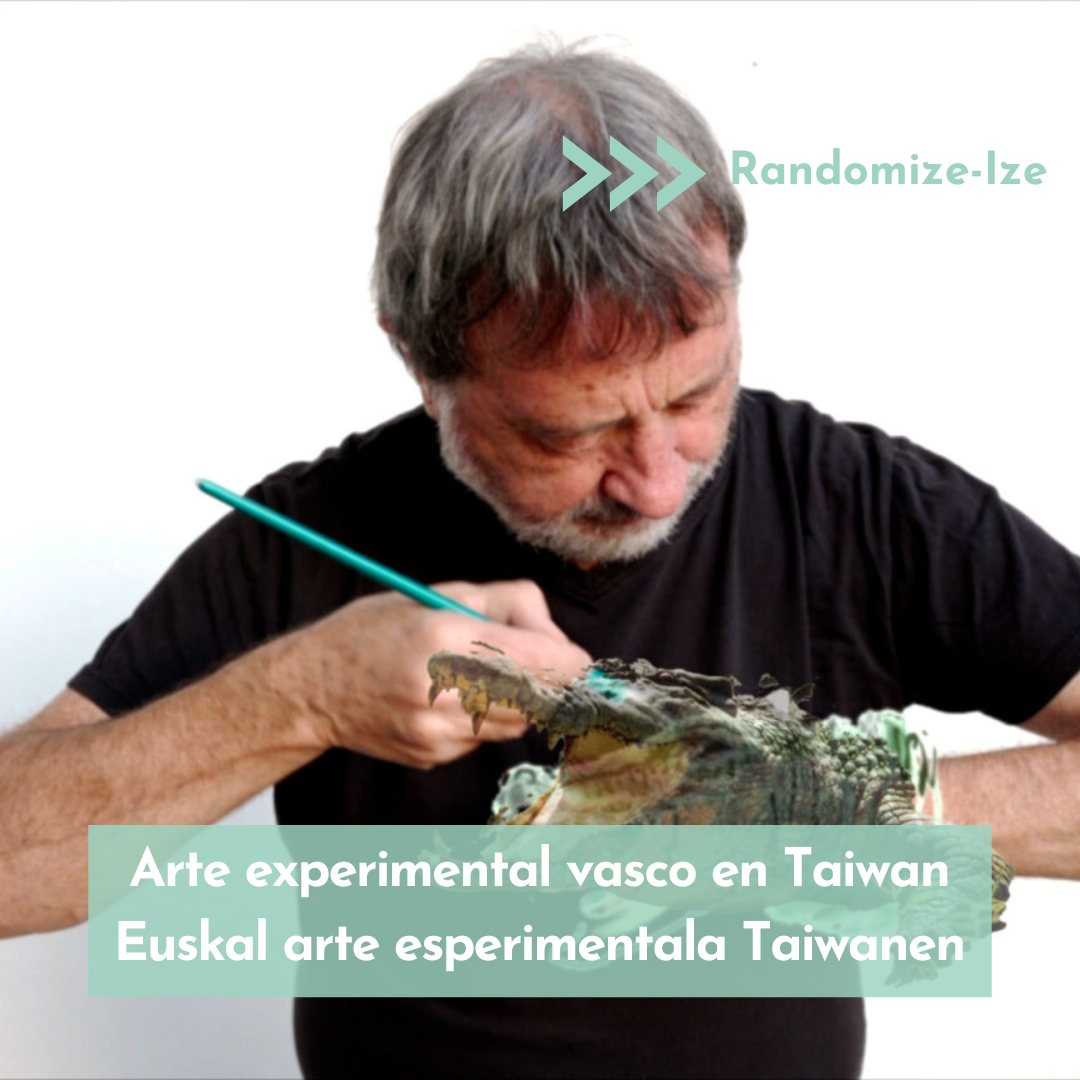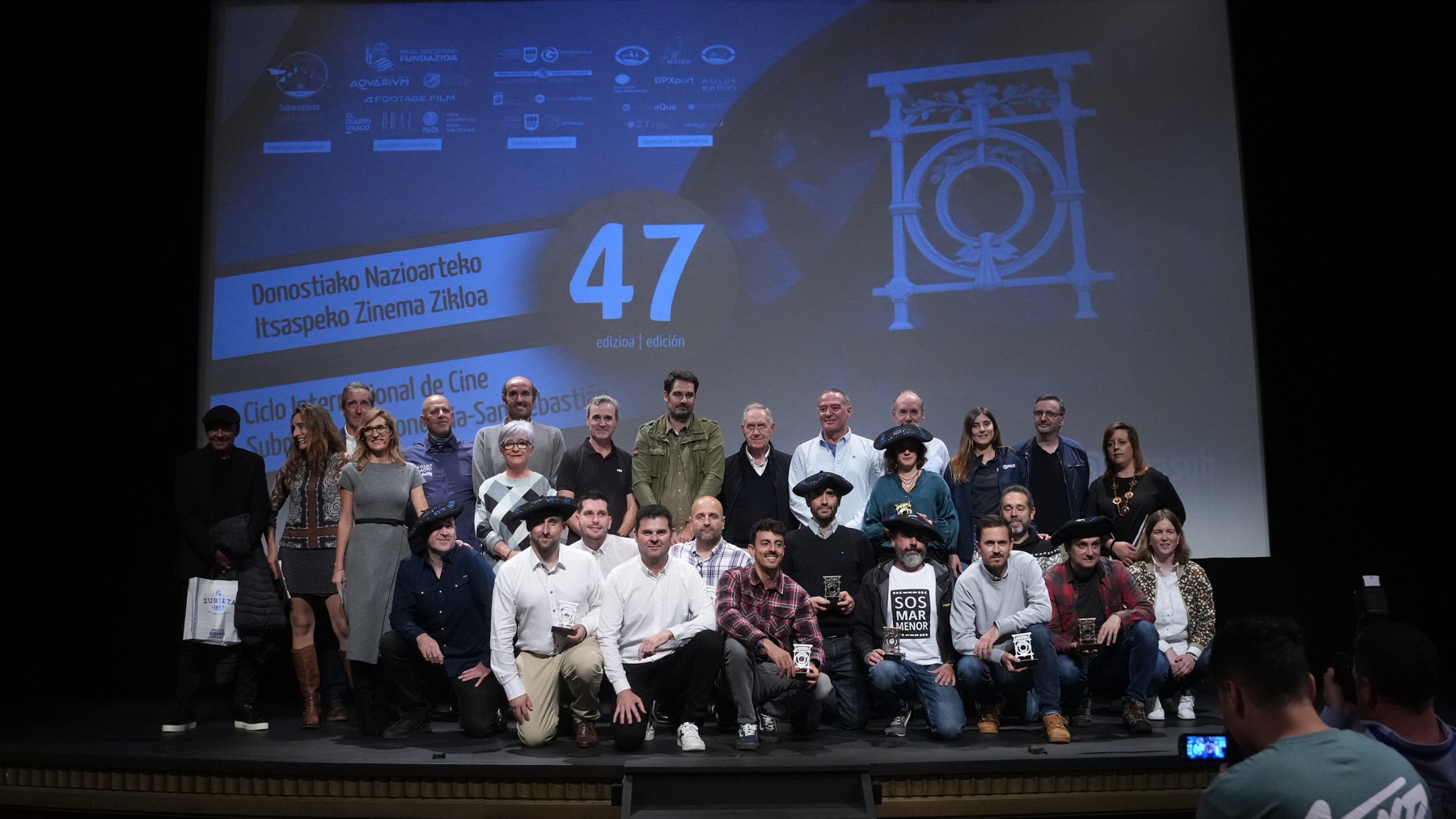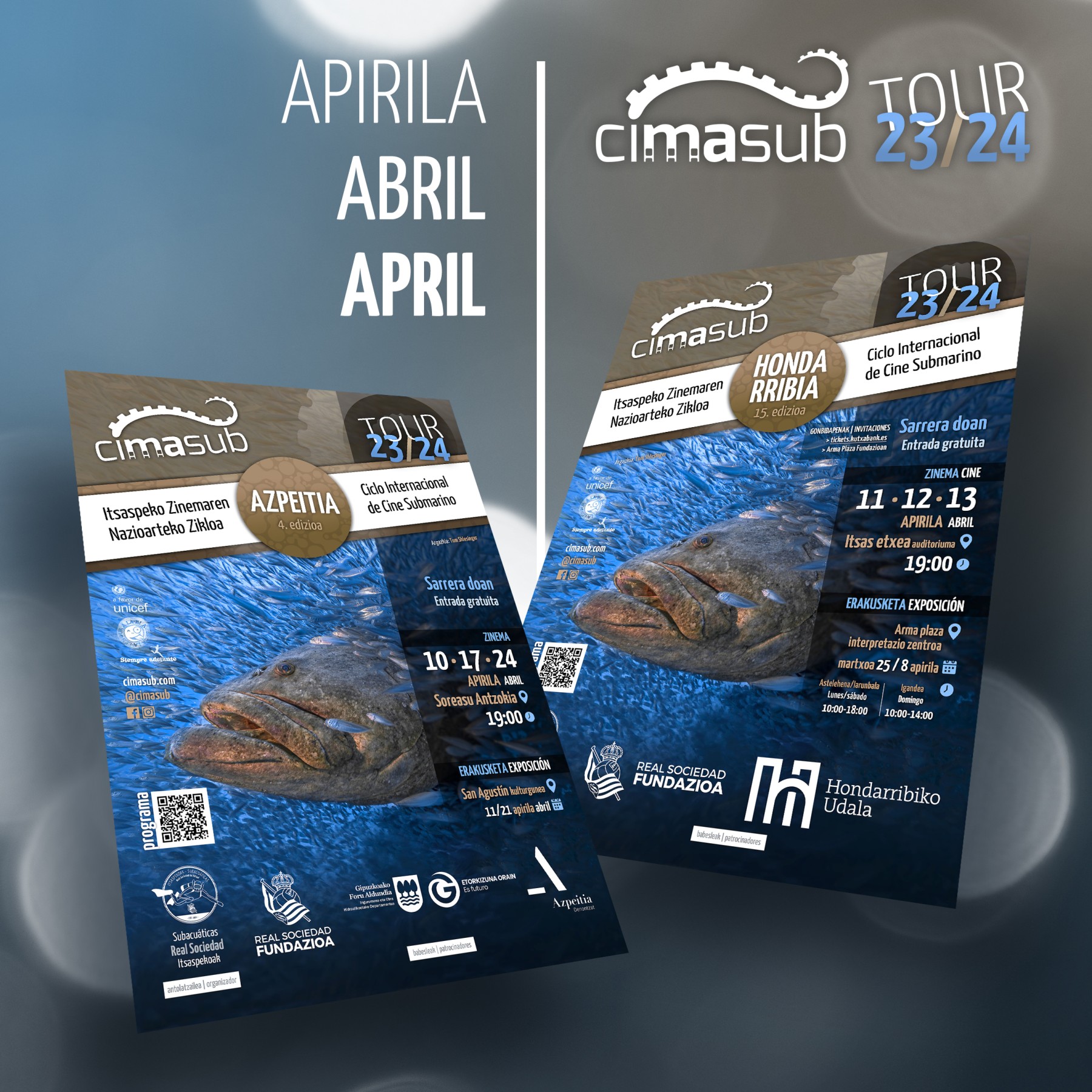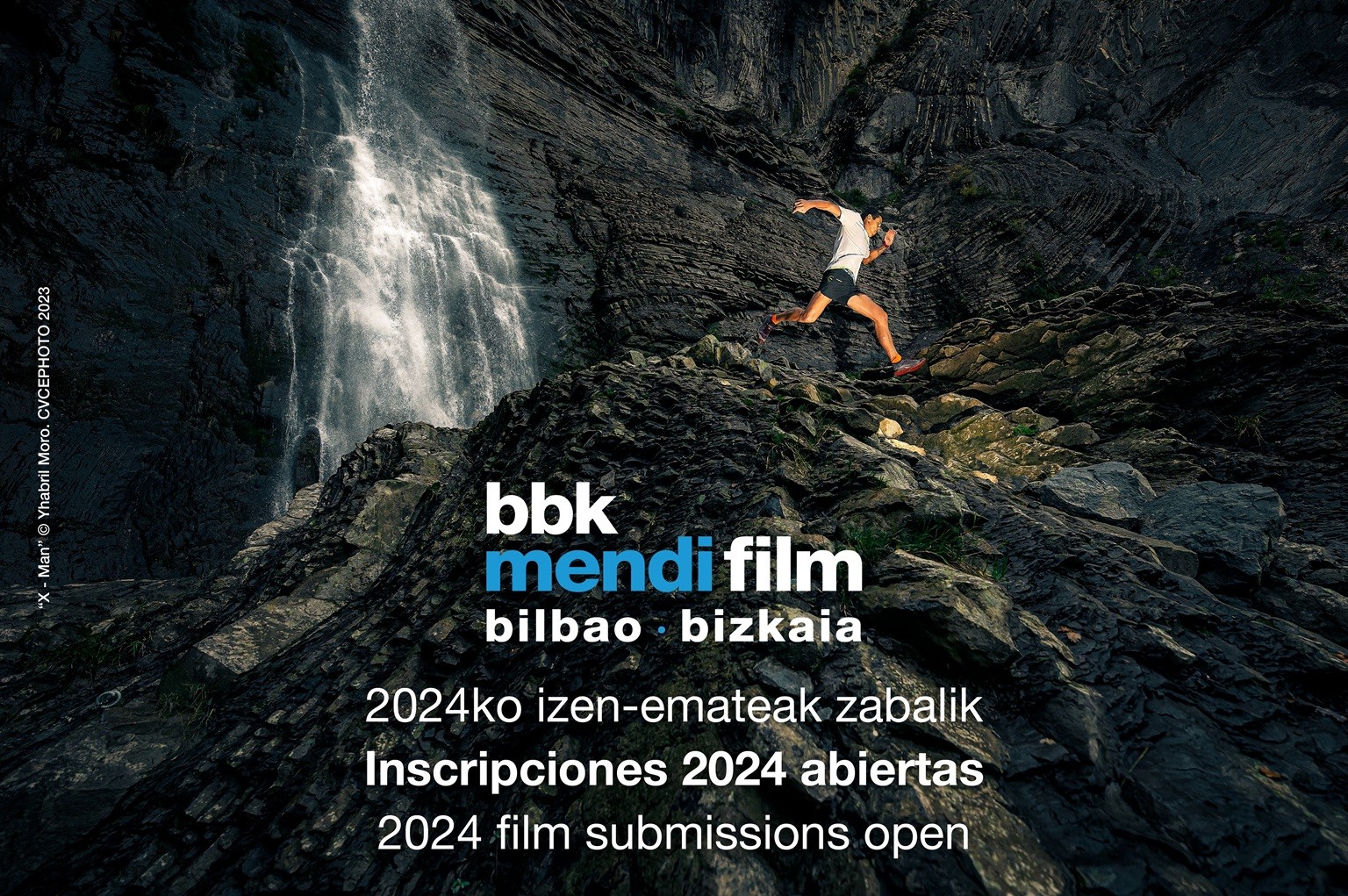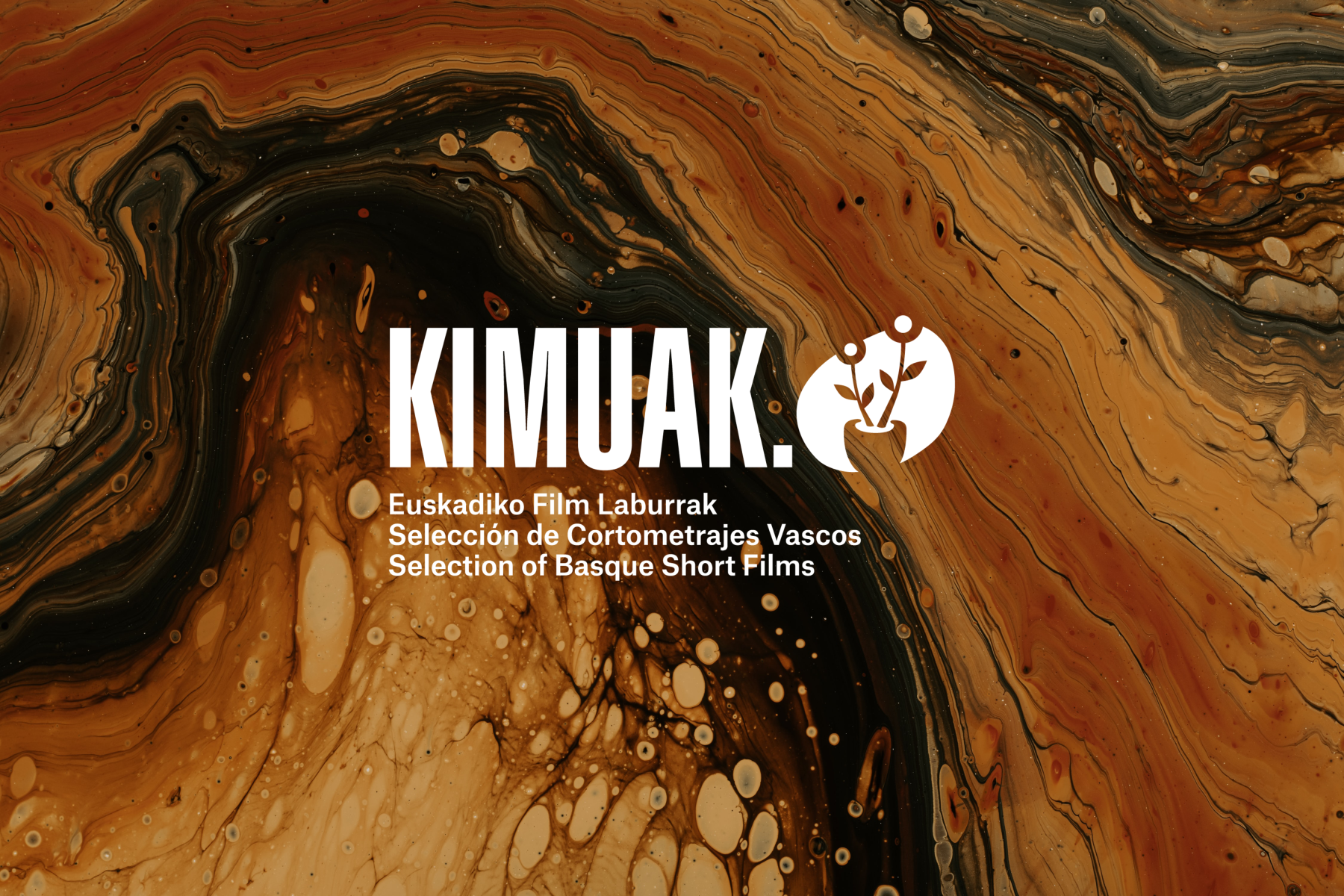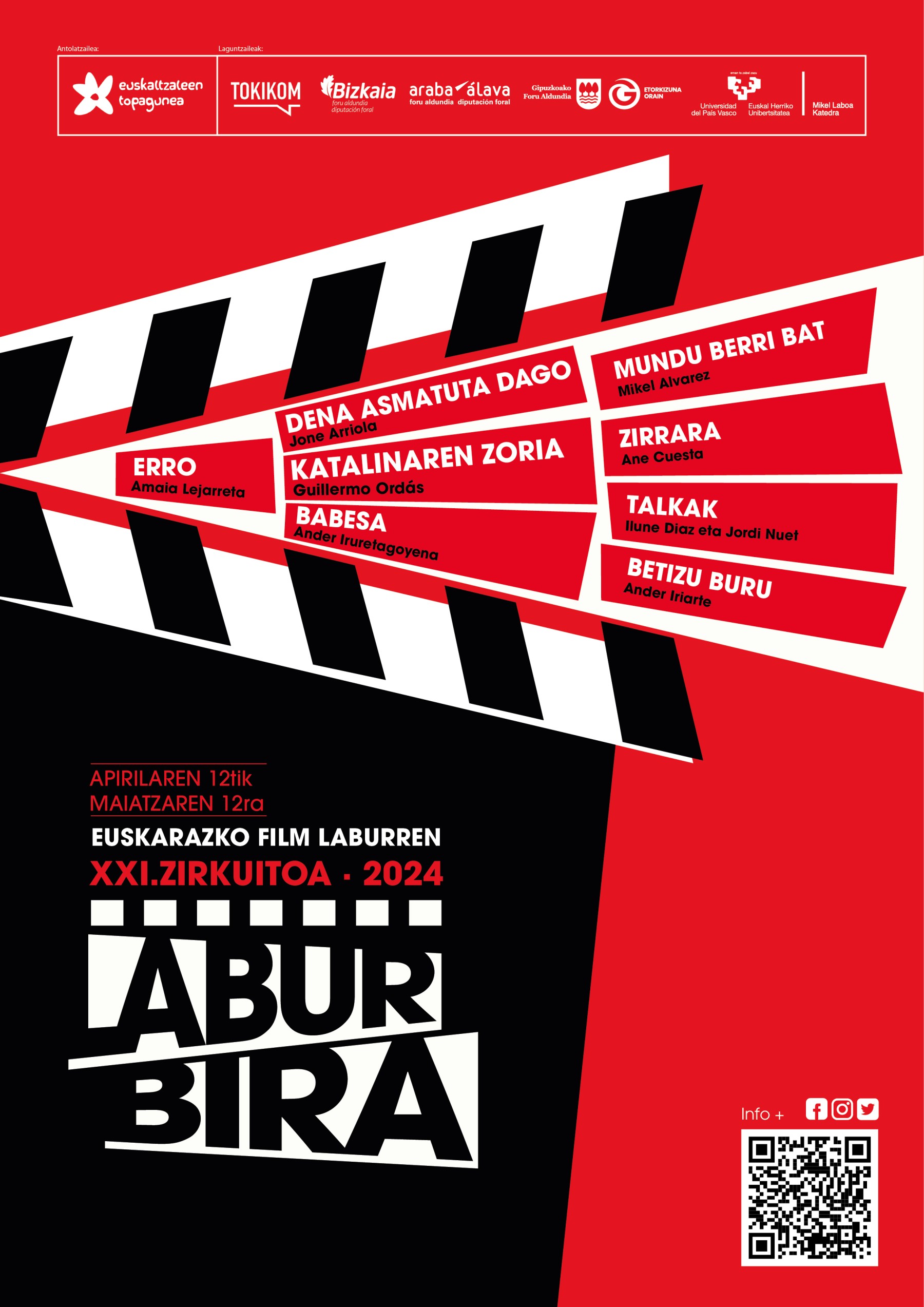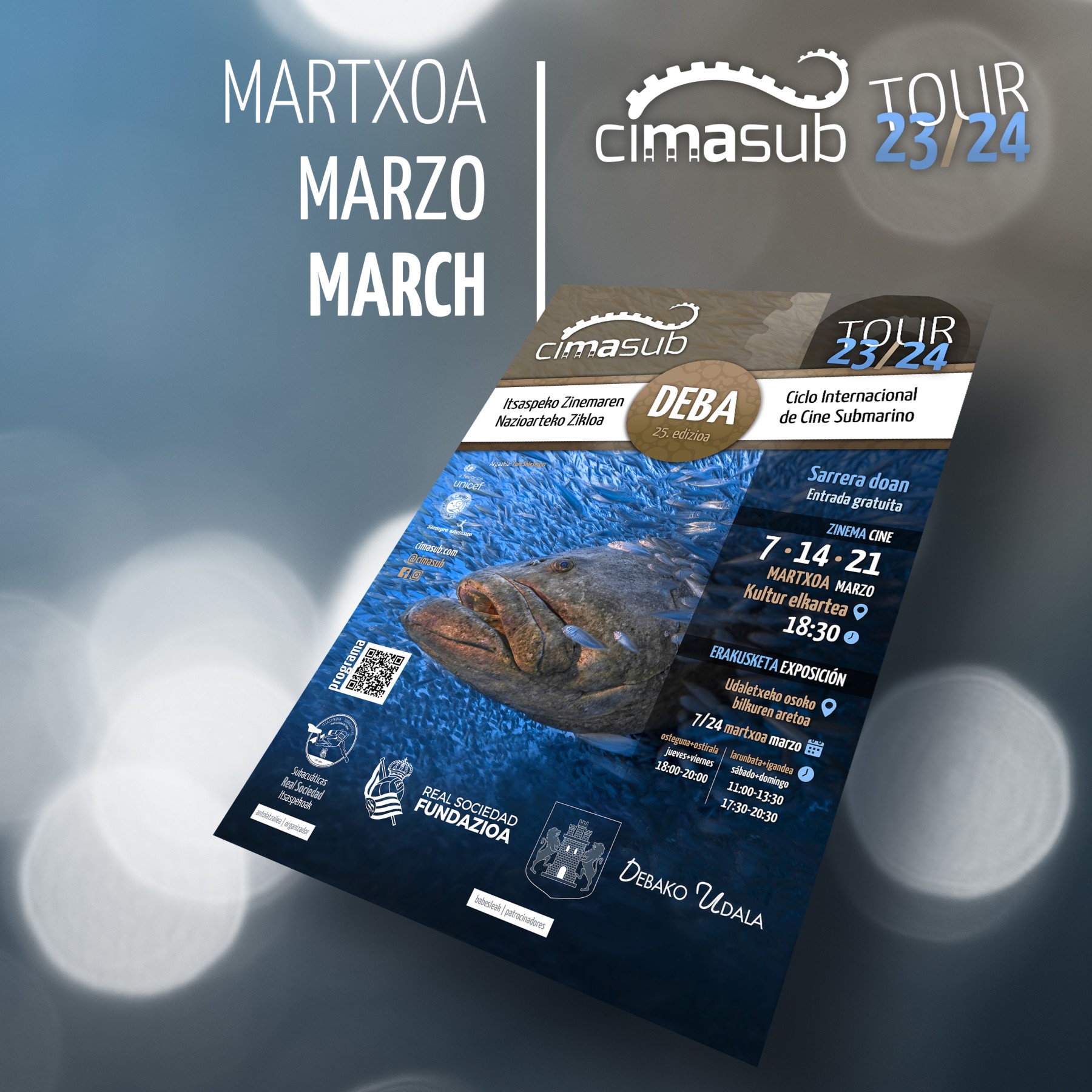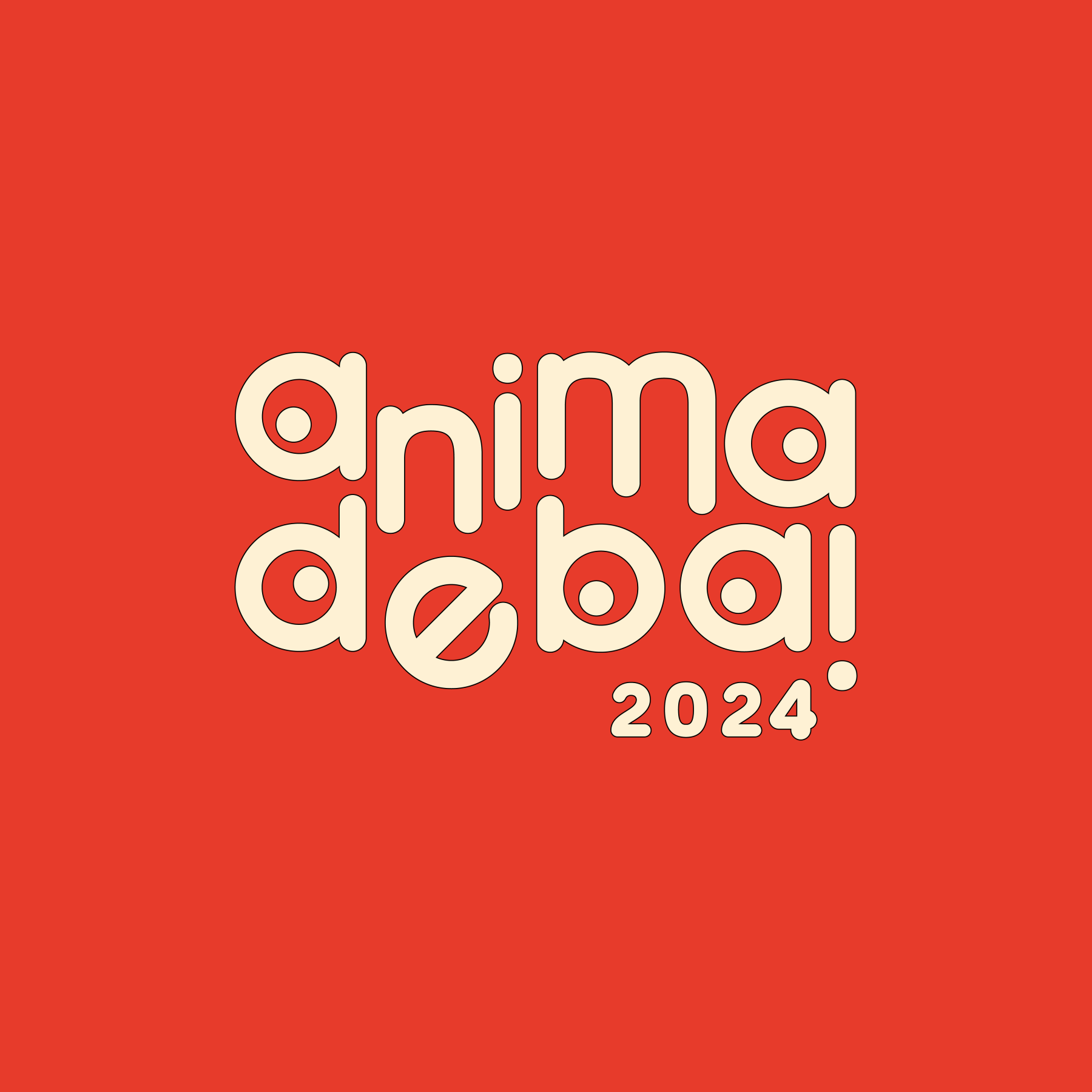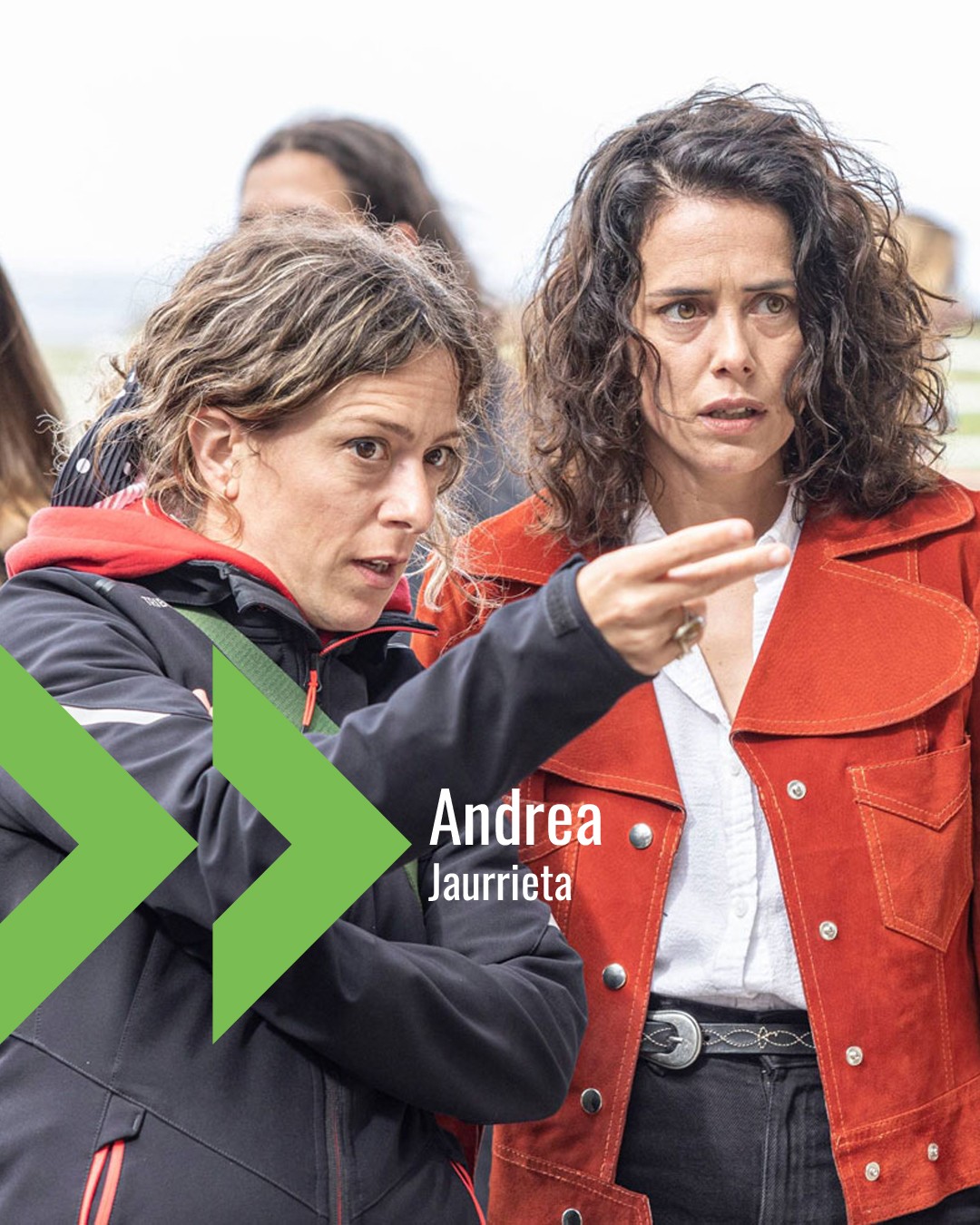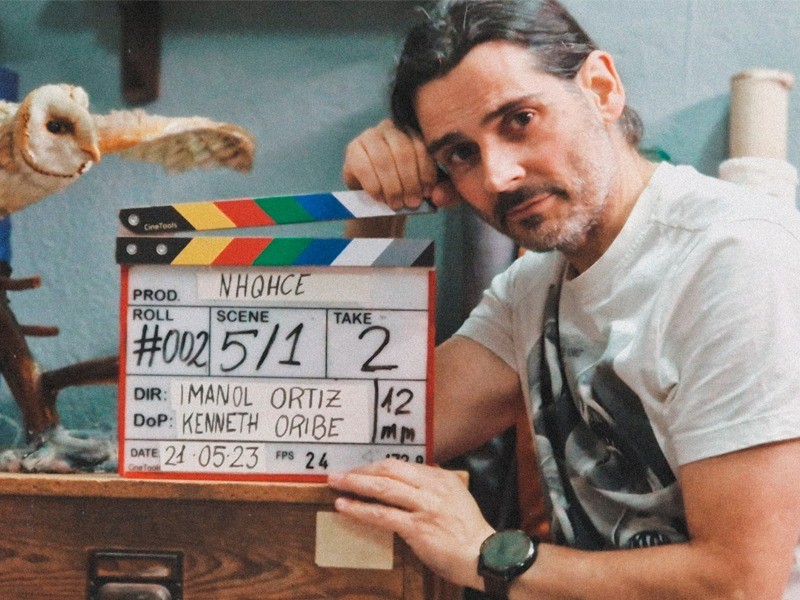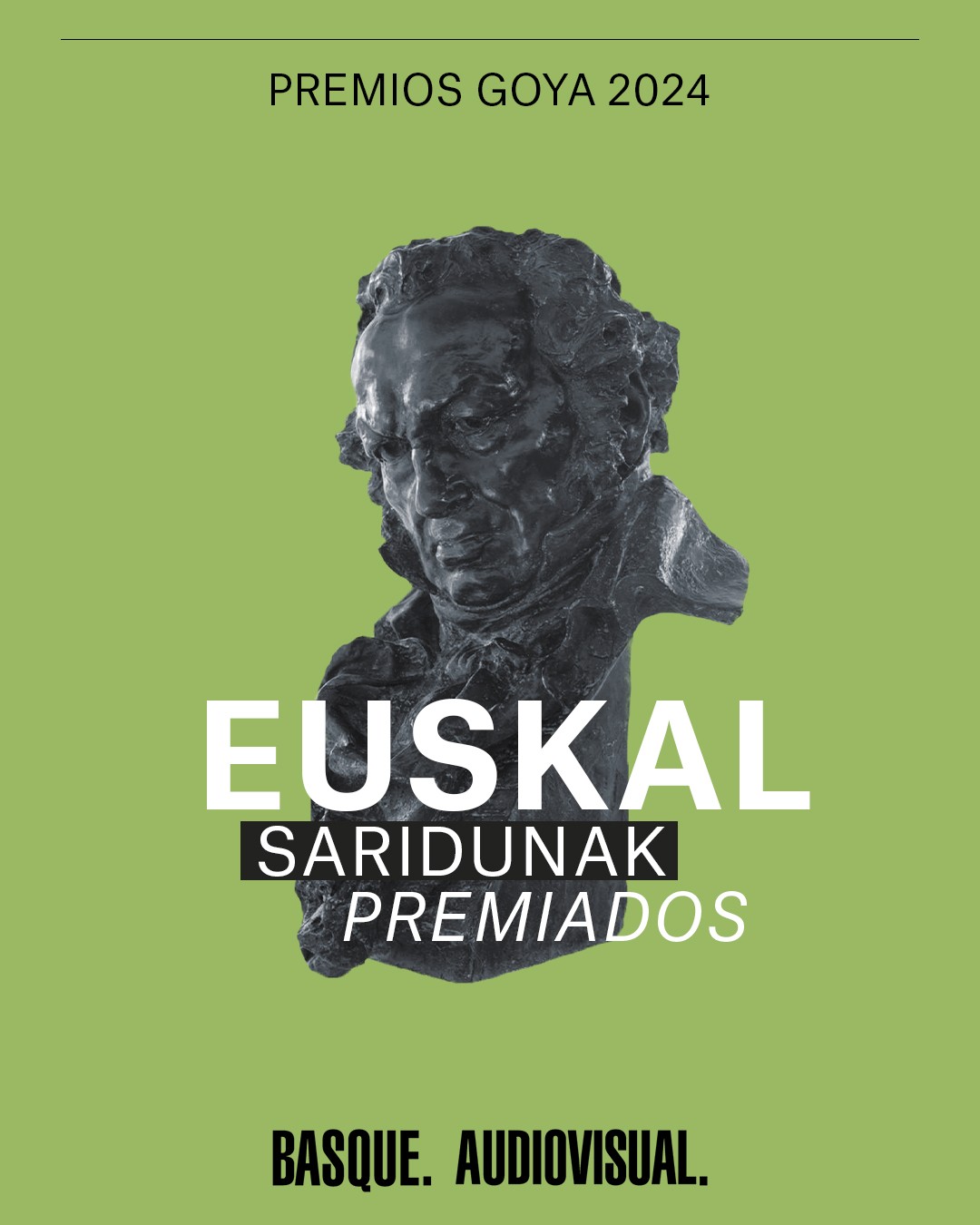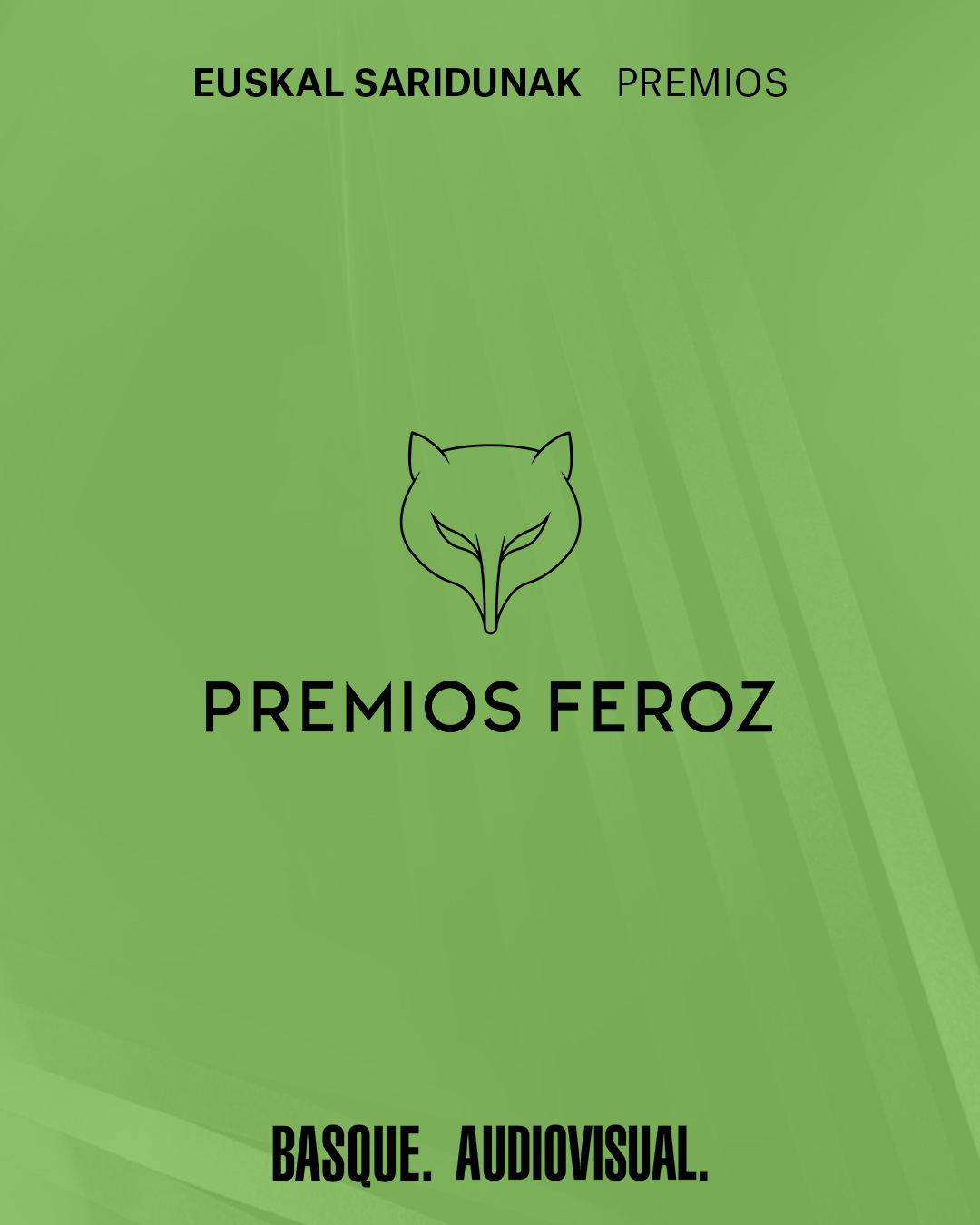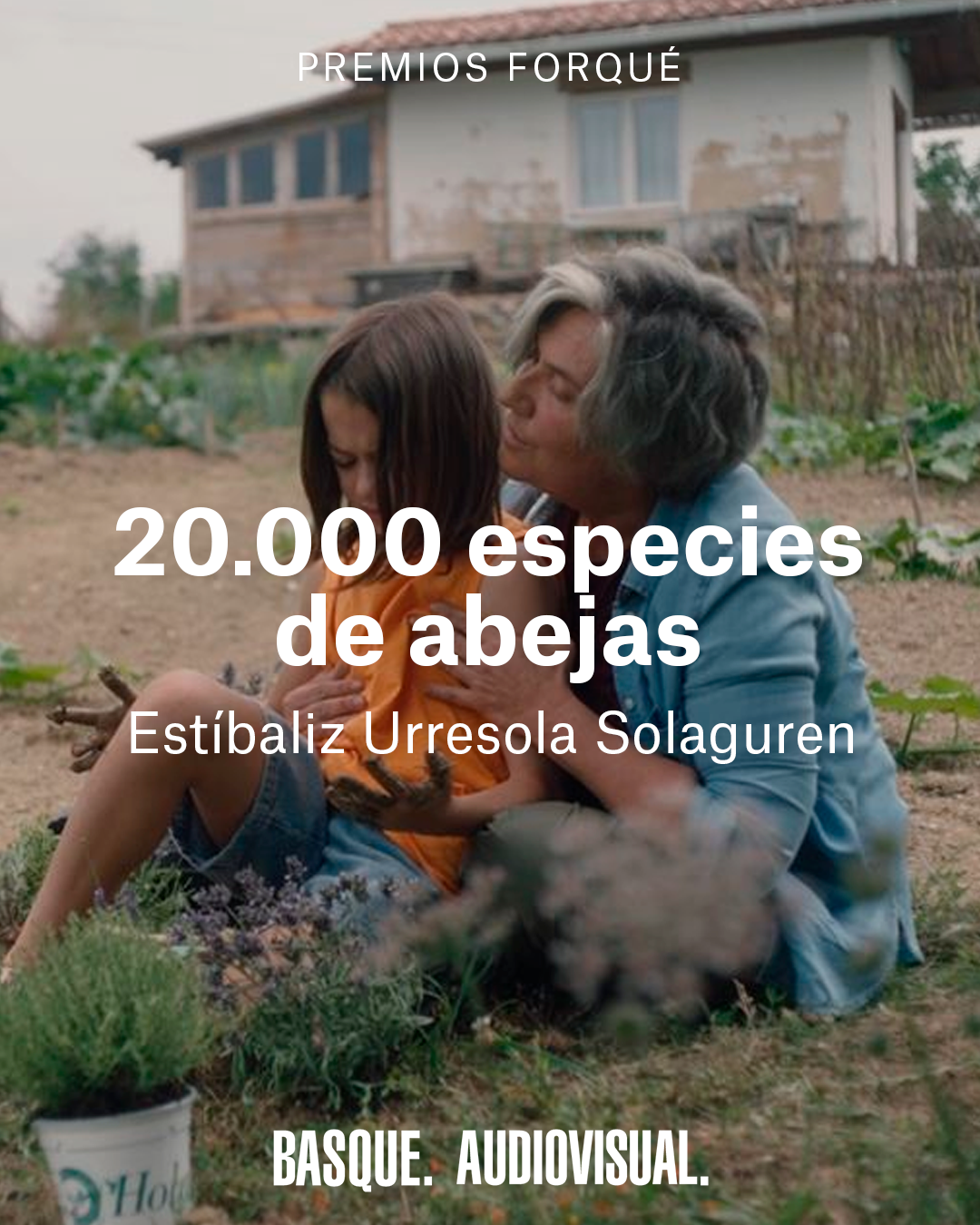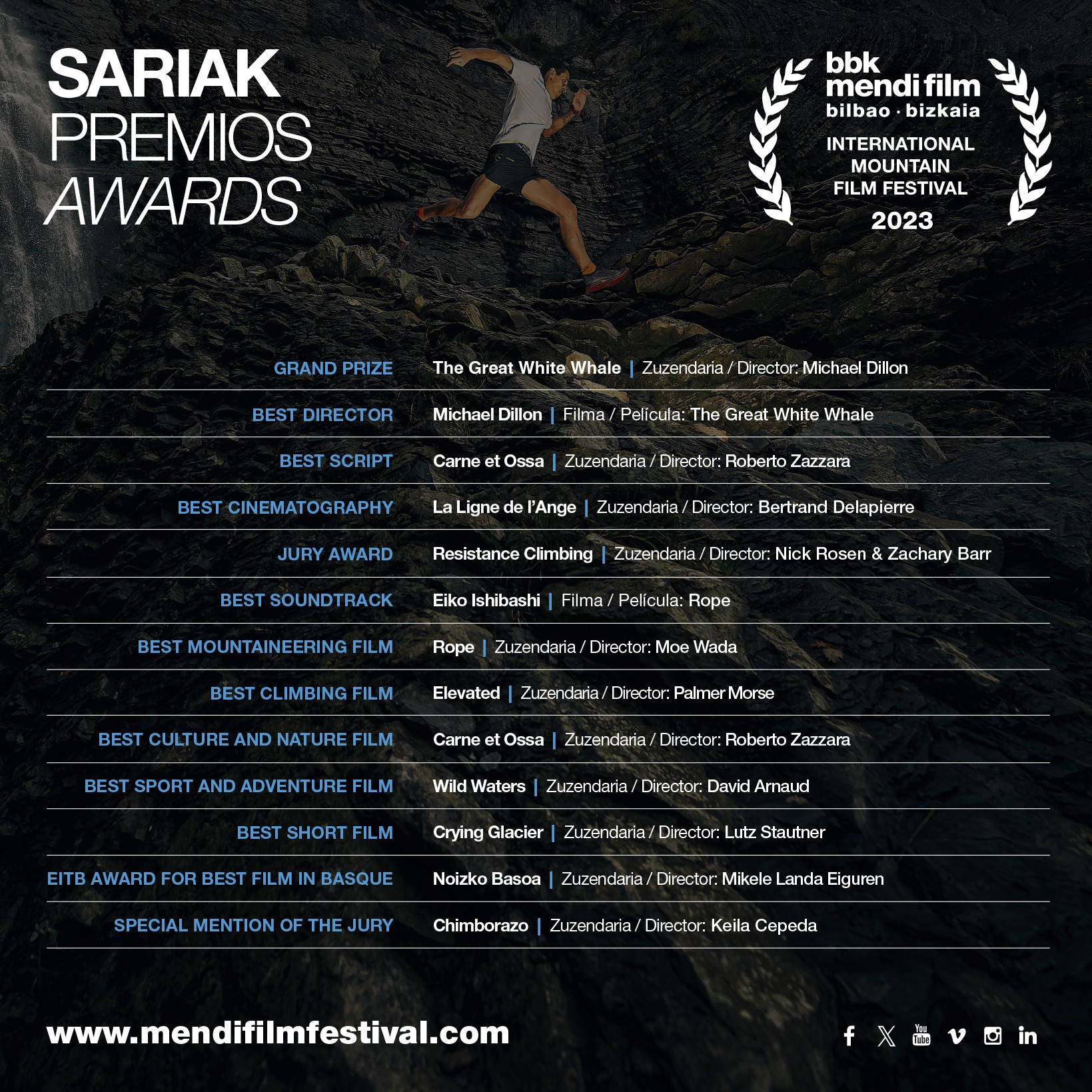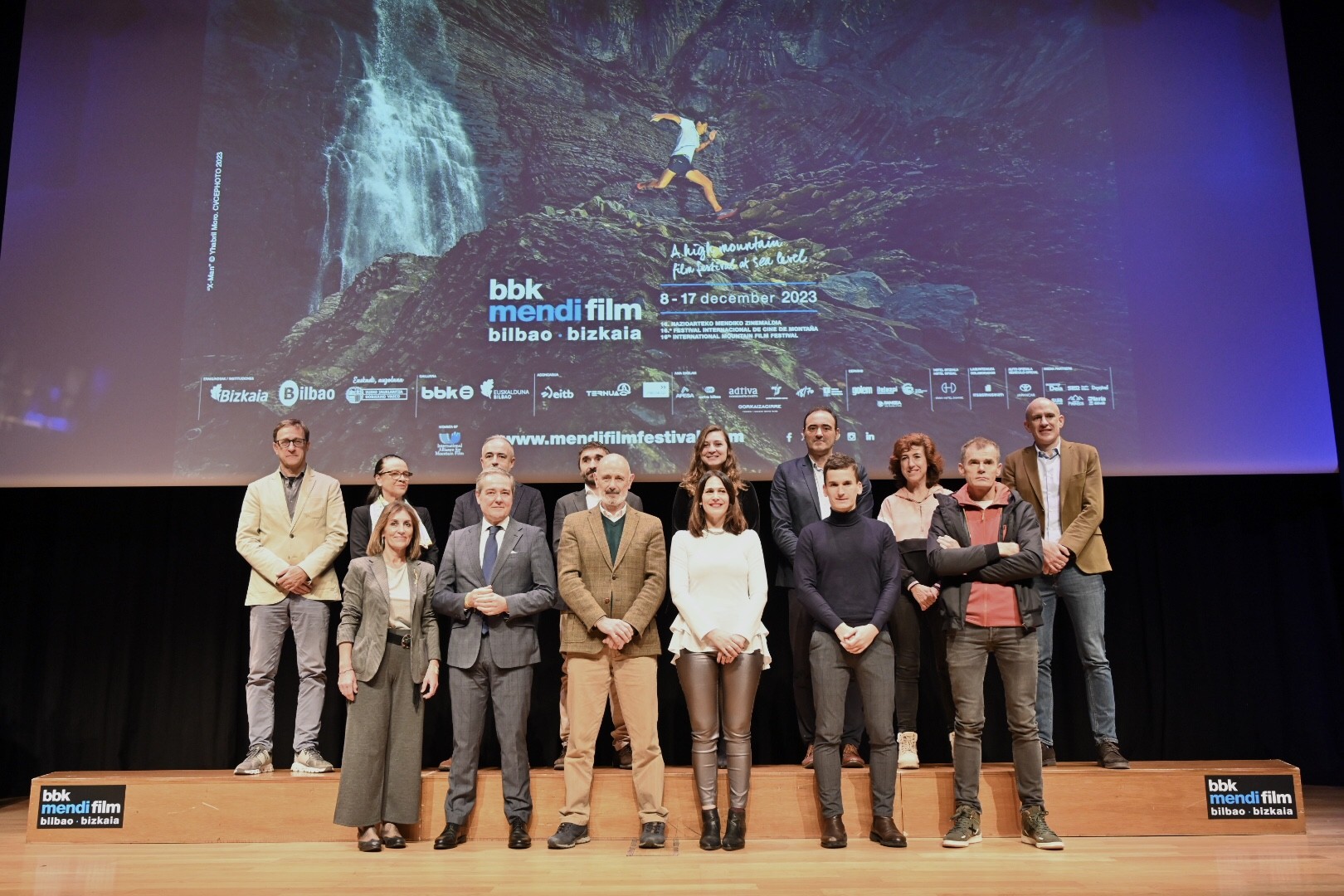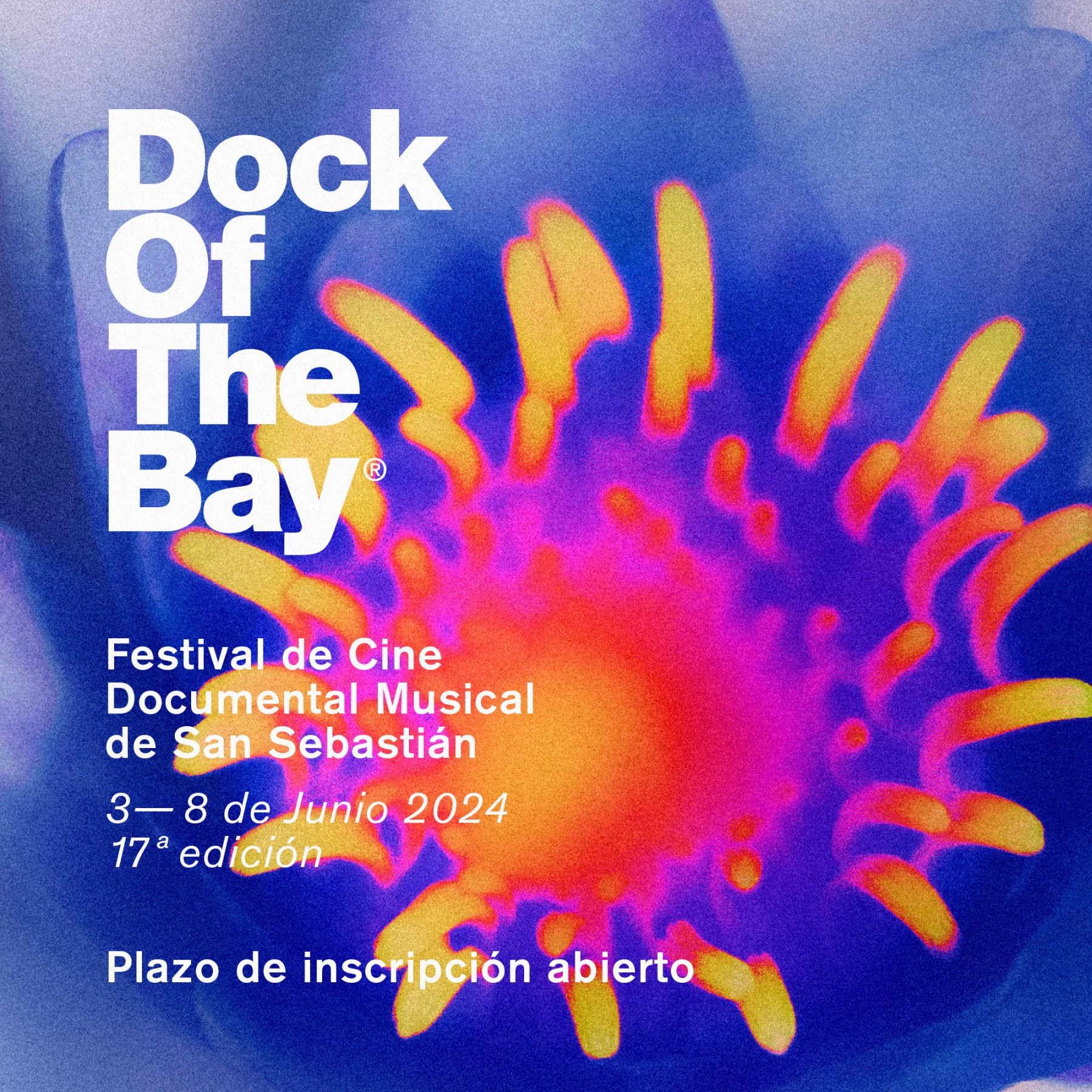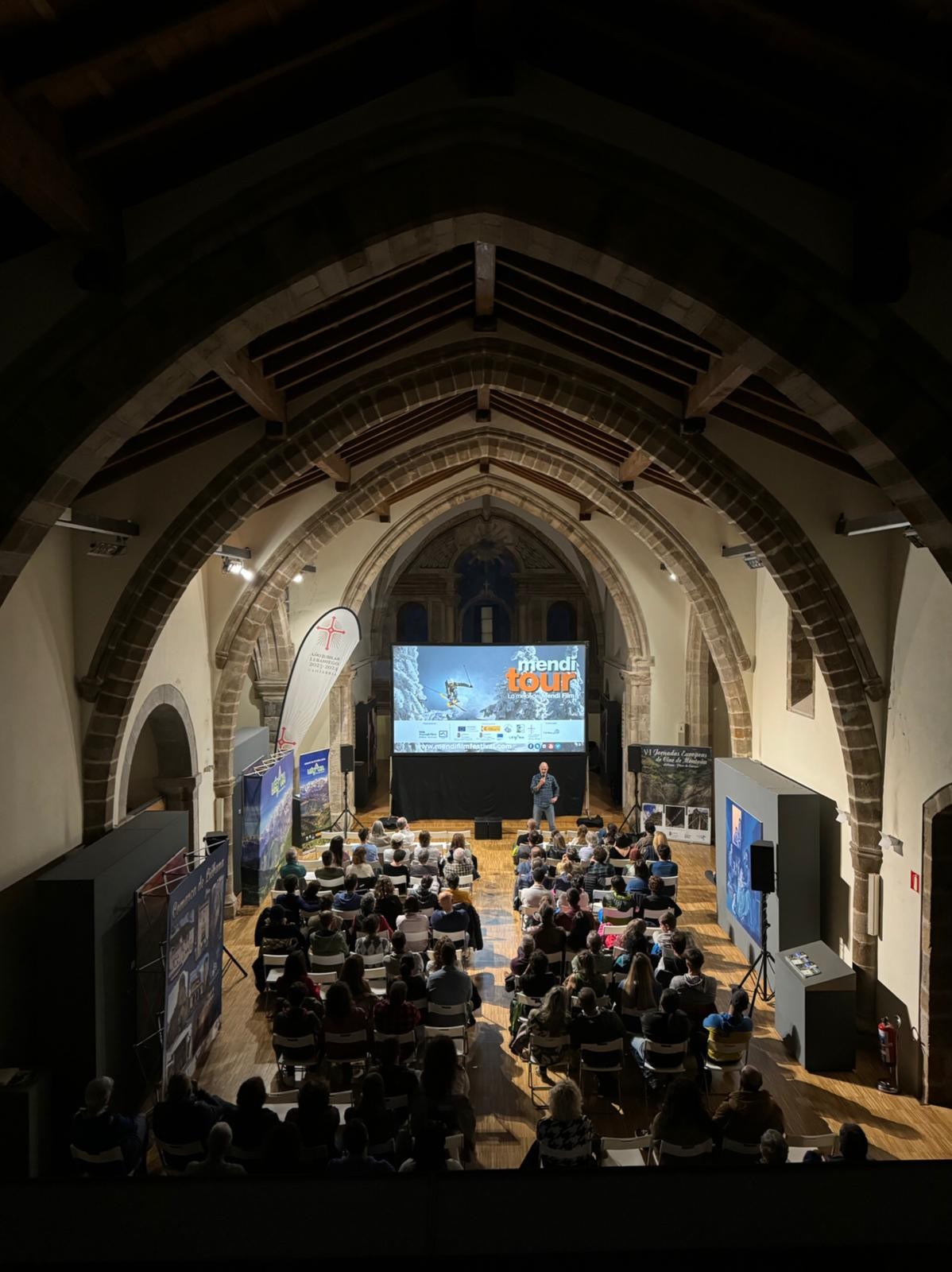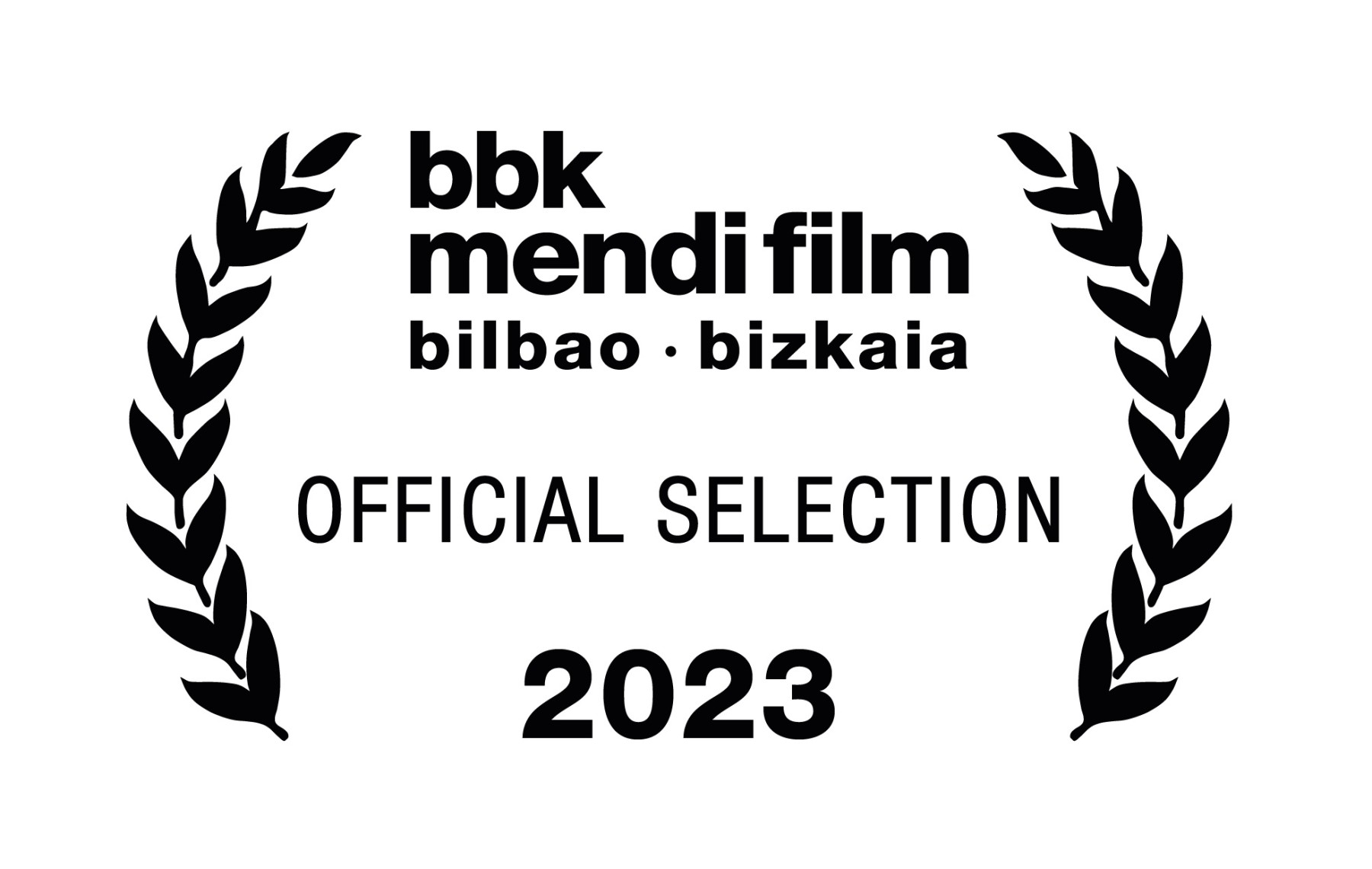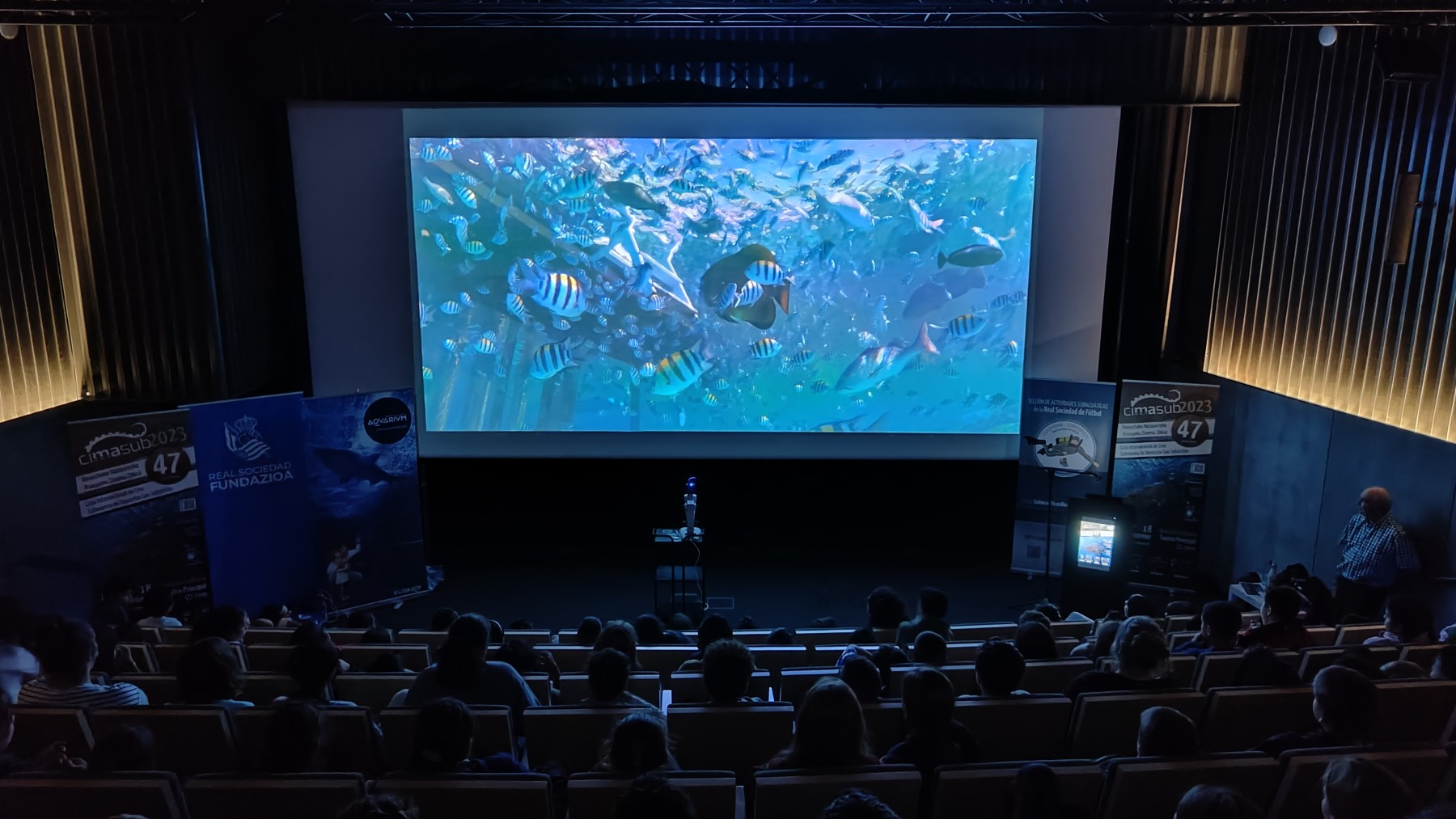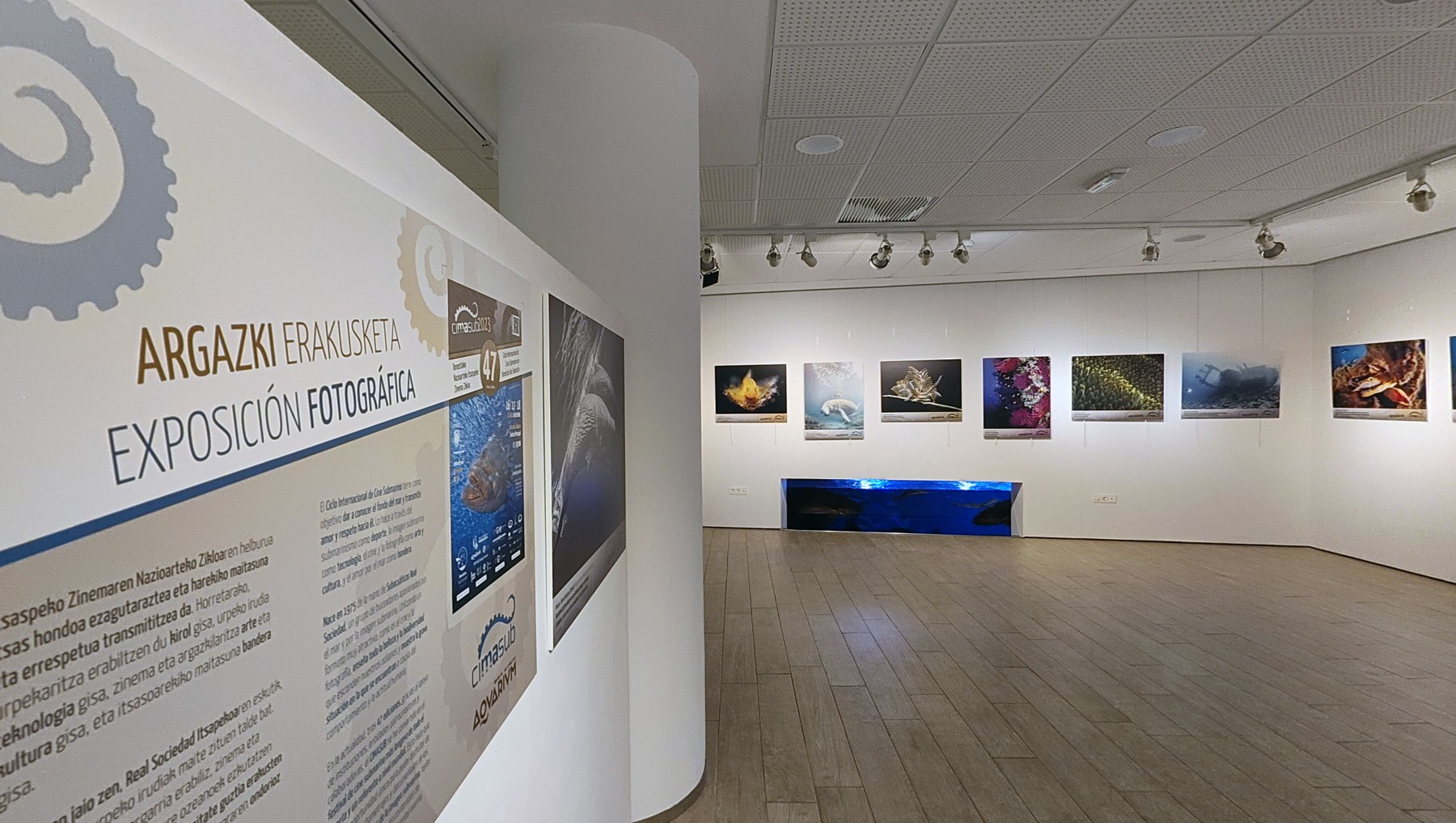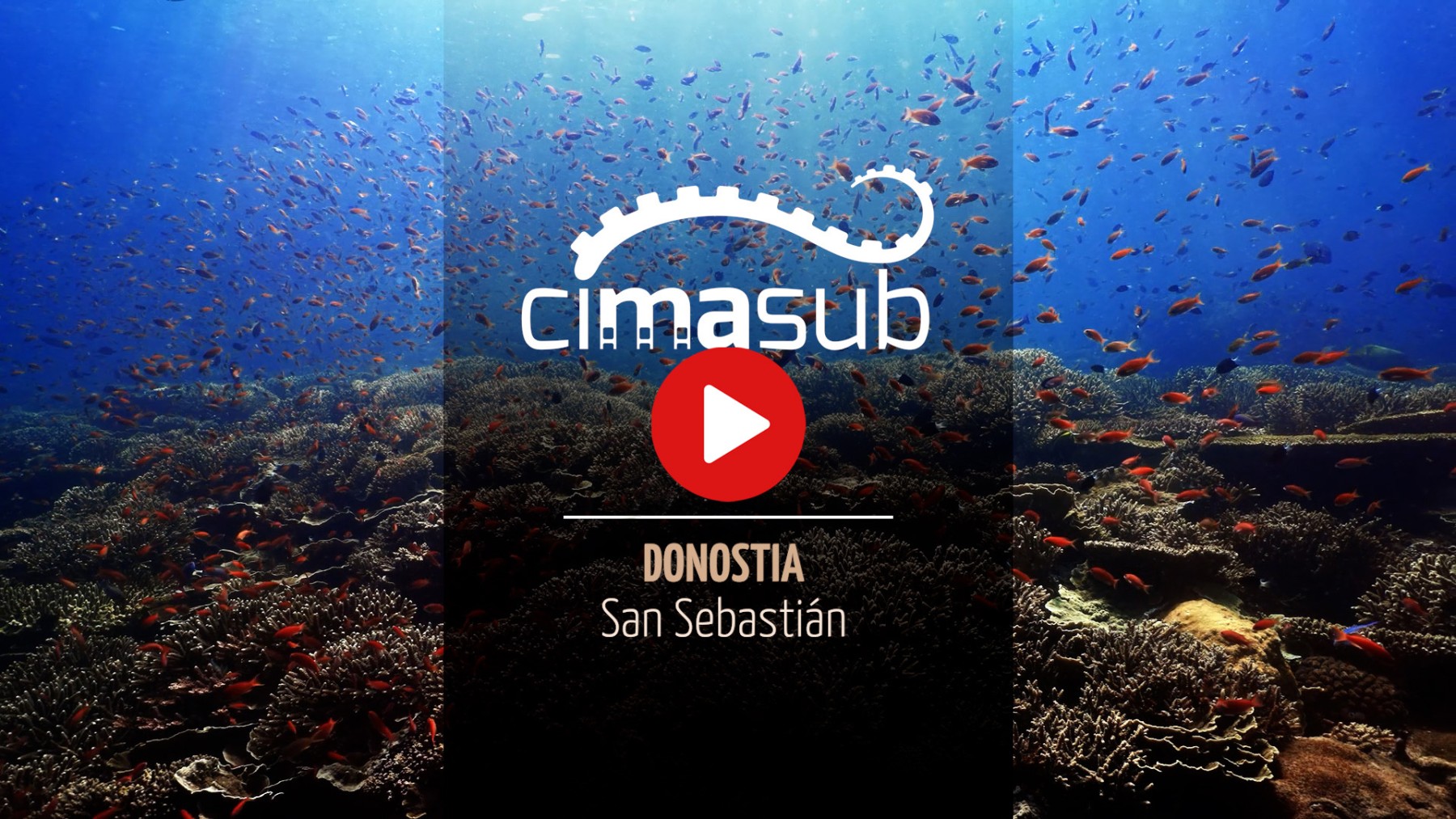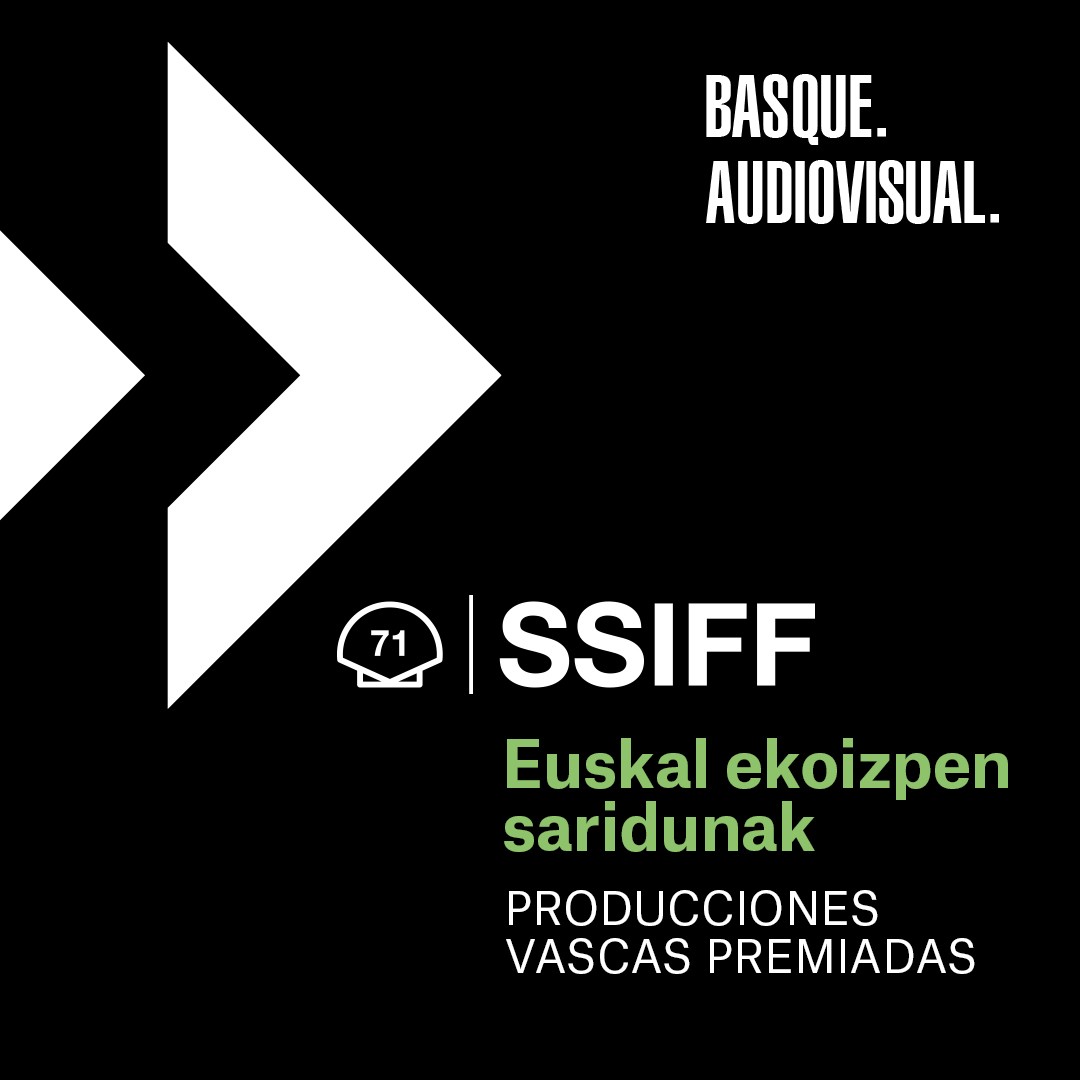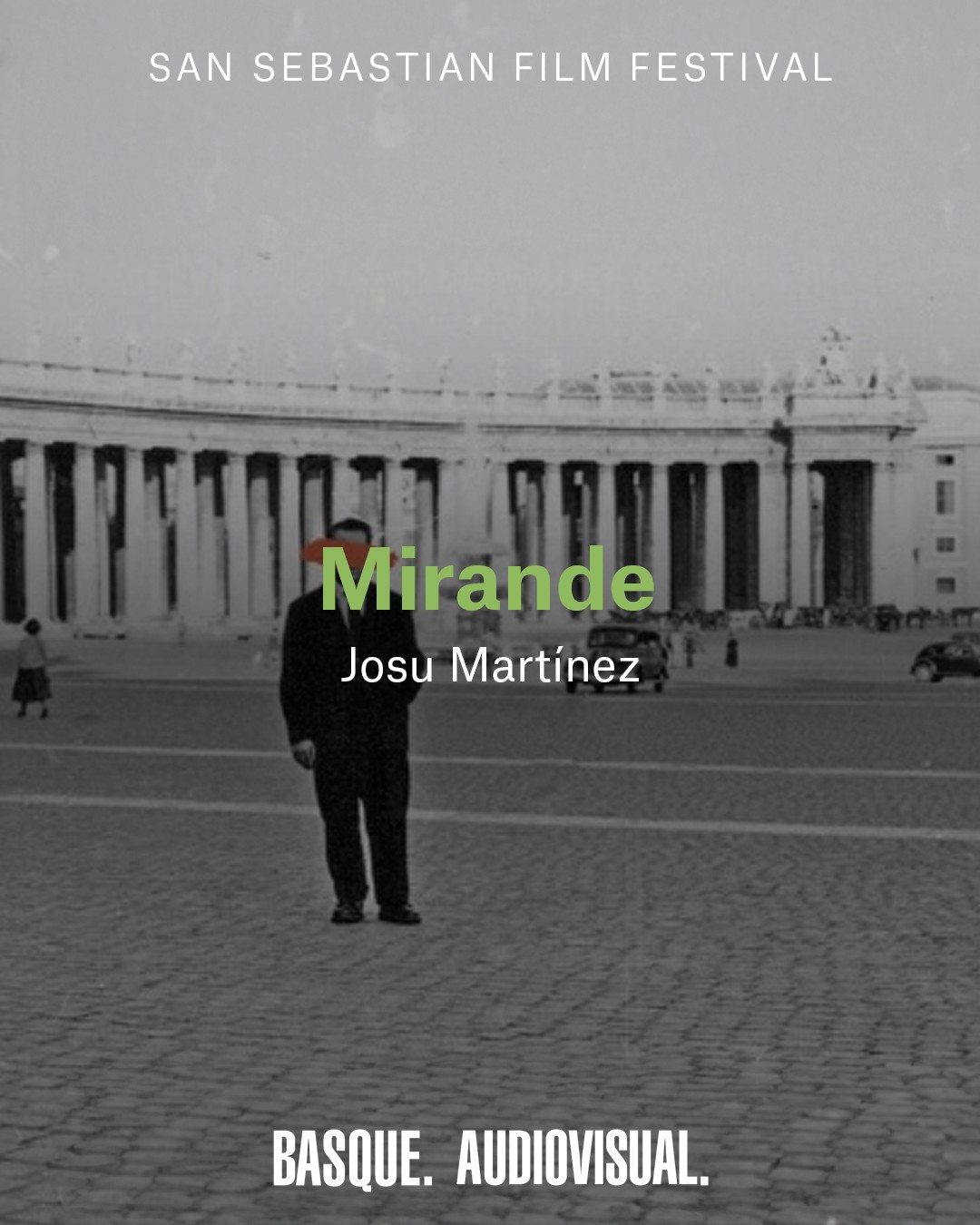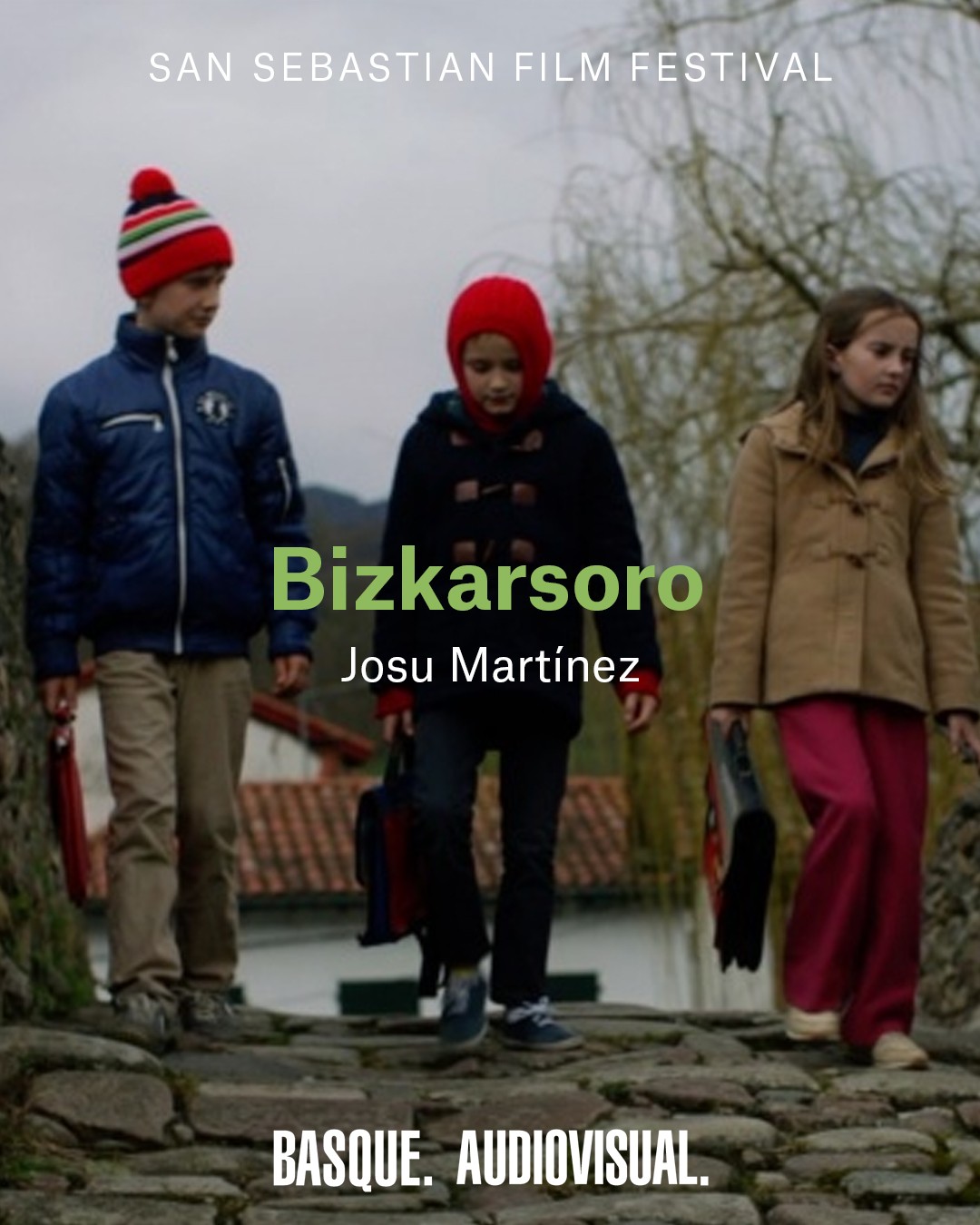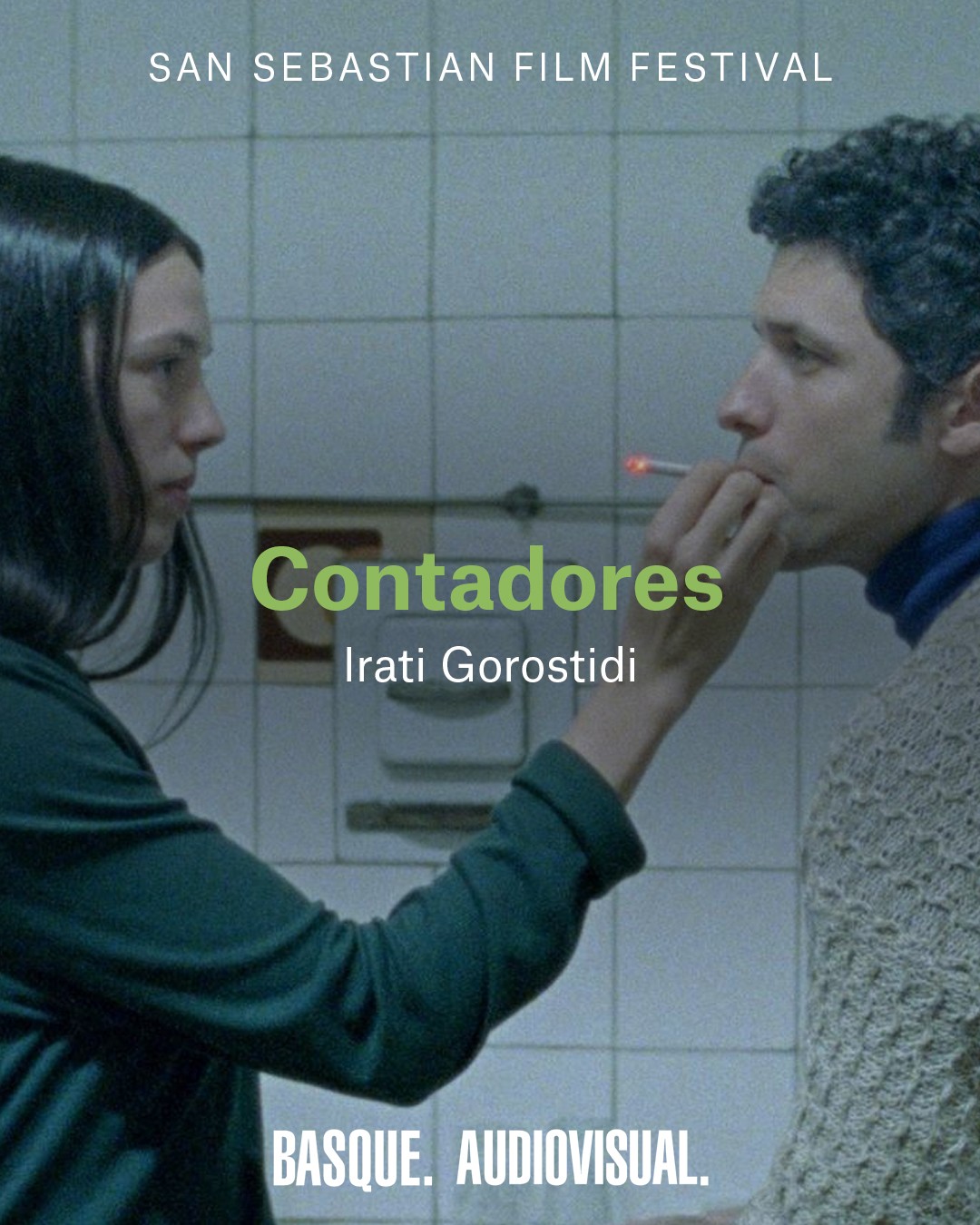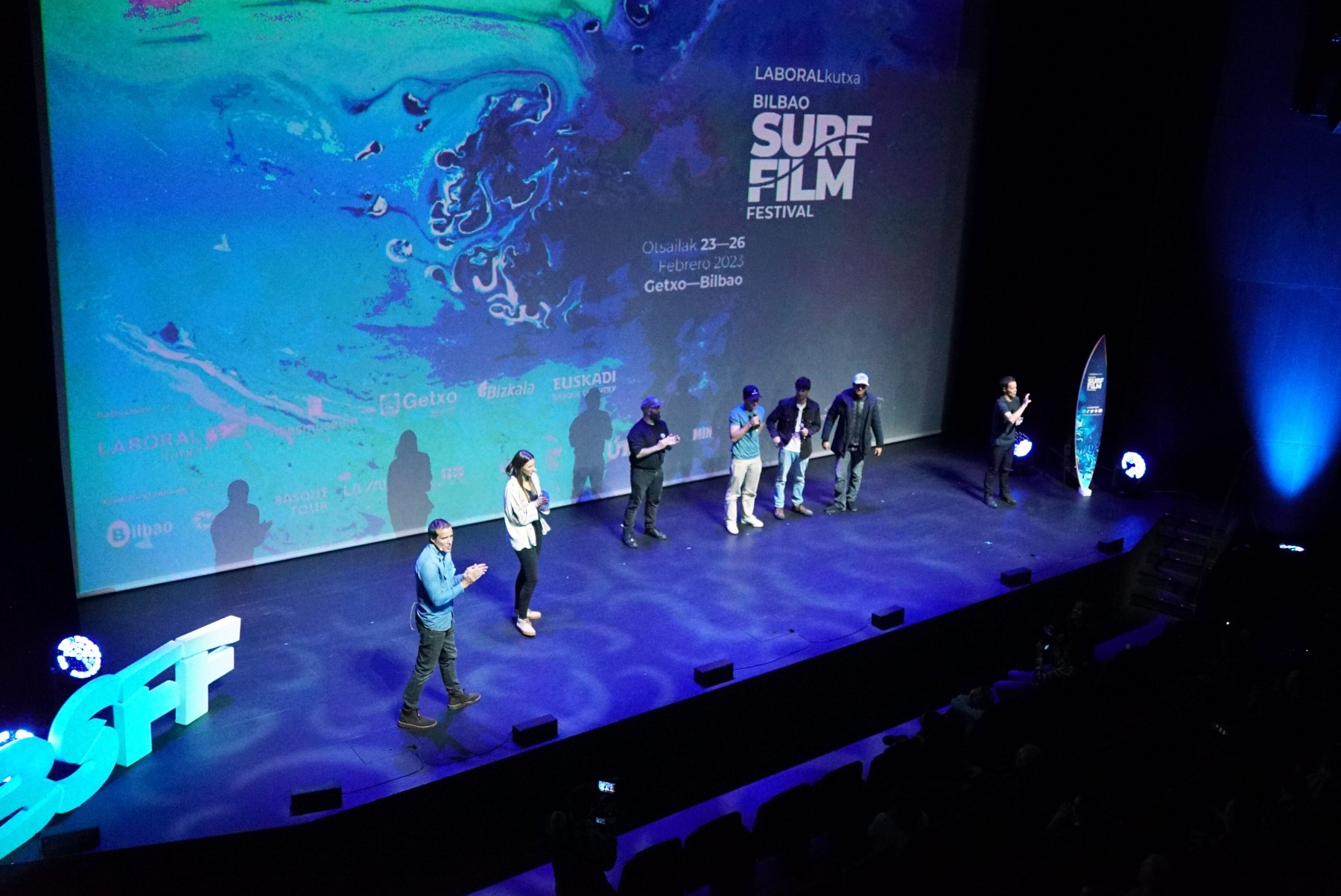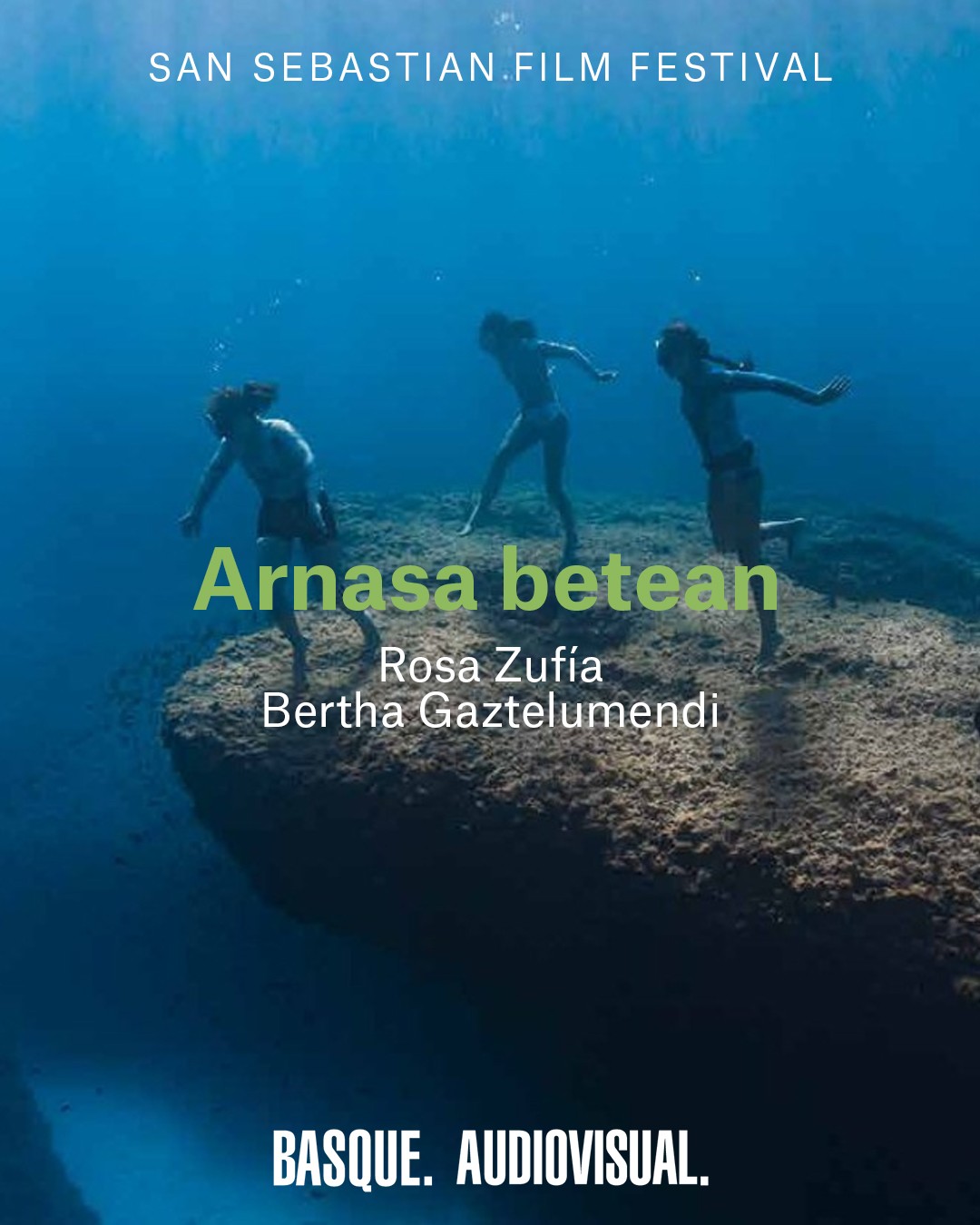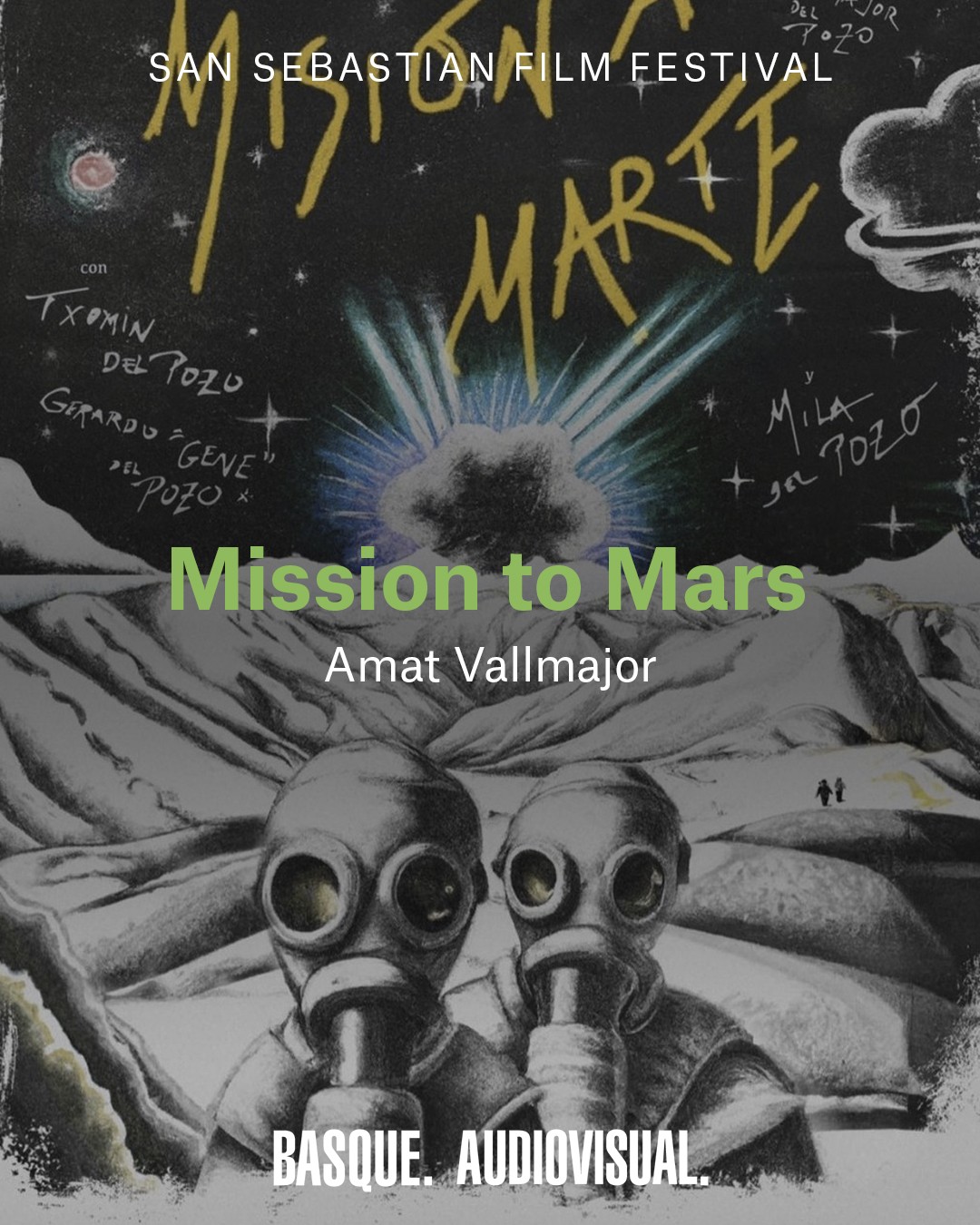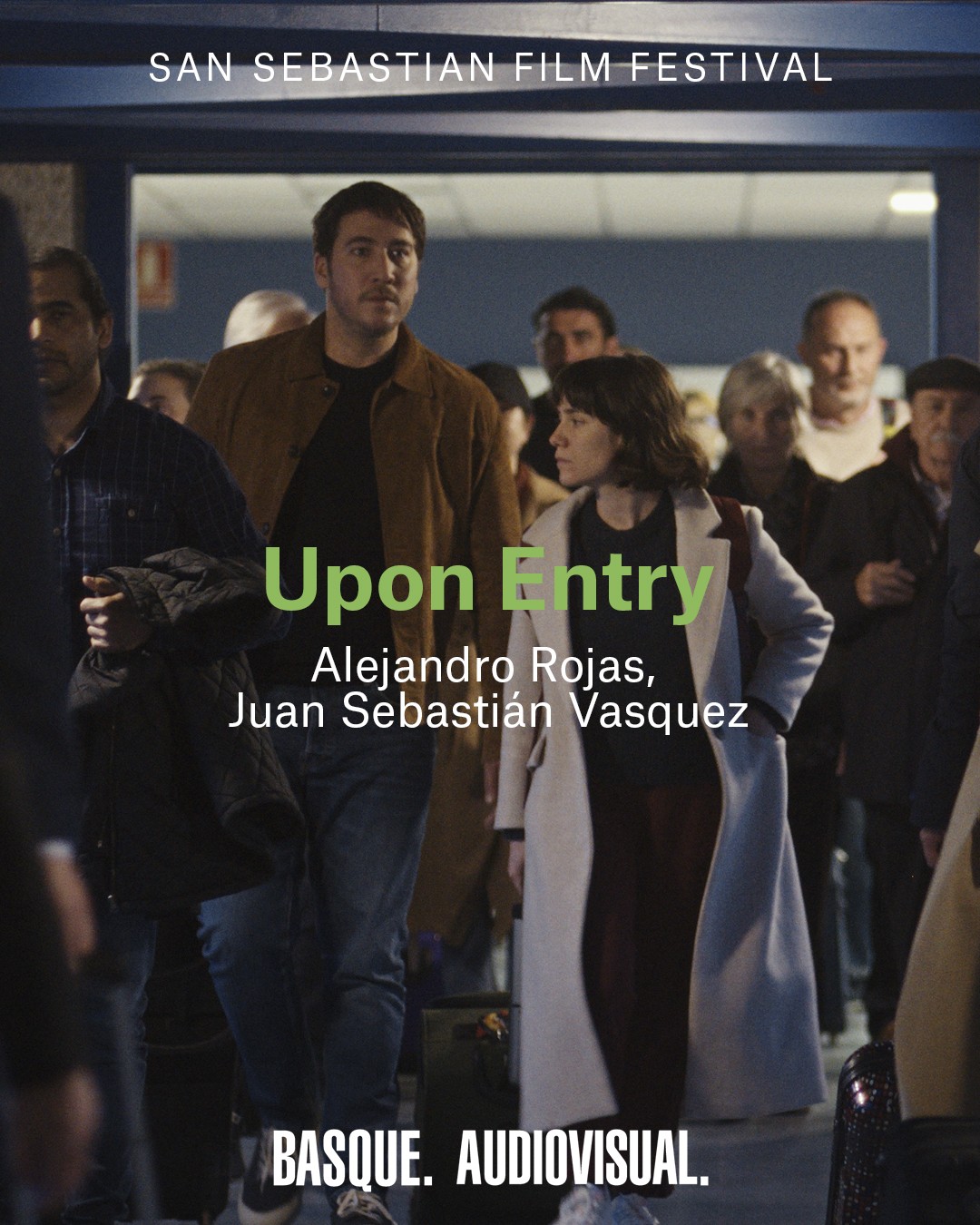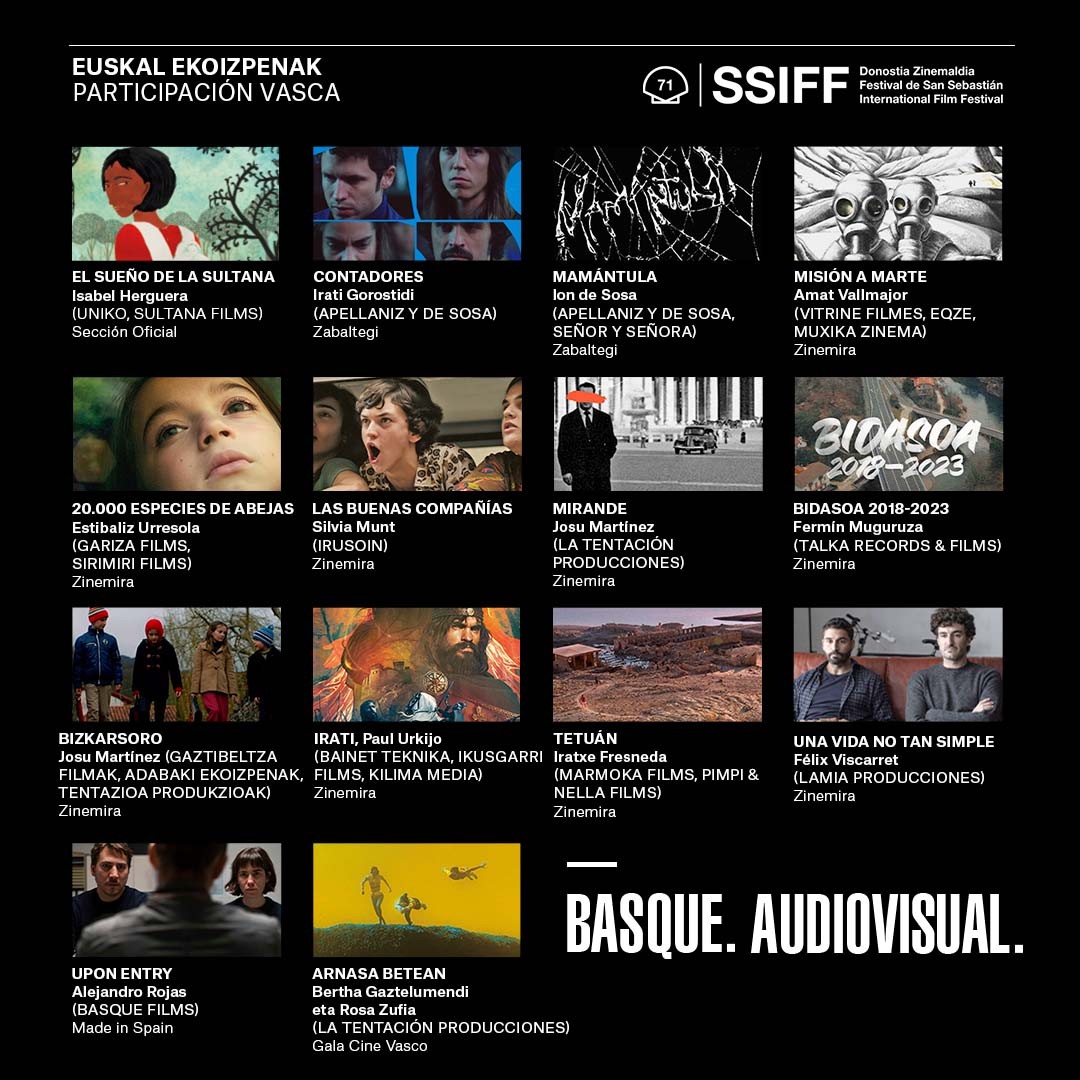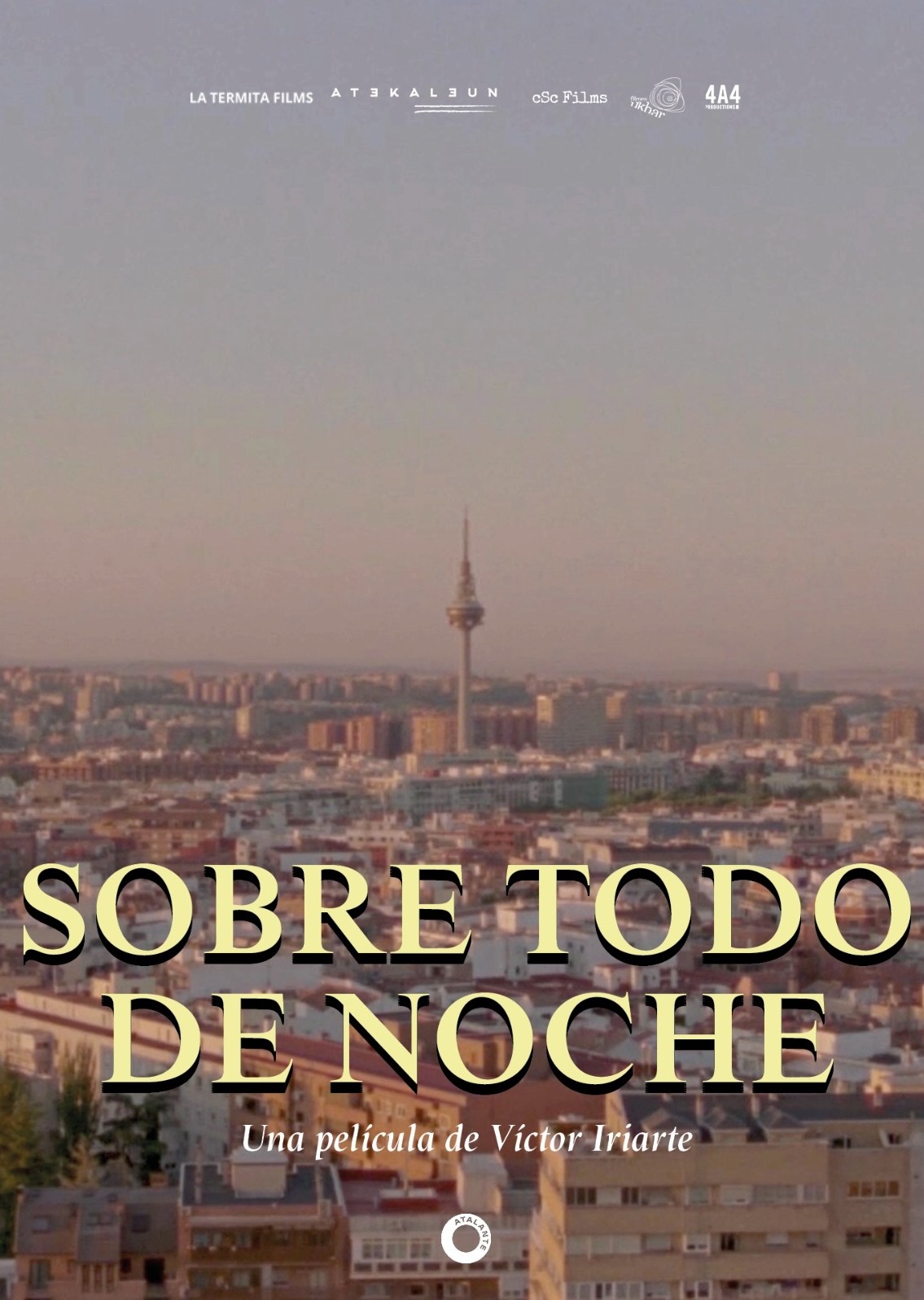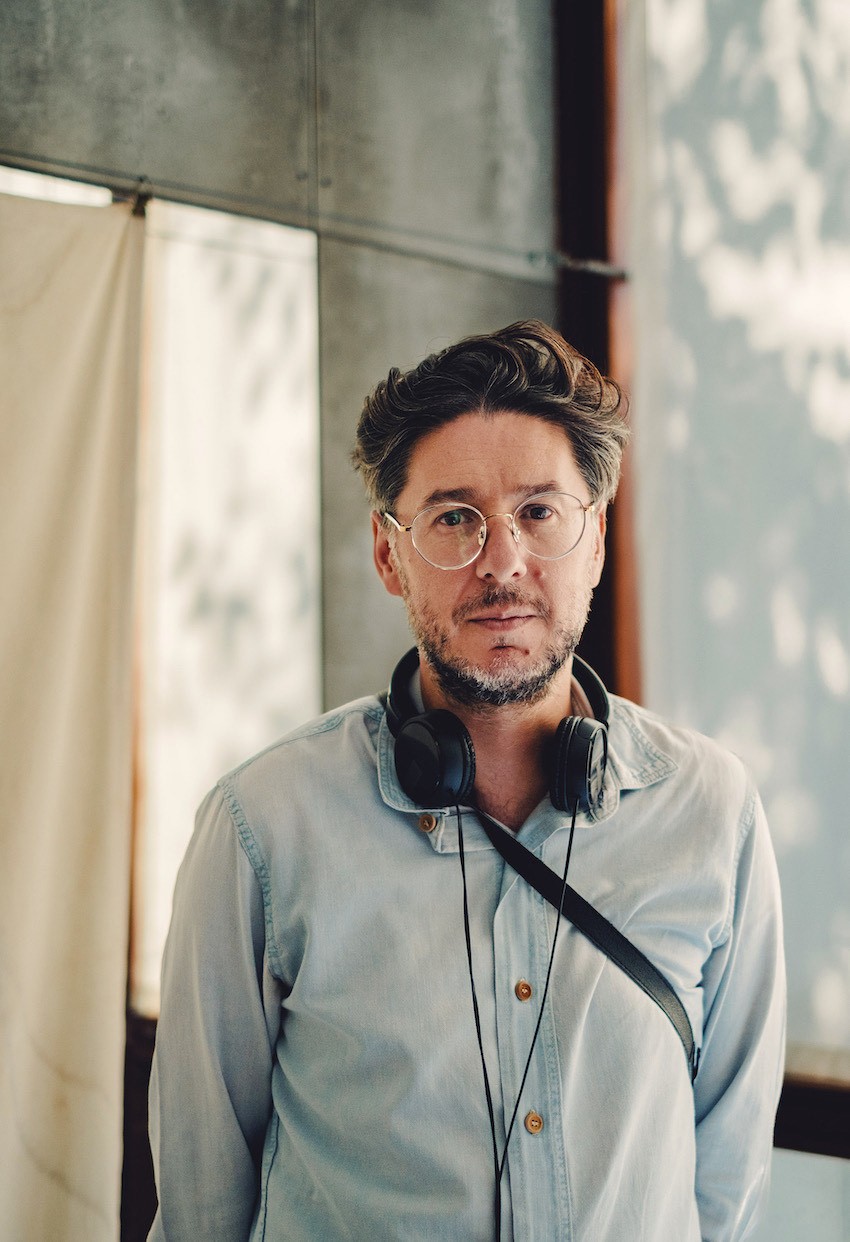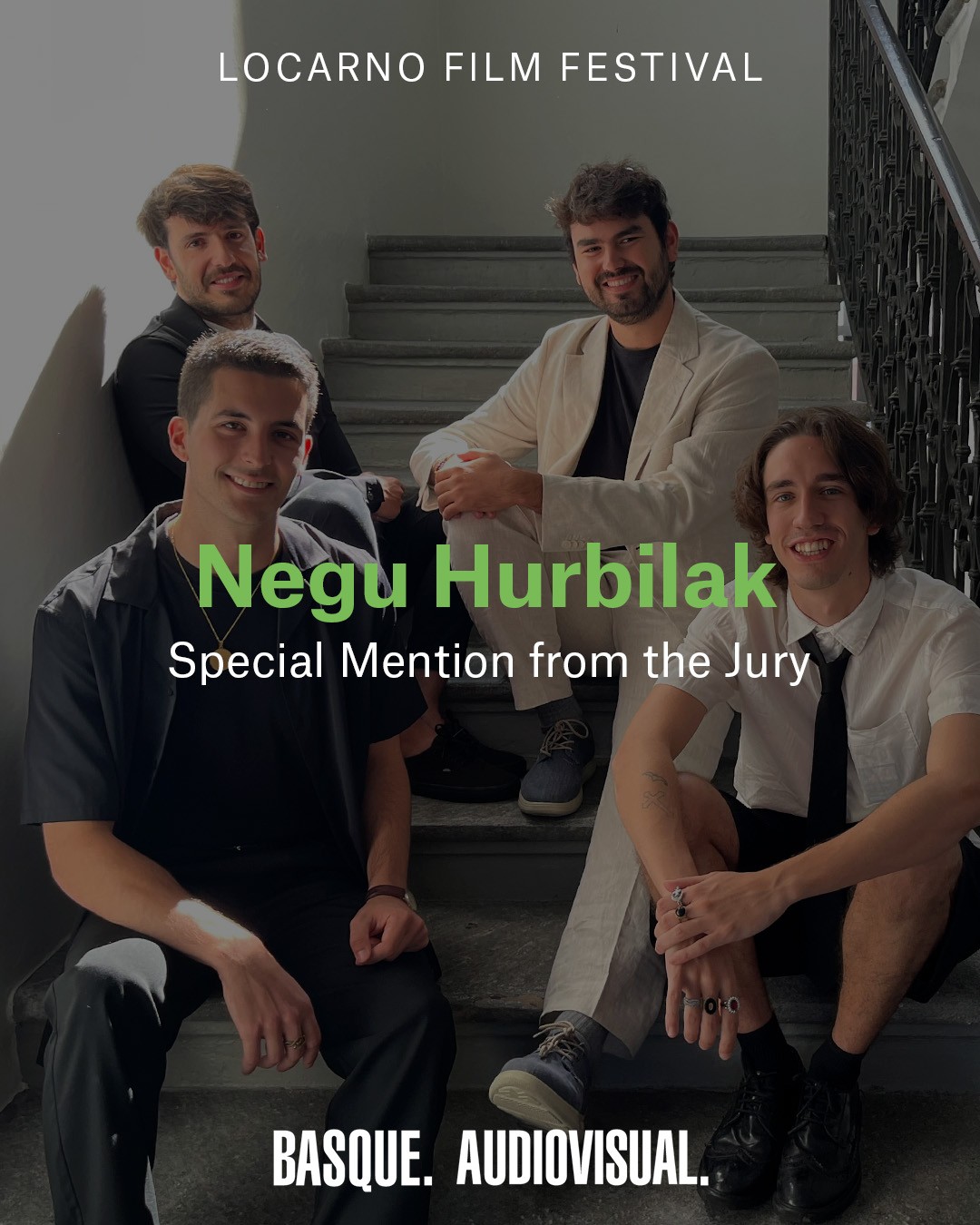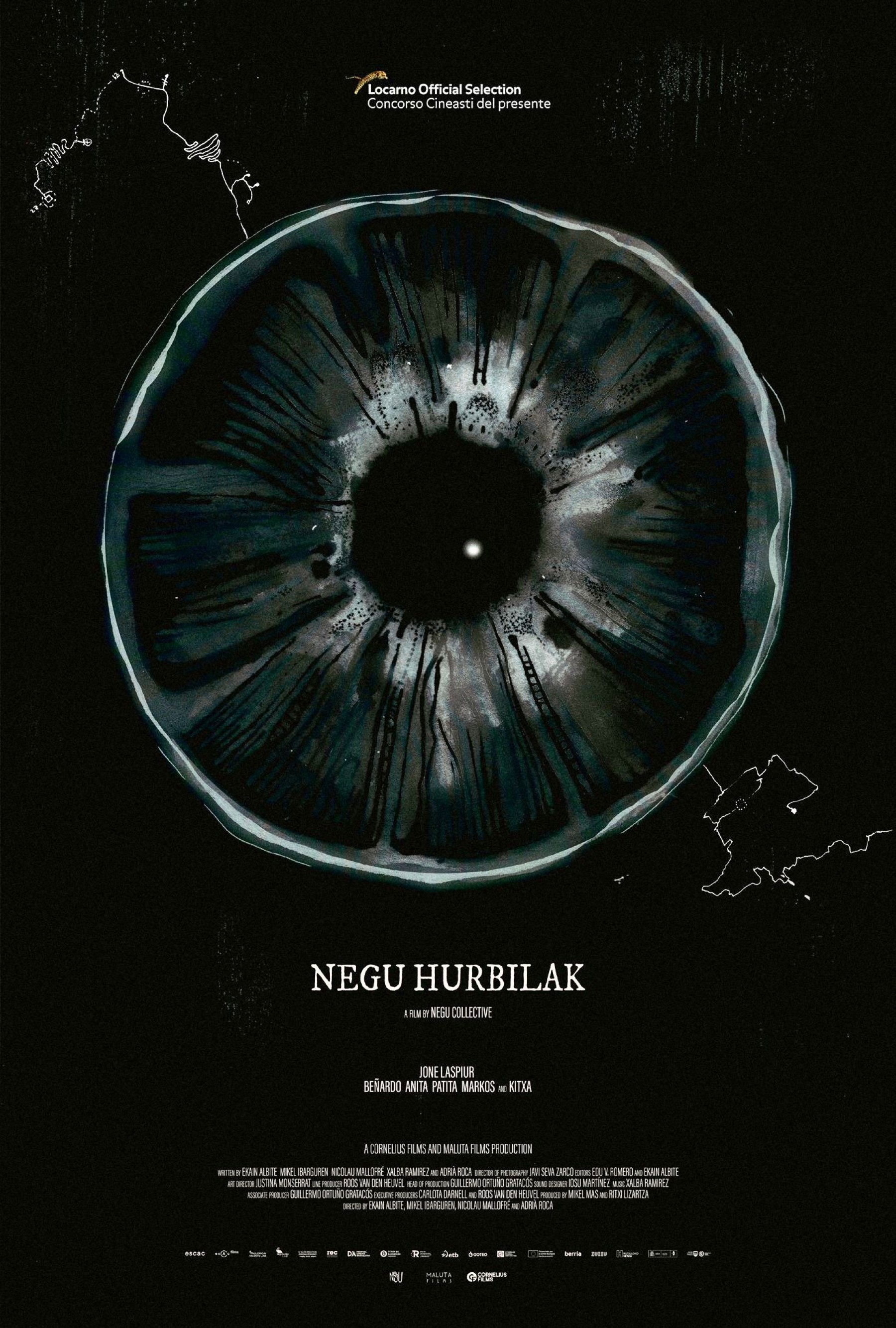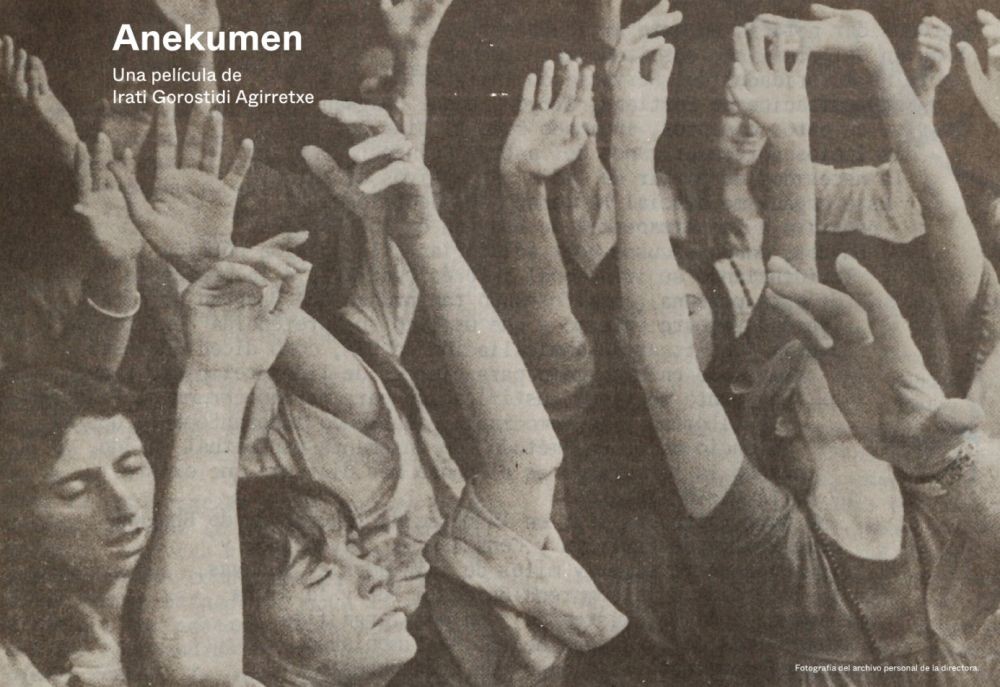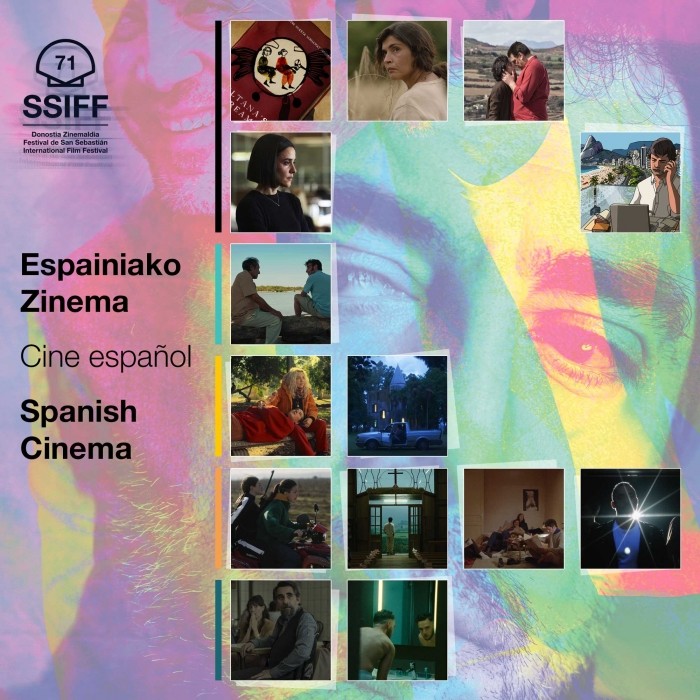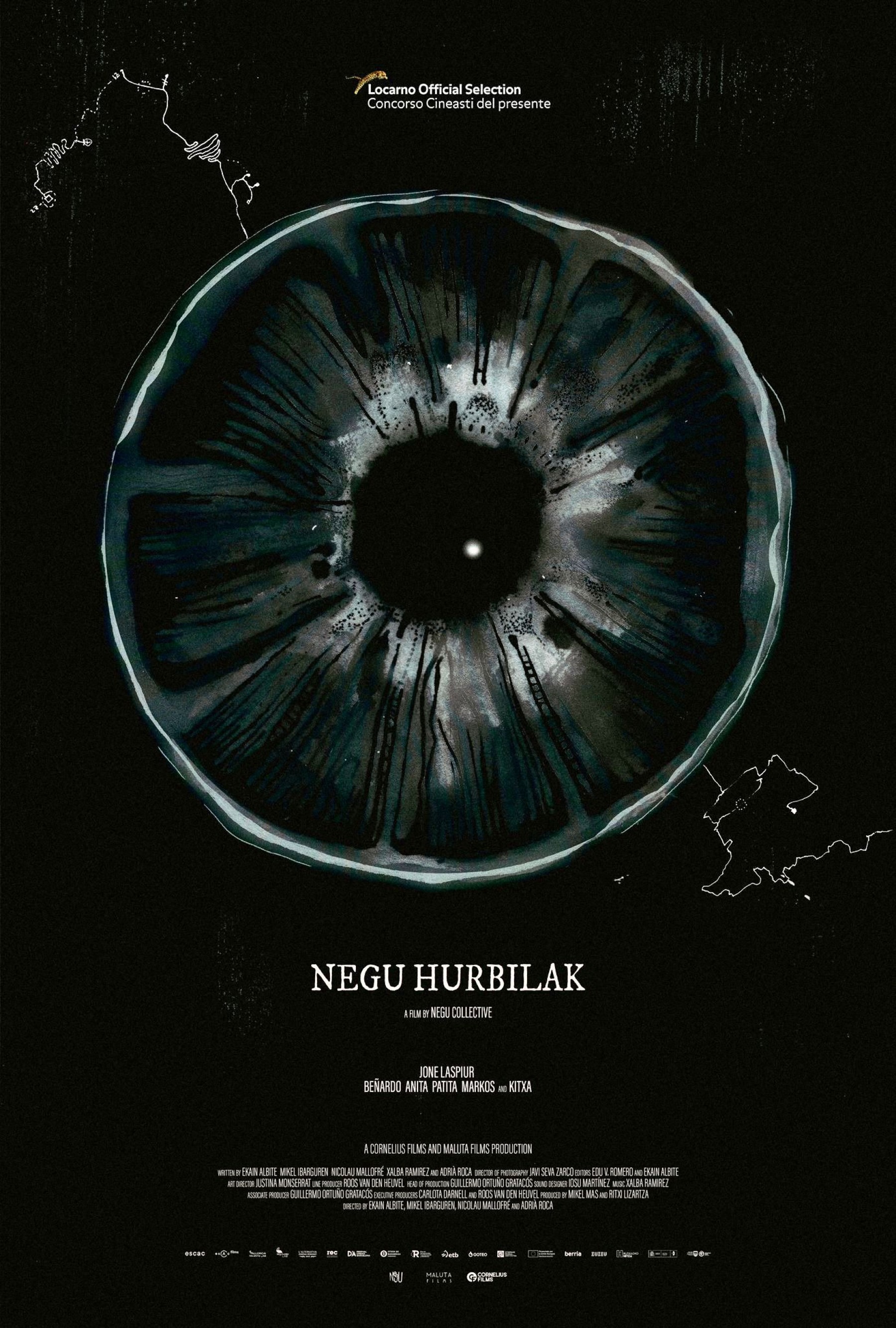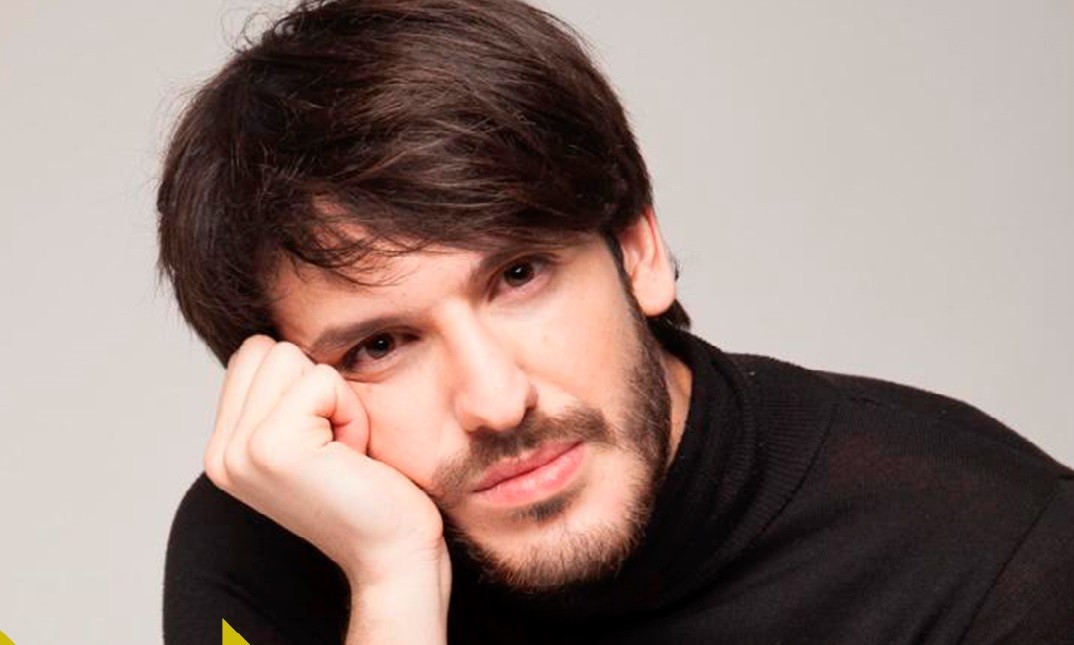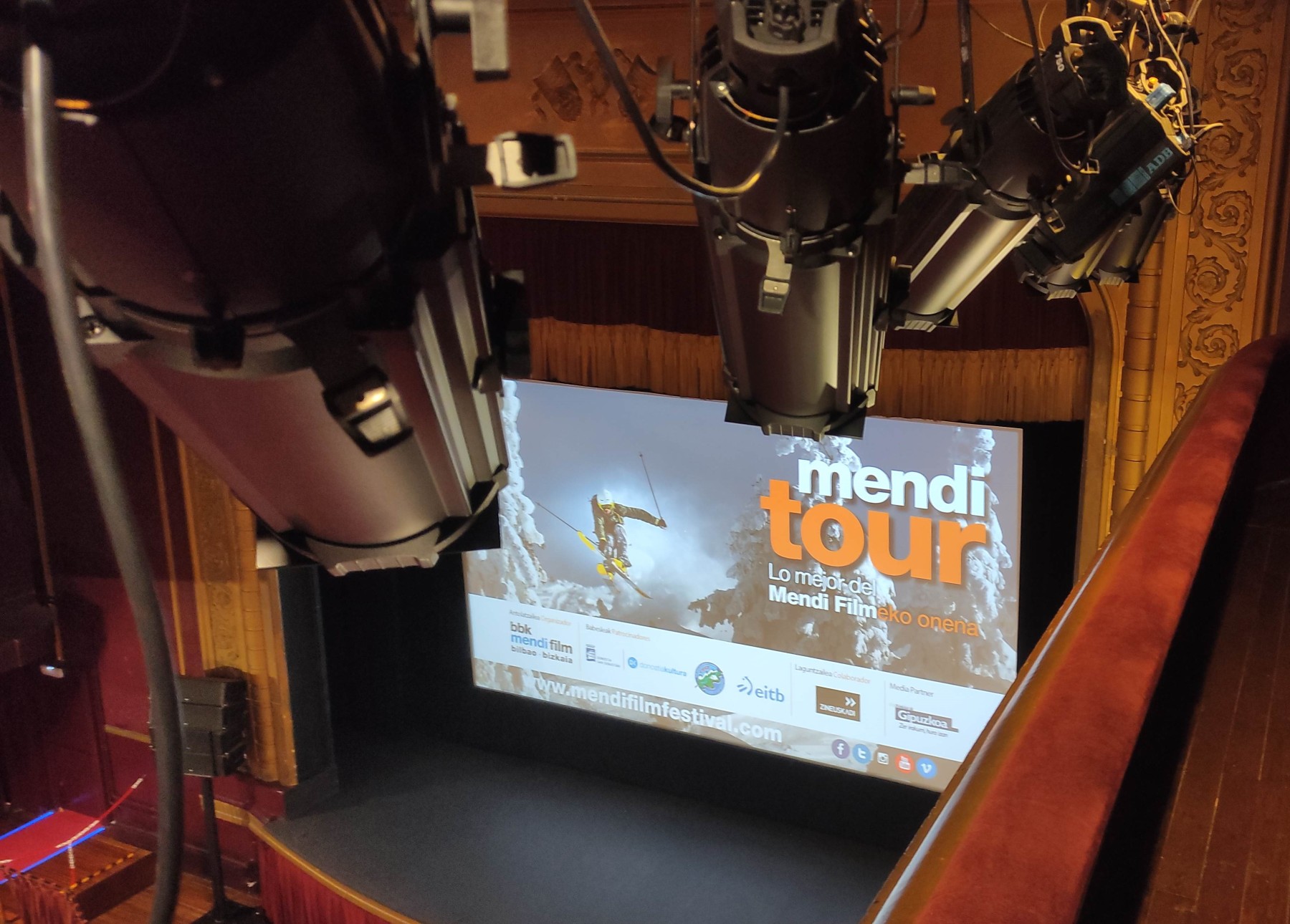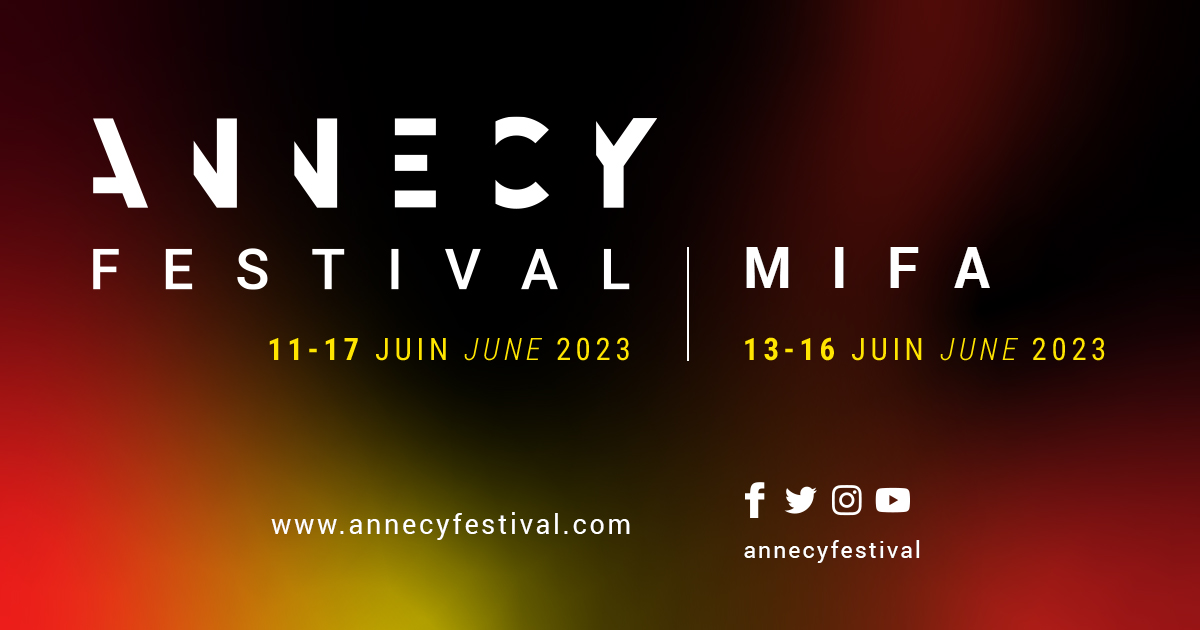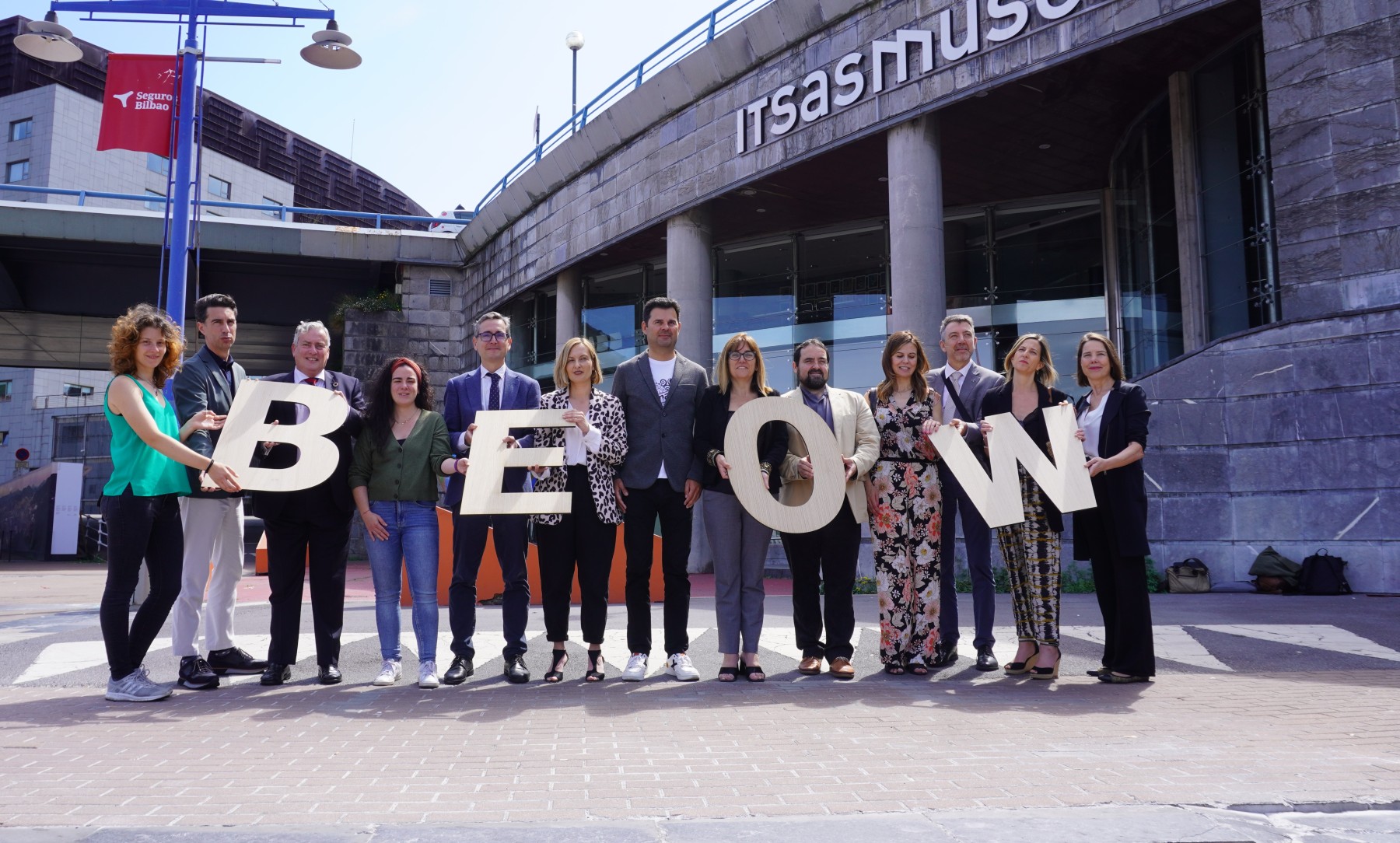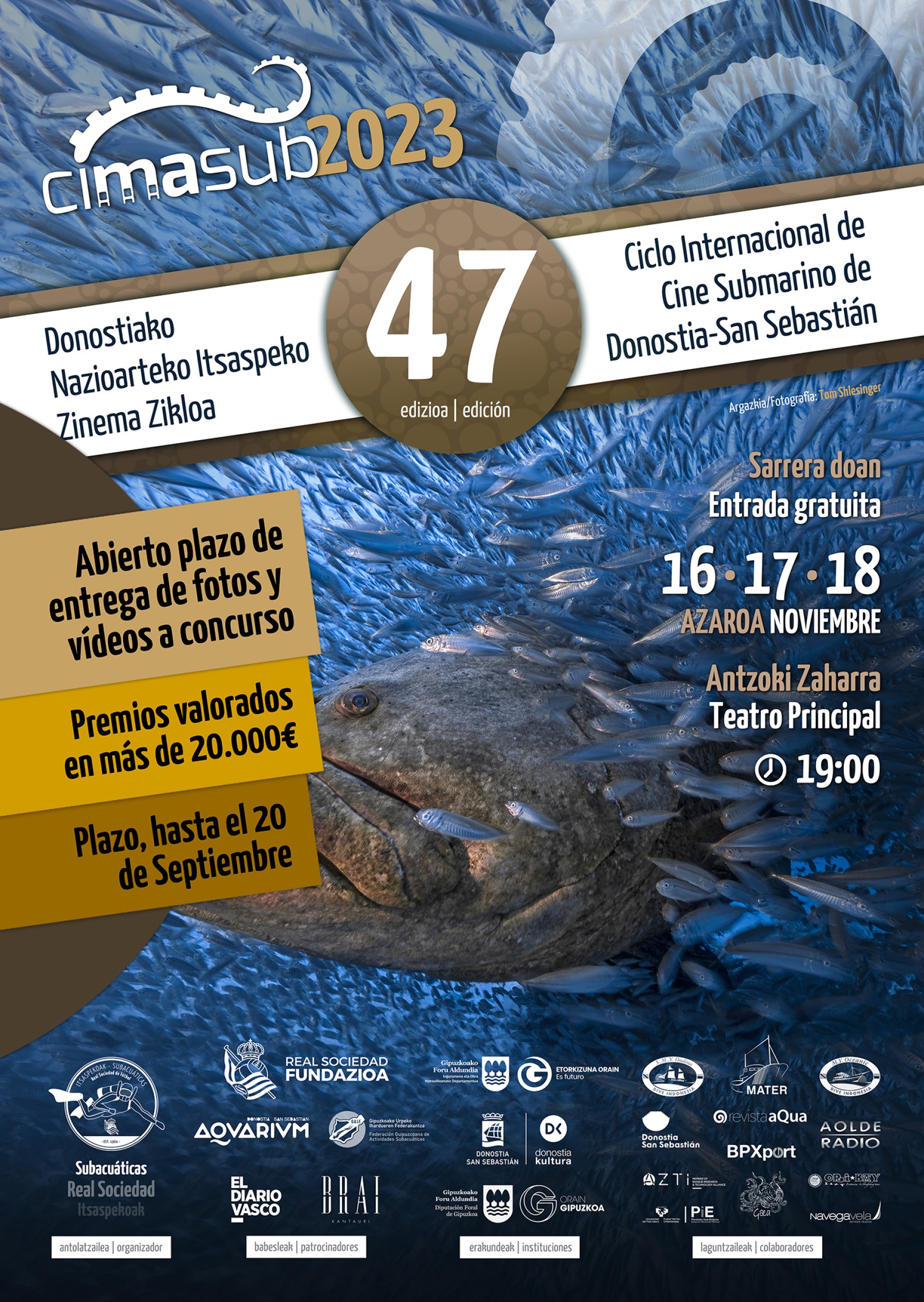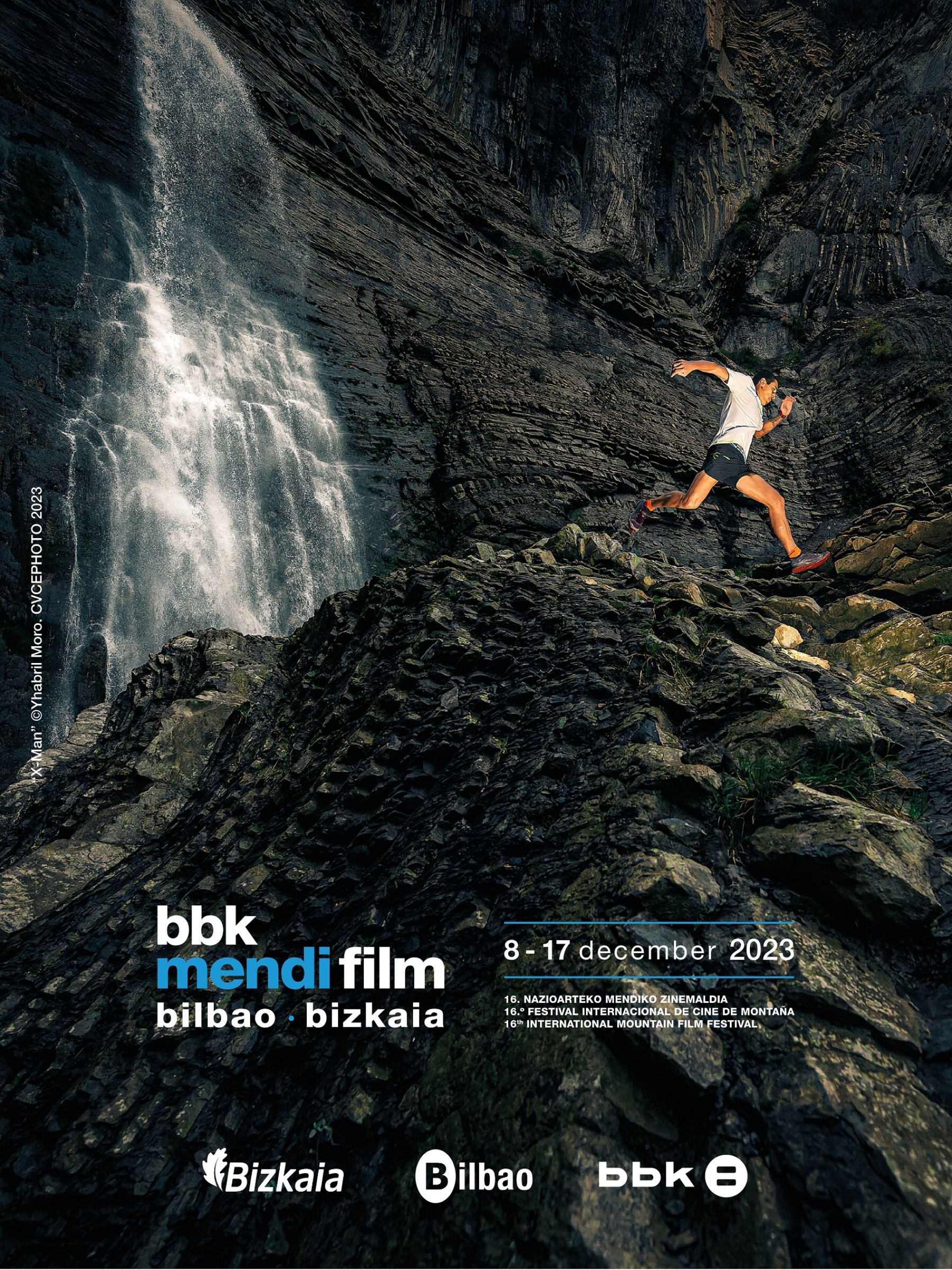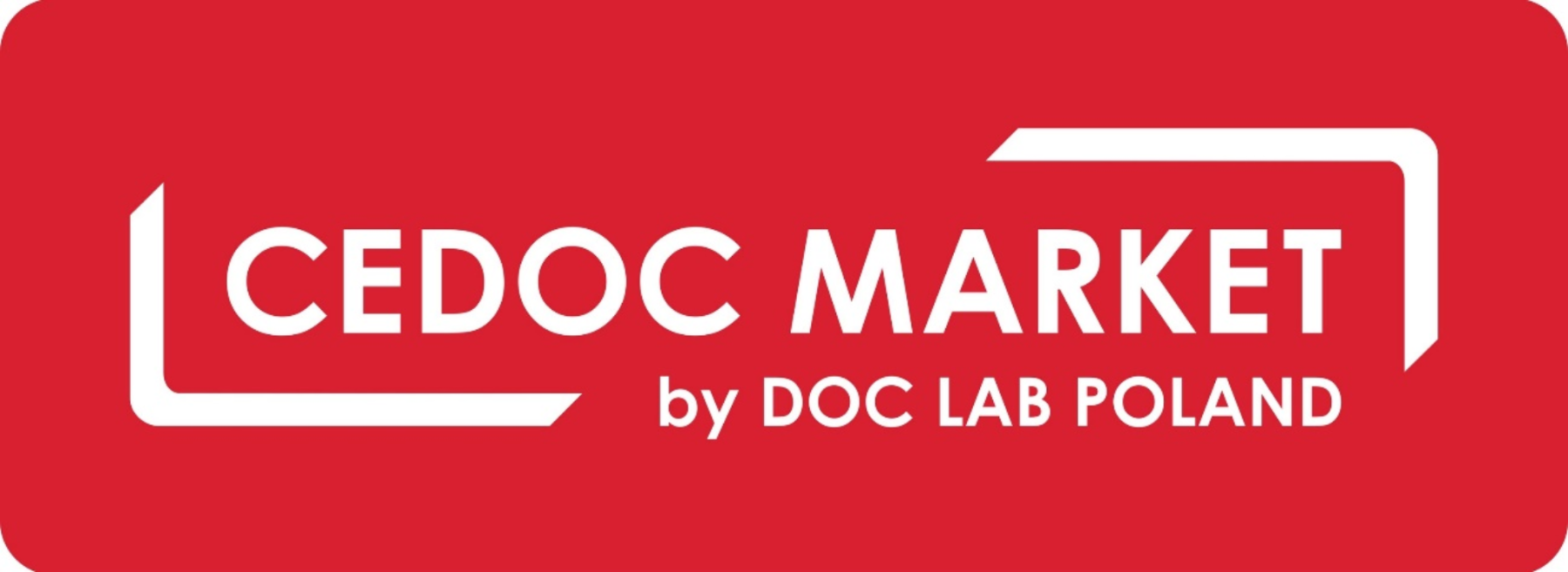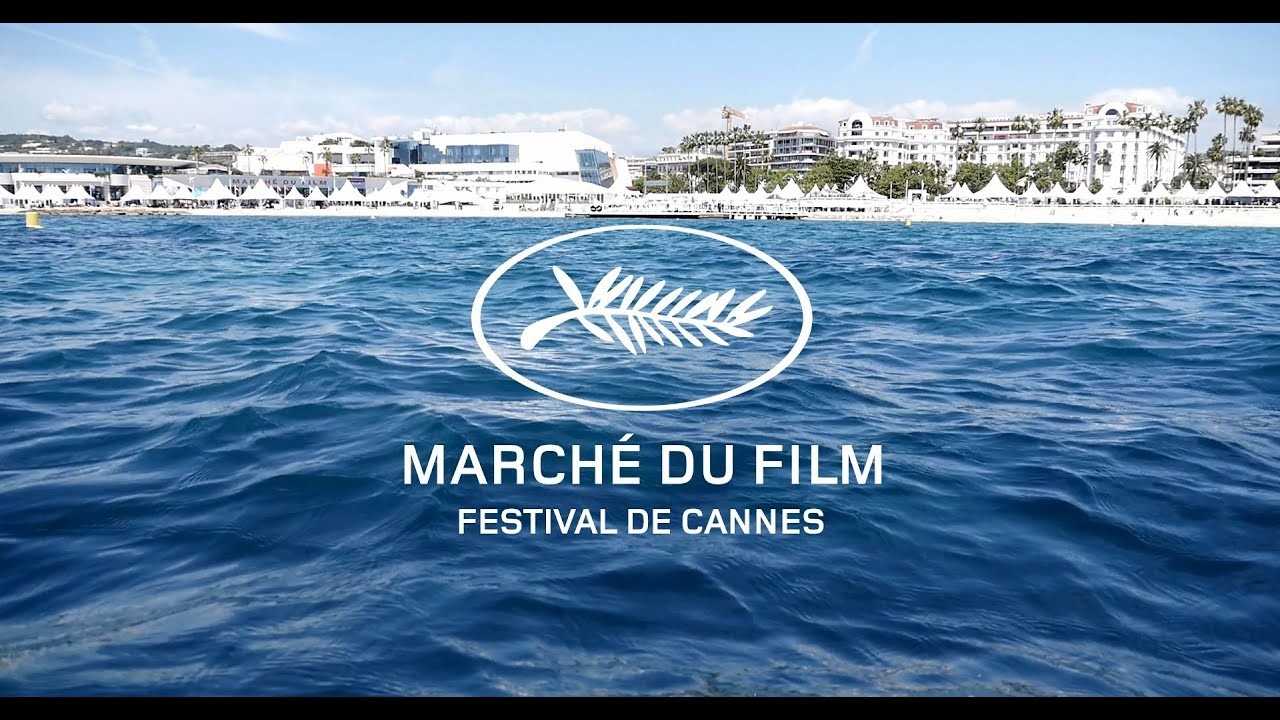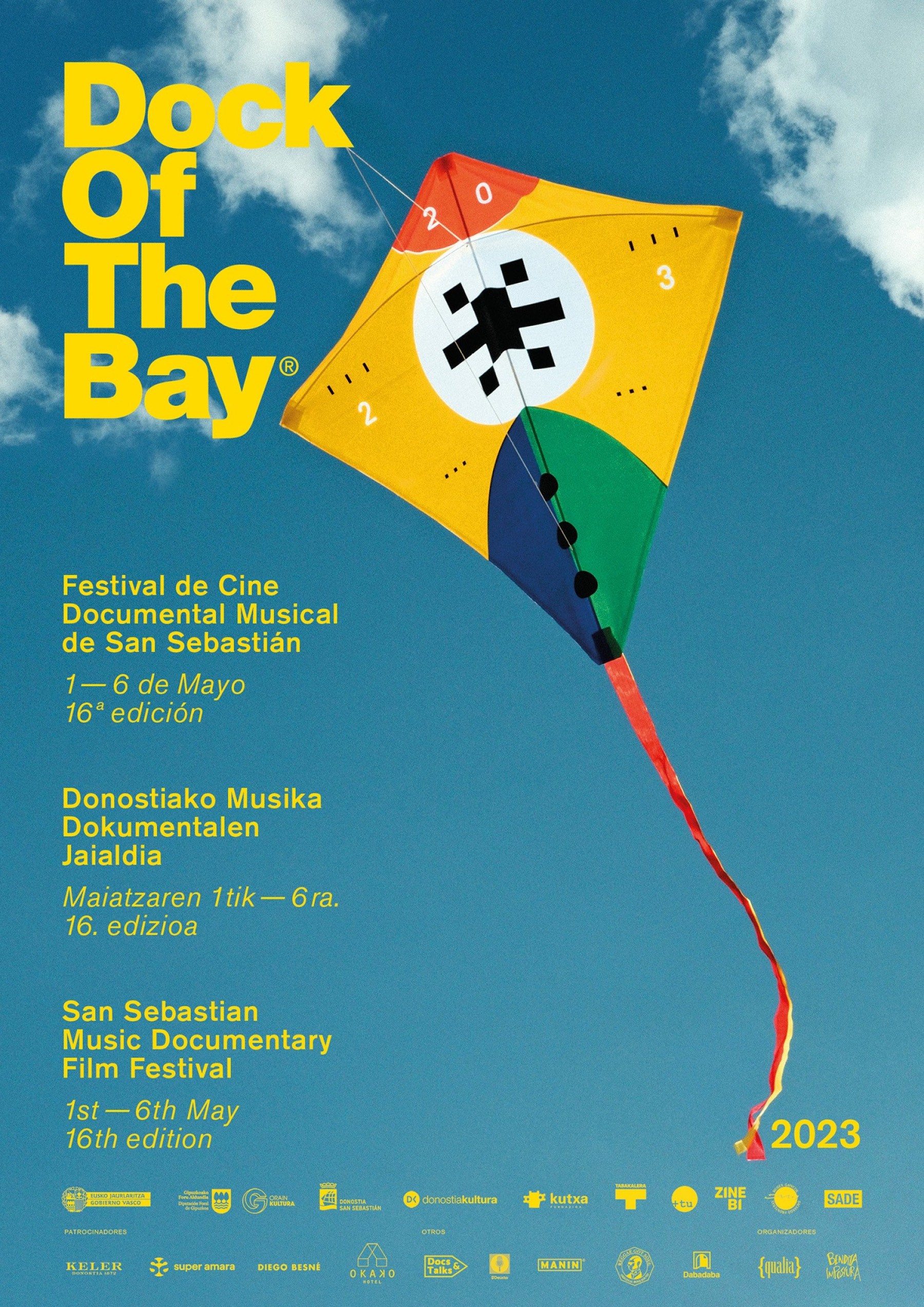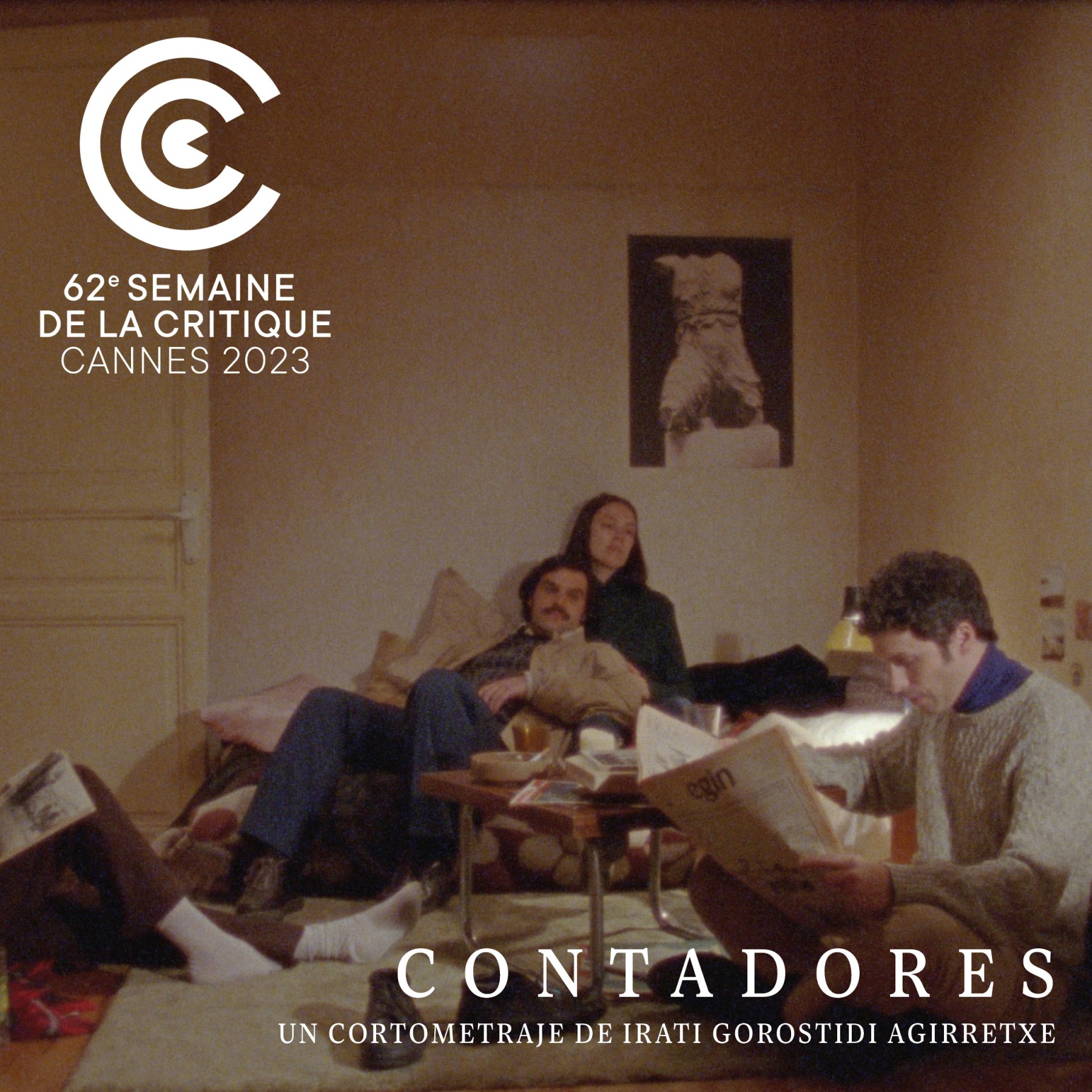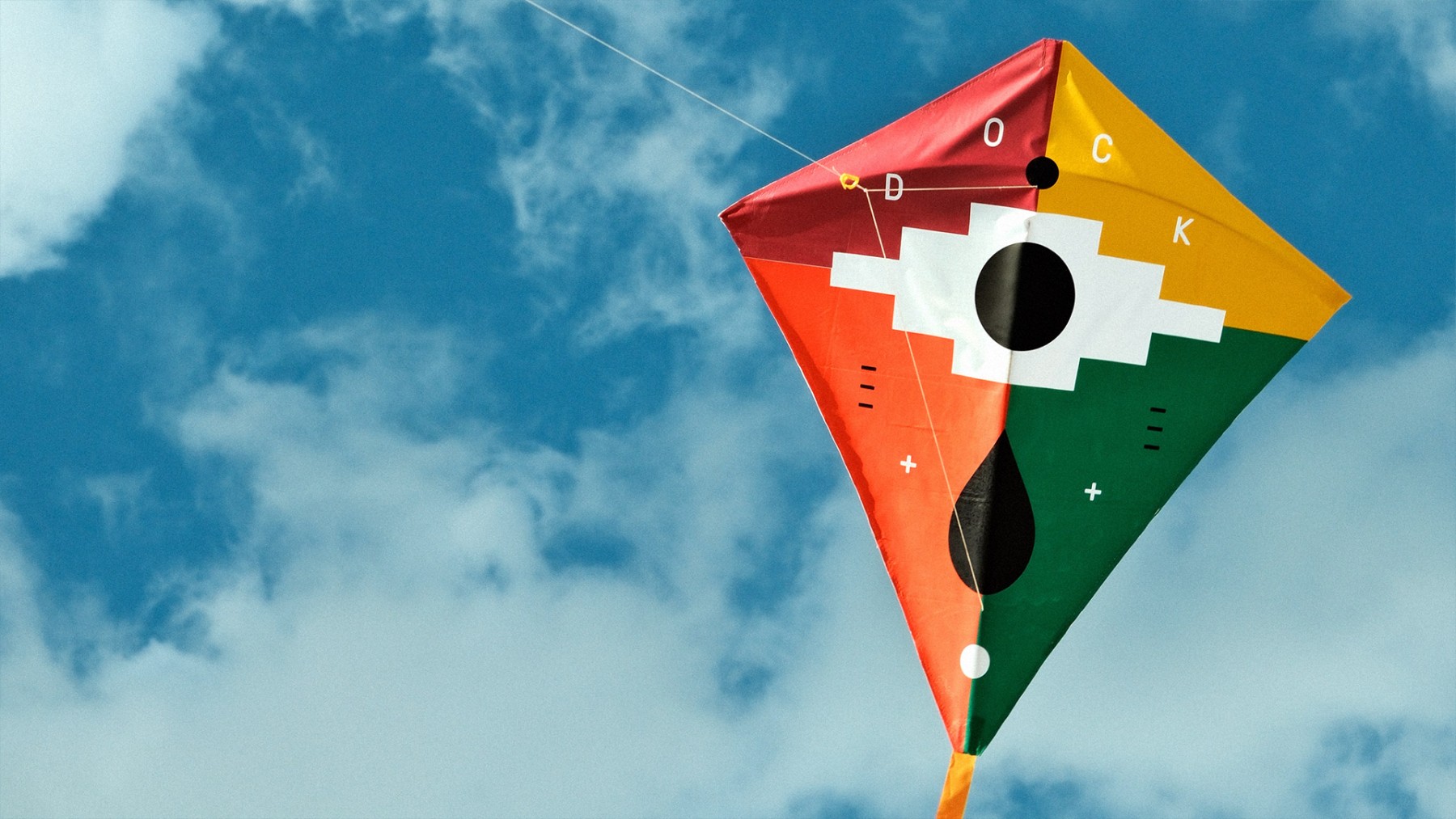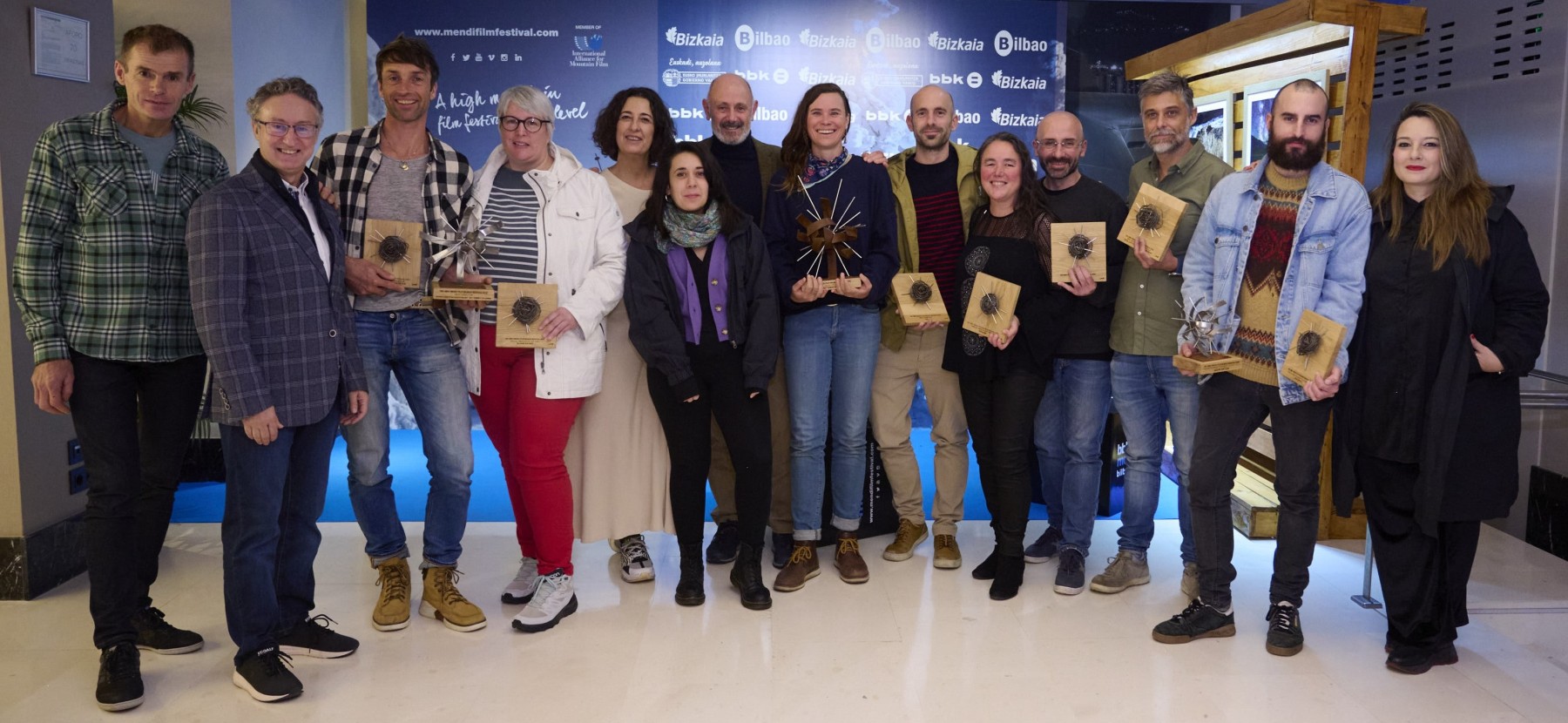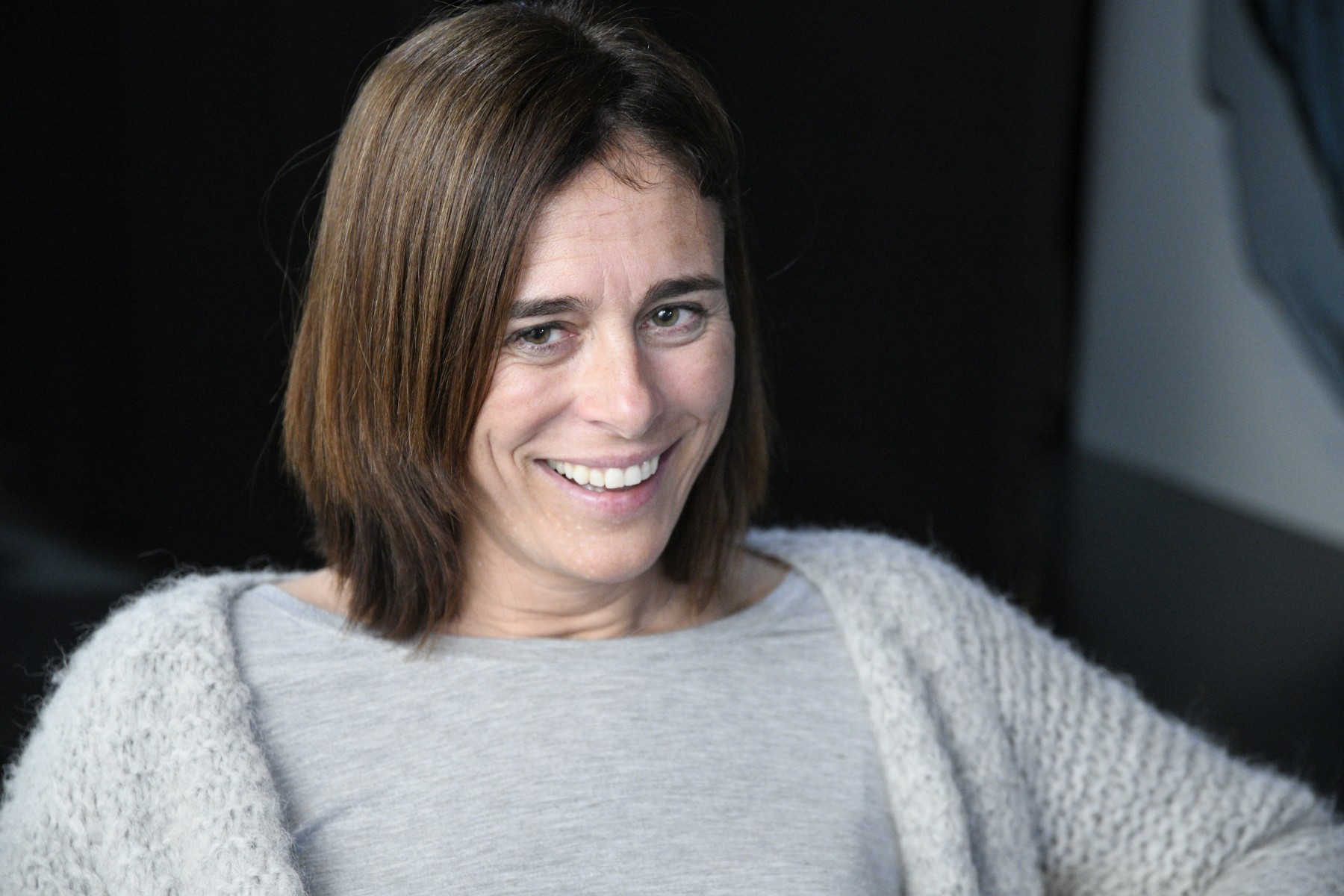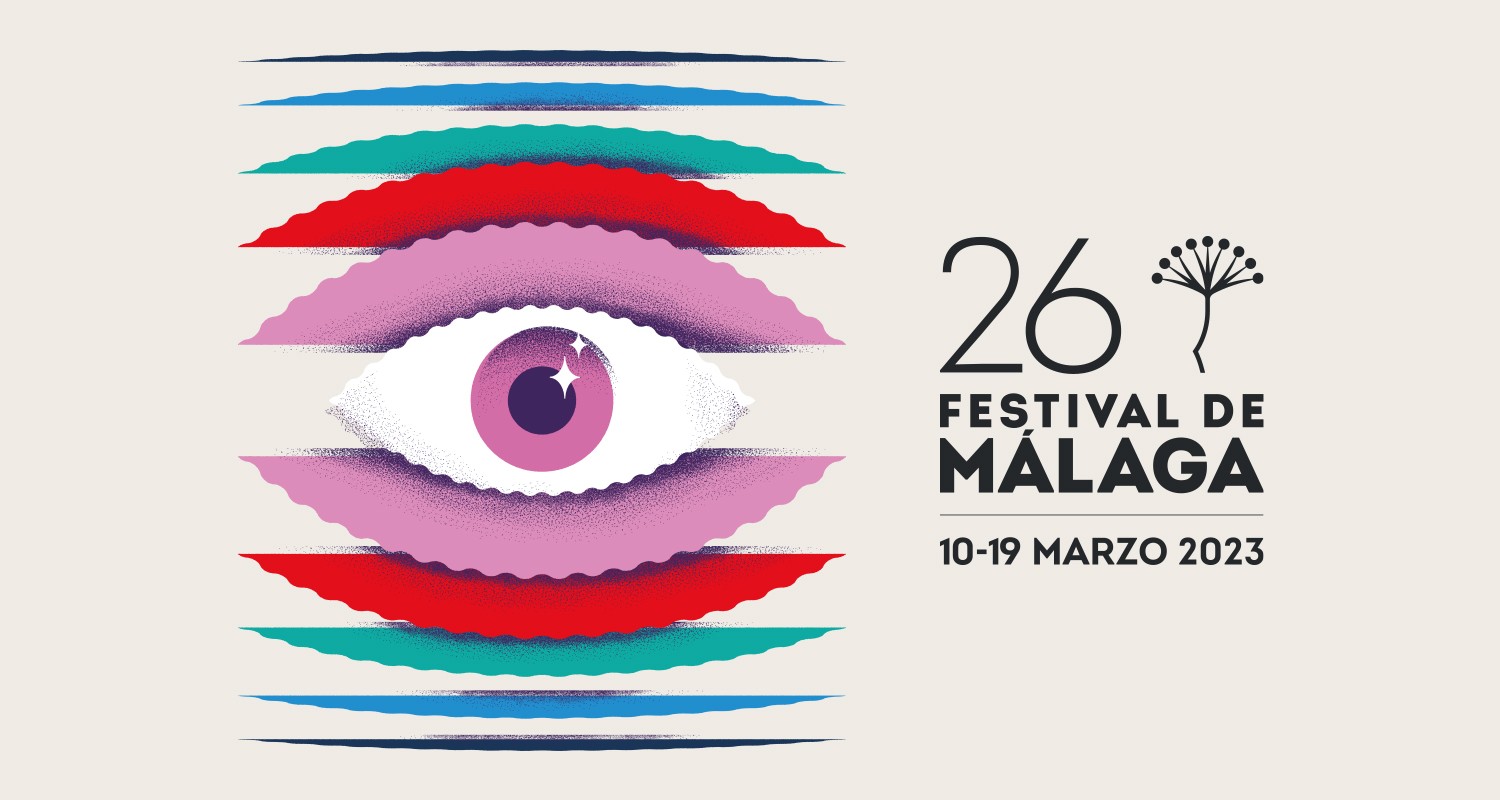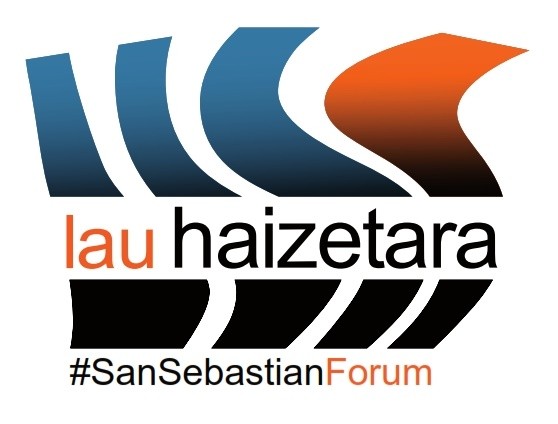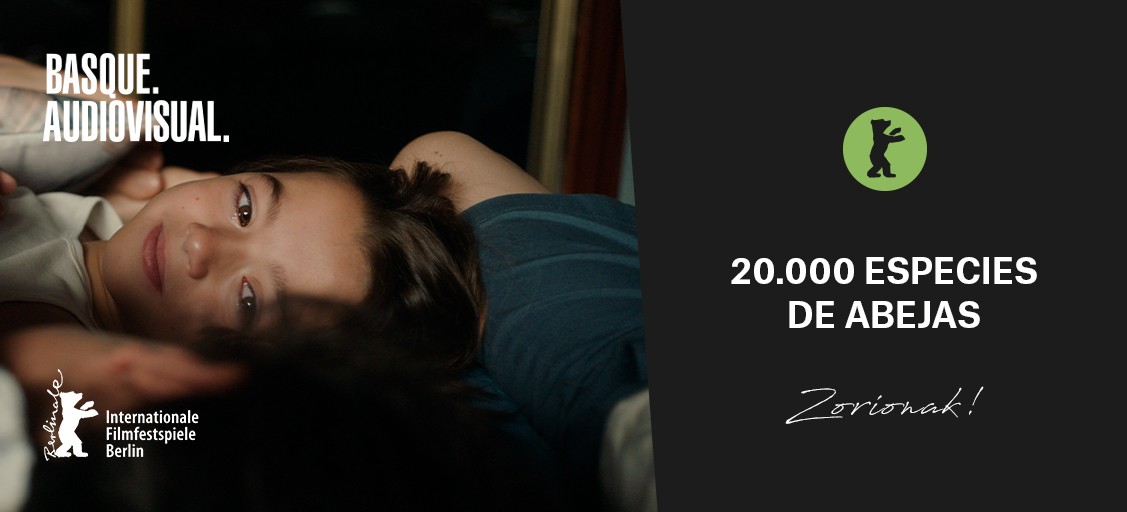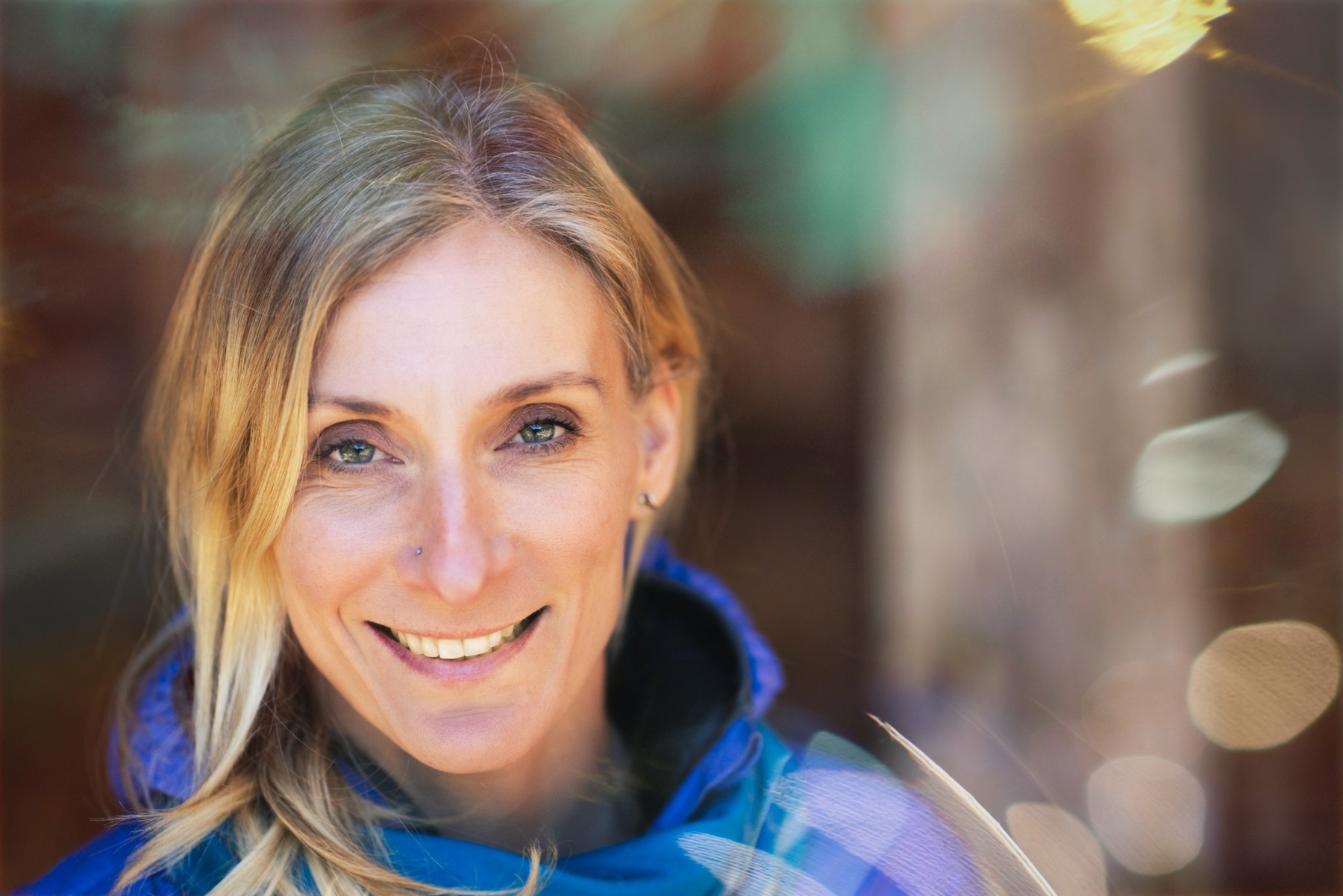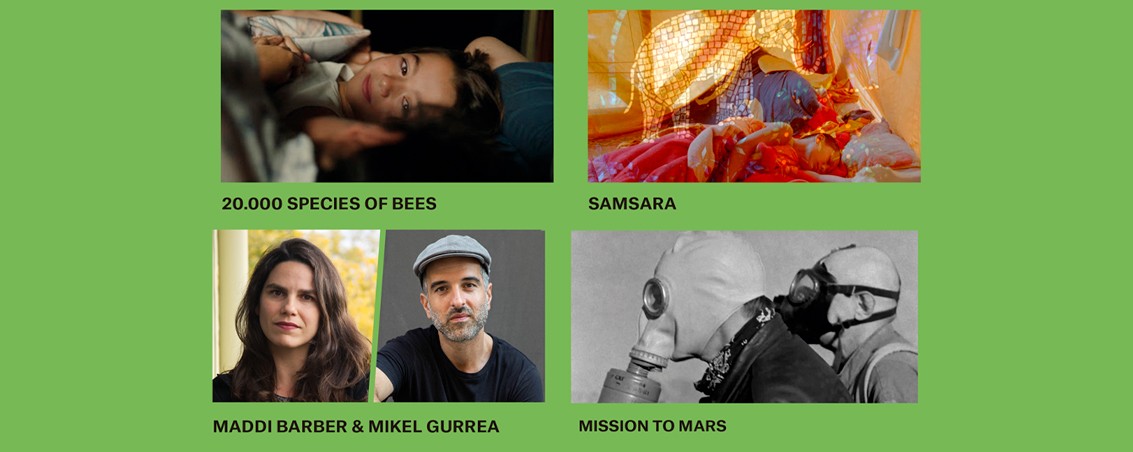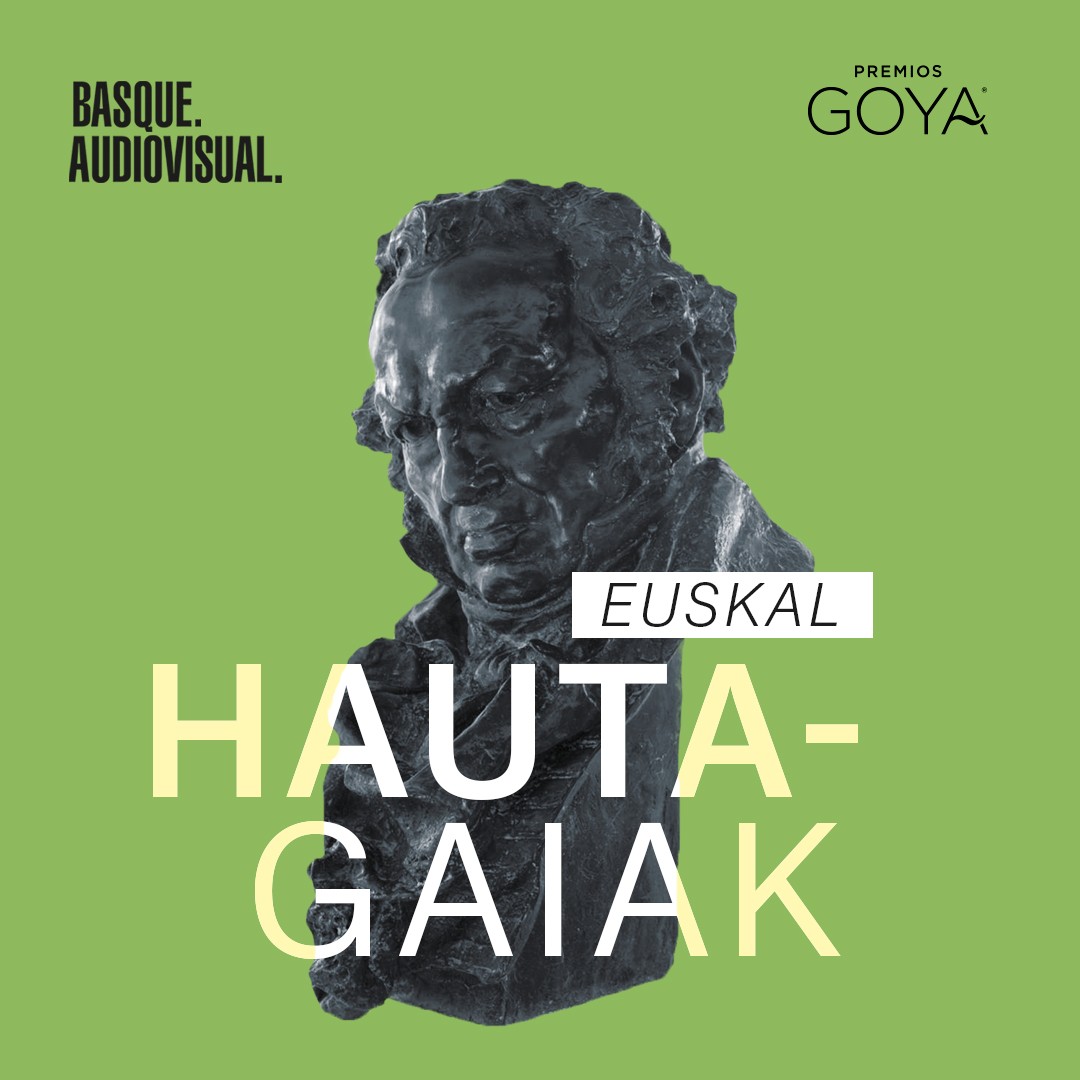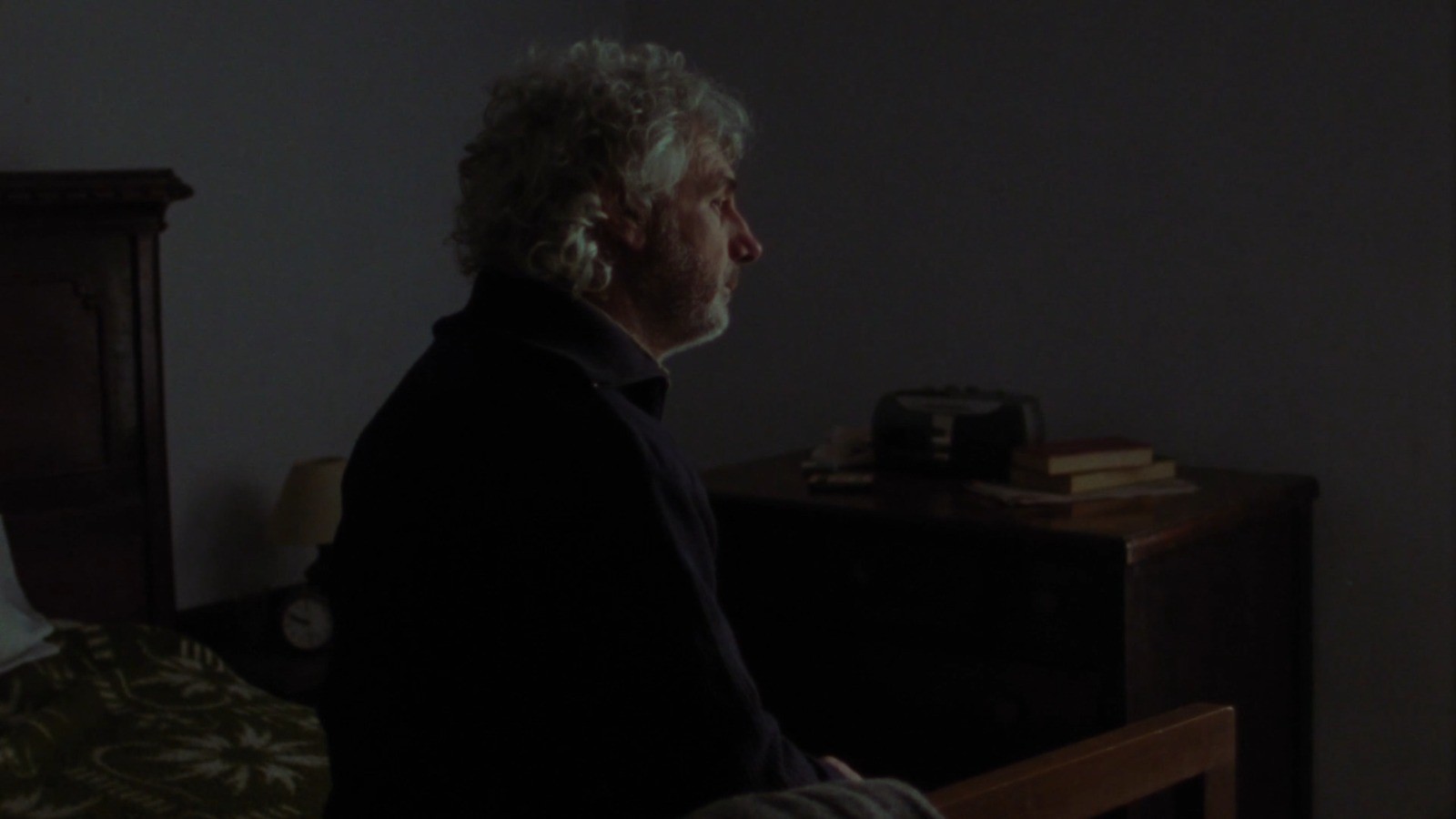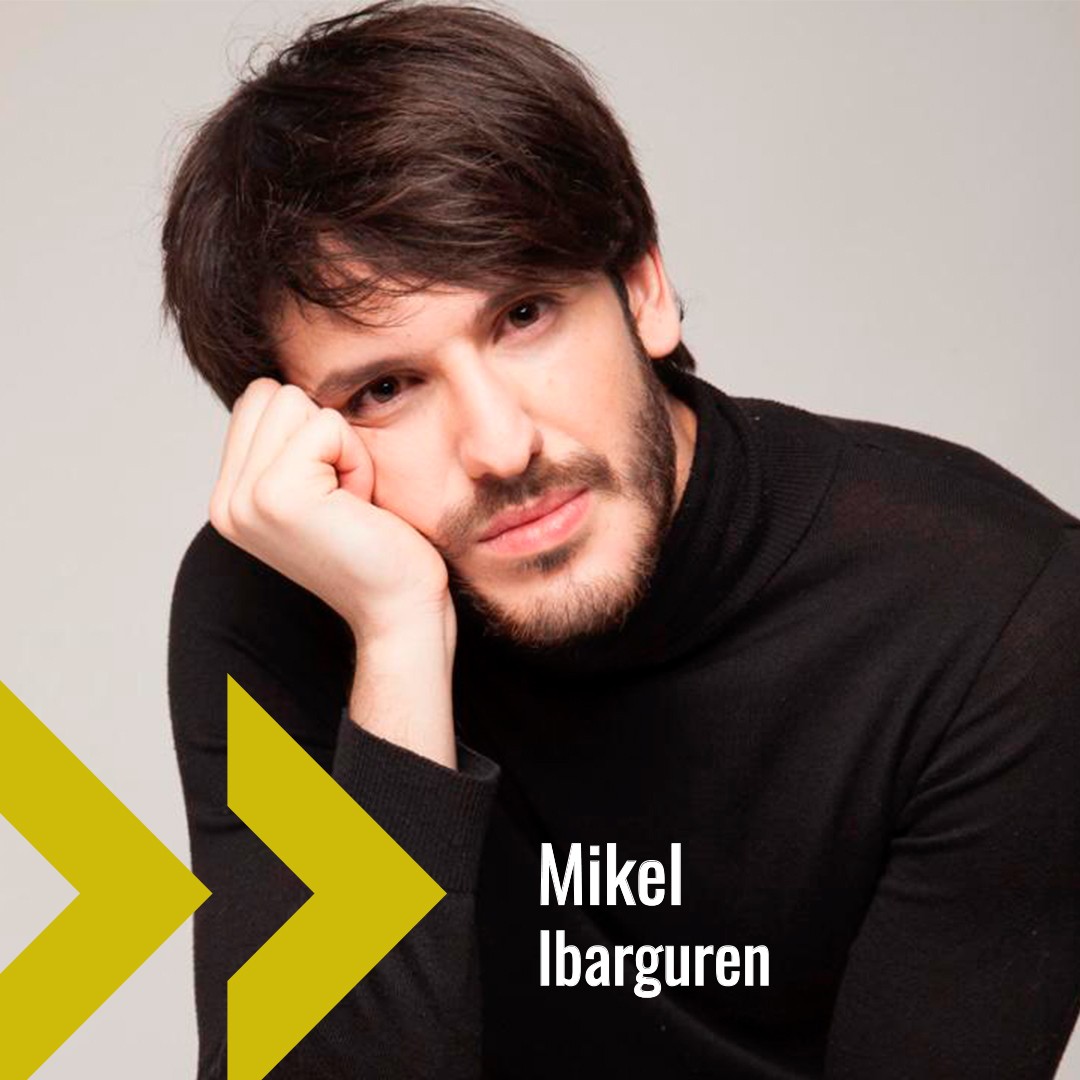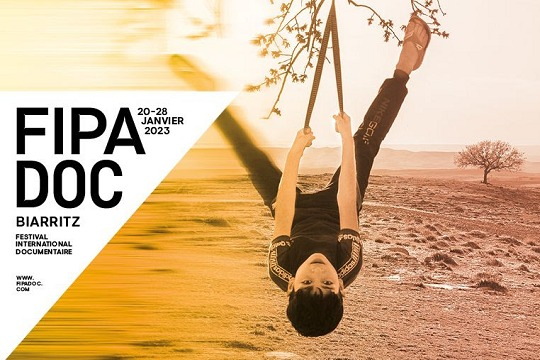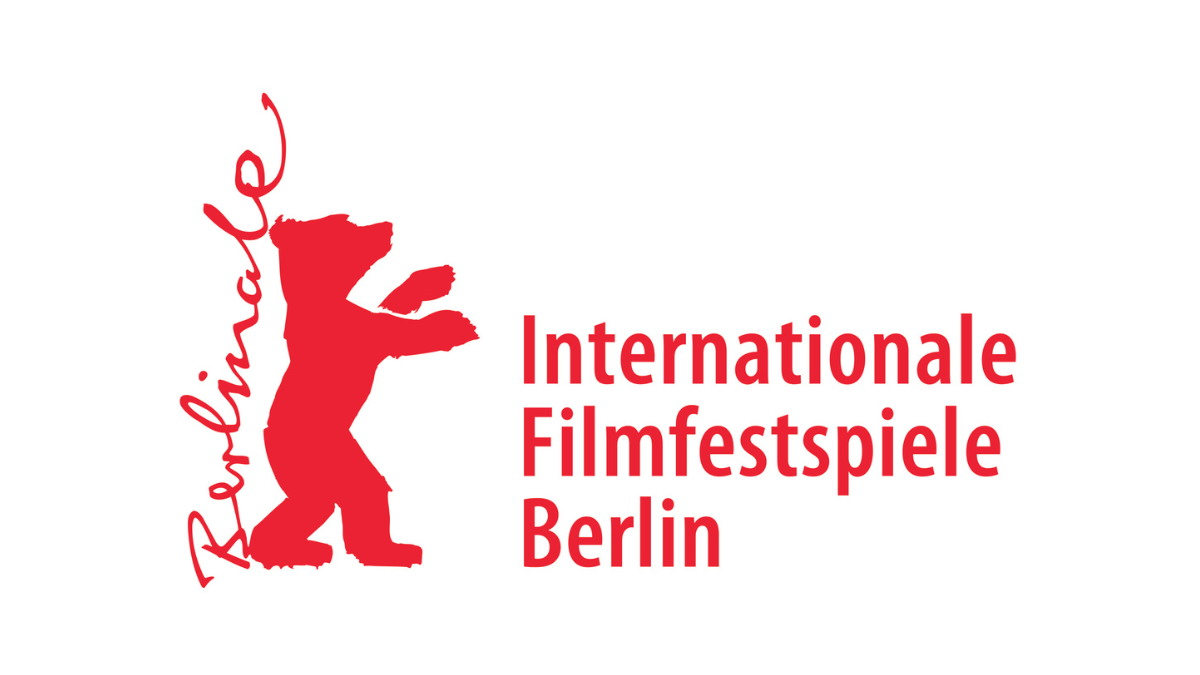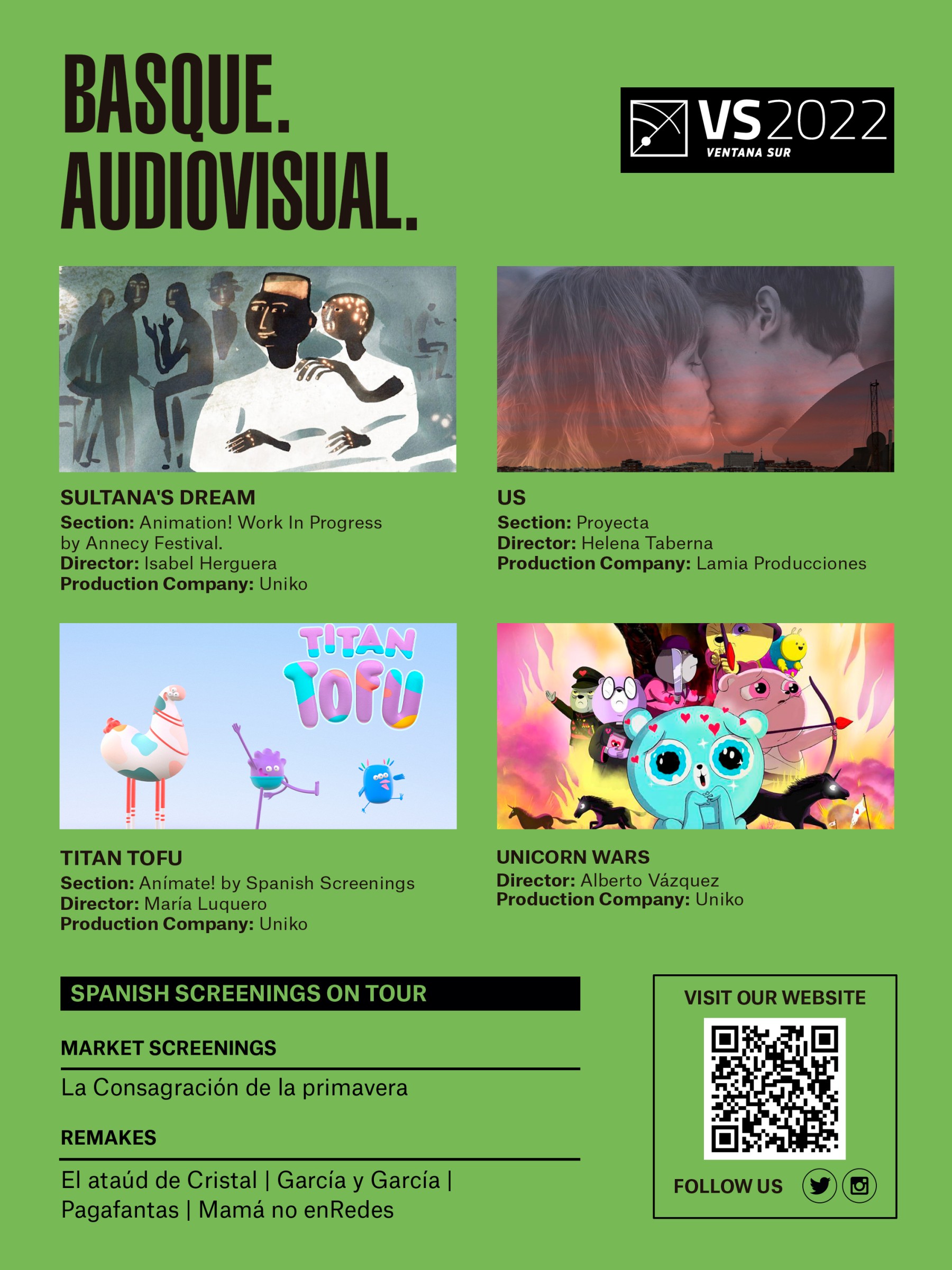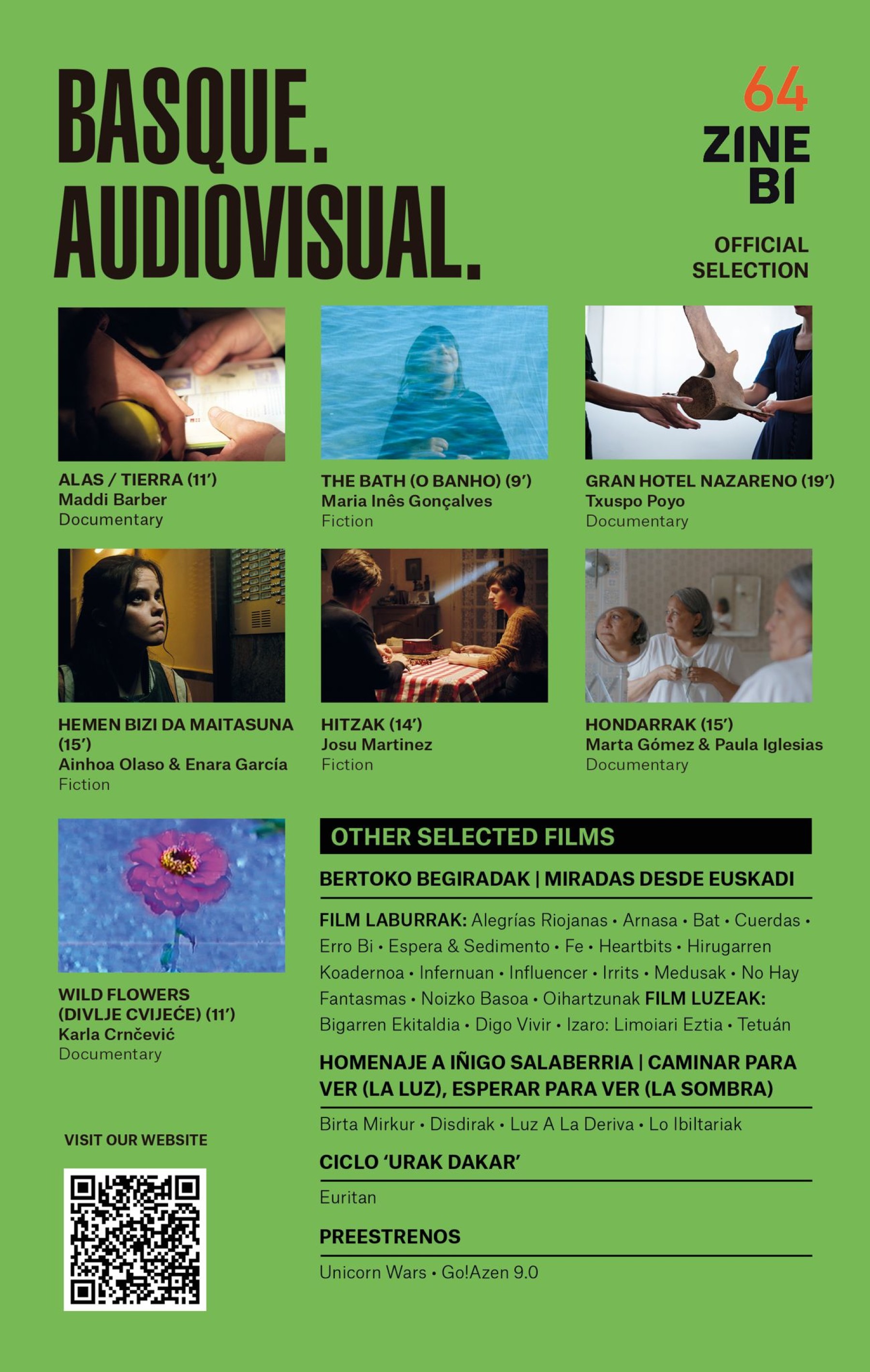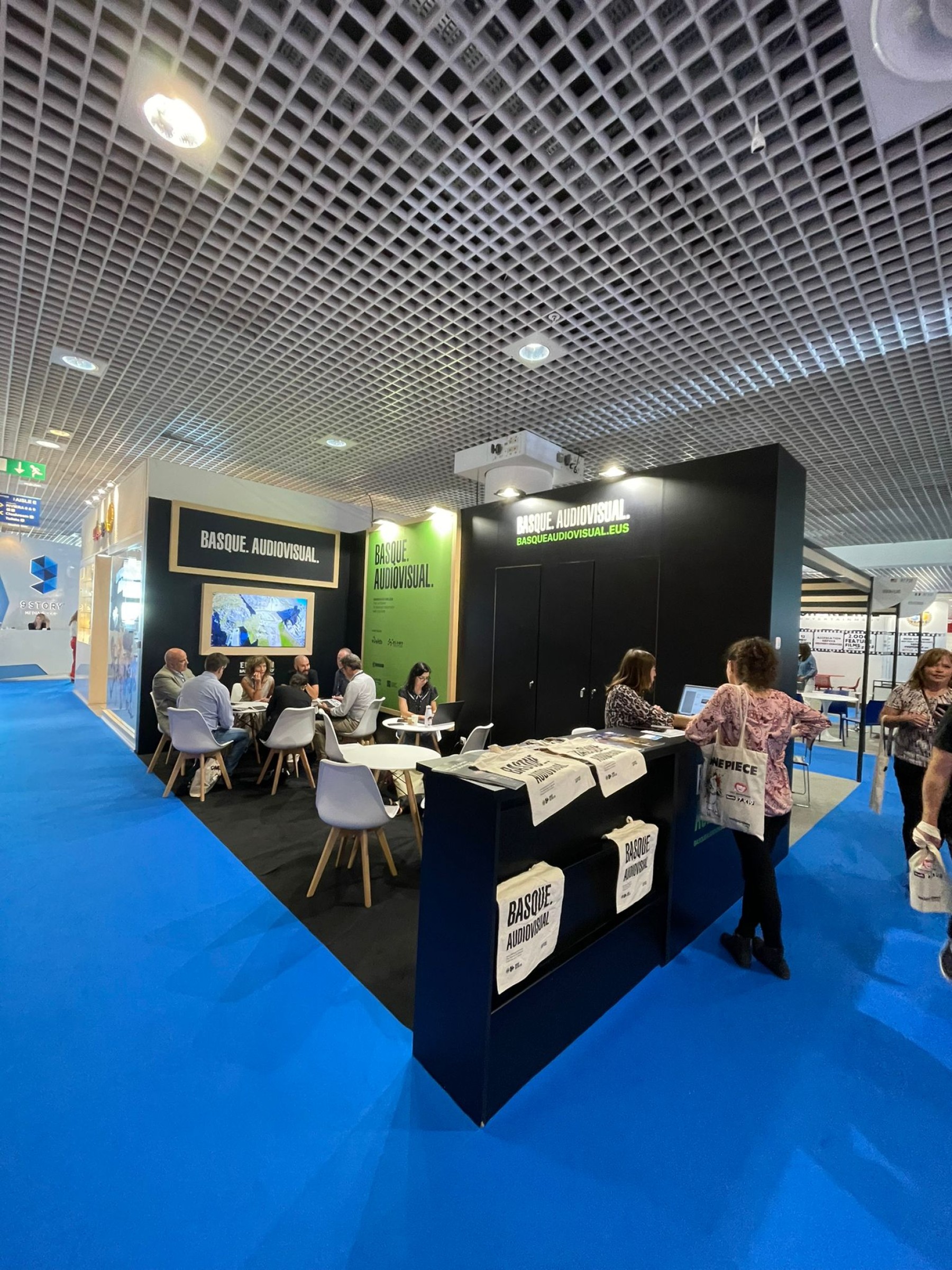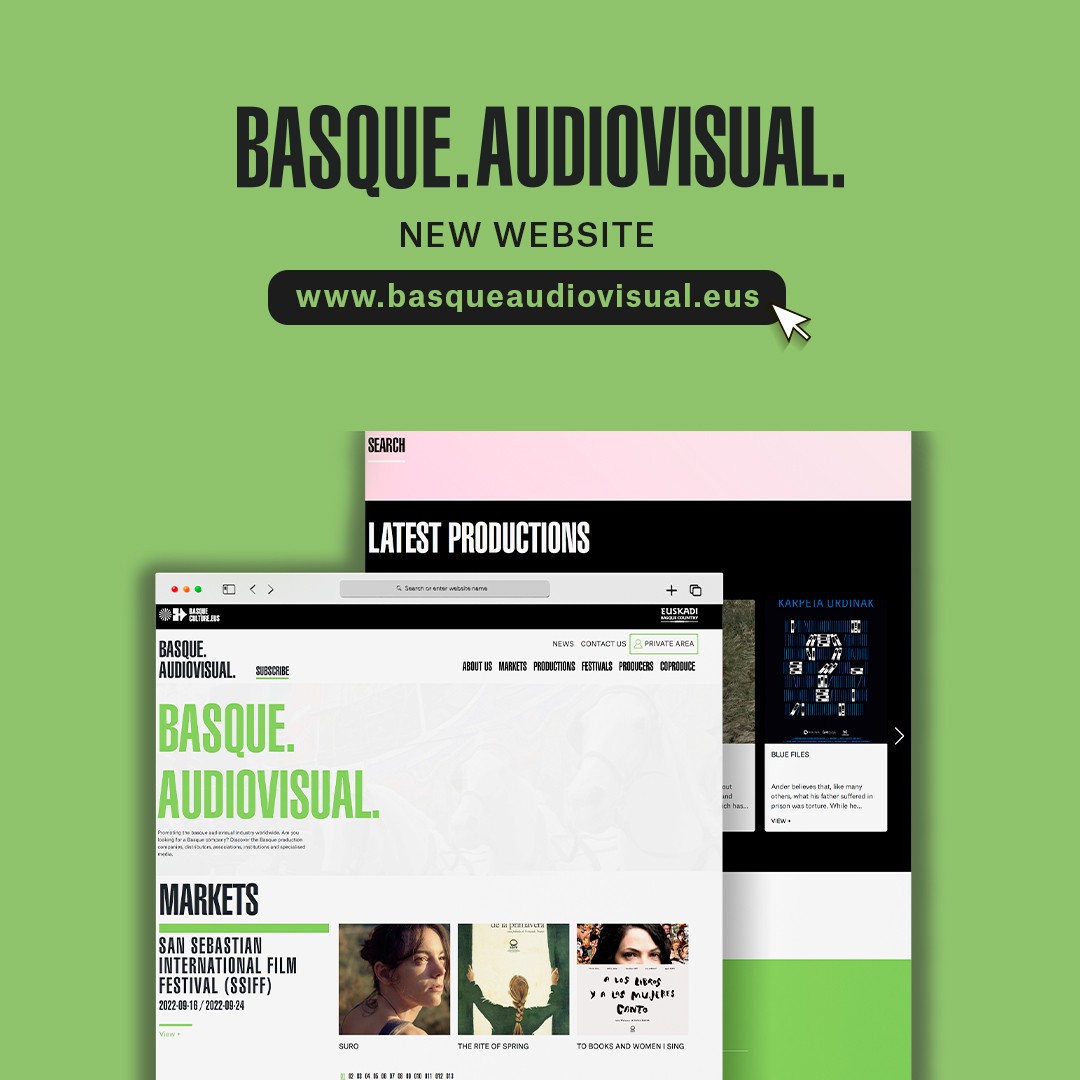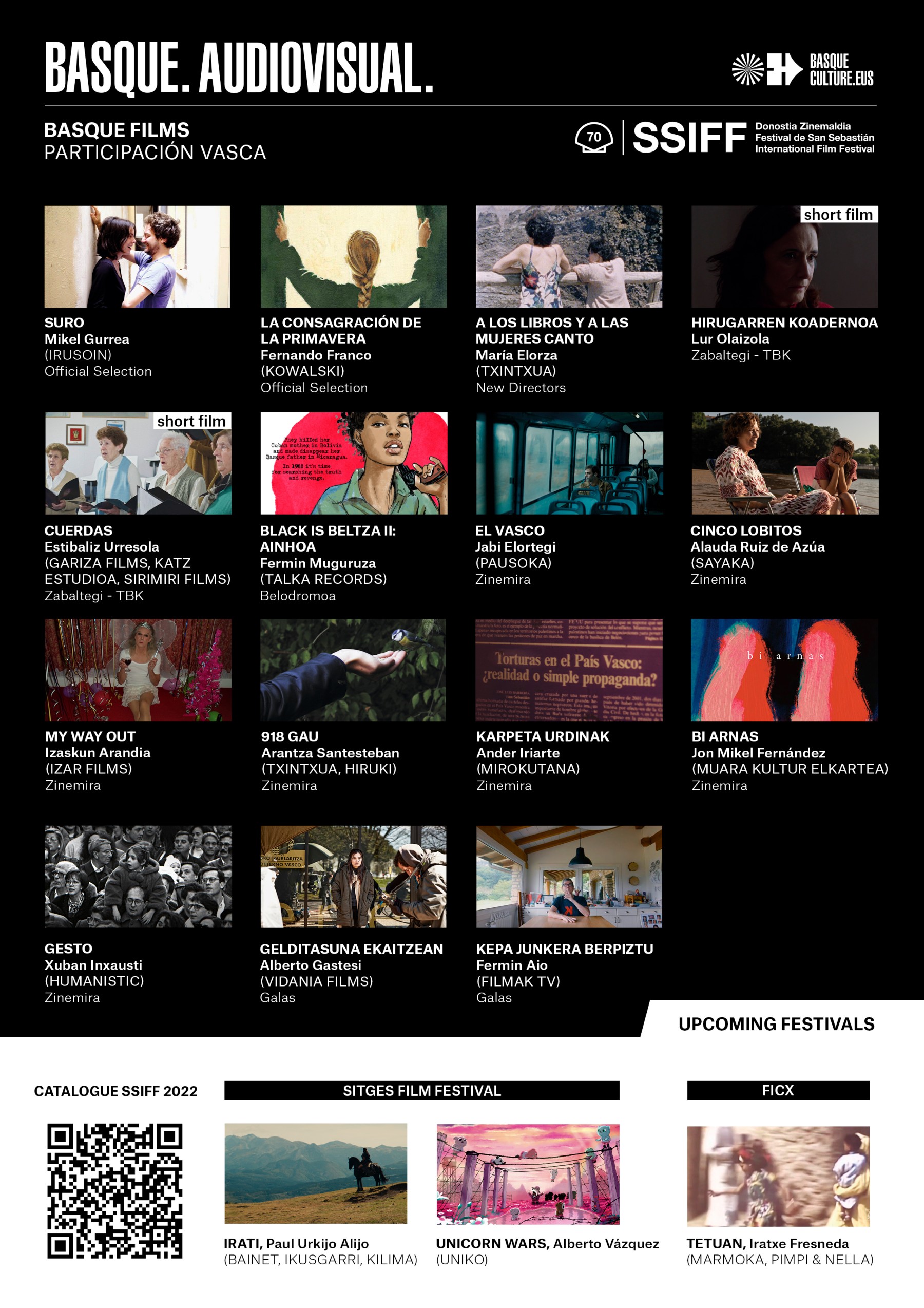2025-10-10
Although I’m not Basque by birth, everything I do has Basque roots; I feel at home here and want to reflect that in my stories
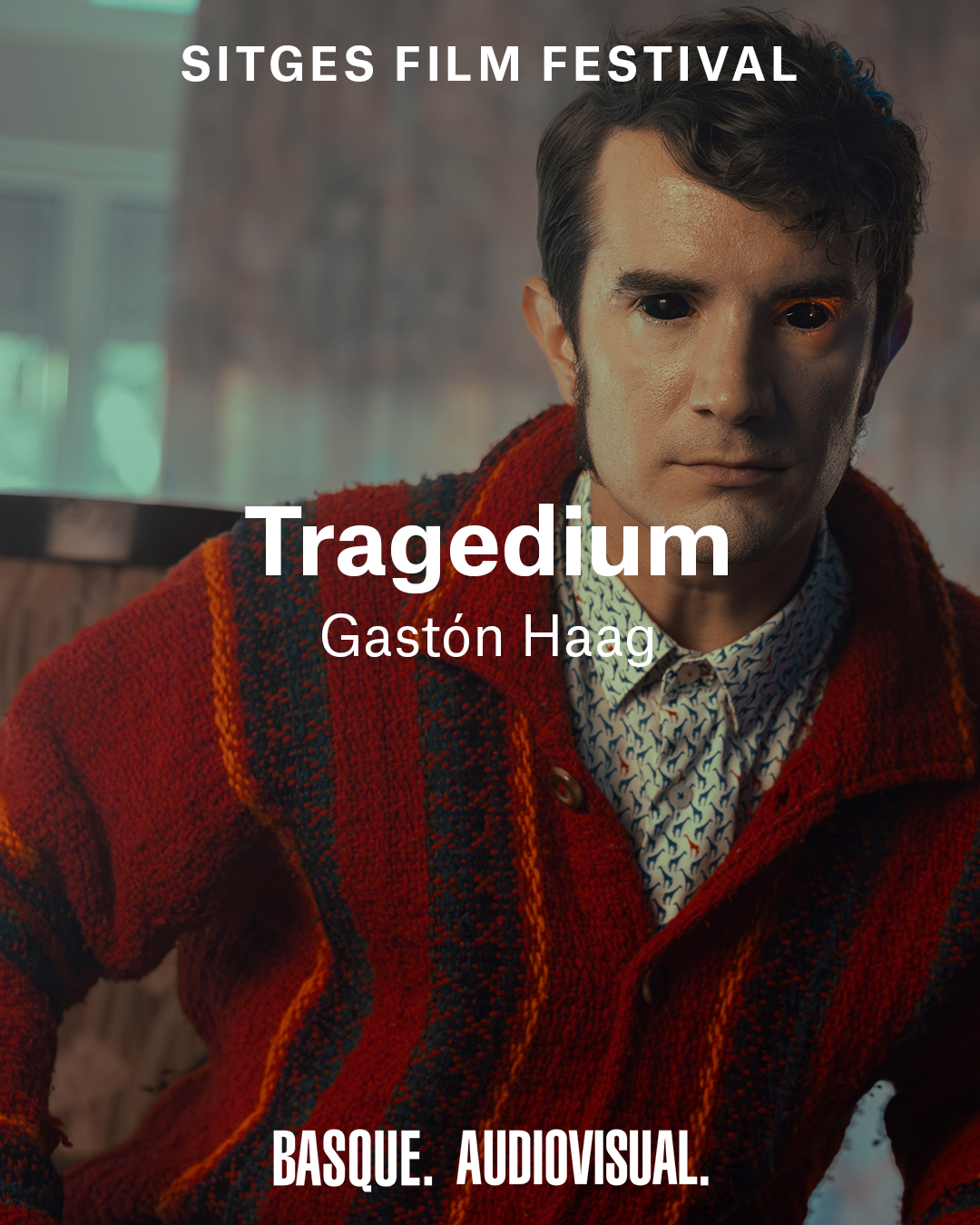
Director Gastón Haag presents ‘Tragedium’, his absurd sci‑fi comedy that blends humour, horror and fantasy. After a successful run at over 60 festivals and winning 17 awards, Haag will bring his short film to the Brigadoon section at Sitges, cementing his work as a fresh and original take within genre cinema.
For those who aren’t familiar with it, how would you introduce ‘Tragedium’? What is it about?
‘Tragedium’ is an absurd sci‑fi comedy. It’s like an episode of ‘Dimensión Desconocida’ or ‘Cuentos Asombrosos’: it has that 90s sci‑fi vibe and tells the story of three thugs who go to collect a debt at a house where a couple lives. But what they don’t know is that they’re about to encounter something completely unexpected.
How did the idea for this project come about?
It all started with a news story in an Eastern newspaper about some police officers who arrived at a house to take a couple into custody… and then vanished. It’s a straightforward, classic story, but it sparked my curiosity about what might have happened. Turning it into a comedy seemed really fun to me.
It’s a combination of fantasy, horror and comedy… how did you decide to go with this approach?
I enjoy it when the films, series or shorts I watch are an emotional rollercoaster: suspense, horror, comedy… This happens with films like the recent ‘Weapons’. I’ve always been drawn to combining genres I like, and in ‘Tragedium’, comedy is the most prominent element, although we go through several styles throughout the story.
What message does ‘Tragedium’ aim to convey?
‘Tragedium’ starts from the idea that real horror doesn’t come from outer space or from monsters — it comes from ourselves. I wanted to play with that: with how ridiculous evil can become when it turns into routine. These characters are violent, but they follow their own set of rules, as if that somehow made them better people. It’s a kind of farce about the ways we justify ourselves — how everyone finds excuses for what they do, even when everything around them is completely rotten. Beneath the layer of absurd humour, there’s also something about modern alienation — that feeling that people move like automatons, dancing to techno without really knowing why, caught up in the rhythm of a collective madness. In the end, that’s what ‘Tragedium’ is about: the absurdity of the human being when trying to appear normal.
In this project, you combine the roles of actor and director. How did this idea come about, and what has the experience been like?
I started out as an actor and ended up directing more. I enjoy both, but directing appeals to me especially because these are stories I also create and write. I feel comfortable combining both roles; I look for the right balance in my character so that I can direct calmly on set. It’s not easy, but little by little I got used to it.
It’s a Basque project, filmed in Bilbao… what motivated you to carry it out here?
The Basque Country is my second home. I love its natural locations and its architecture. Bilbao, in particular, feels very special to me. I want to portray it in my own way and let people discover it through my stories. There are so many stories that can be told from here.
You’ve already participated in numerous festivals. How has the audience received your work?
Incredible, even more than I expected. Being a short film with such a distinctive tone, you never know how it will be received, but it has been very well liked. I notice it not only during the screenings, but also afterwards, when people come up to say thank you. I think the combination of comedy and science fiction should be more present in our country. Moreover, the Basque Country has directors of great calibre, like Álex de la Iglesia or Paul Urkijo, and we should carry that banner with pride.
You’re heading to Sitges now. What does this mean for you and for the project?
It’s a dream come true. Sitges is one of the most important windows for fantastic cinema, both in Spain and worldwide. Being there is a confirmation that what we created has its place. Now all that’s left is to enjoy the moment and show that we can go further, for example, with a feature film.
What do you hope to get out of your participation there?
Without a doubt, it’s the perfect showcase. The Sitges audience has a very specific taste for genre and comedy, and it can also open up opportunities for new partnerships.
Afterwards, what path will the project follow? Will it be available to the general public?
Yes, it’s now available on the Divergente platform, which is an excellent showcase for short films and is also free. The short began its journey a year ago at Screamfest in Los Angeles, where we went with Lander Otaola (actor) and Alaia Arde (costume designer) to the iconic Chinese Theatre. It was incredible to premiere in the same place where so many of my favourite films debuted. ‘Tragedium’ has travelled to 68 festivals, including Film Quest, Knoxville Horror Film Fest, Isla Calavera, ALCINE, Tarazona, Aguilar Film Fest, To Horror Film Fest, among others, and has won 17 awards. A few more are yet to be announced.
I understand that you’re currently on a shoot. What can you tell us about your current projects?
I’m currently working on three feature films: one is finalising its financing, another is a horror — a monster movie with a social message — and the third is a more personal drama/thriller, partly written by me and partly by the actress Usue Álvarez Vidal. In addition, I’m working on three short films: a horror, a horror-comedy, and a drama. We’re finalising details so that at least one will be filmed soon; I think they’ll be my best work so far. I have a regular team and a cast of both familiar and new faces. I like giving visibility to talent from the Basque Country and from across Spain. Although I’m not Basque by birth, I’ve lived here for years, I feel at home, and I want to reflect that in my stories. I believe it’s a necessary mix for the world we live in today.


